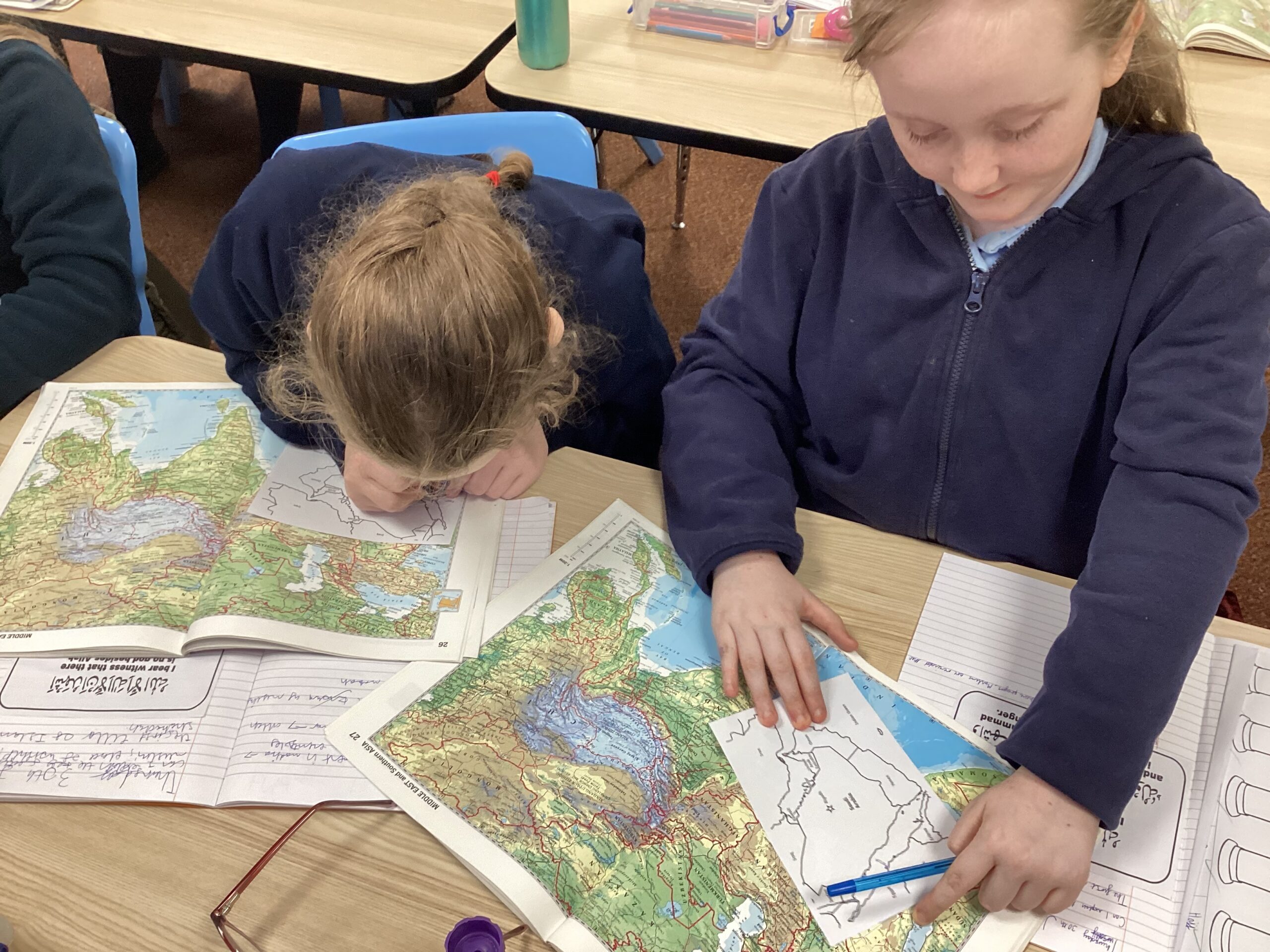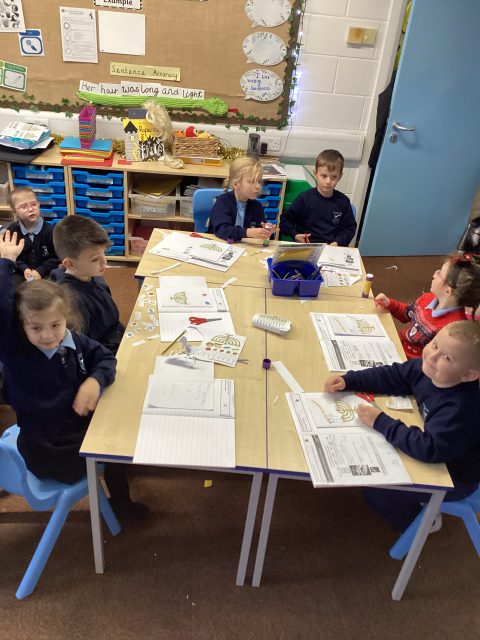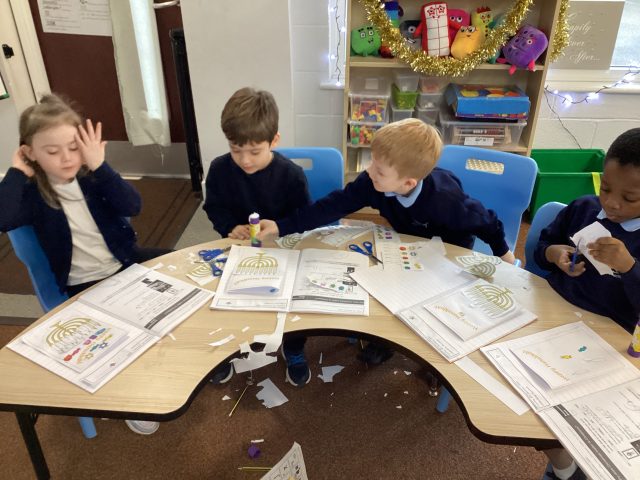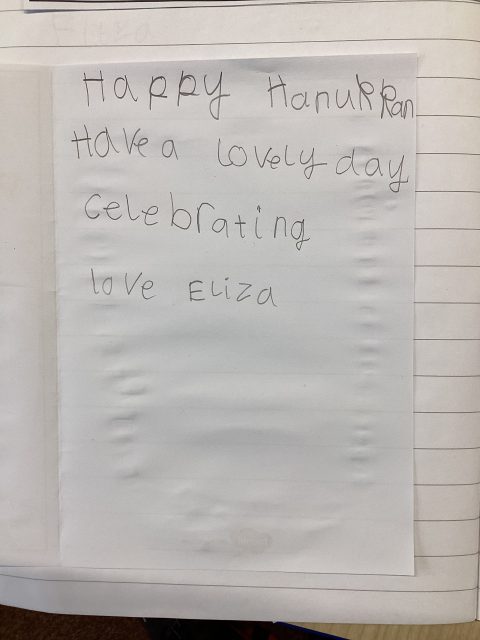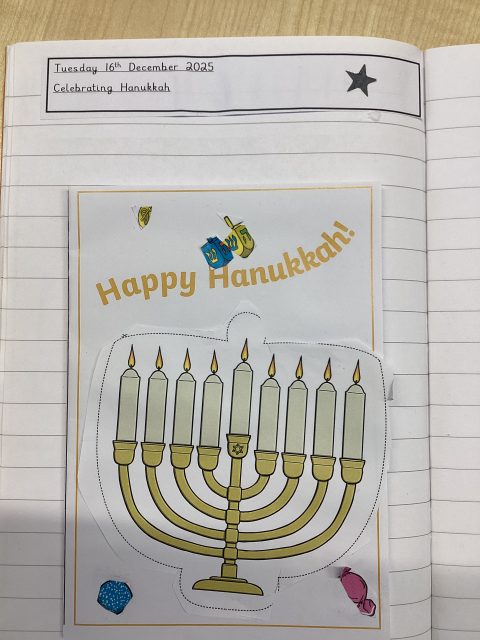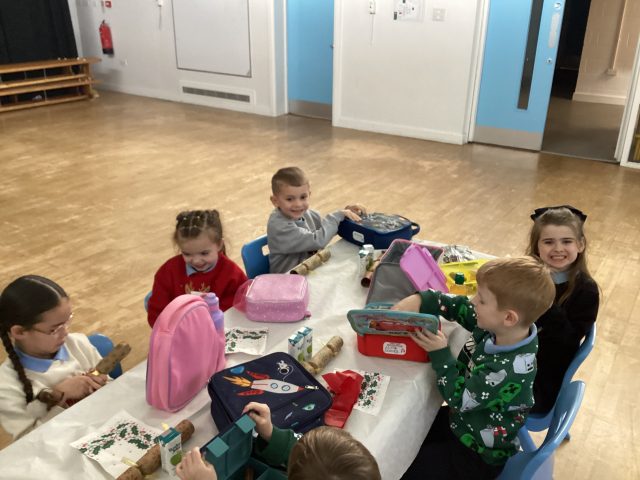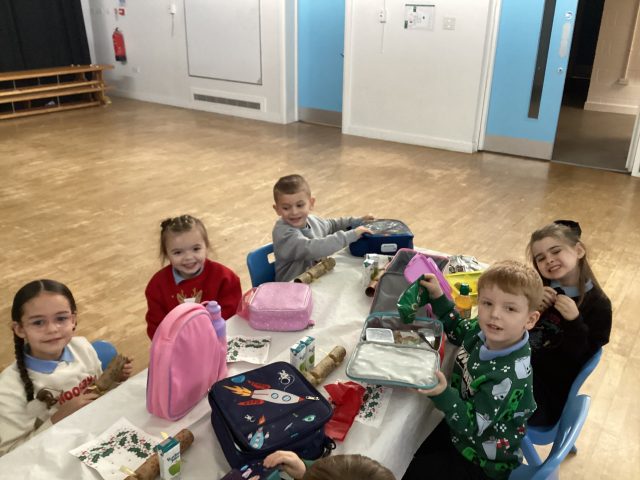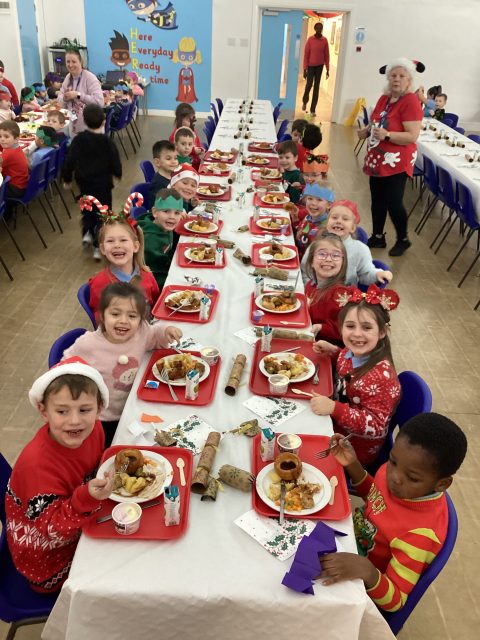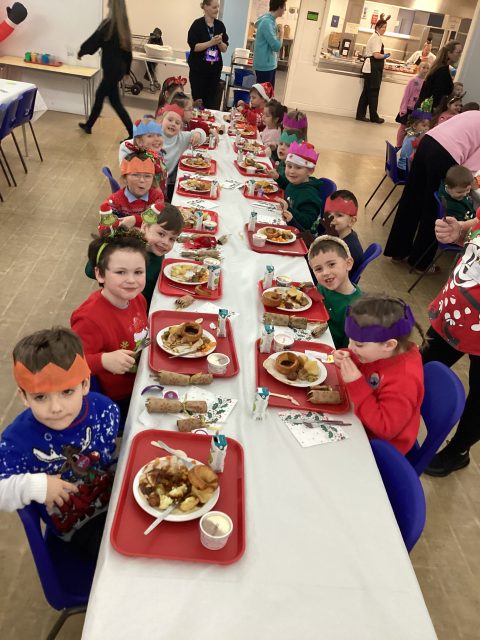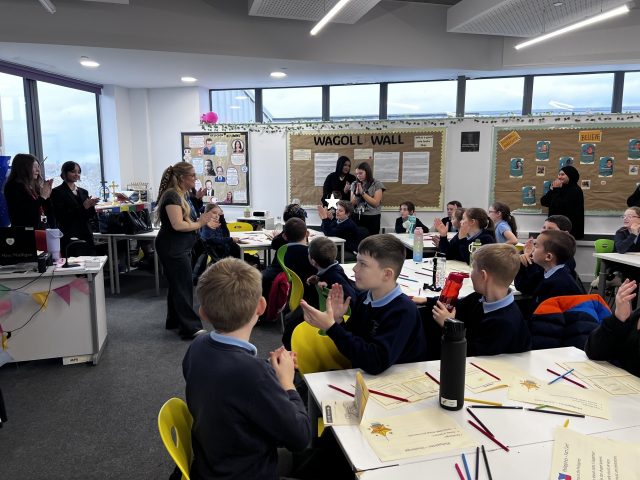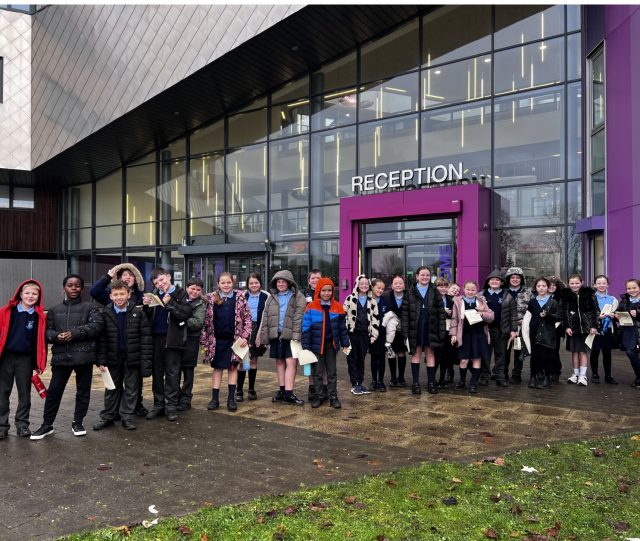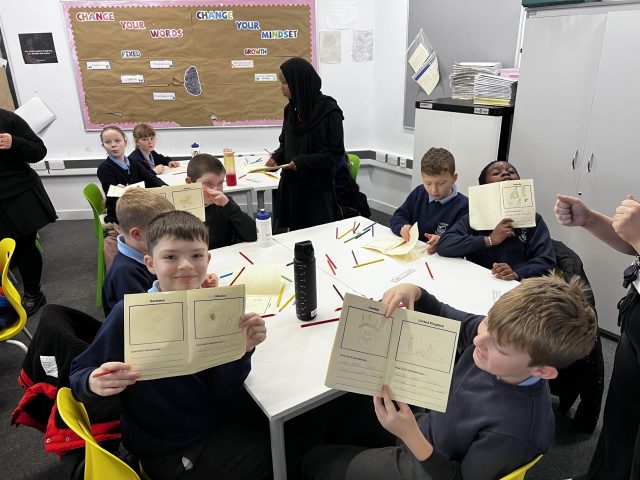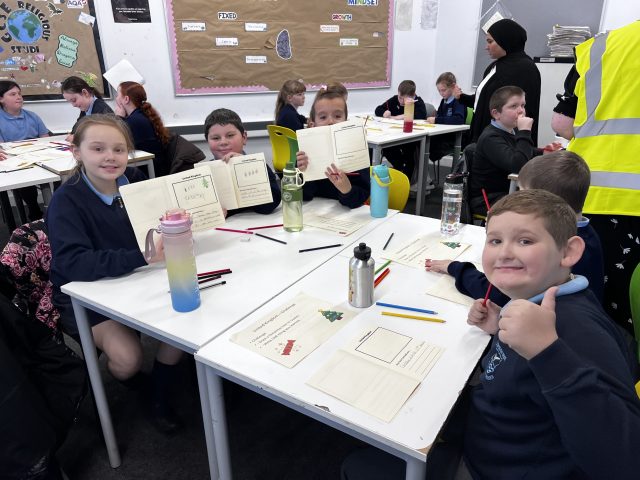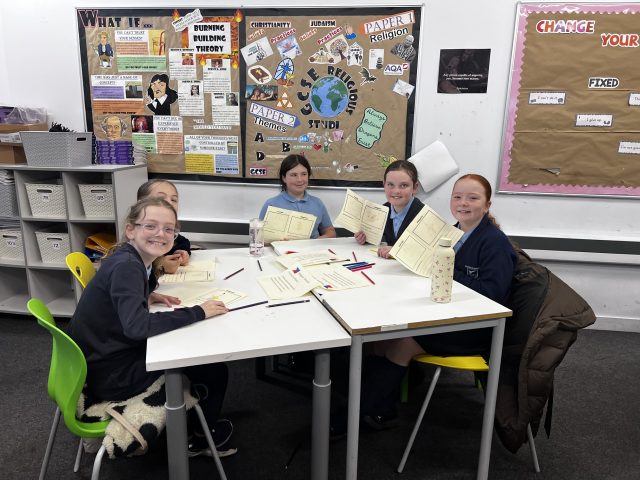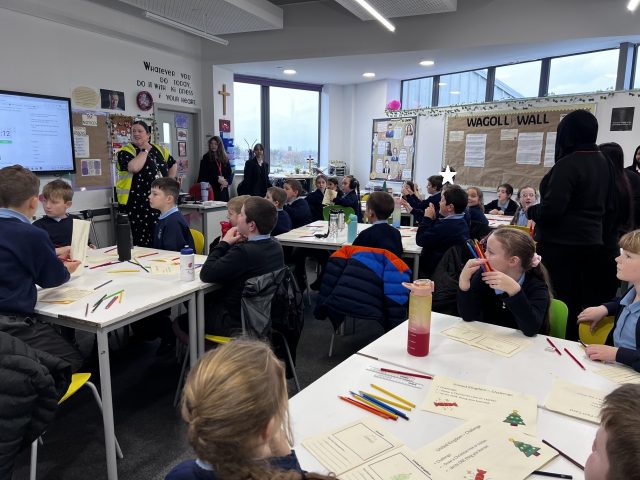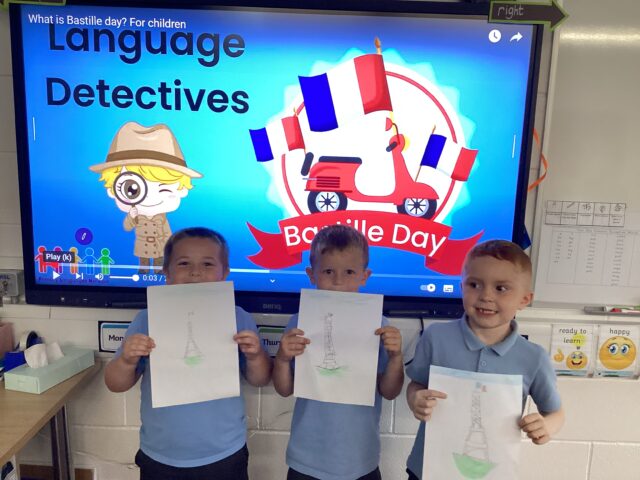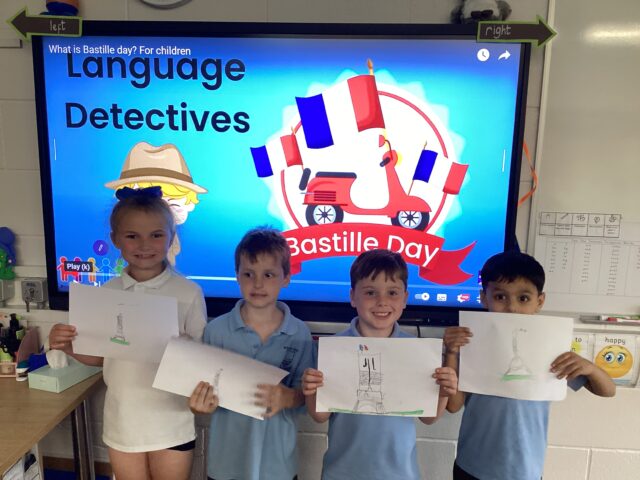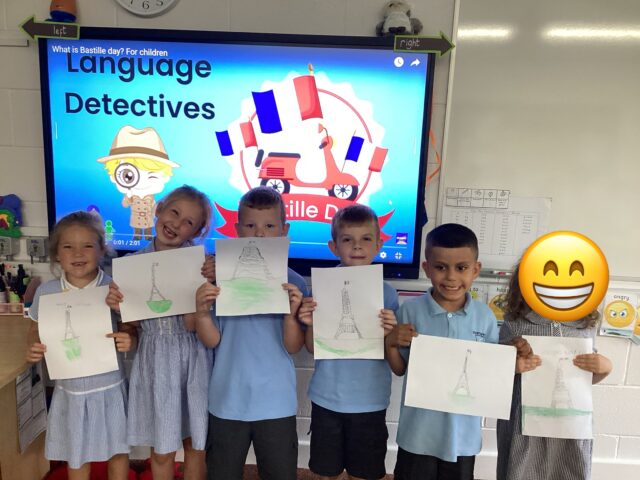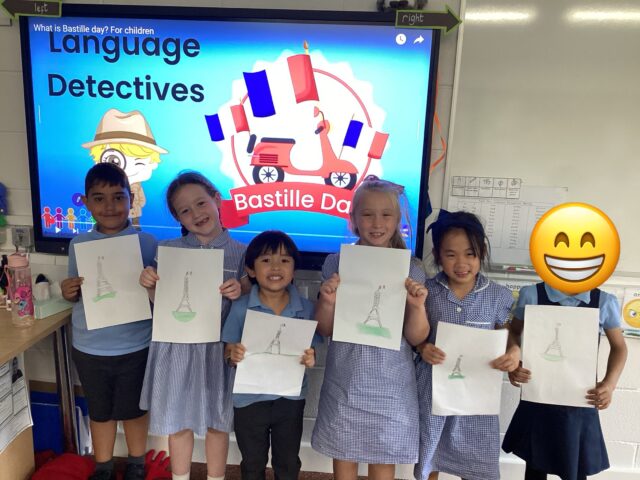RE

Religious Education
Curriculum Intent
We believe that R.E. both supports and strengthens what we aim to do in every aspect of school life. Our caring ethos and the value which we place on the development of the whole child; spiritually, morally, socially, culturally and intellectually, is reflected in the R.E. curriculum.
At Stockton Wood Primary School, we aim to achieve high quality R.E. for all pupils.
R.E. teaching provides pupils with a systematic knowledge and understanding about Christianity, principal religions and other world religions so they can engage in life in an increasingly diverse society.
‘RE explores big questions about life, in order to find out what people believe and what difference this makes to how they live, so that pupils can make sense of religion and worldviews, and reflect on their own ideas and ways of living.’ (Liverpool RE Syllabus)
All pupils:
• know, understand and explore the significance and impact of sacred texts, other sources of wisdom and ways of expressing meaning,
• express ideas and insights about the nature of beliefs, values and practices and their impact upon the identity of individuals and communities,
• recognise and explore the diversity which exists within and between religious traditions,
• express with increasing discernment their personal reflections, critical responses and connections to faith and belief enquiring into philosophical, moral and ethical issues,
• engage with the questions and answers offered by religions and worldviews concerning ultimate questions and human responsibility,
• develop the skills required to engage with others in dialogue and to cooperate in society with respect and compassion.
Curriculum Implementation
At Stockton Wood Primary School, we follow the Liverpool Agreed Syllabus and use the RE Today scheme of work to support our delivery of lessons.
We use a combination of teaching R.E. through celebration of special days of the different world faiths and as a discrete subject.
From Reception classes to Year 6 pupils:
• follow a coherent and systematic study of the principal religion of Christianity across each key stage,
• are introduced to the other principal religions represented in Great Britain by the end of key stage 2.
Throughout K.S.1 and K.S.2, children visit a variety of places of worship and have the opportunity to talk to and listening to, people from a variety of faith groups who live in the wider community.
E.Y.F.S.:
In Reception, six key questions from the Liverpool SACRE are addressed each year and supported by the RE Today scheme of work.
Which stories are special and why? Which people are special and why? Which places are special and why? Which times are special and why? Where do we belong? What is special about our world?
RE sits very firmly within the areas of personal, social and emotional development and understanding the world. They will begin to understand and value the differences of individuals and groups within their own immediate community. Children will have opportunity to develop their emerging moral and cultural awareness.
Foundation Stage also mark multi-faith celebrations with the whole school.
Curriculum Impact
The children at our school are able to enjoy learning about other religions and exploring the big questions about life, death and everything in between.
We widen the children’s learning, celebrate diversity and promote community cohesion through an understanding of all faiths.
Religious Education policy September 2025
RE Chatter

Rakhi Bracelets
Today in RE we have been learning all about where we belong. Today we have been learning about the Hindu festival Raksha Bandhan. We even made our own Rakhi Bracelets to show our love. 💎
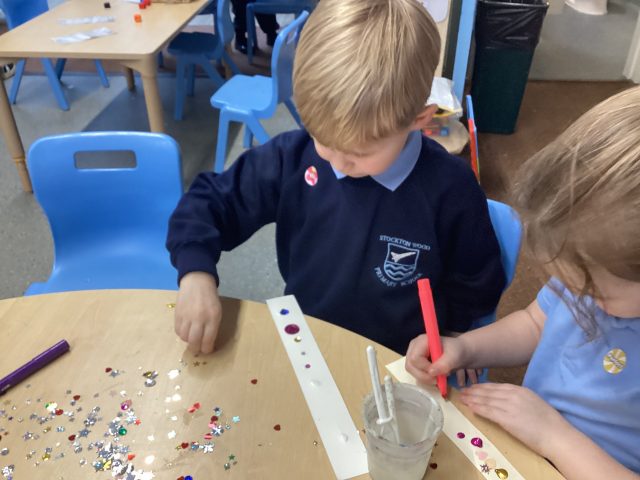
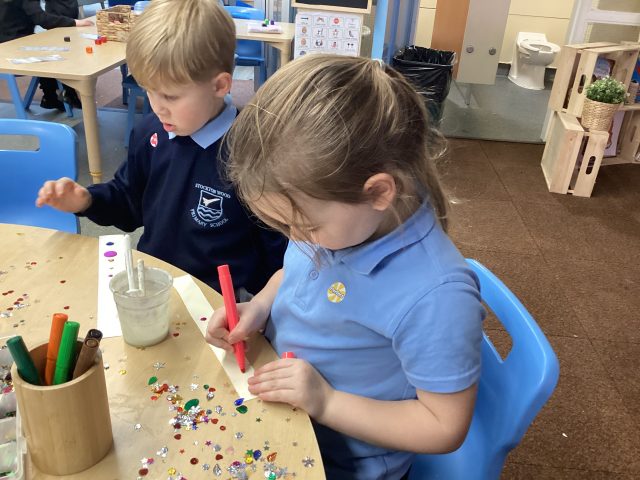
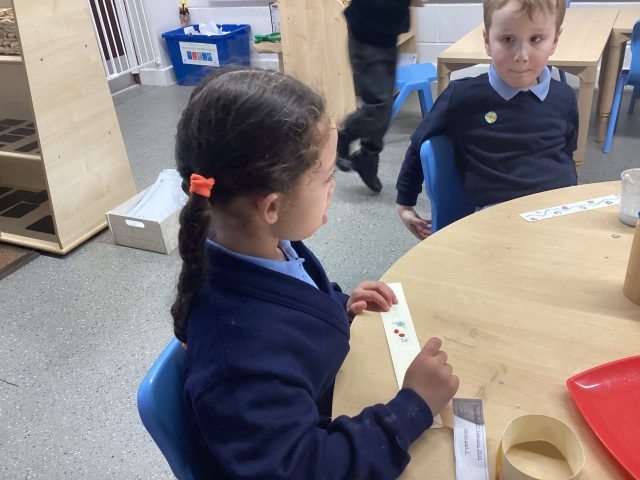
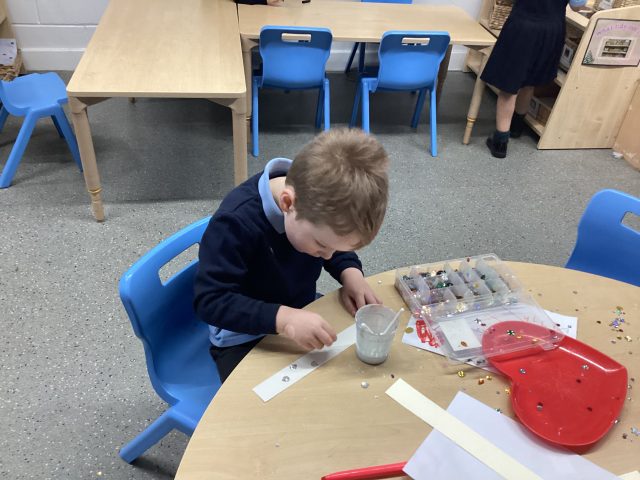
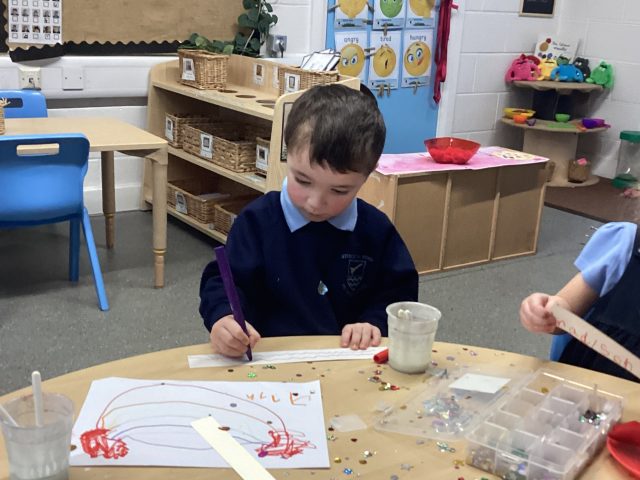
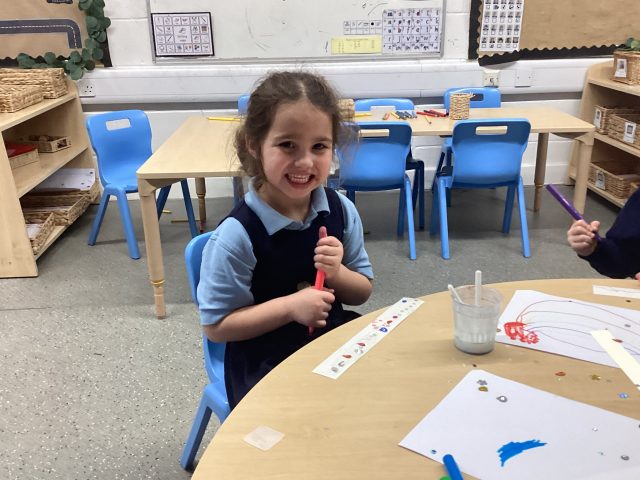
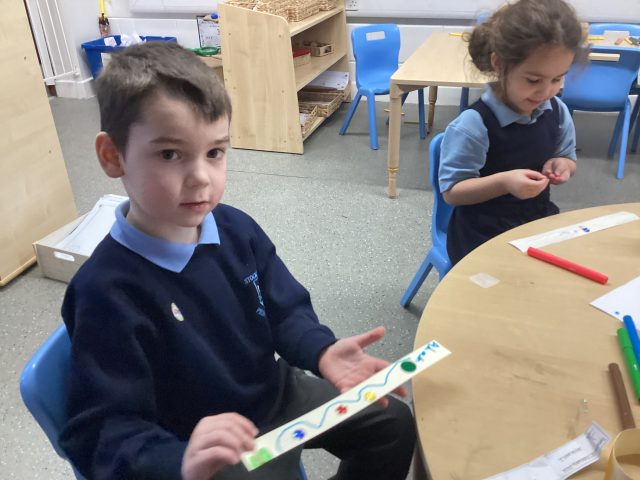
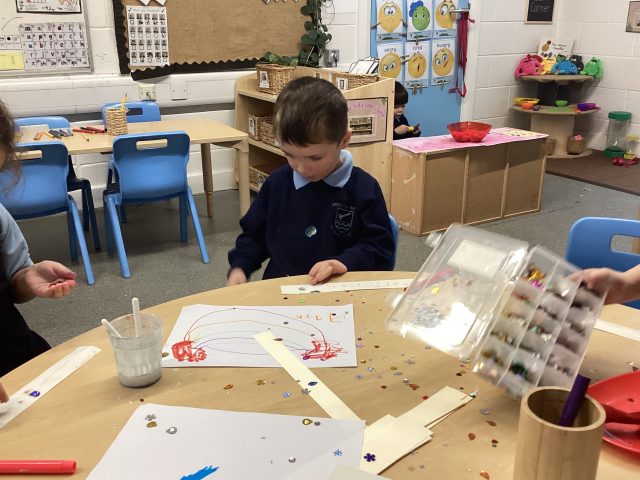
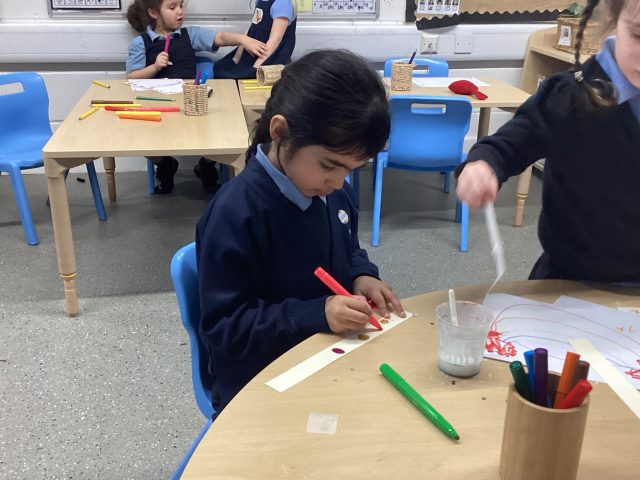
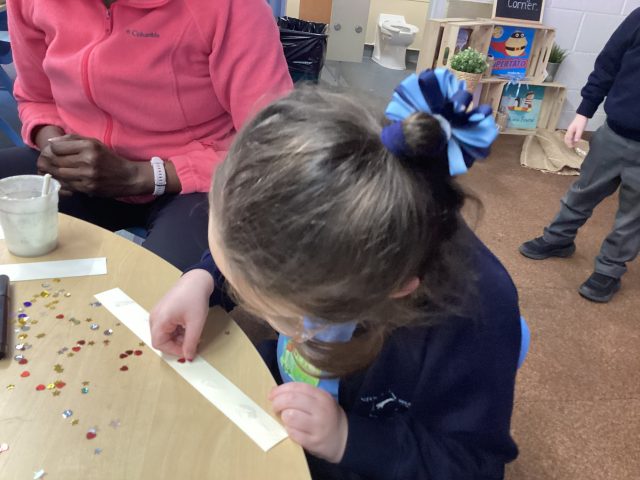
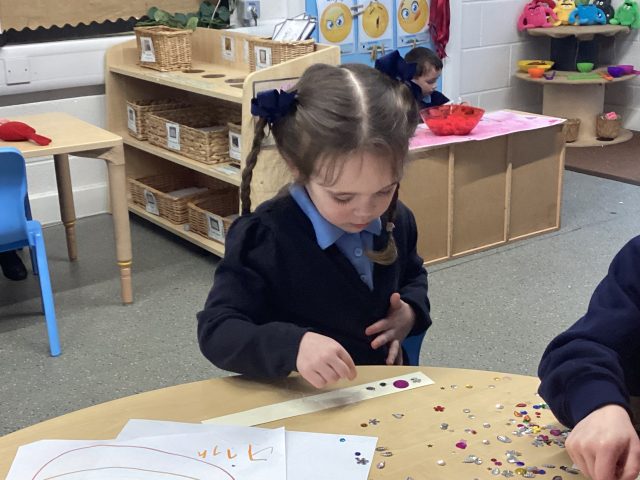
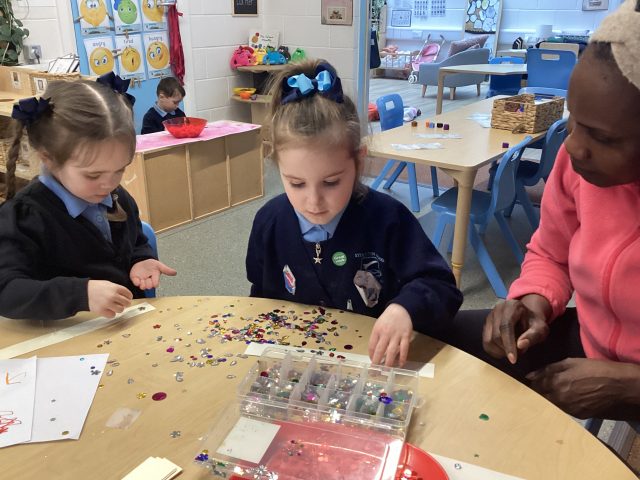
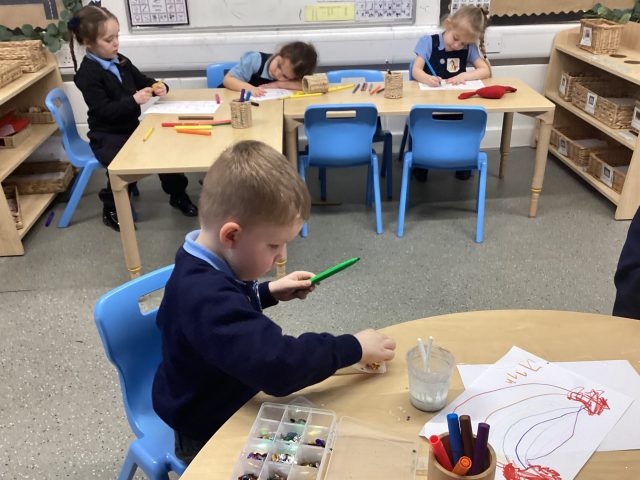
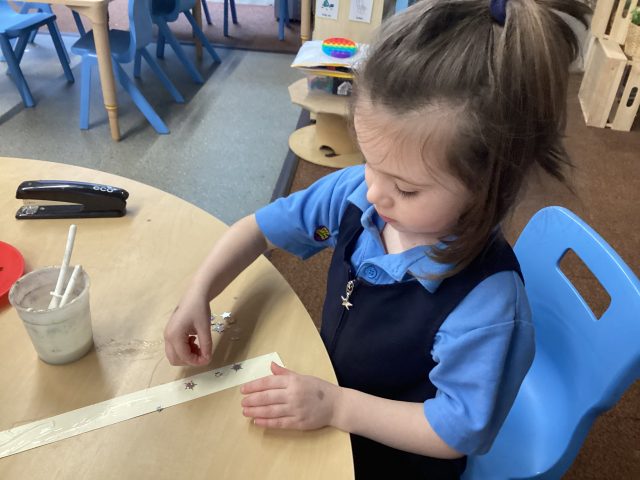
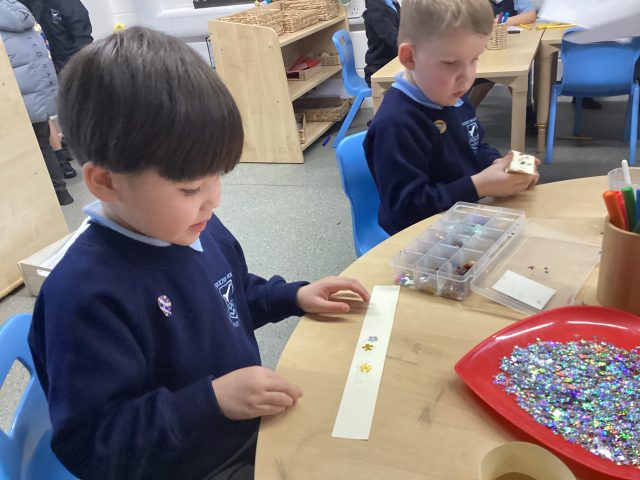
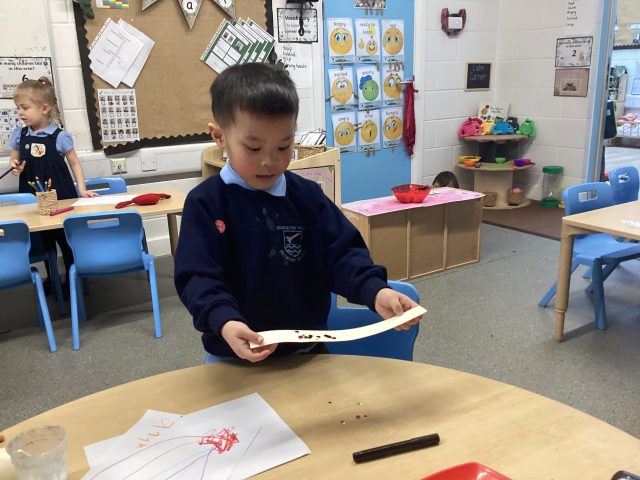

Shrove Tuesday
Today Reception learnt all about the Christian celebration of Shrove Tuesday. We learnt that next Tuesday Christians might celebrate Shrove Tuesday by making pancakes to mark the beginning of lent. Today we made our own pancakes using; chocolate, lemon, sugar, syrup and banana. We used a knife to spread the chocolate and syrup and to cut the banana.
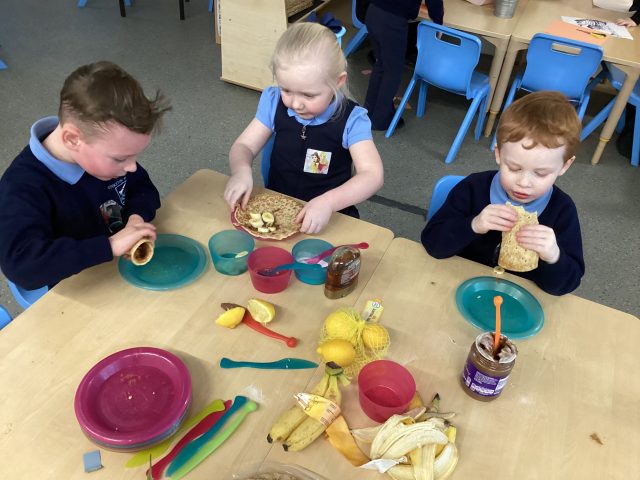
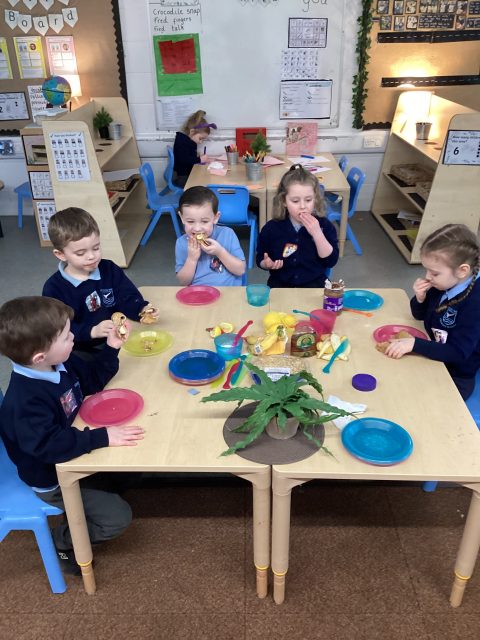
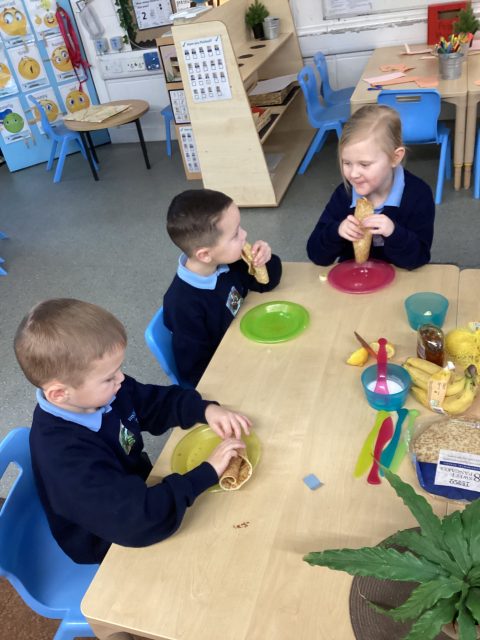
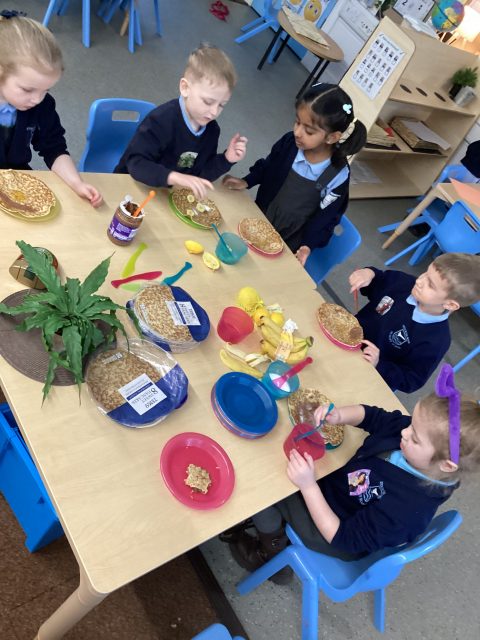

RE
This week Reception have explored baptisms. We have discussed what a baptism is and what happens during a baptism. The children recreated a baptism in class.
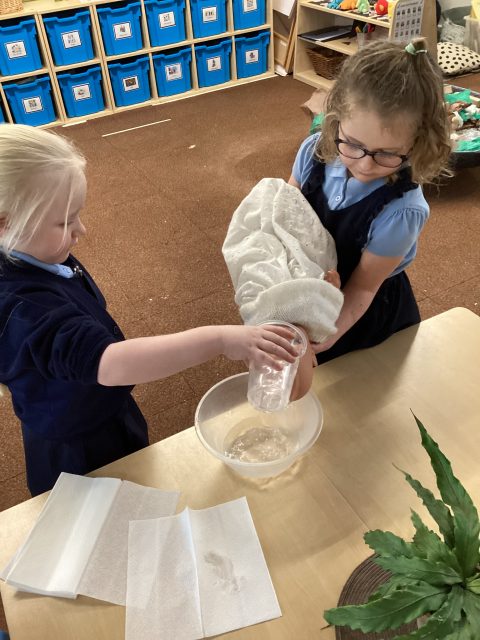
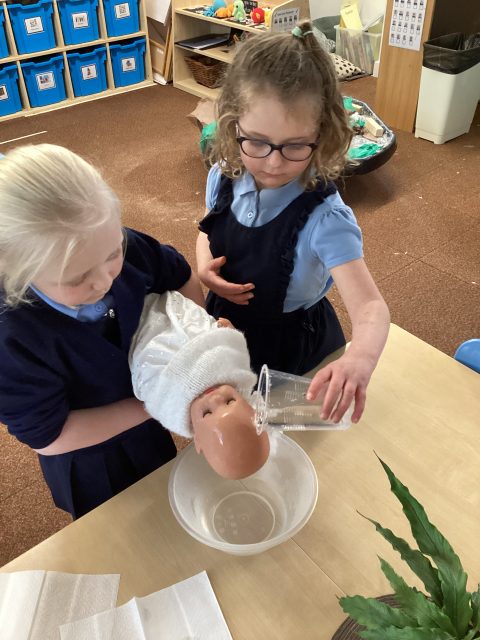
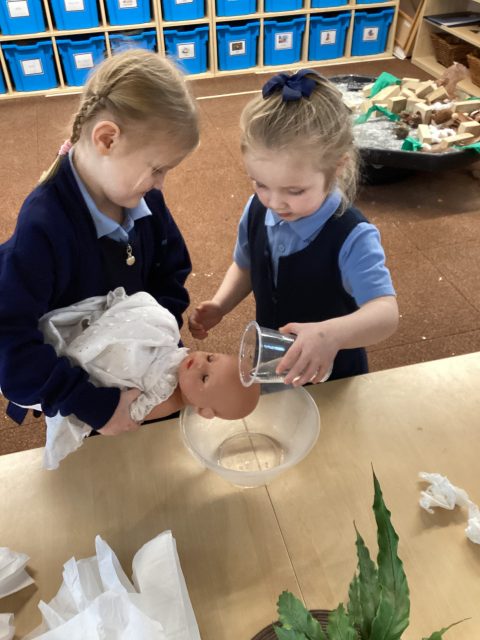
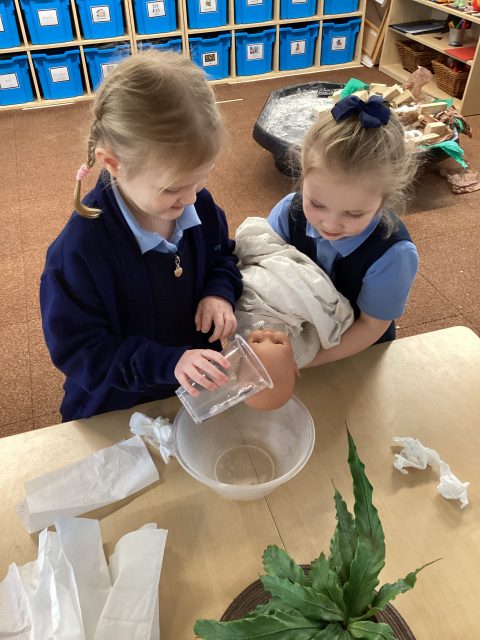
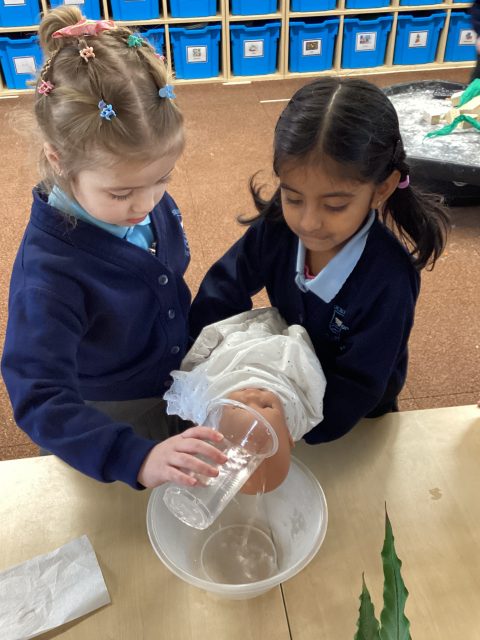
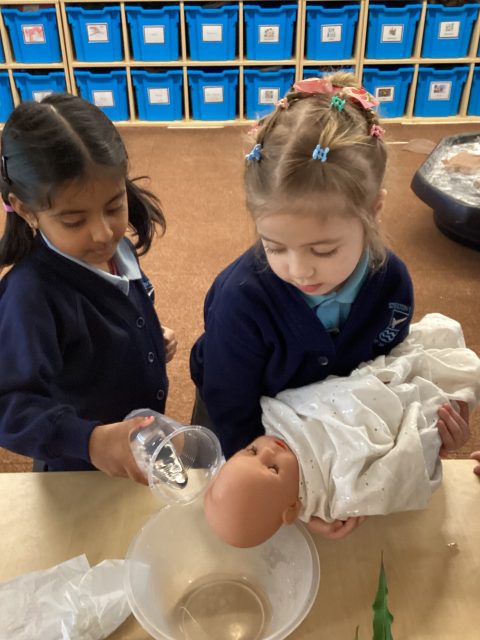
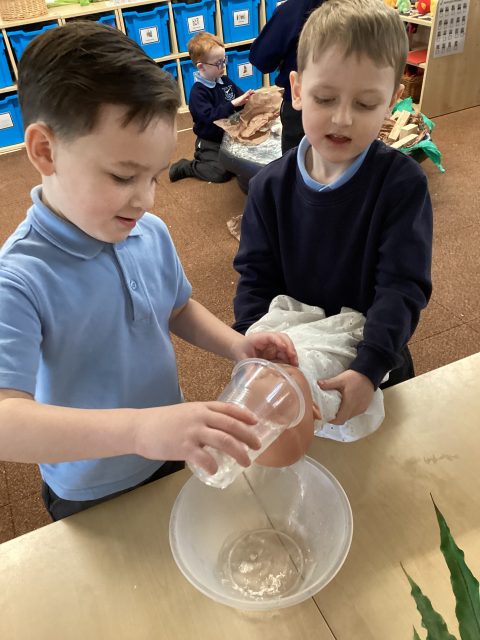
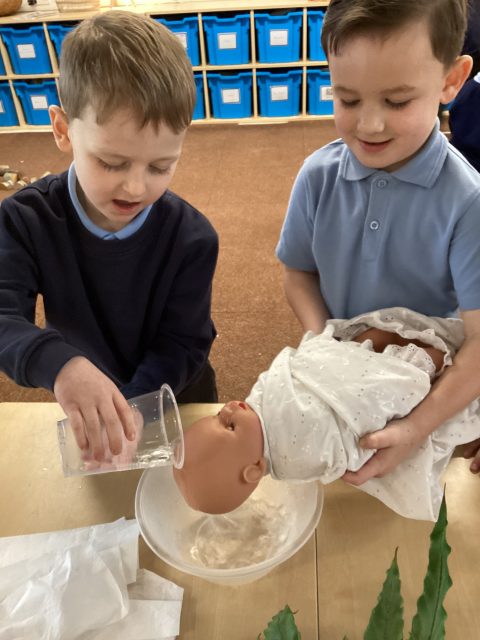
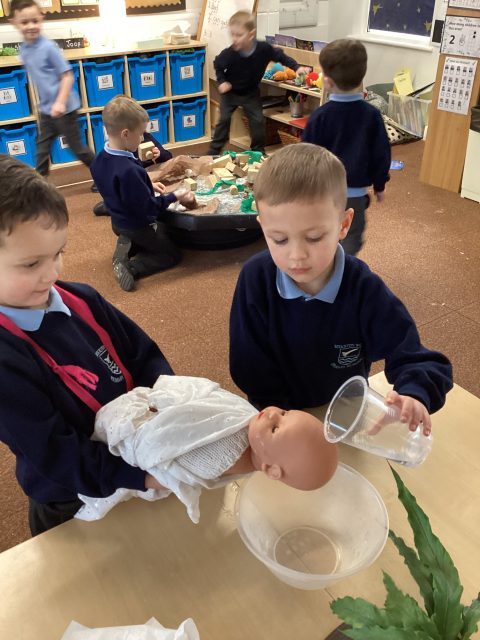
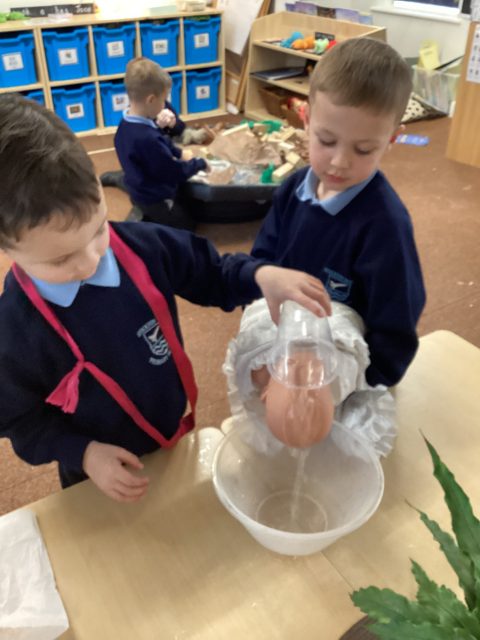
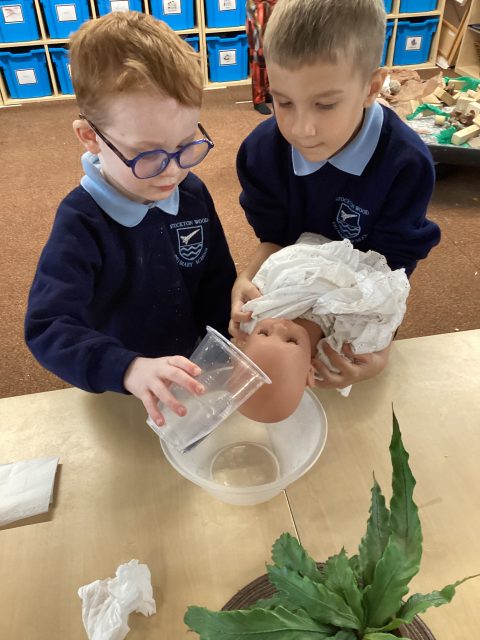
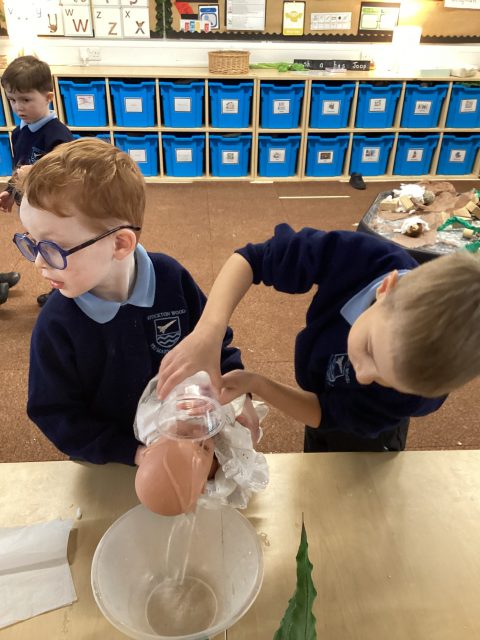
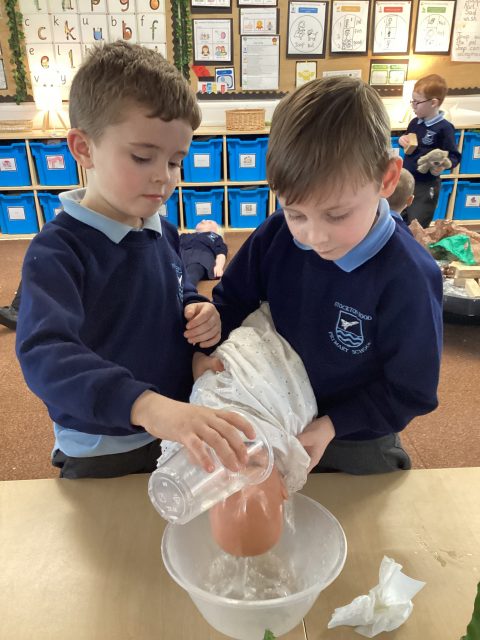
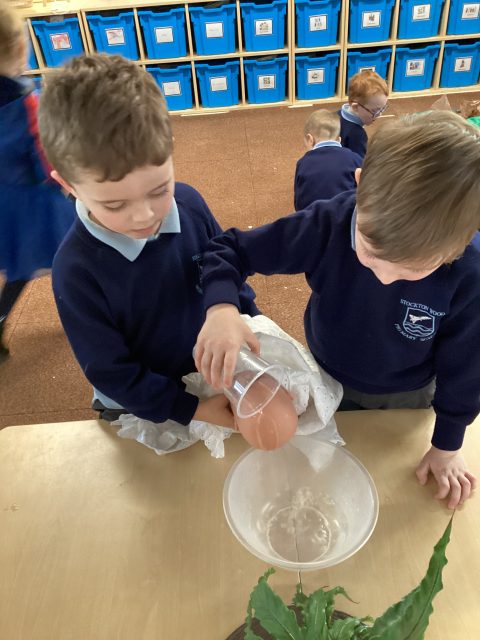

School Council – Liverpool Cathedral
Our children attended Liverpool Anglican Cathedral to celebrate a fun and interactive Christingle service. Although this took place later than Christmas, the service was held as a fundraising event in support of The Children”s Society, helping to raise money for their important work with young people and families. As always, our children made us proud.
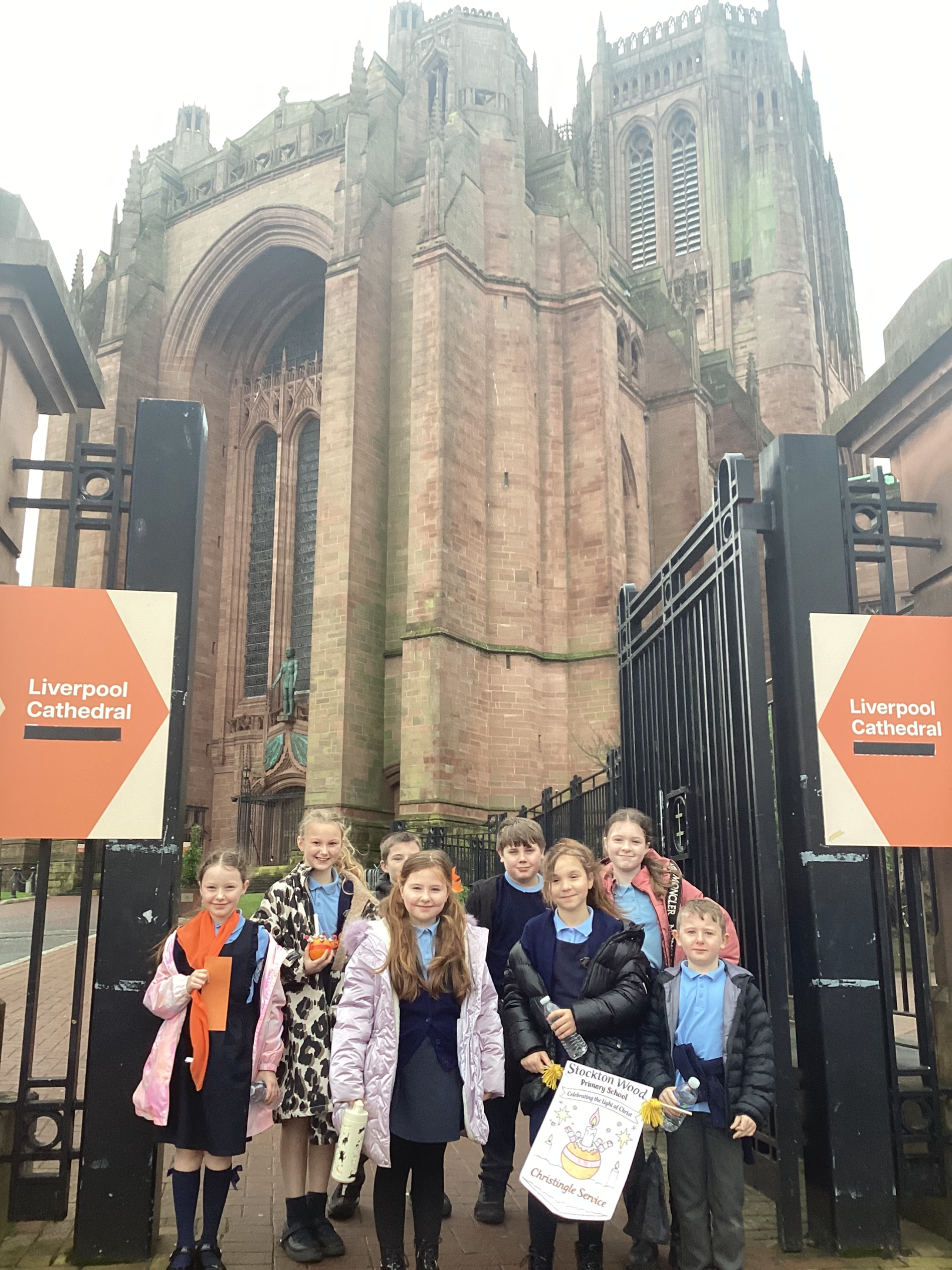
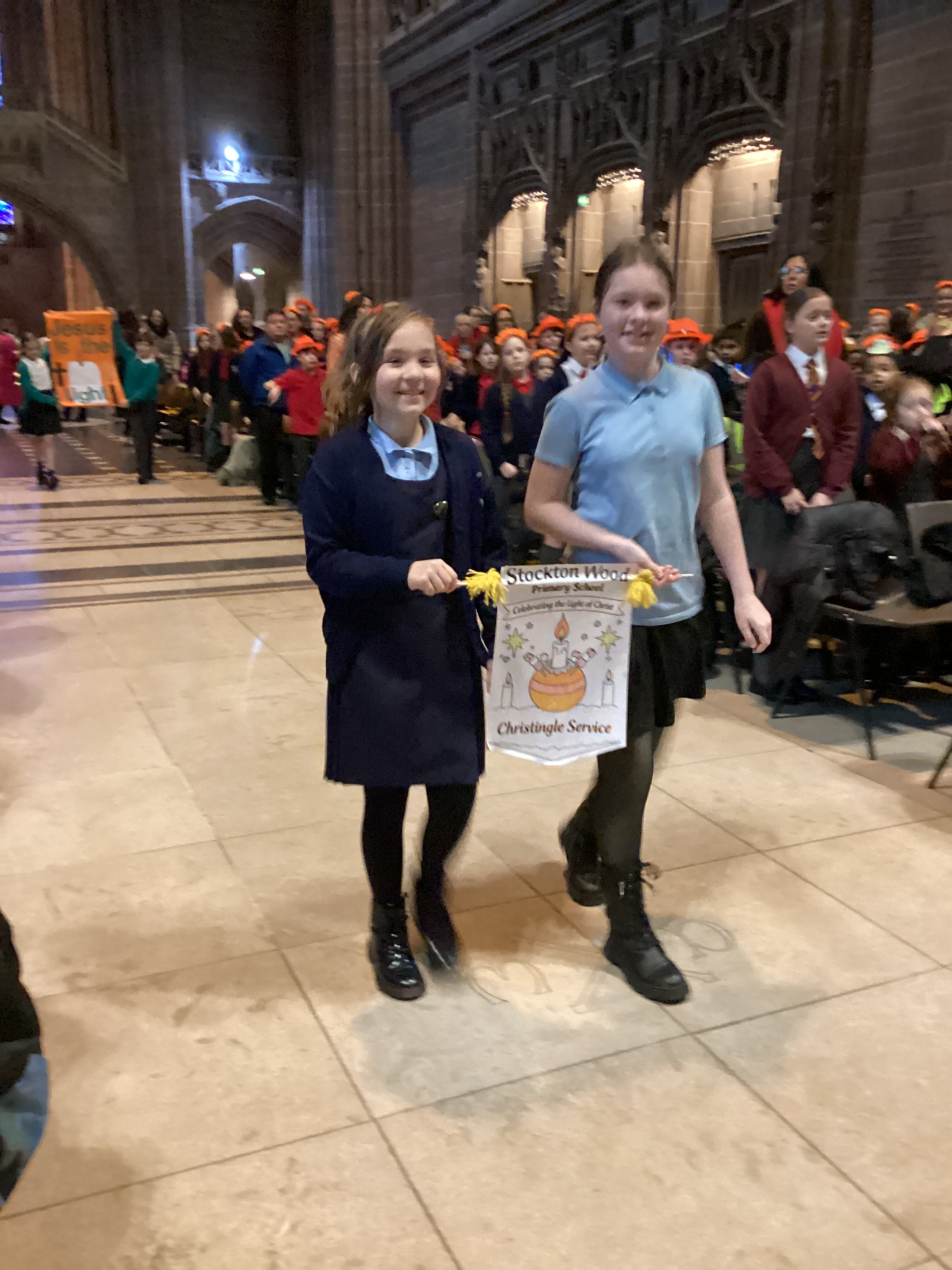
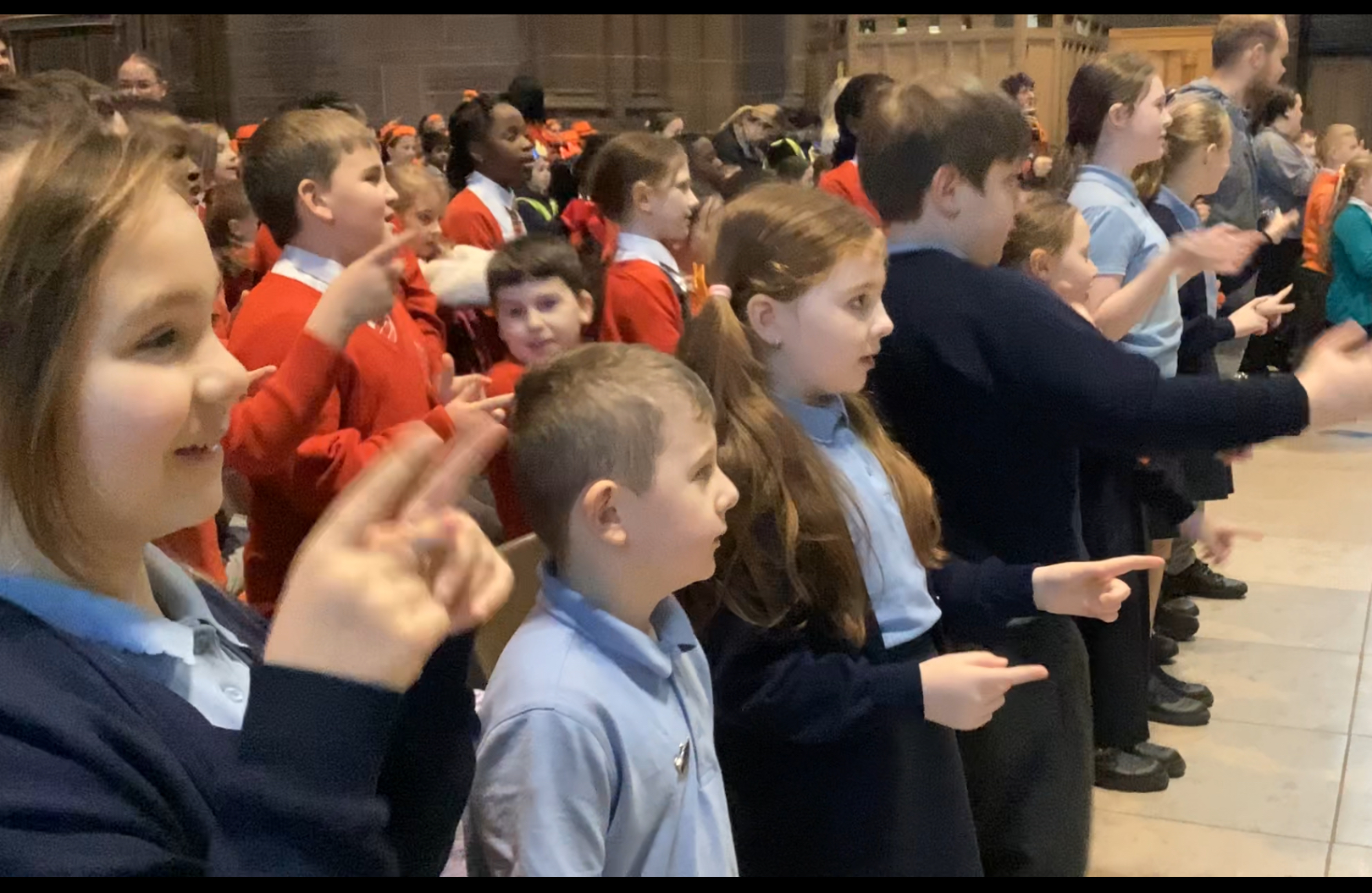
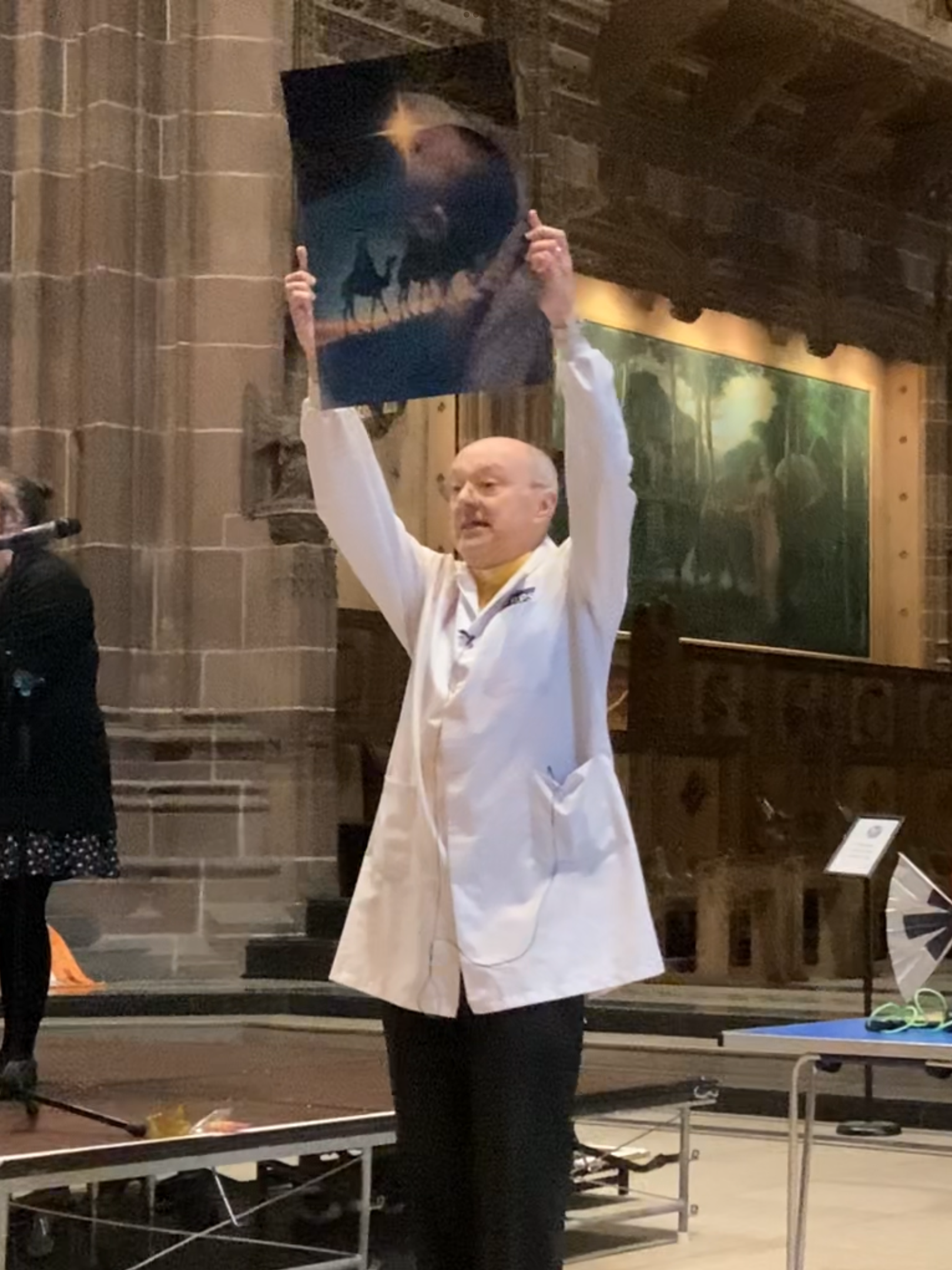

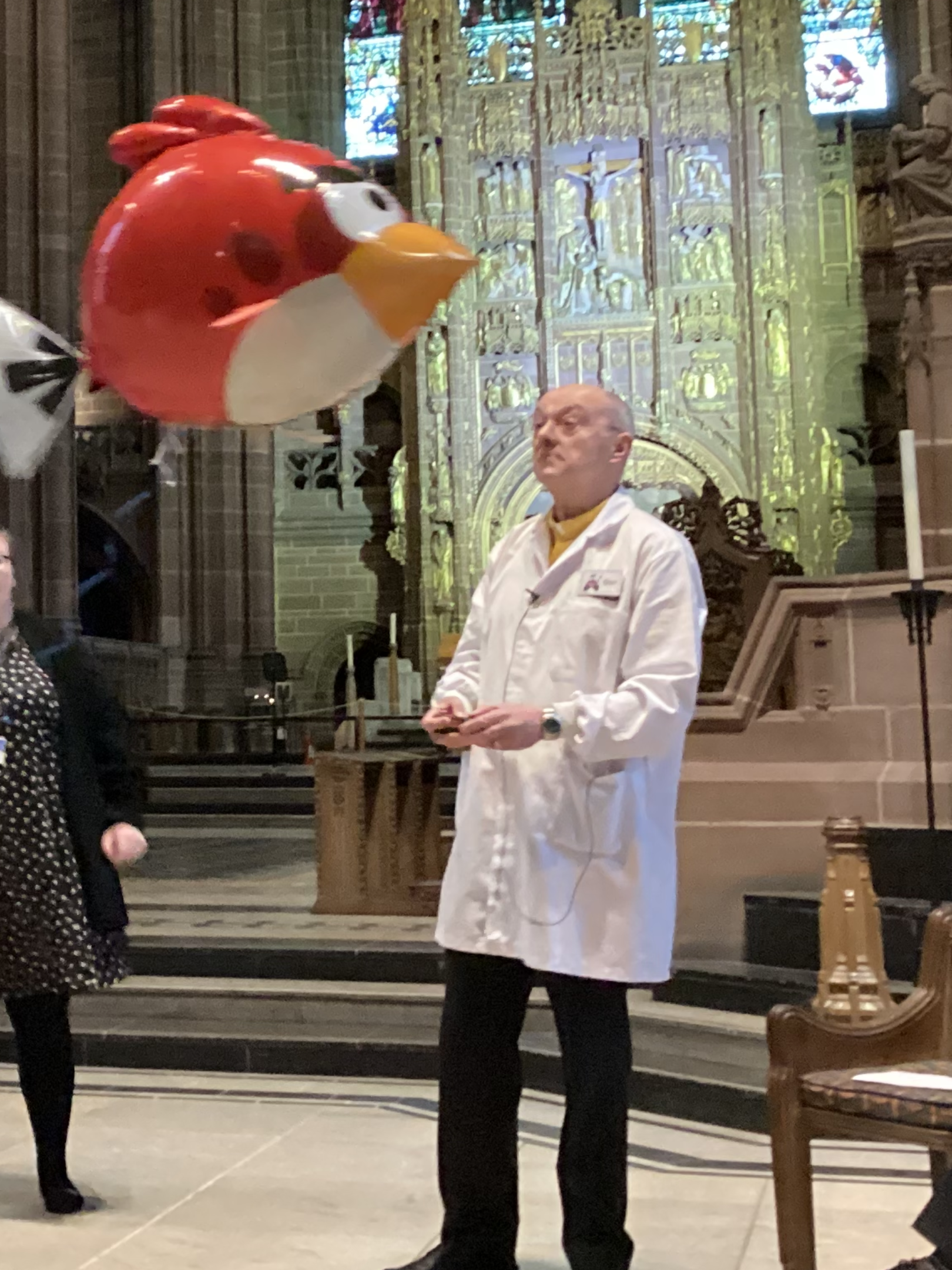
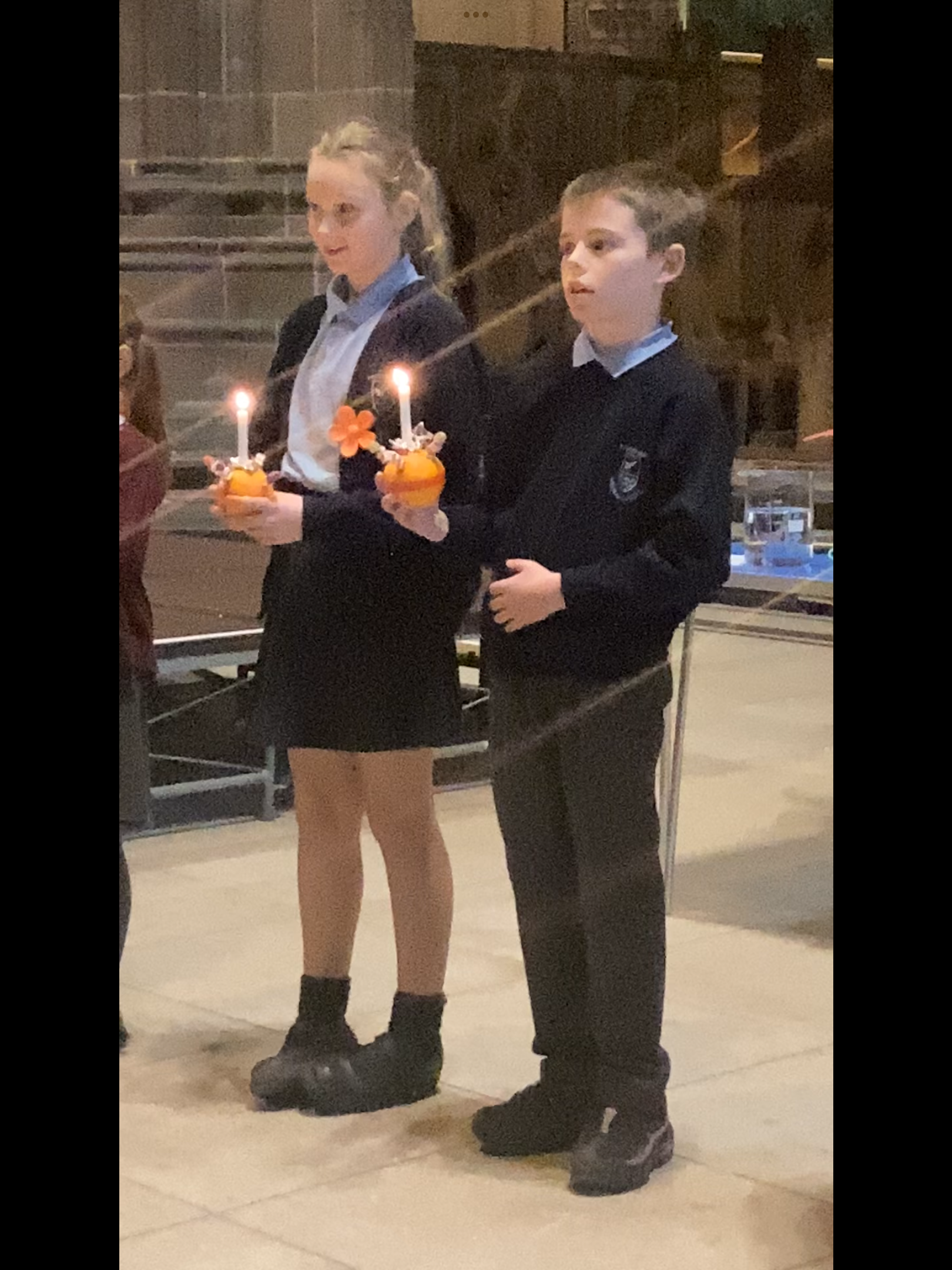
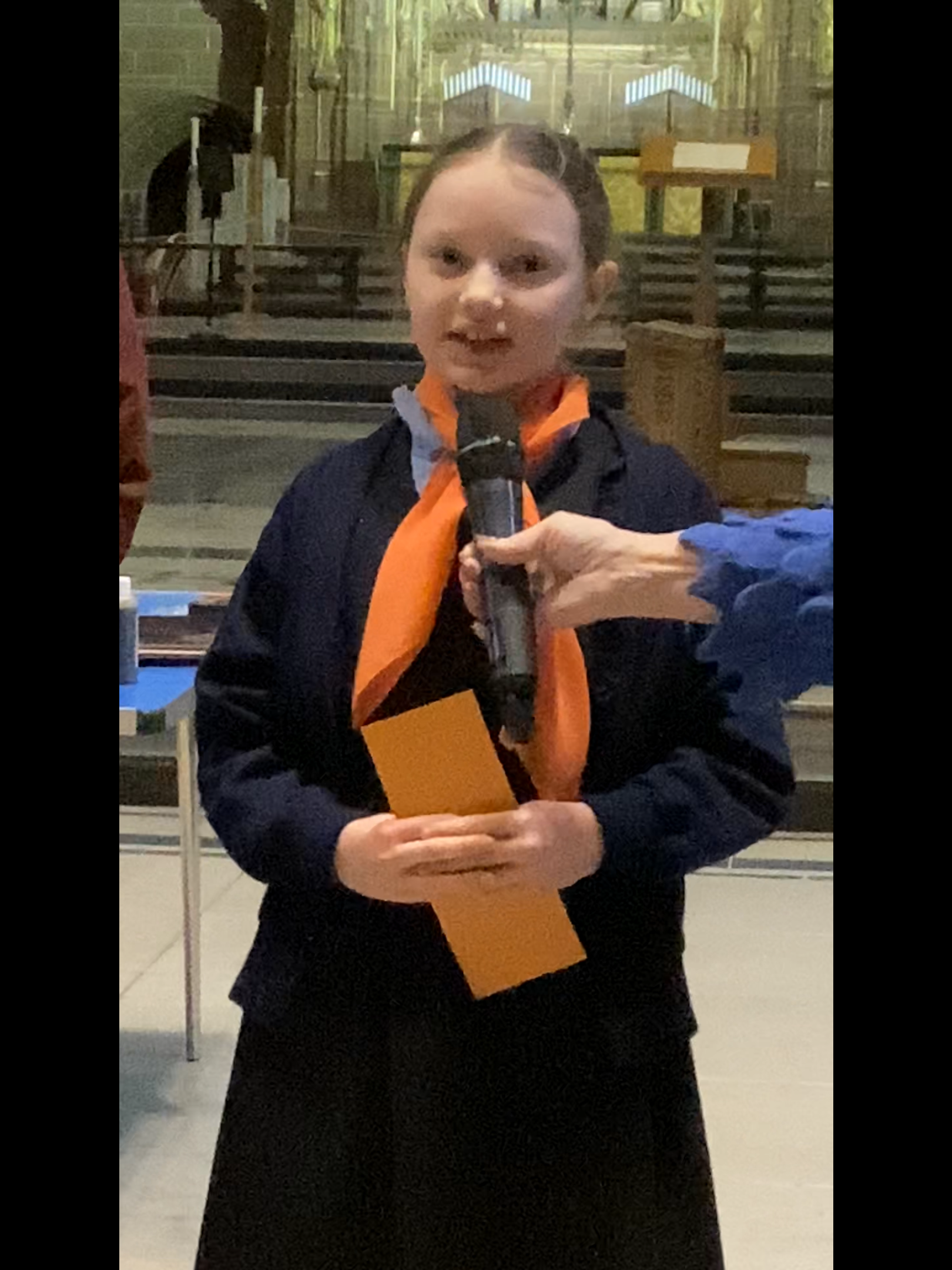
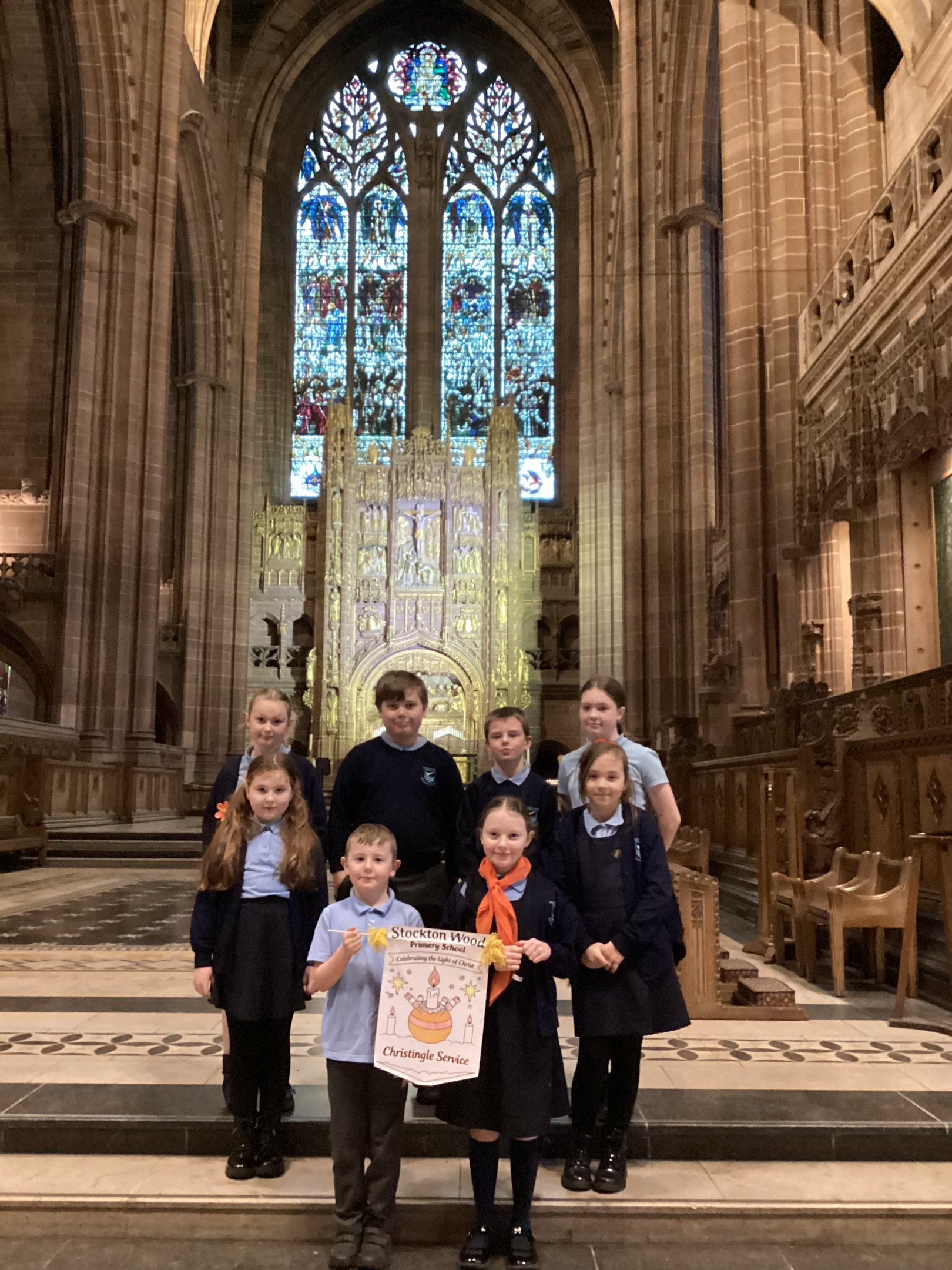

Year 6 – Retrieval through a silent conversation.
Firstly, we wrote down any thoughts or questions that we had about the image / word, relating to Hinduism, on the paper.
Then, we had to think about what others had written, and if anyone had an answer or contribution, they could add it as a response.
Finally, we broke the silence and discussed the importance of each image or word, in the life of a Hindu.
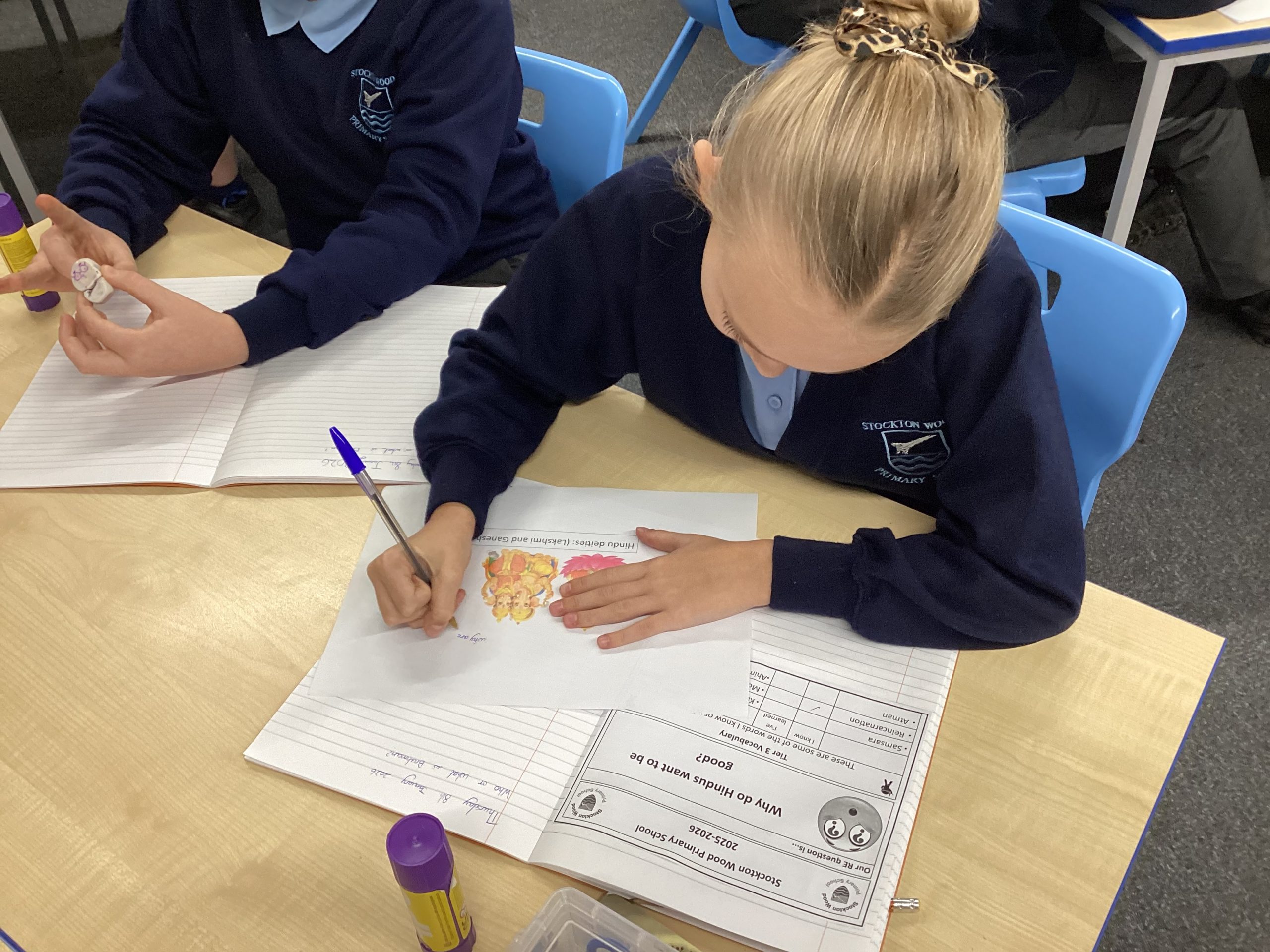
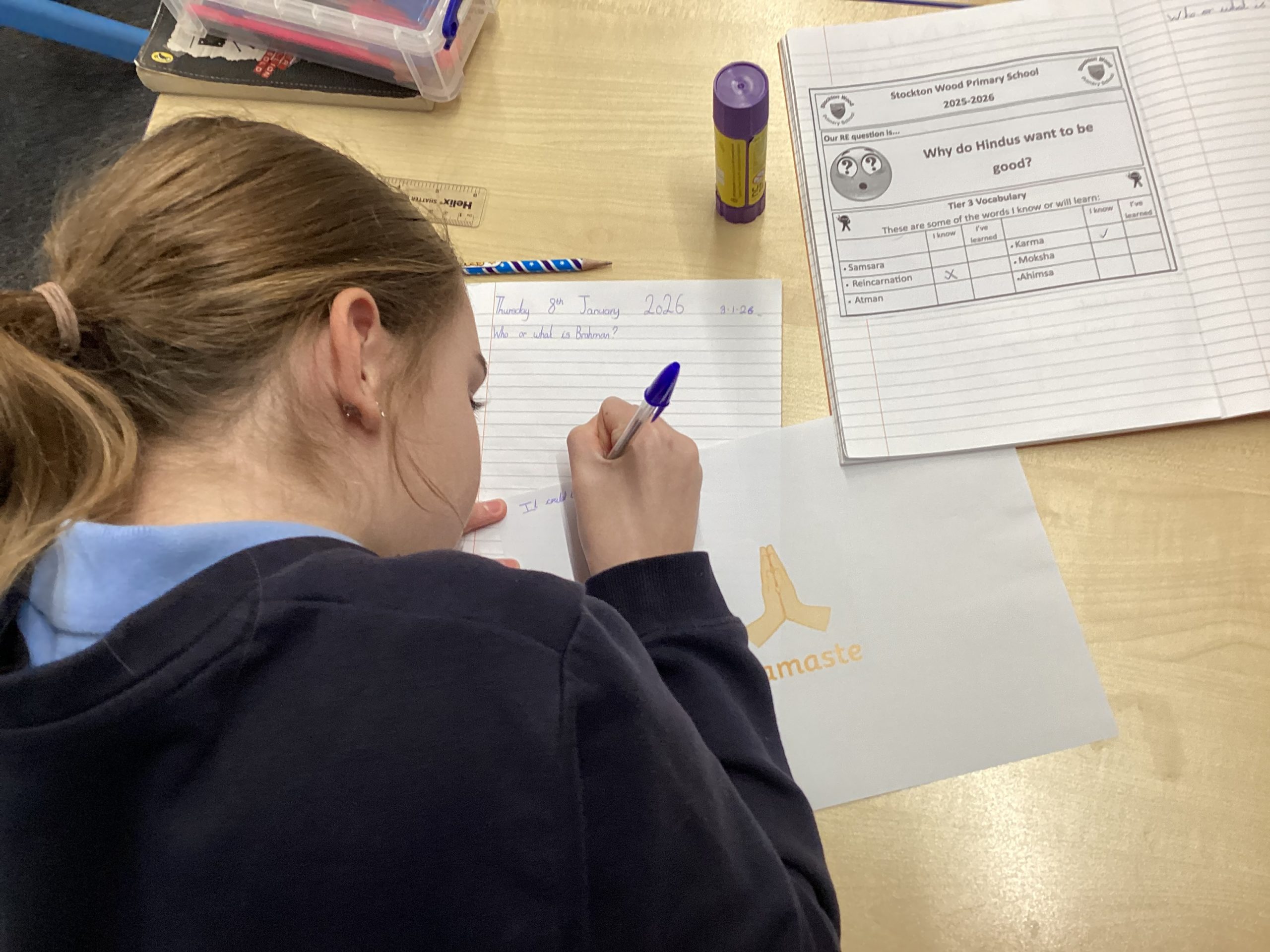
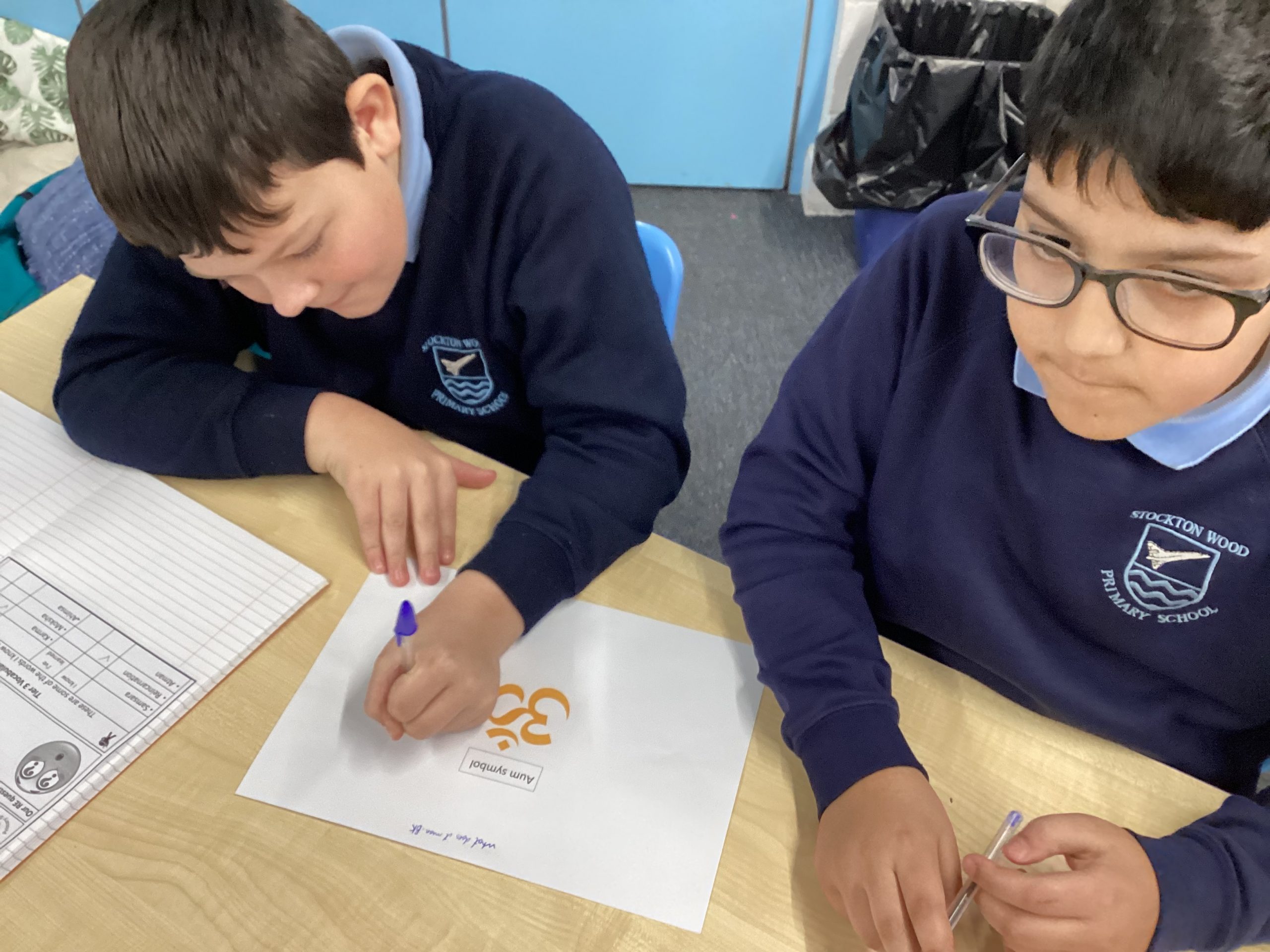
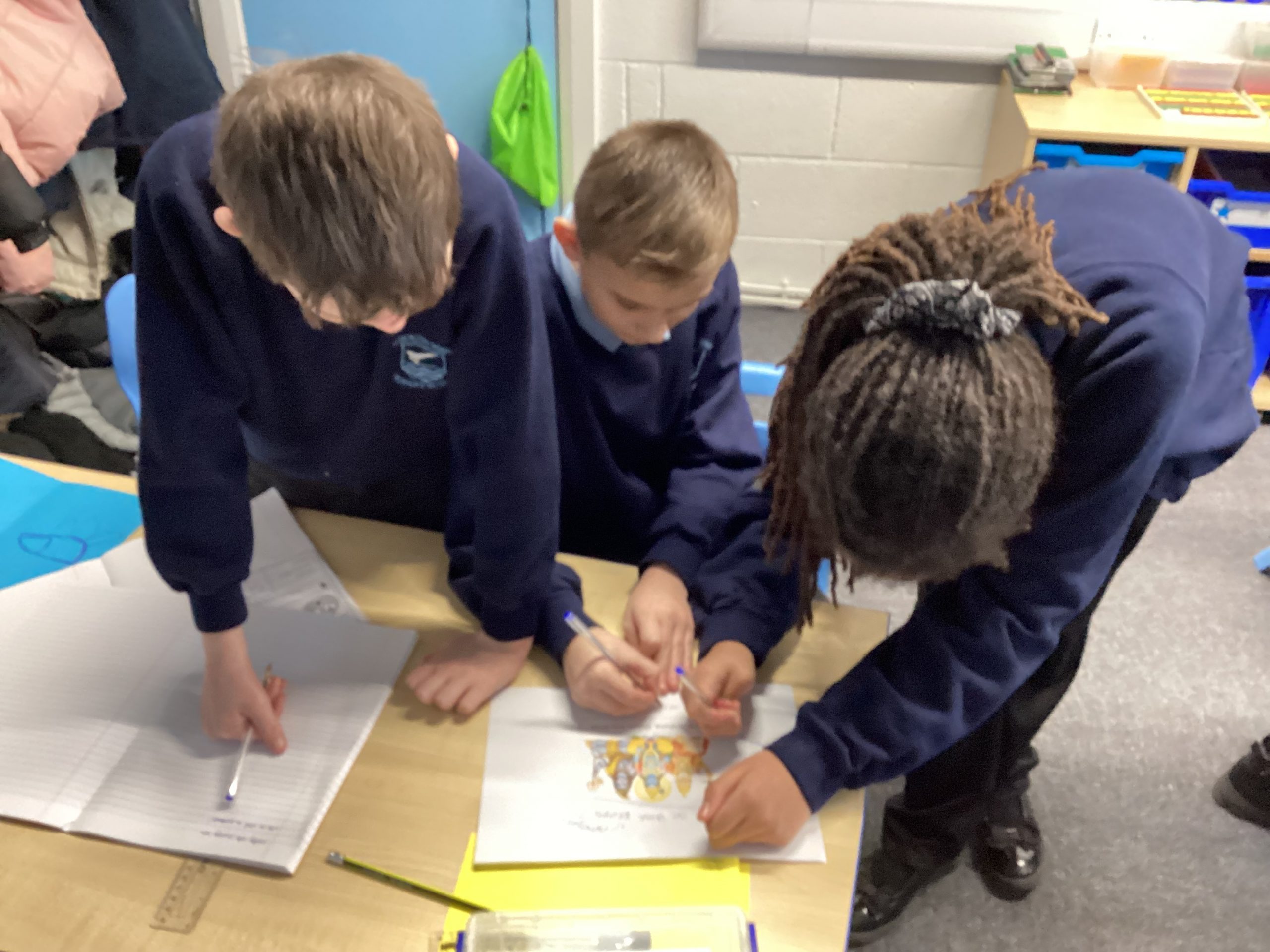
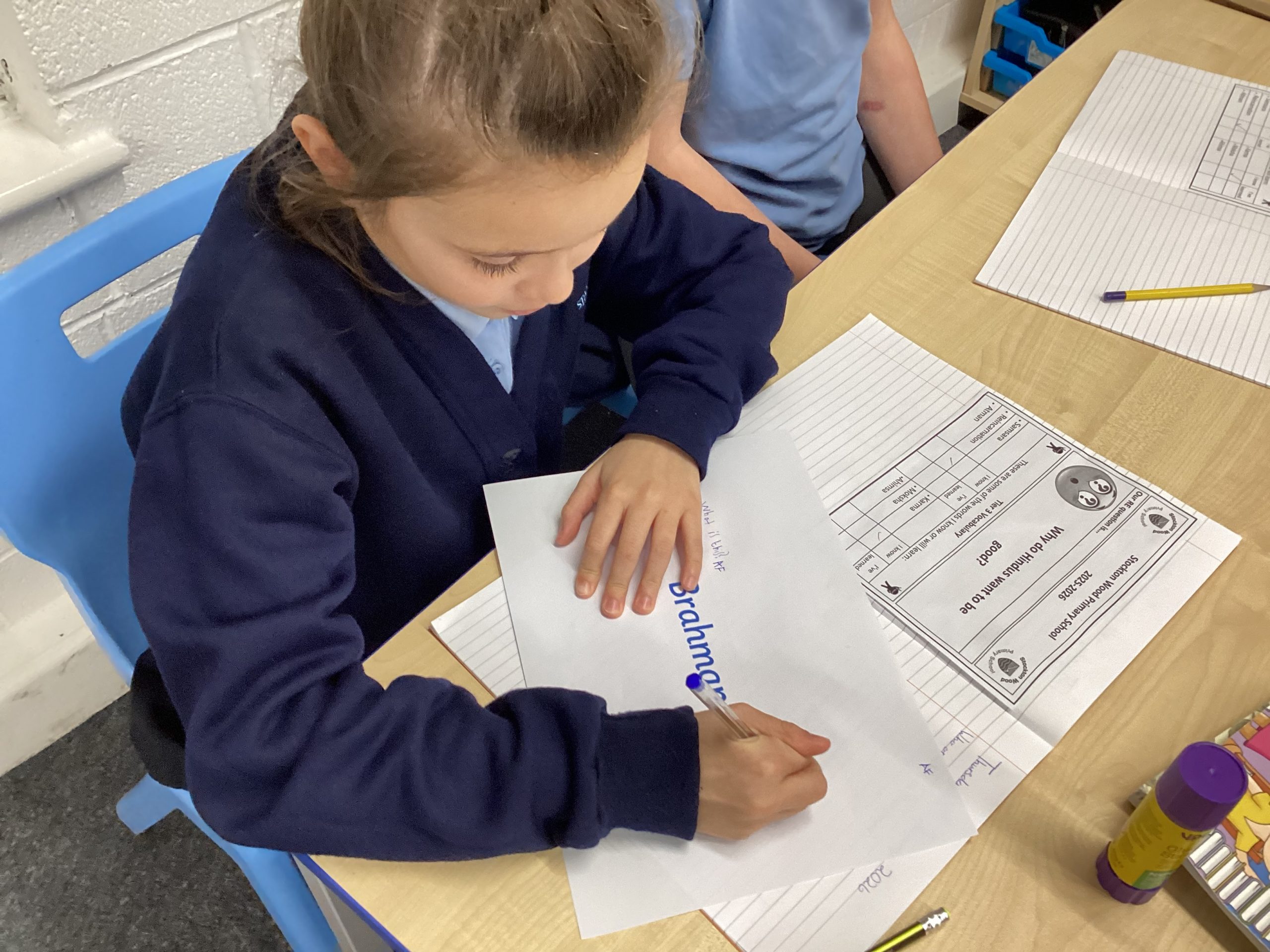
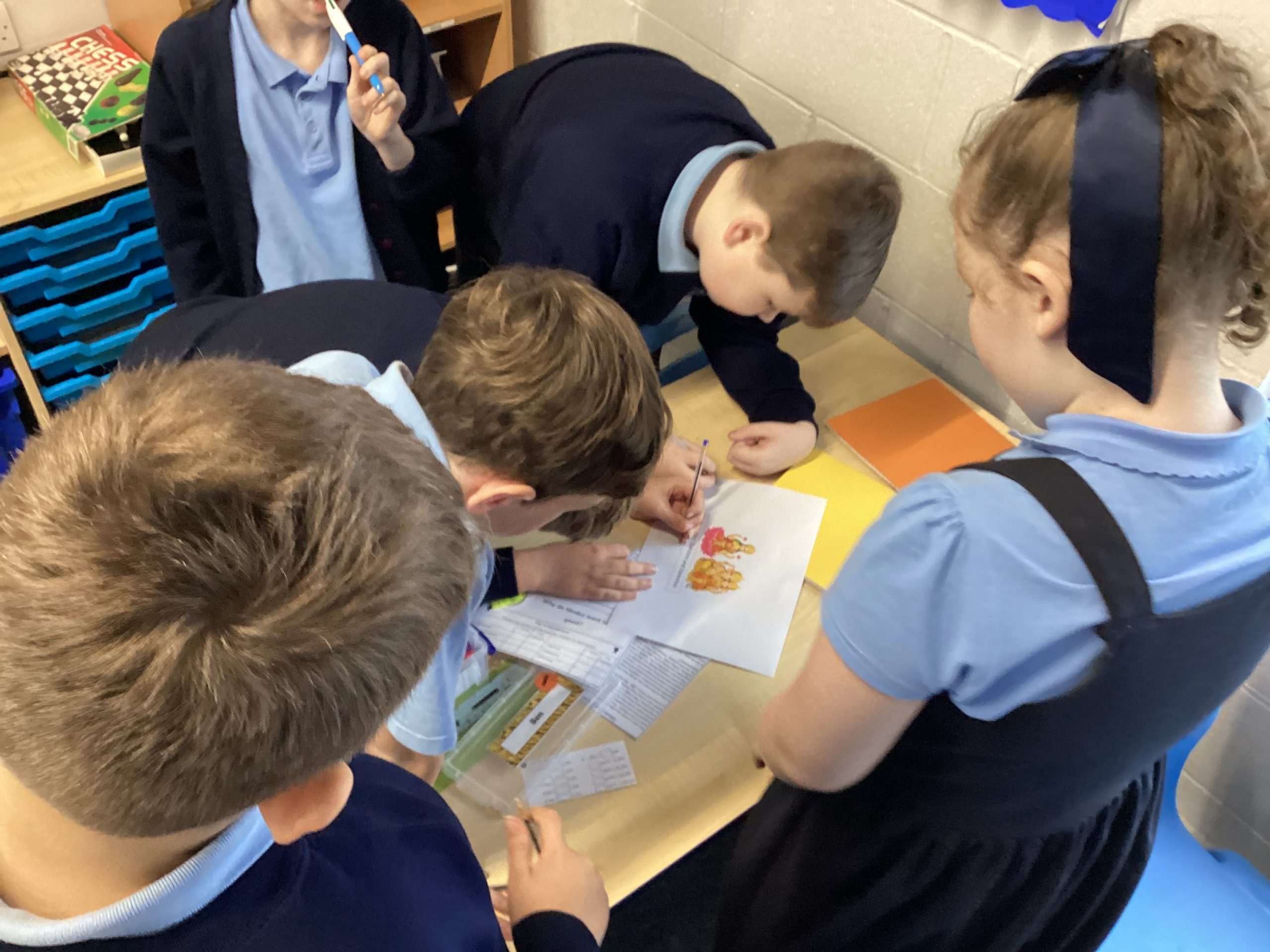
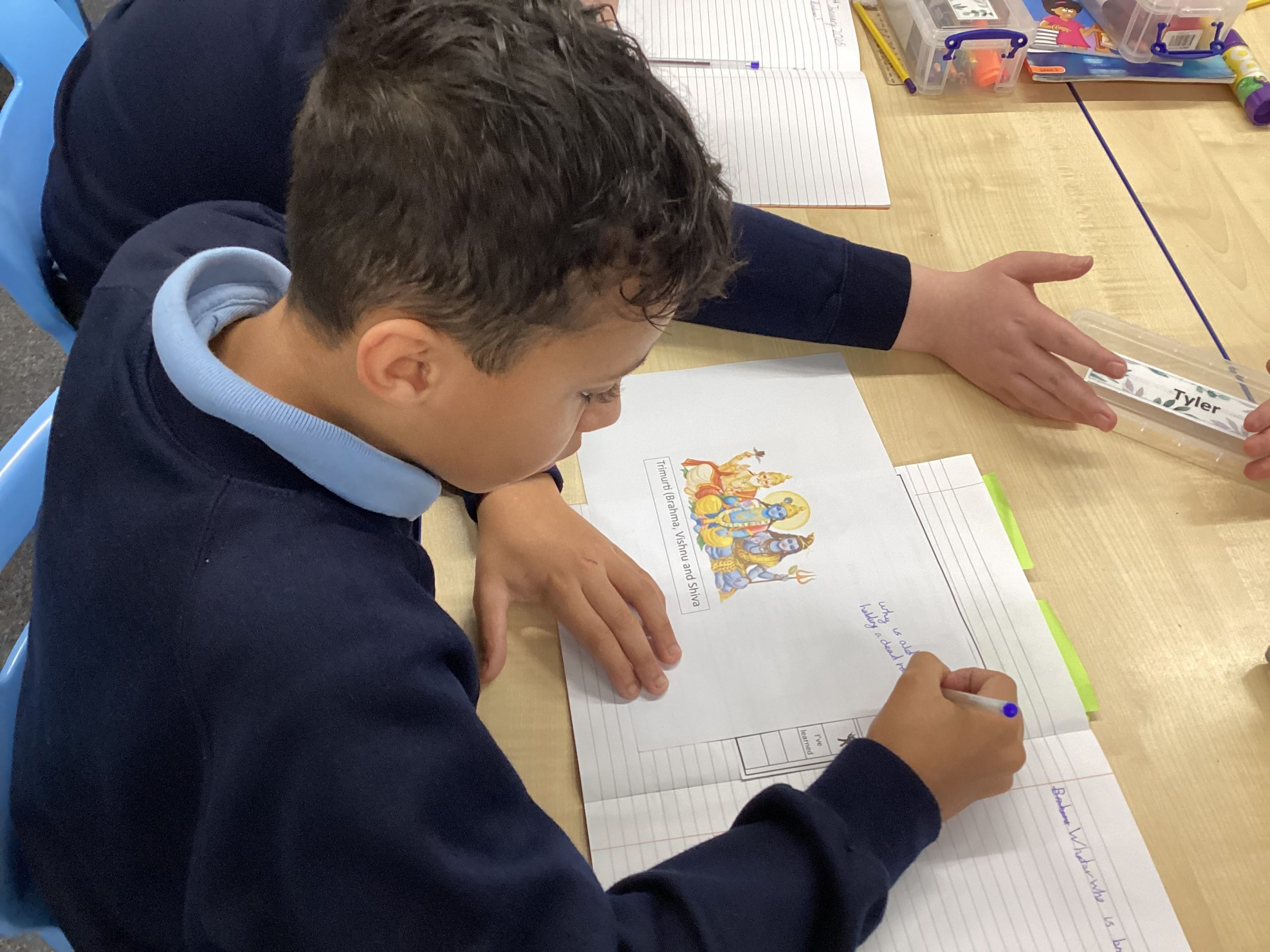

Hanukkah
This week, we learned about the Jewish festival- Hanukkah. We learned about why it is celebrated and all about the game Dreidel. We then made our own dreidel and played the game.
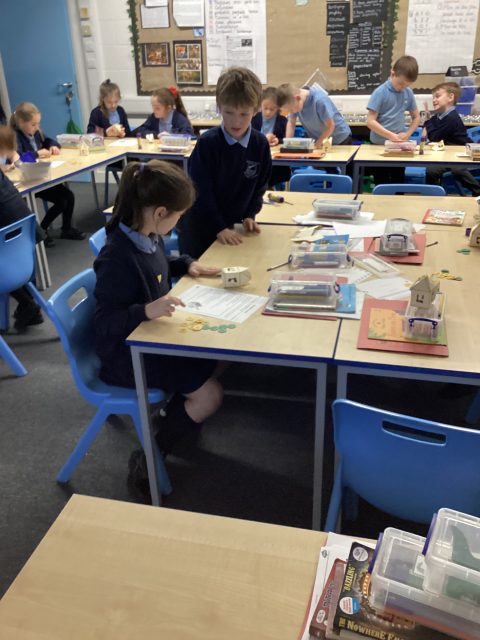
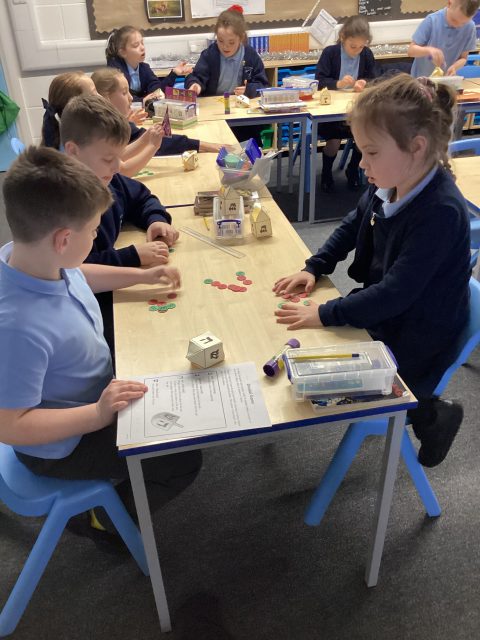
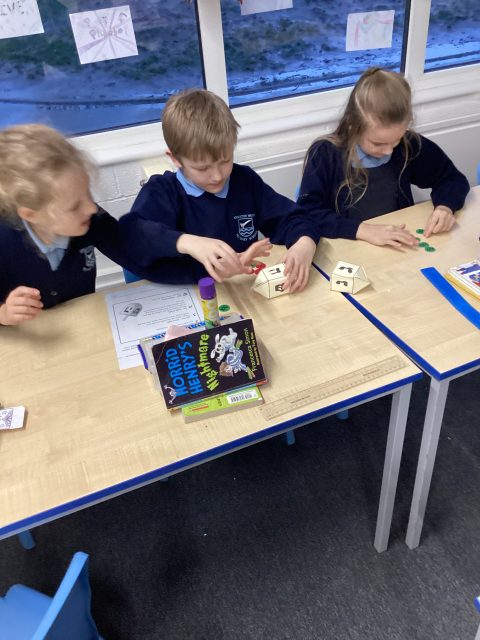
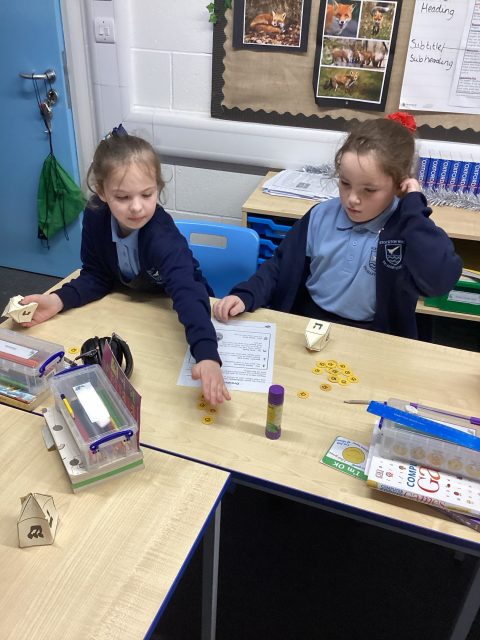
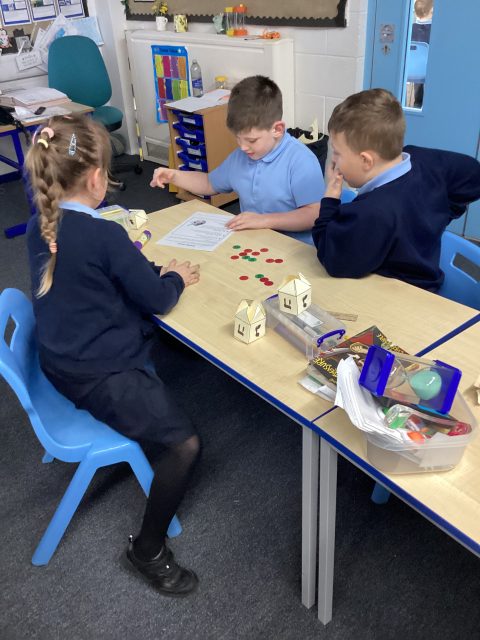
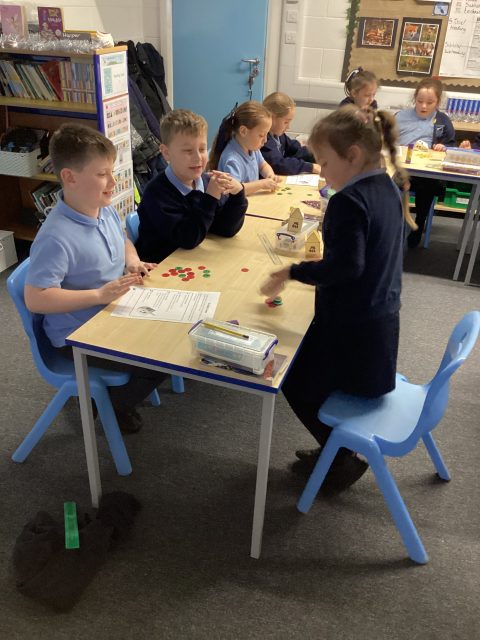
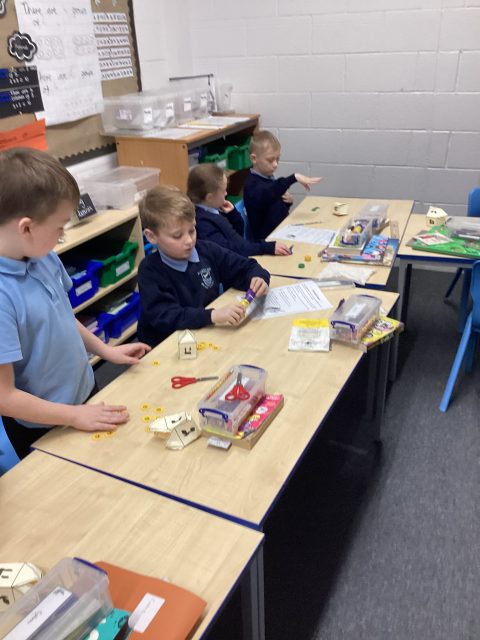
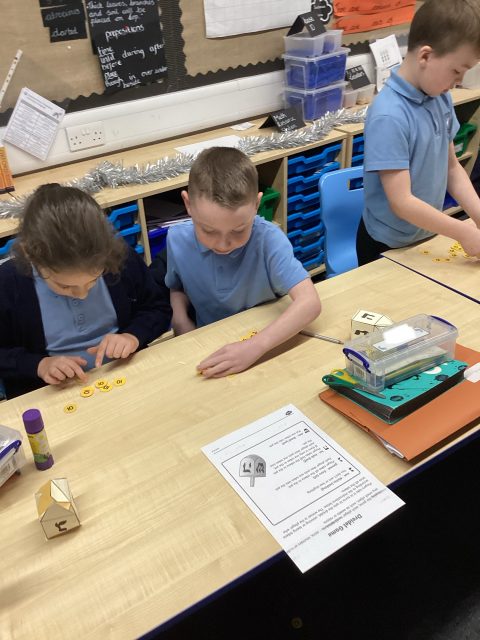
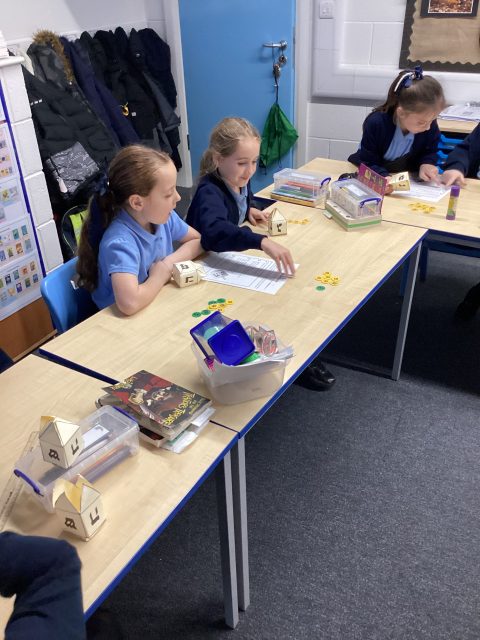
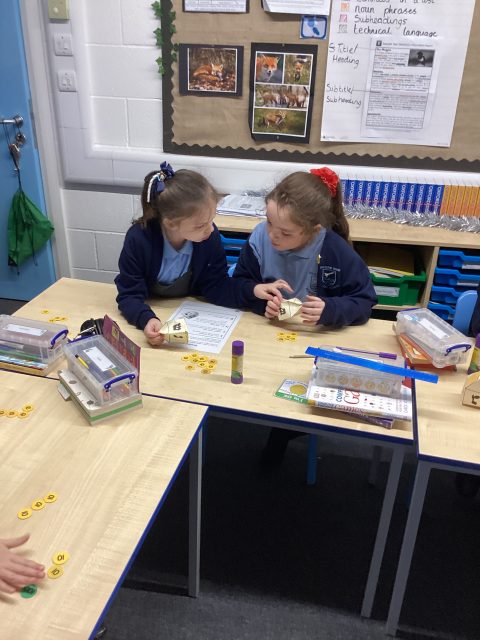
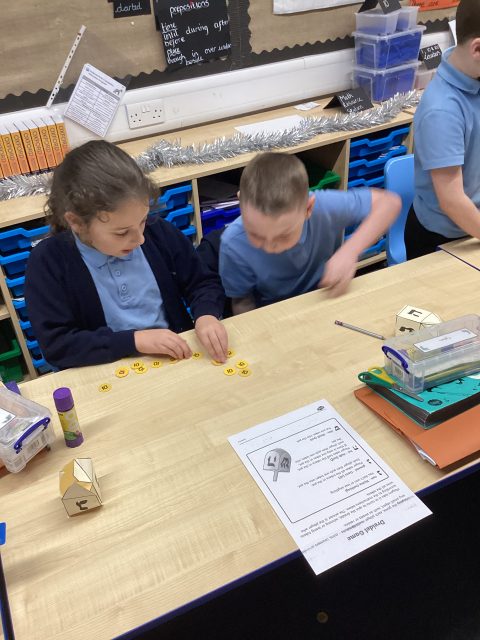

Hanukkah – Year One
We have thoroughly enjoyed learning about the Jewish celebration ‘Hanukkah’ and made lovely cards to share.
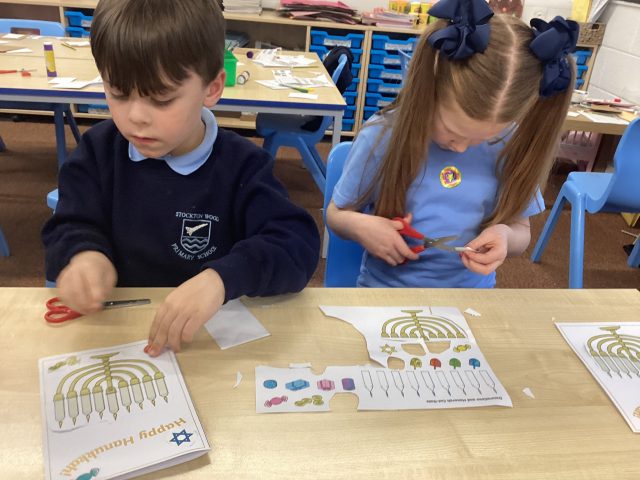
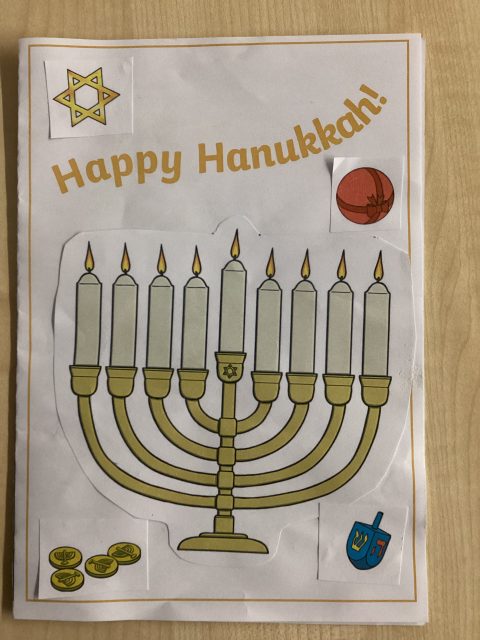

Christingle 🍊
We have been learning all about the different ways people celebrate Christmas. We know that some people go to church to celebrate and that Christmas can be marked in many special ways. We have also learned about the different reasons for each part of the Christingle and what they represent.
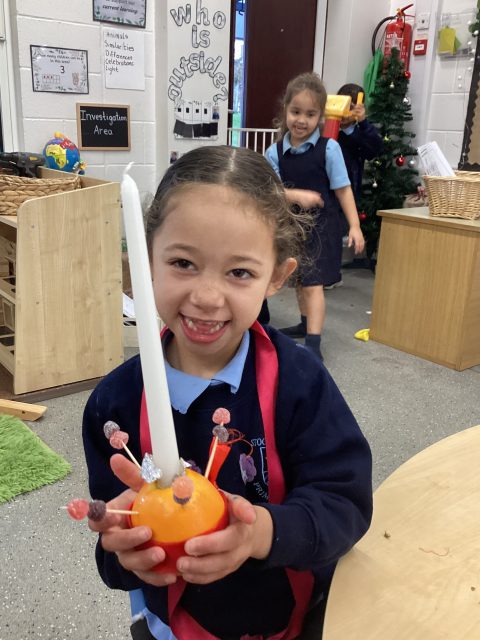
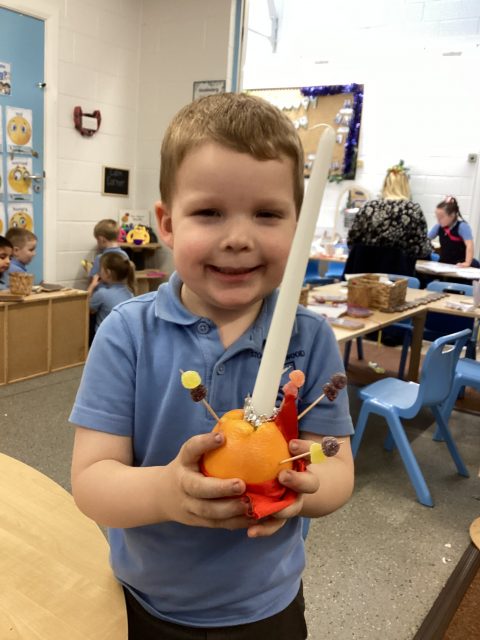
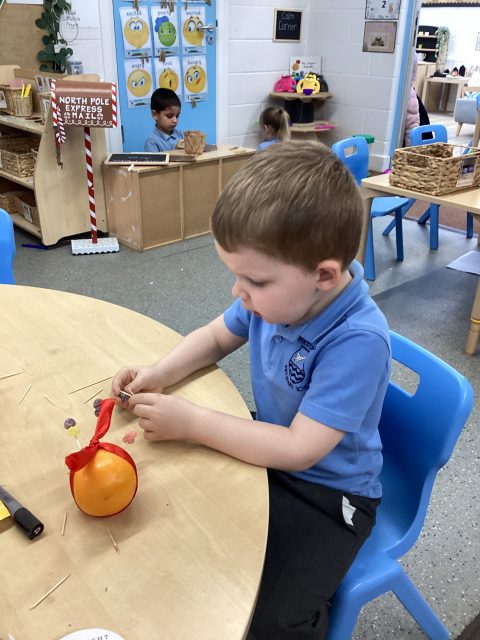
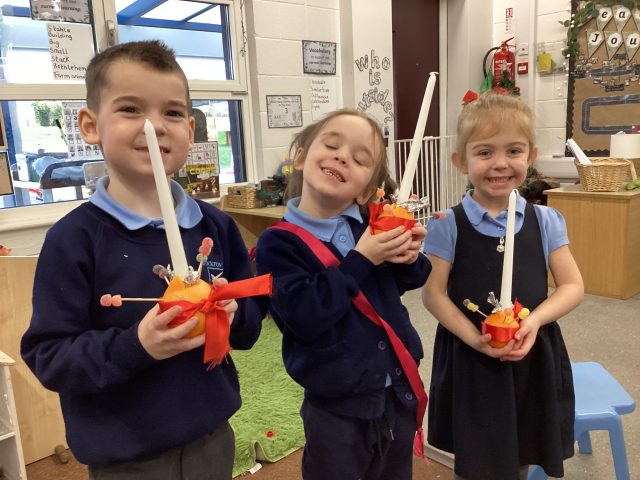
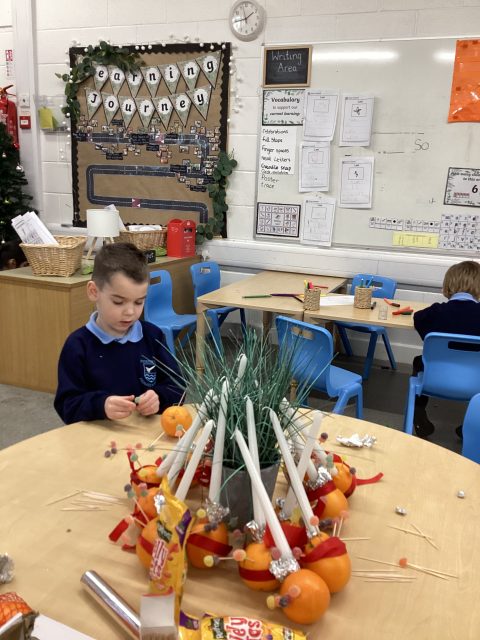
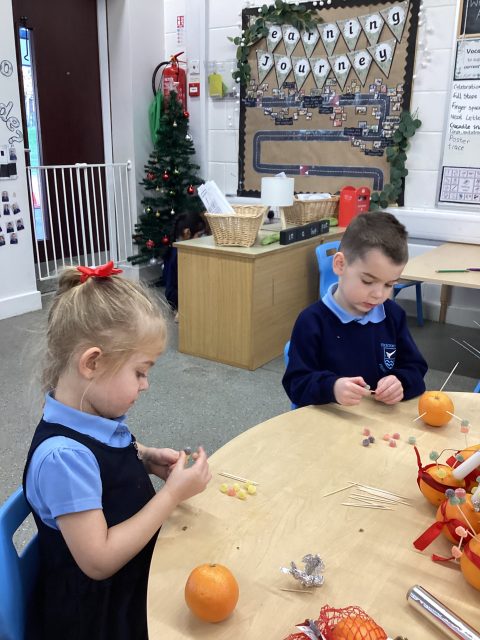
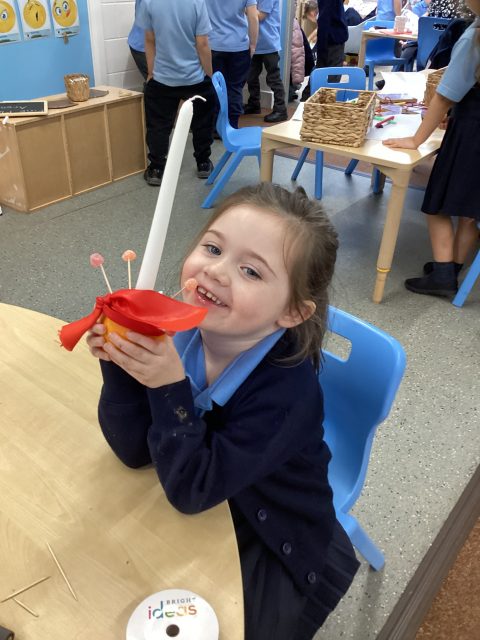
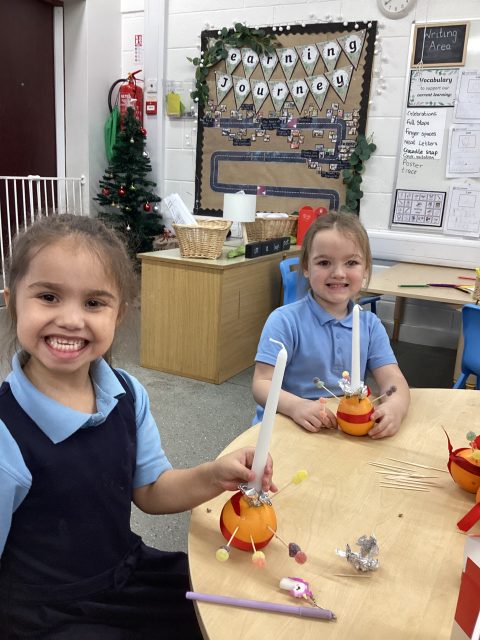
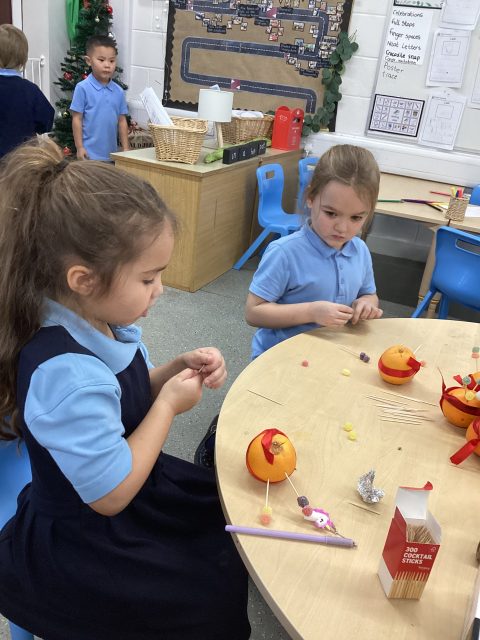
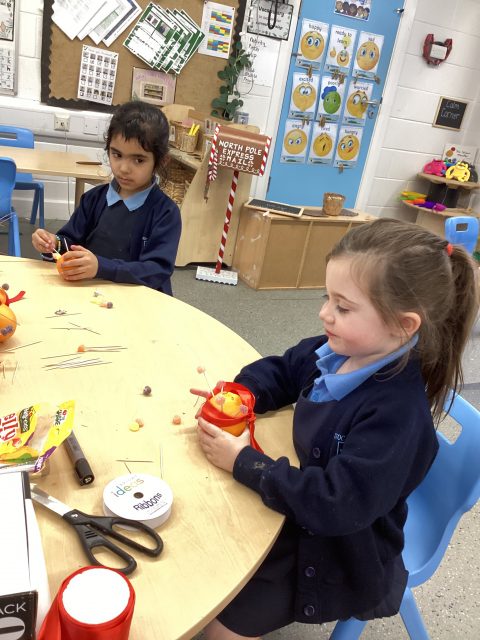
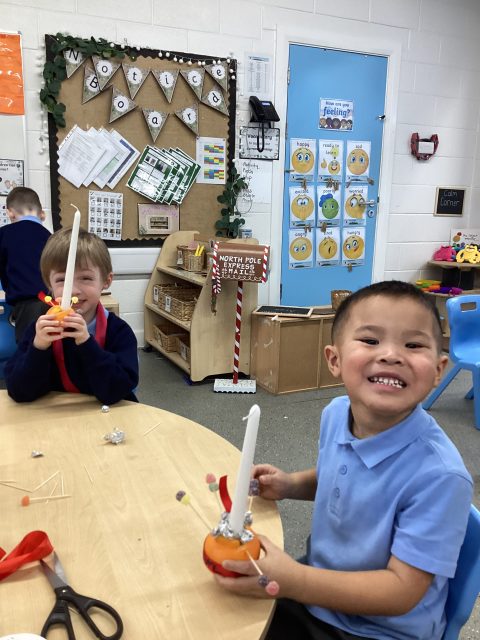
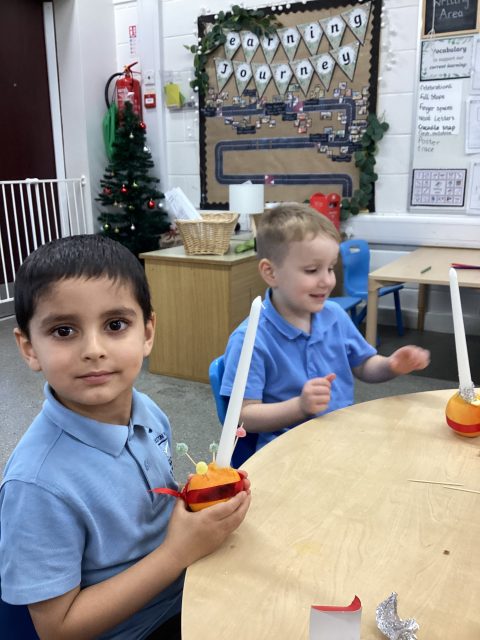
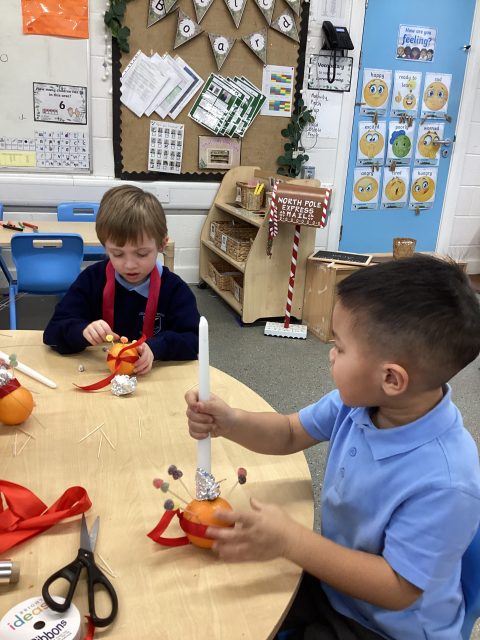
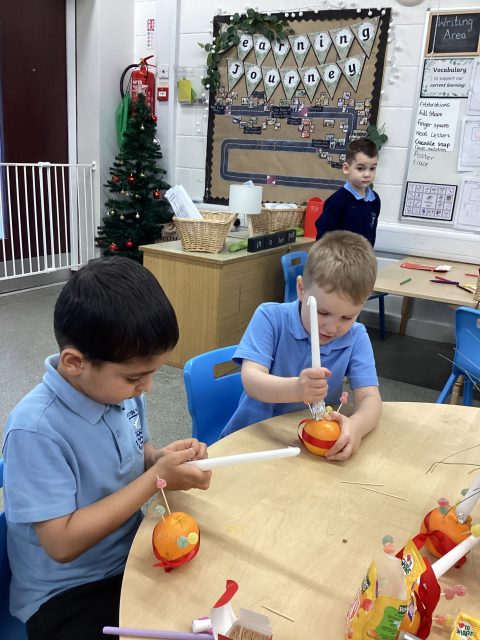
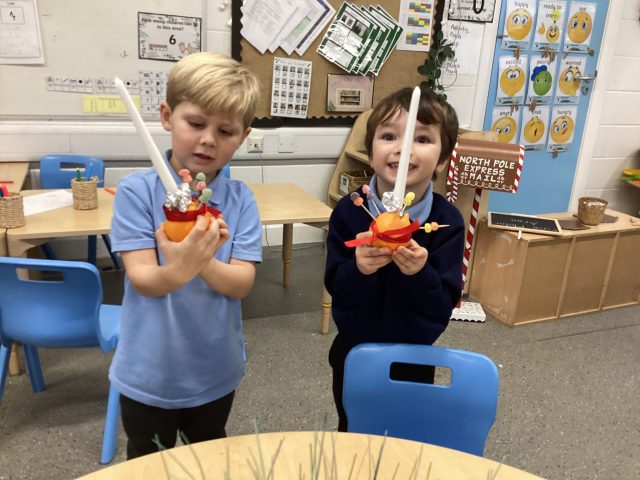
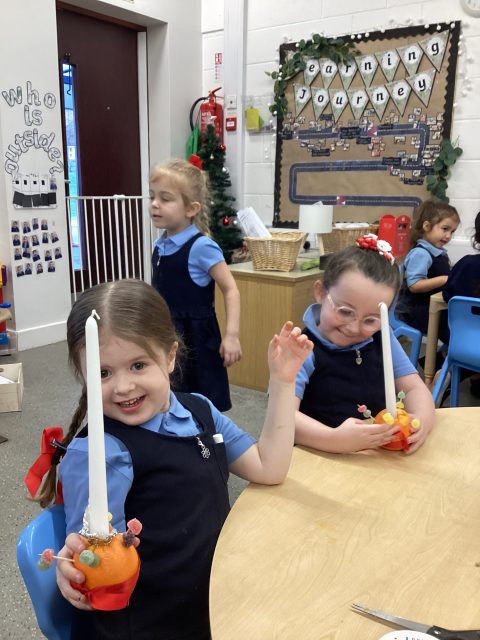
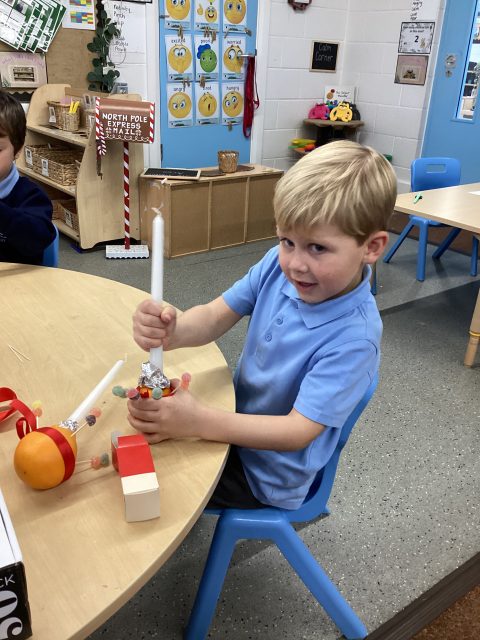
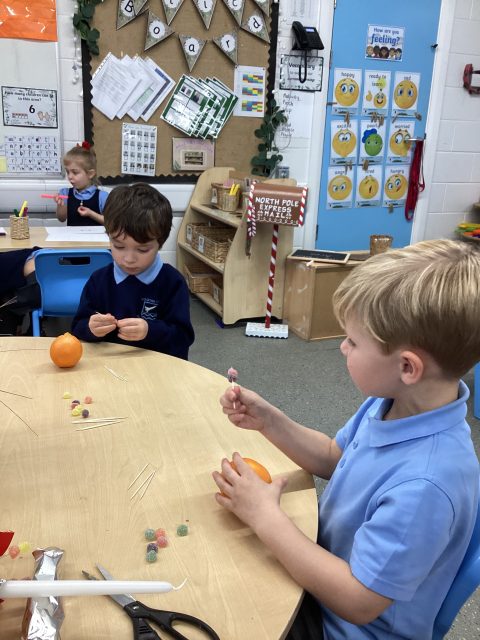
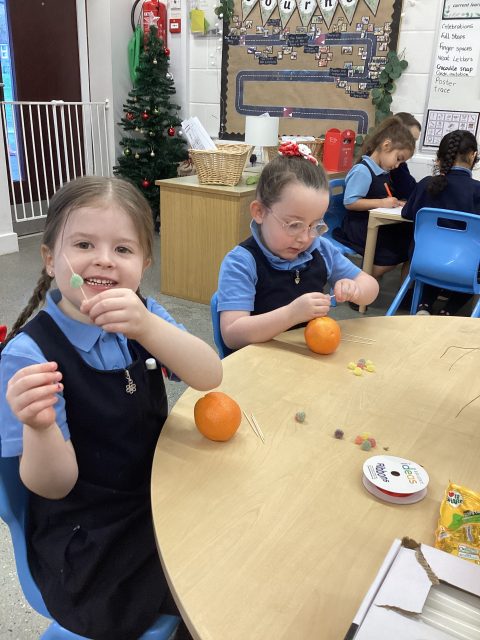

Hanukkah – Latkes
During our time learning about Hanukkah, we made latkes. We grated the onion and potatoes, mashed them together, and added all the ingredients before putting the mixture into the oven. We then all got to try the latkes, they were very delicious.
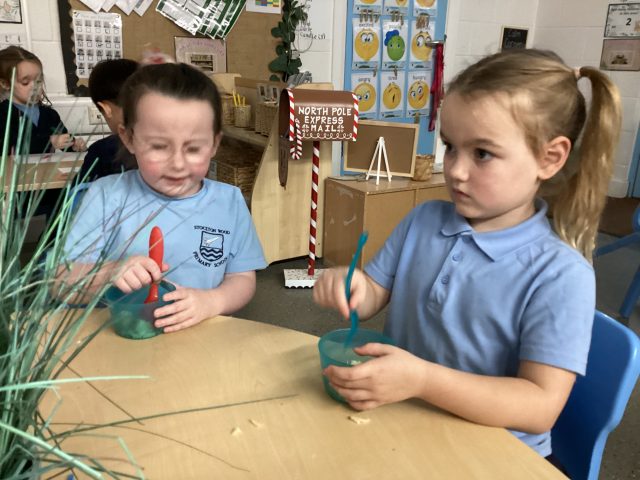
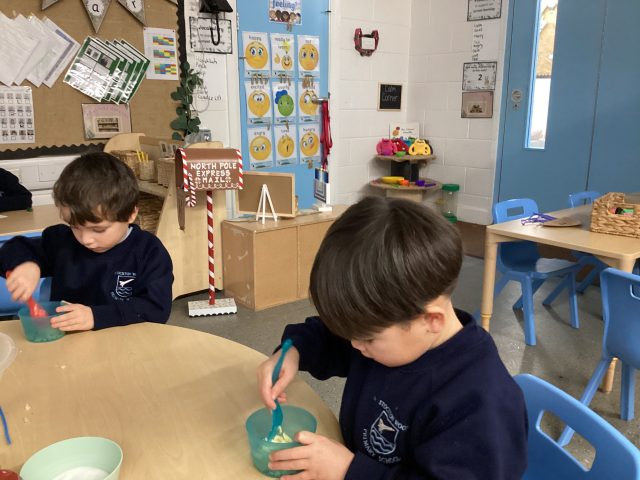
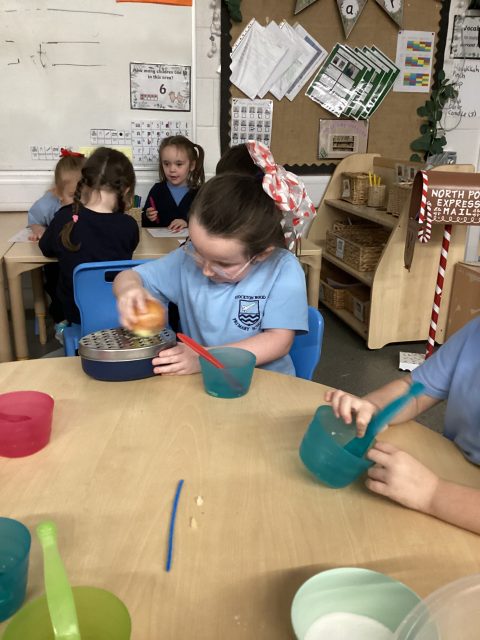
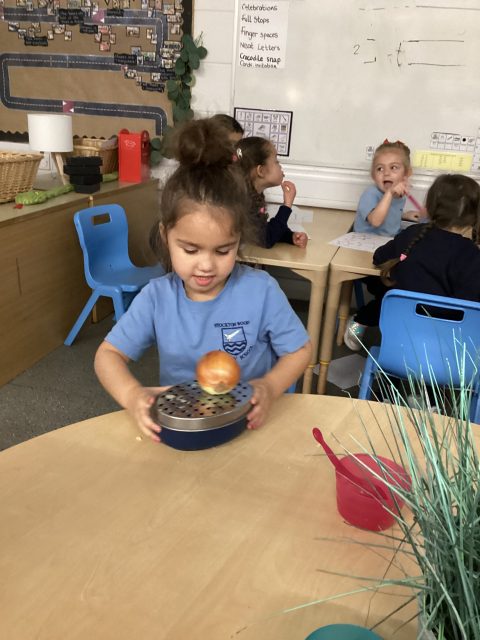
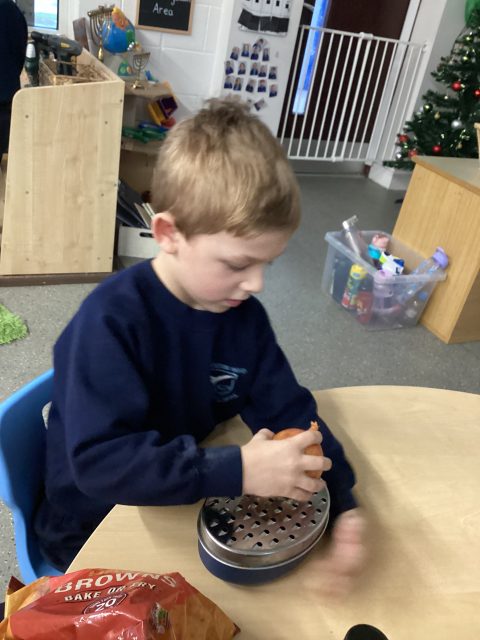
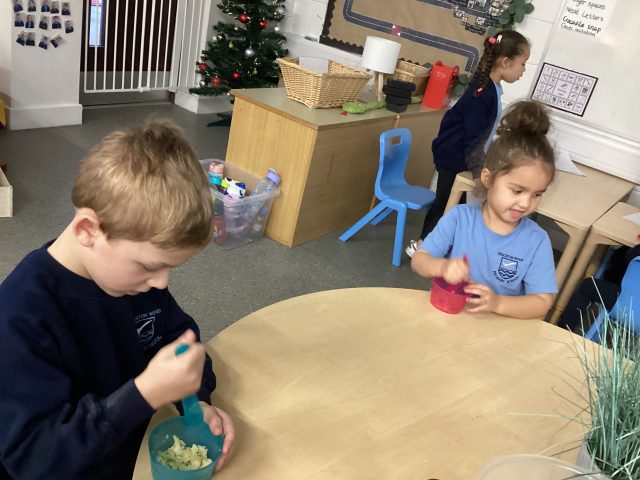
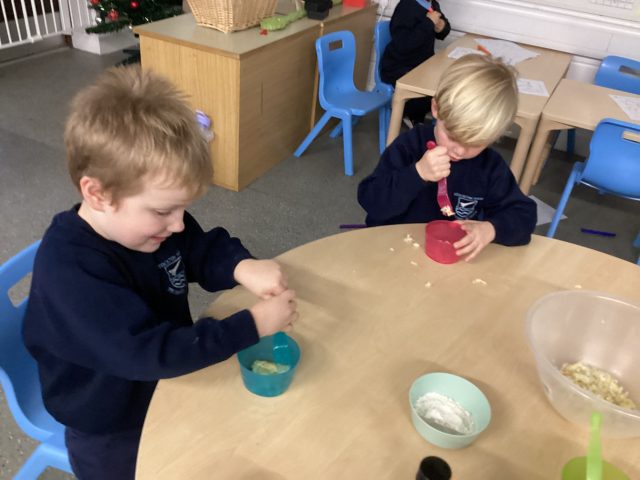
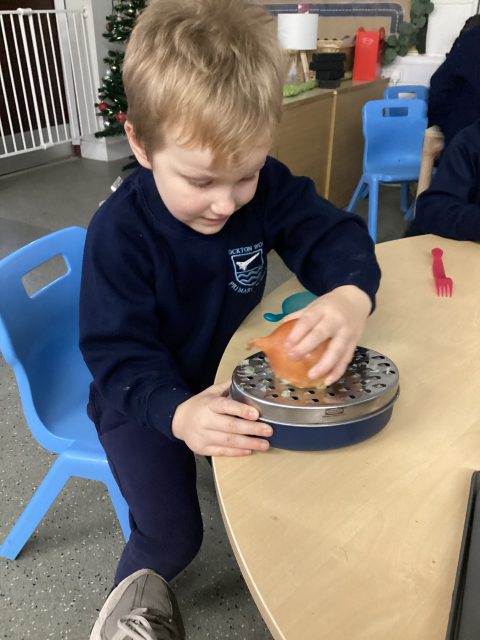
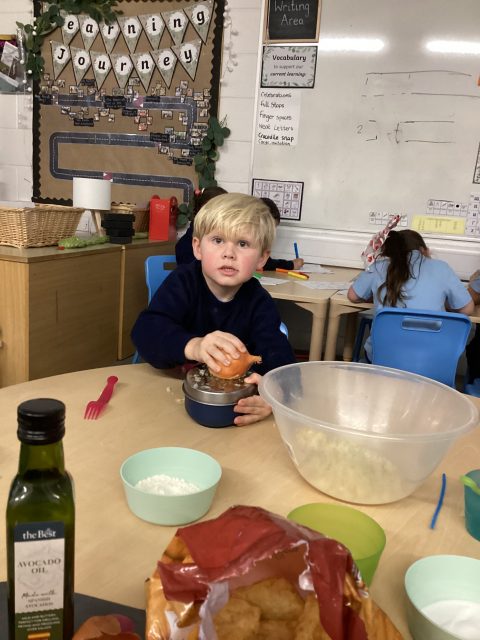
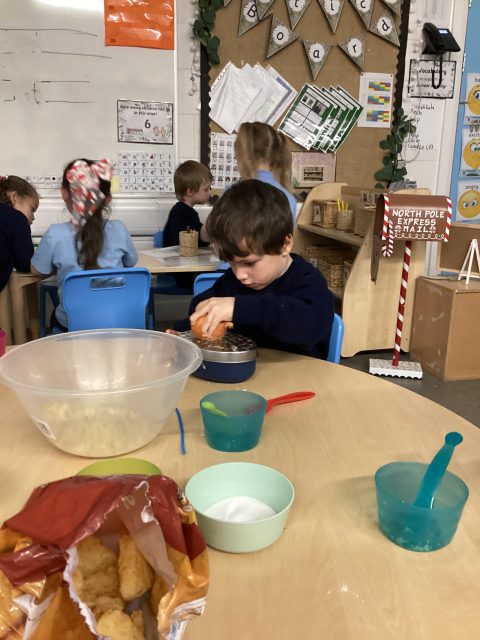
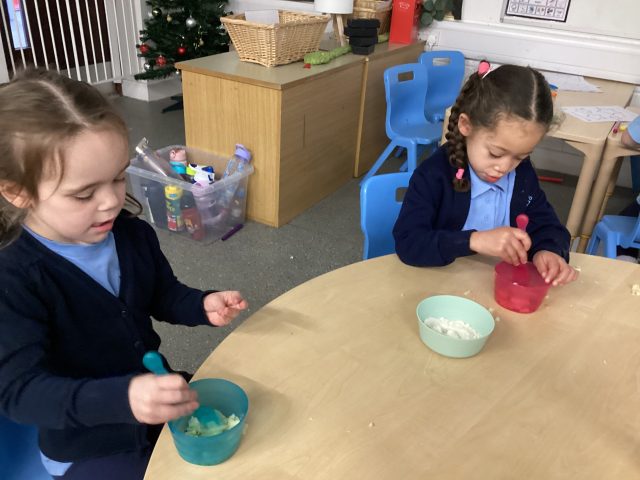
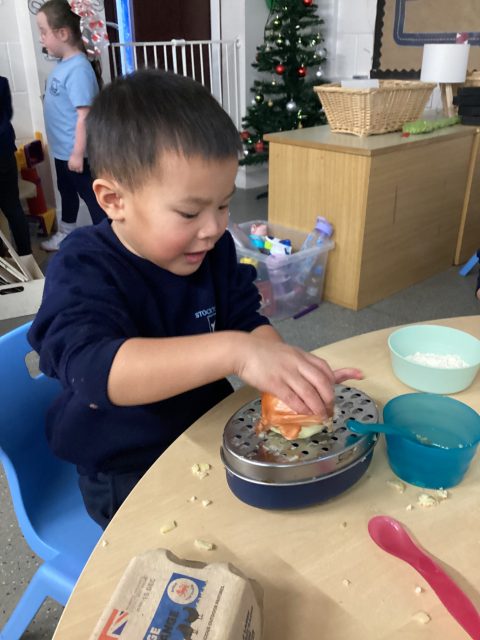
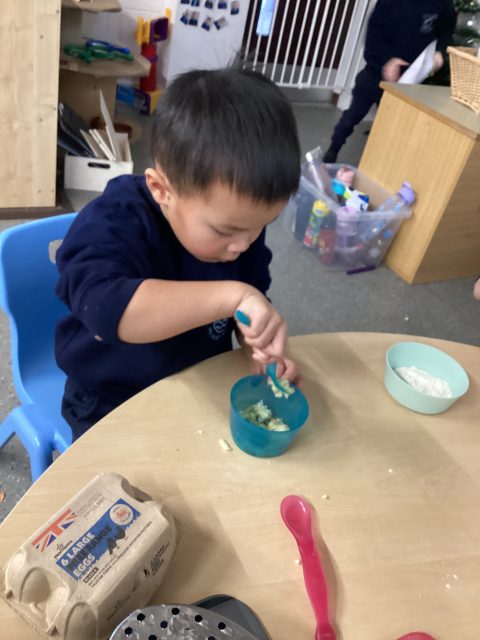
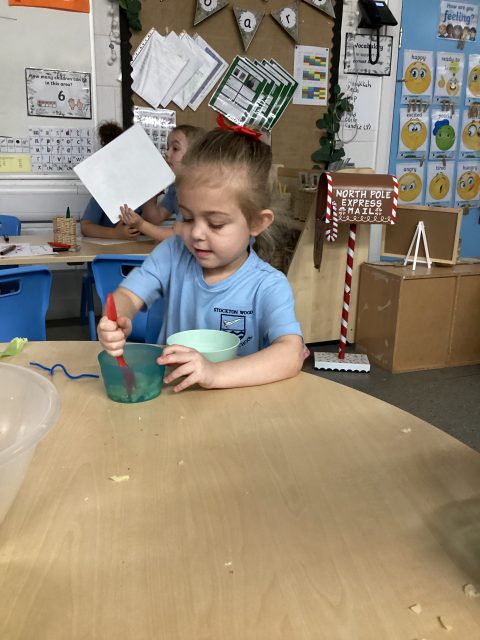
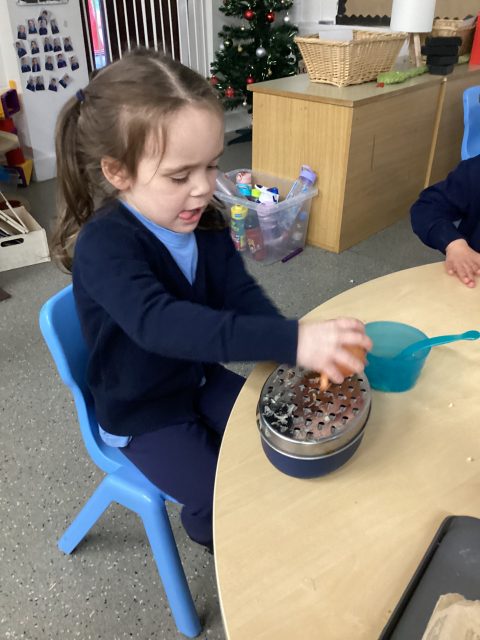
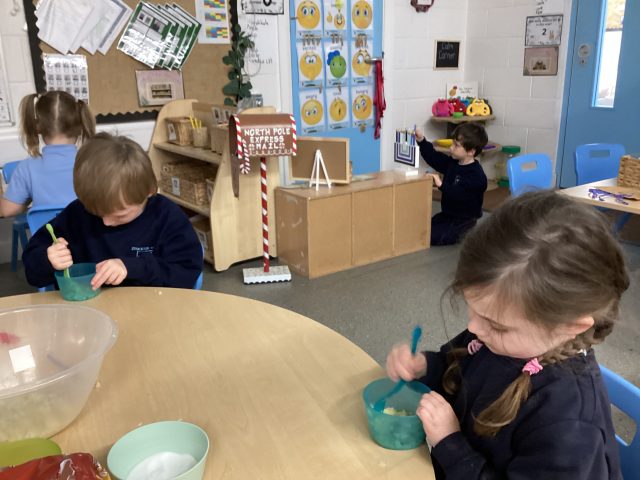
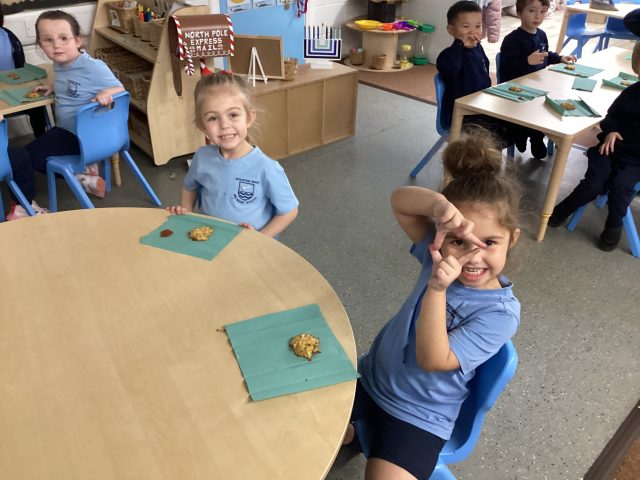
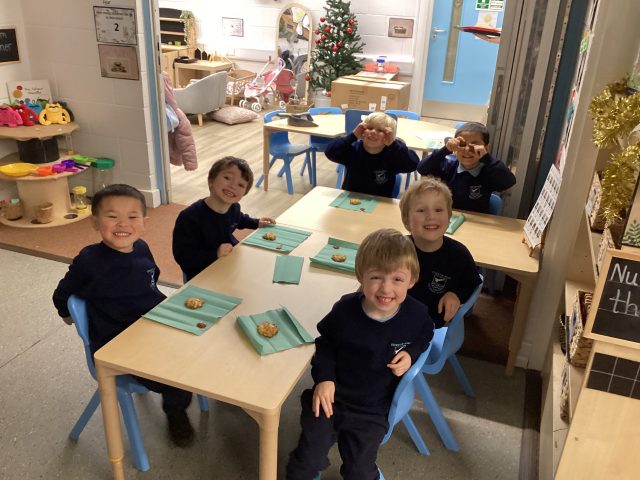
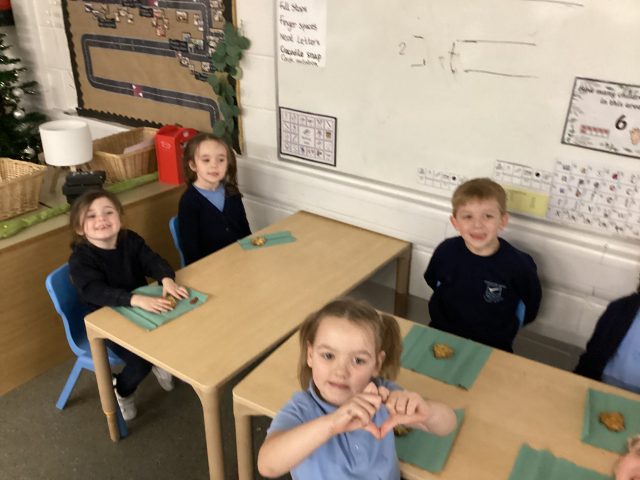
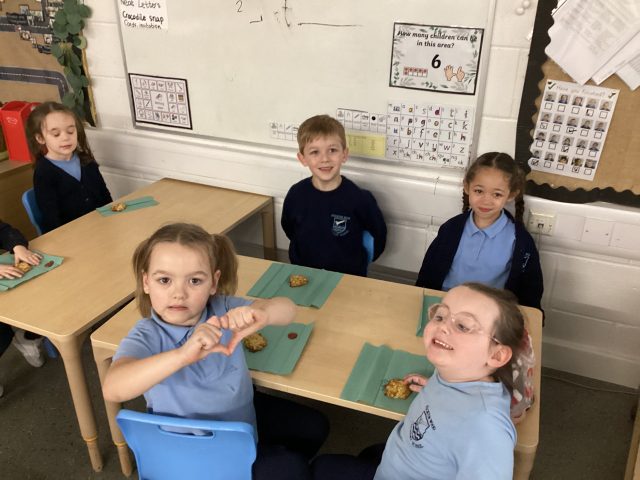
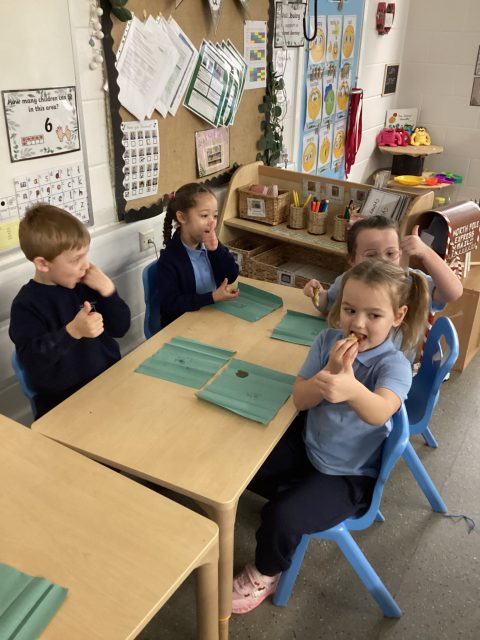
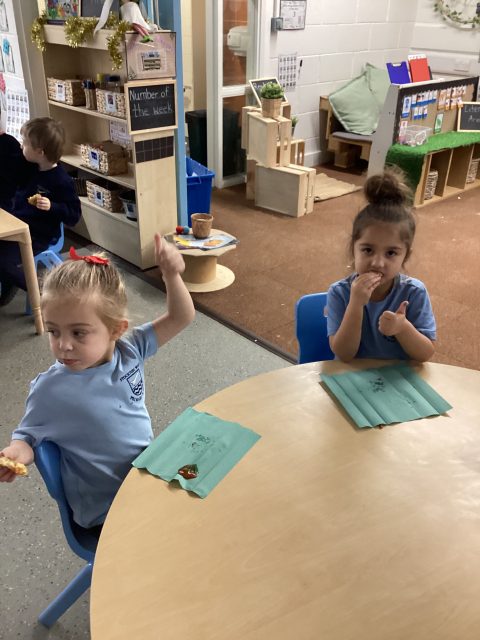
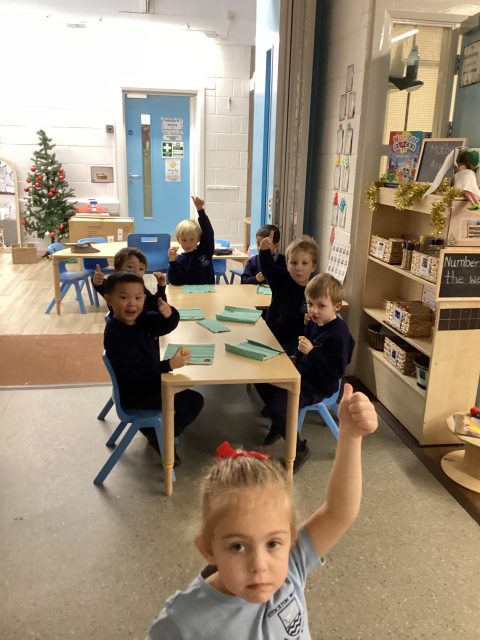

Hanukkah
We have been learning all about Hanukkah and have taken part in lots of different activities focused on this special celebration. We had lots of fun while learning through provision and exploring the activities together. We now know many facts about Hanukkah and understand why it is important.
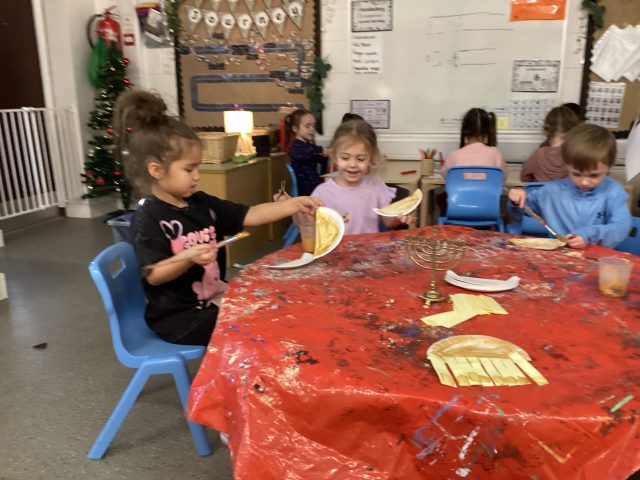
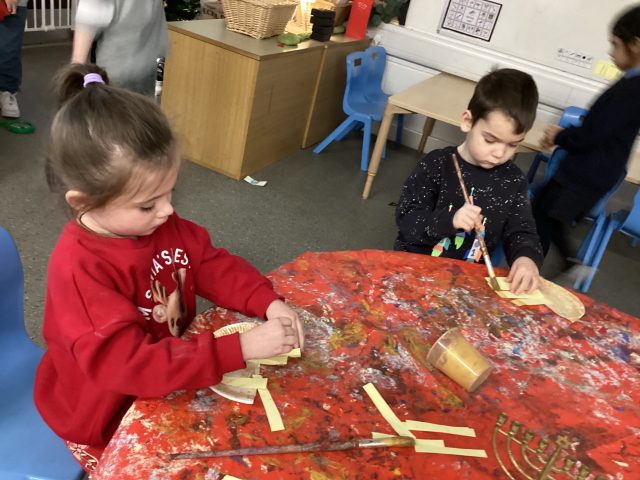
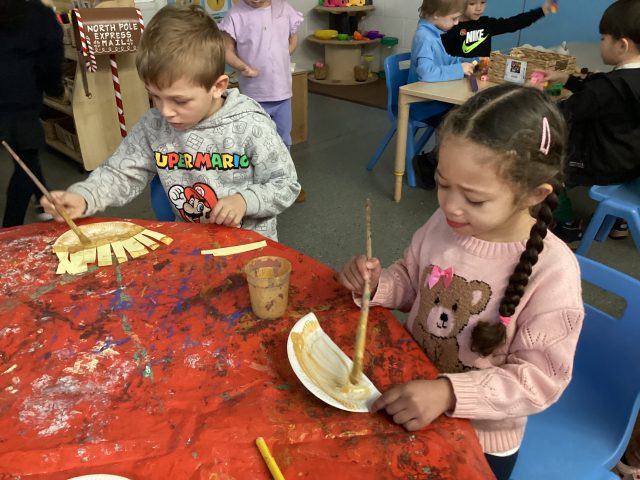
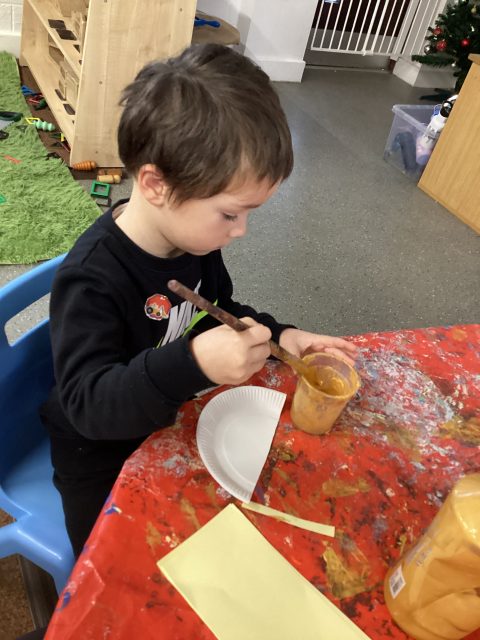
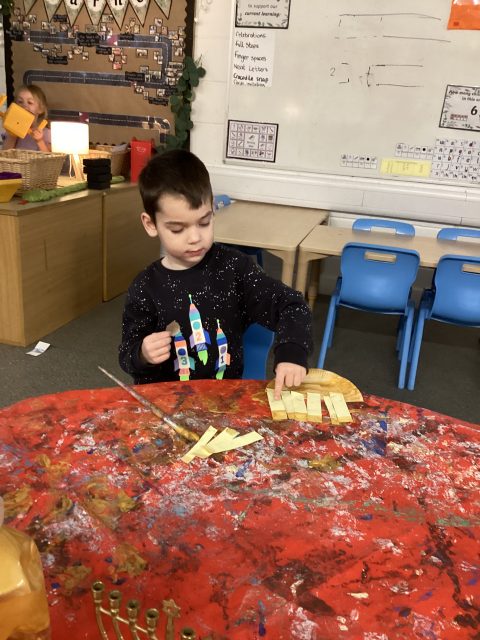
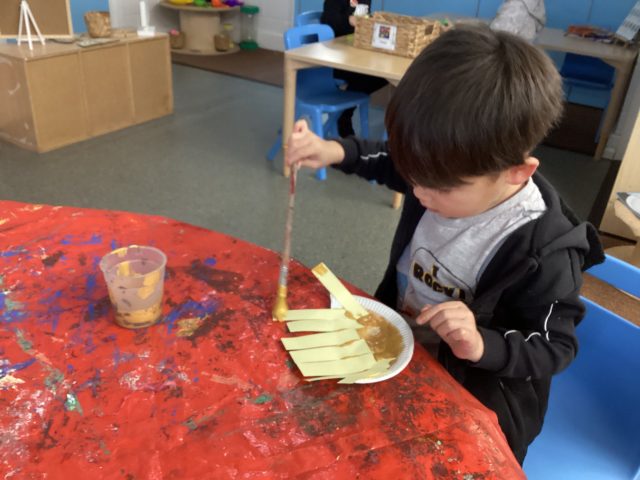
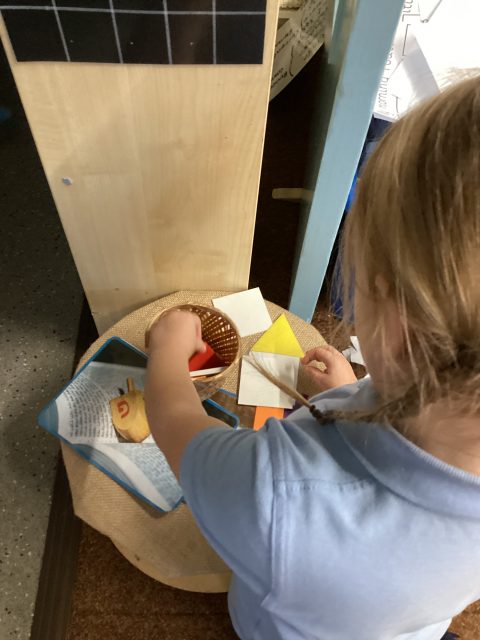
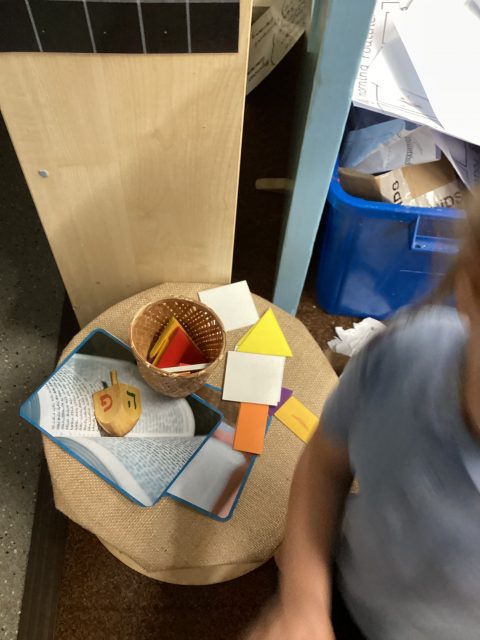


Hanukkah
This week, we have been learning all about the Jewish festival of light – Hanukkah! We learned all about the menorah, and how each day, a new candle is lit using the special candle in the middle (the shamash). We had fun counting the candles on our own Menorah, and even printed one to take home, being careful to count exactly 9 candles. 🕯️ 🕎
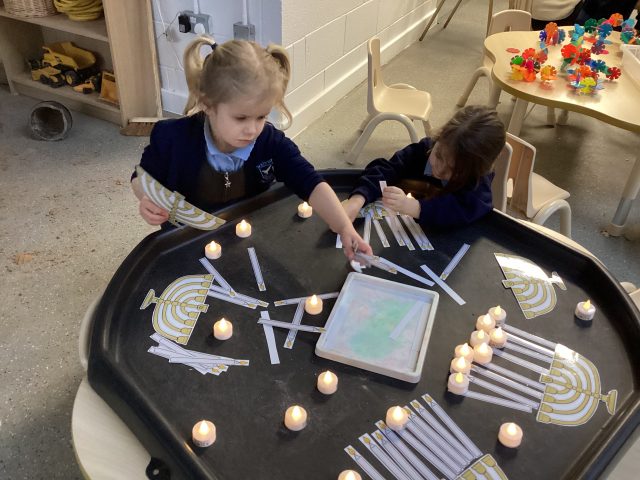
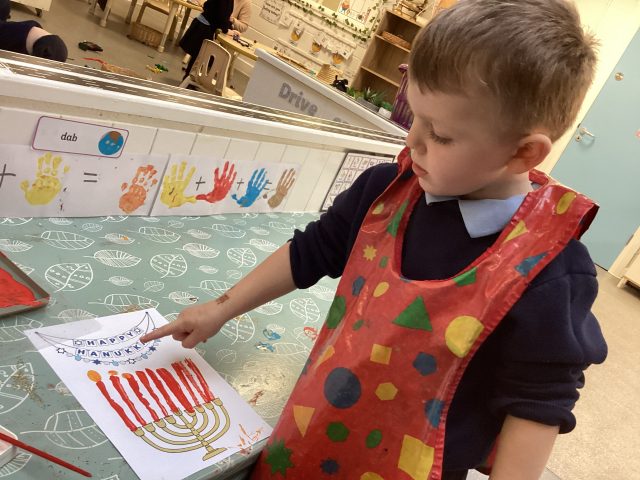
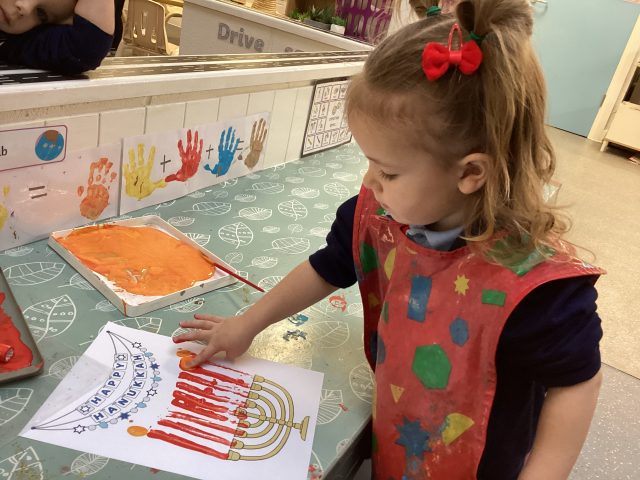
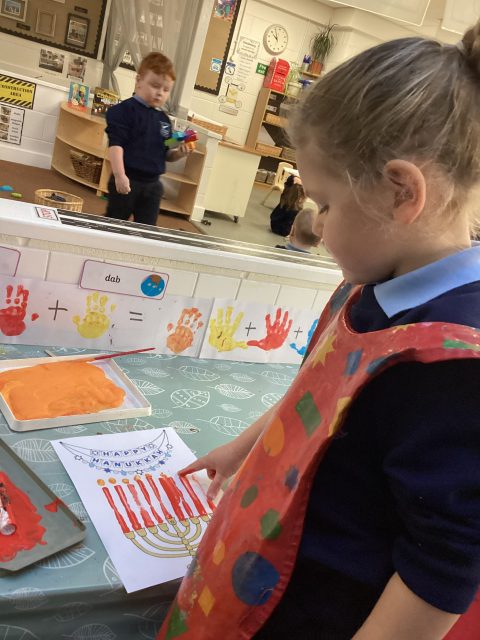
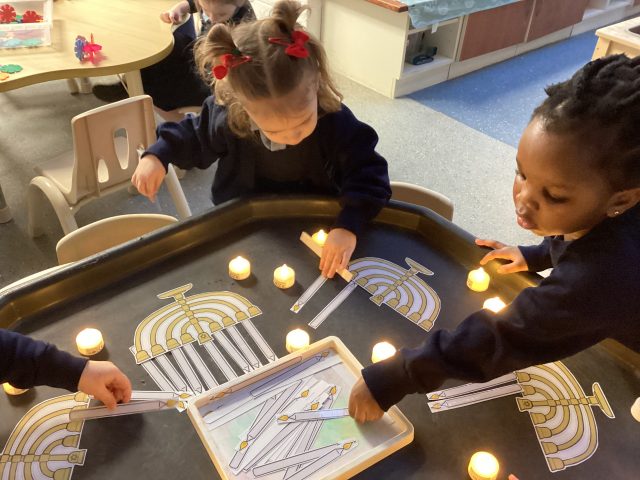
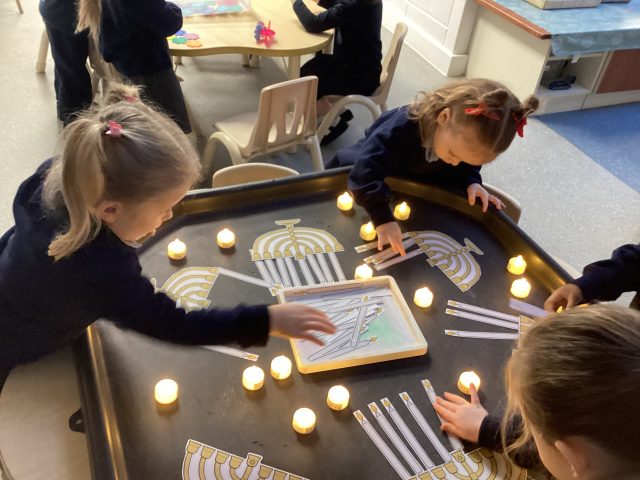
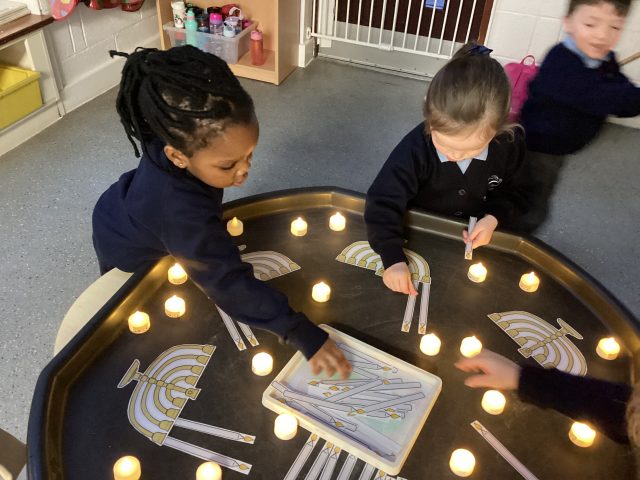

Reindeer Food
Reception have created their own reindeer food to help guide Santa’s reindeers. We measured oats and magic into a pot, then we mixed it up and poured it into a small bag.
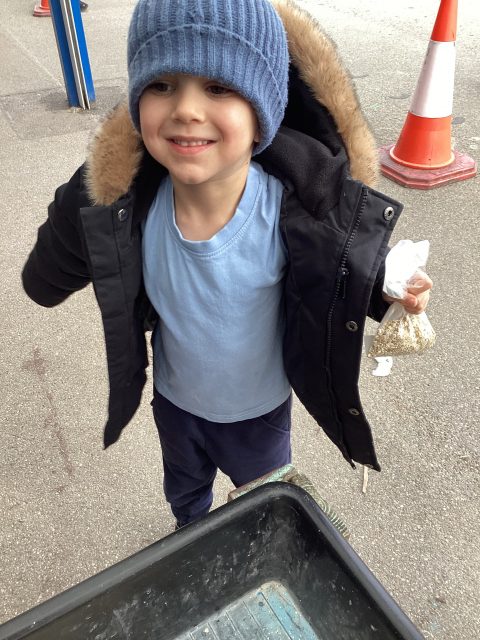
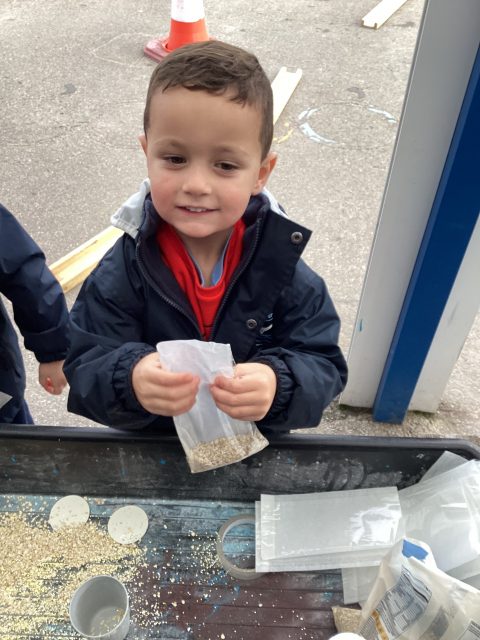
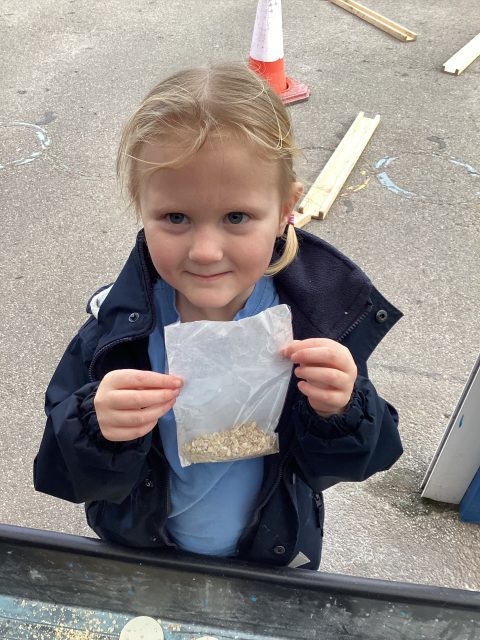
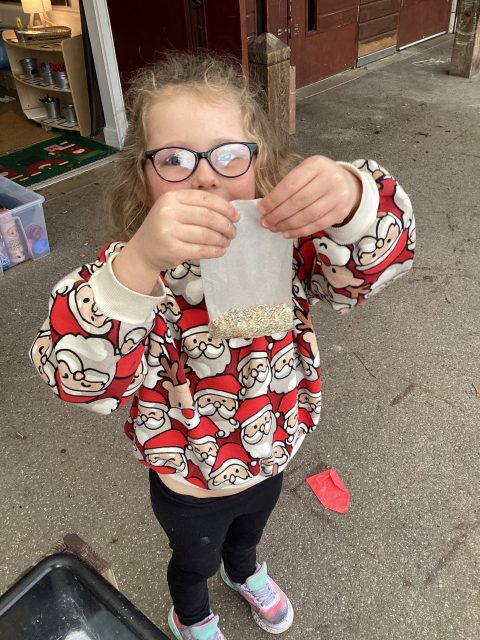
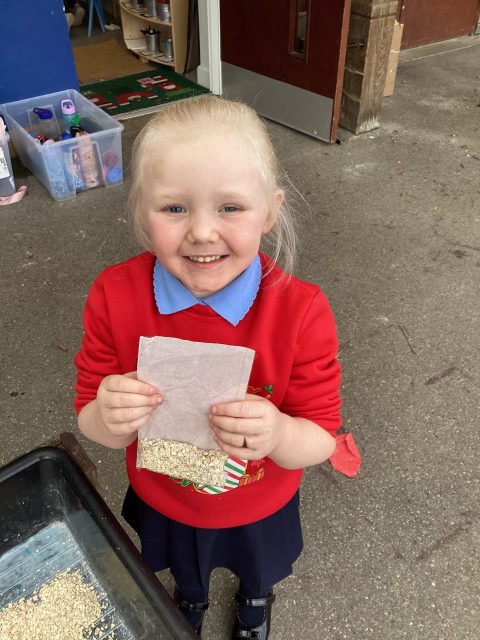
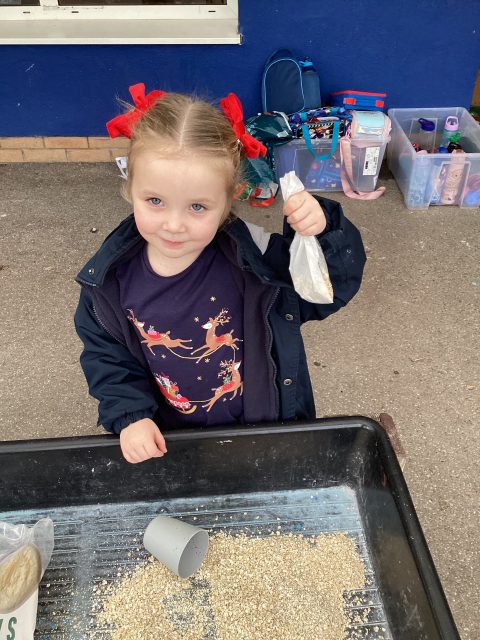
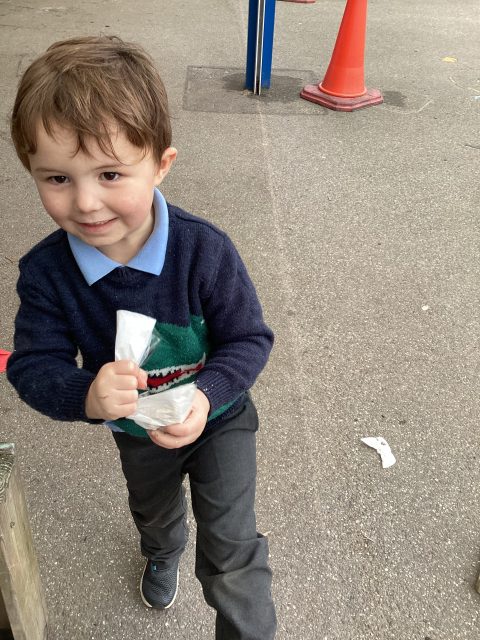
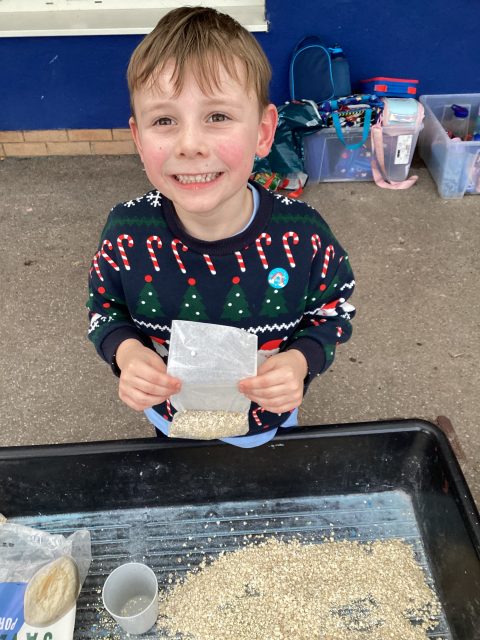
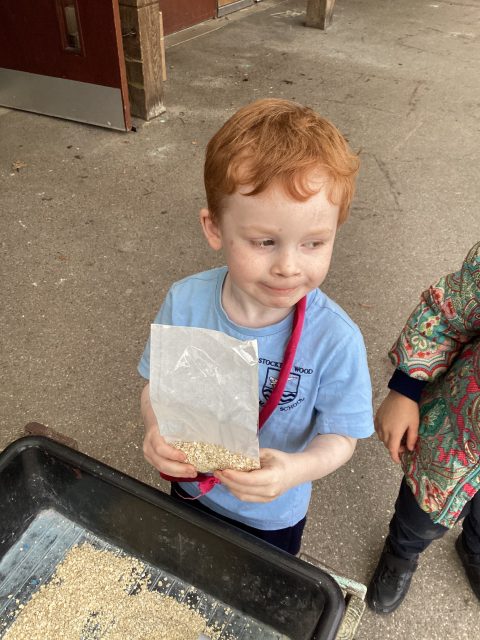
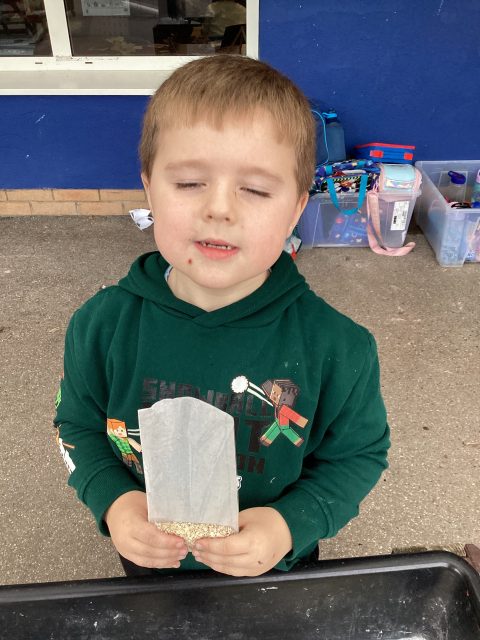
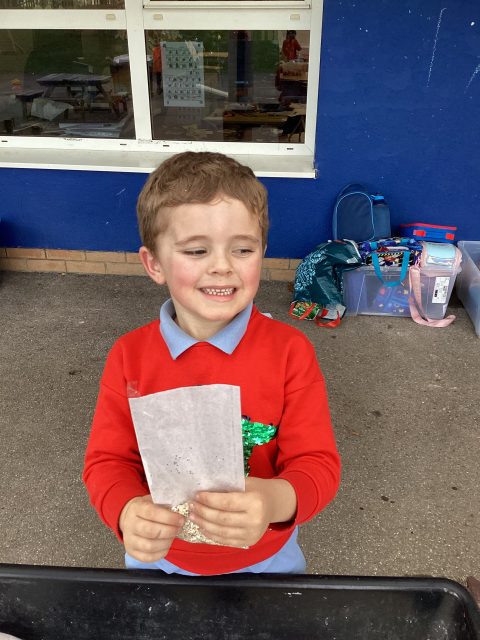
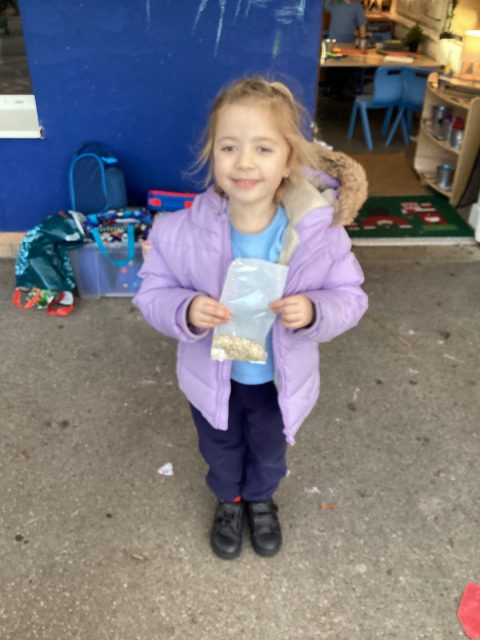
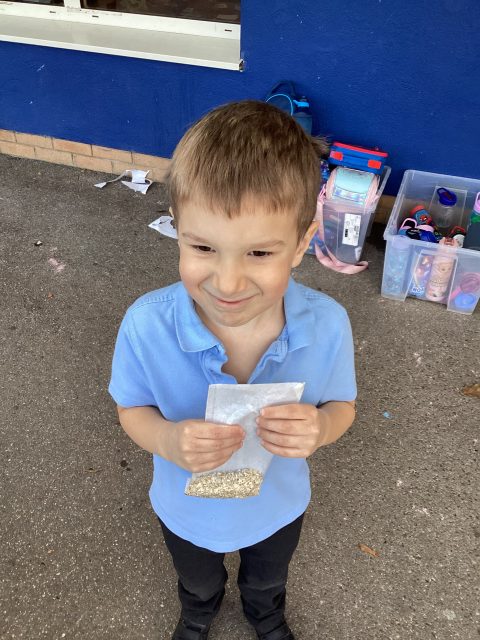
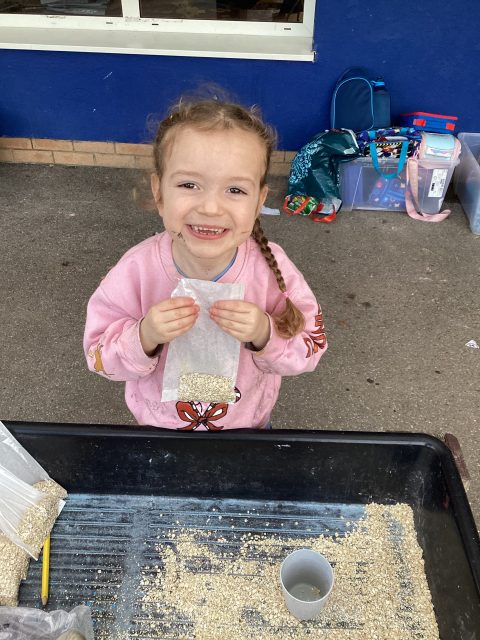
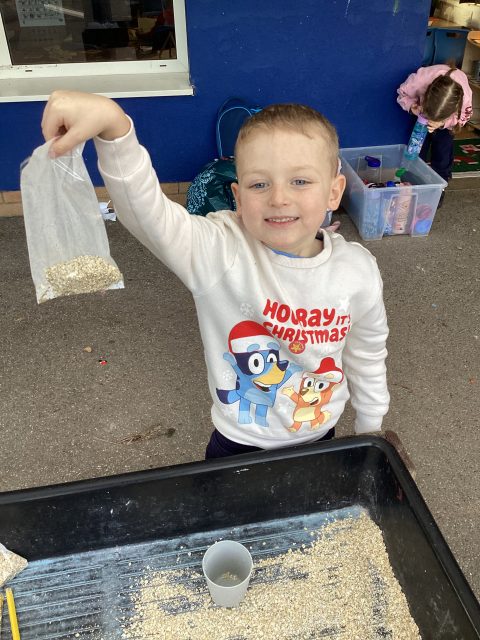
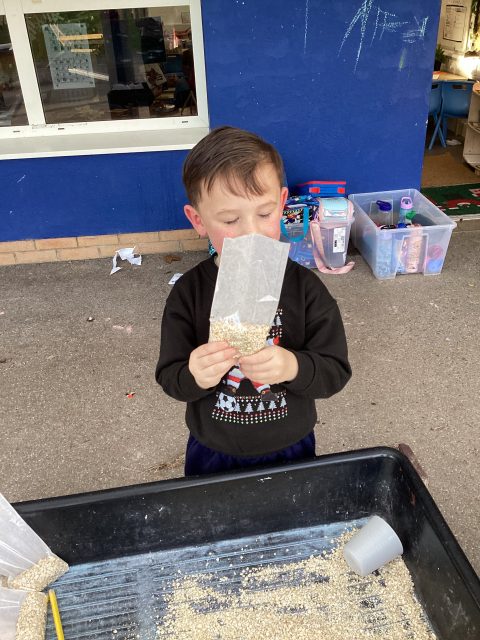
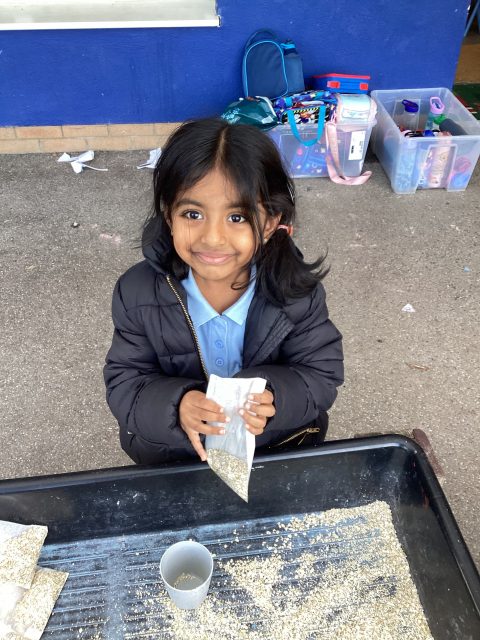

Hanukkah Assembly
Today, we had an assembly all about the Jewish festival- Hanukkah. We learned why it is celebrated and how it is celebrated.
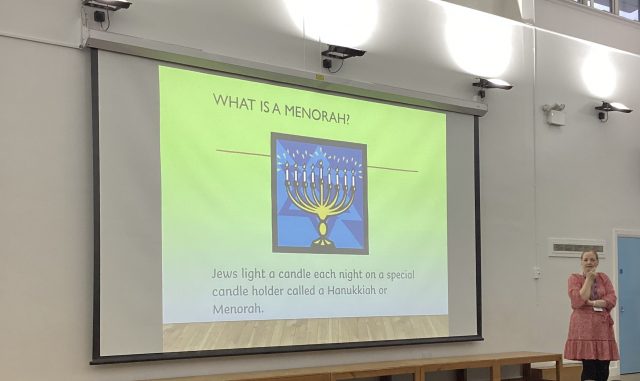
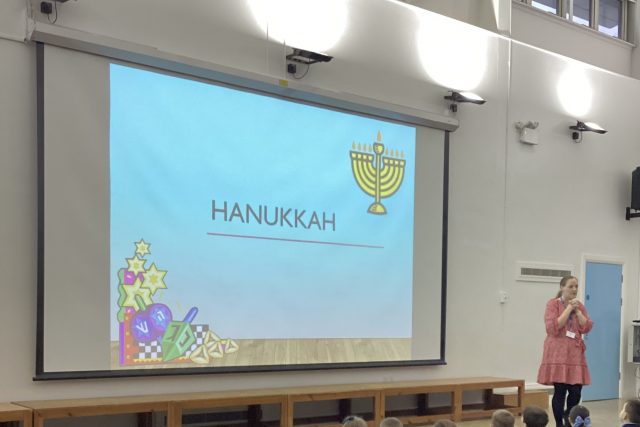

Christmas Decorations
Today reception have made their own Christmas decorations out of salt dough. We added salt, flour and water to a bowl. Then we mixed them together and rolled them out using a rolling pin. We used different moulds to create our own decorations.
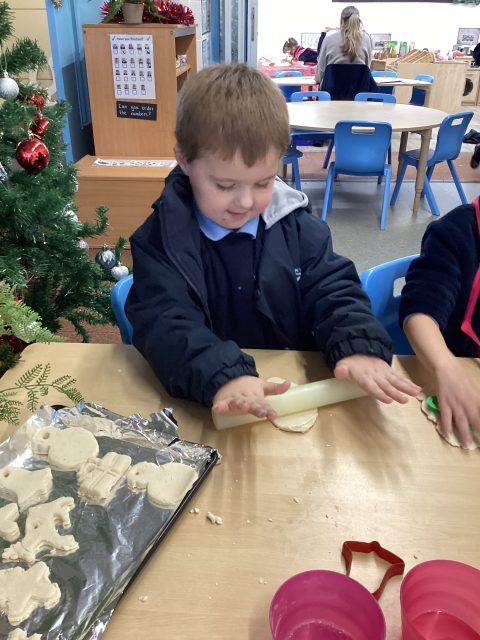
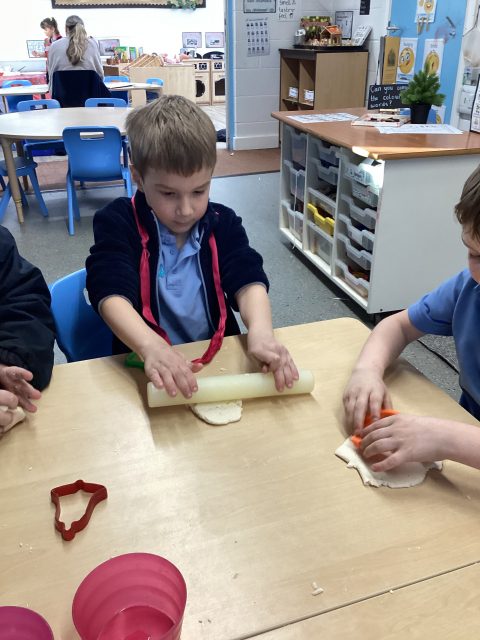
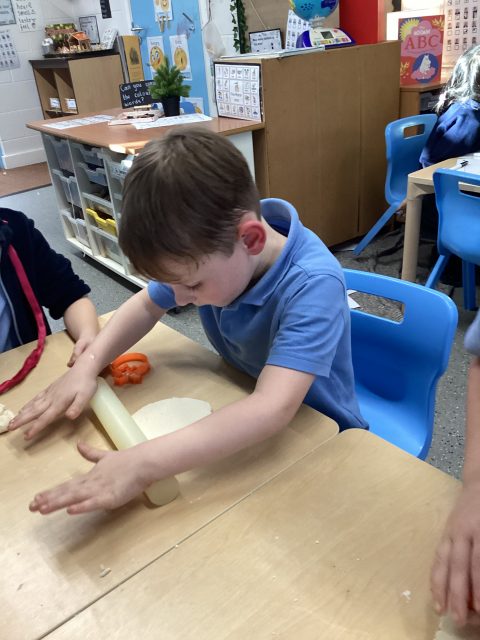
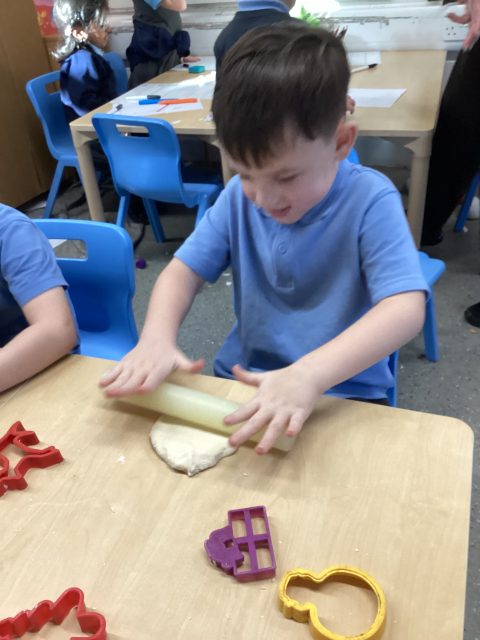
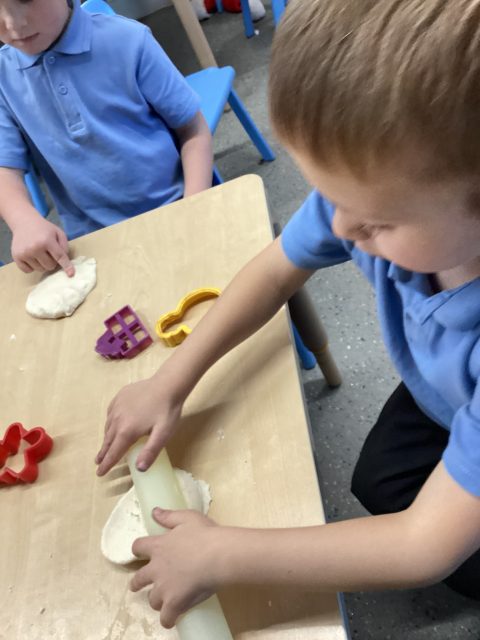
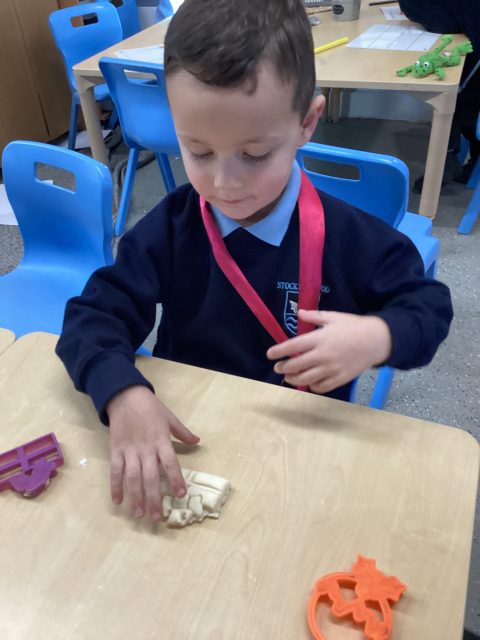
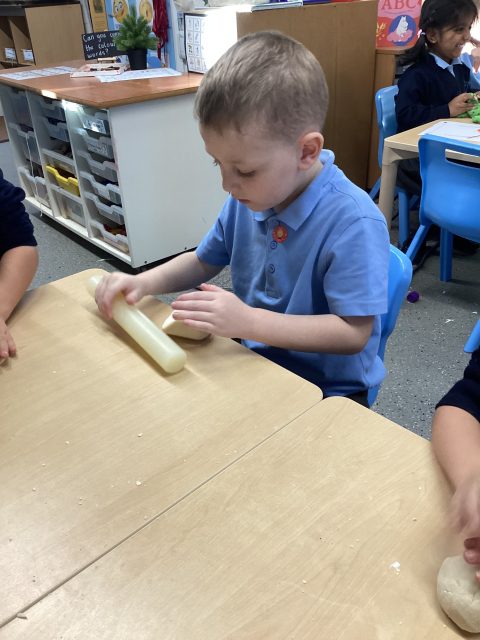
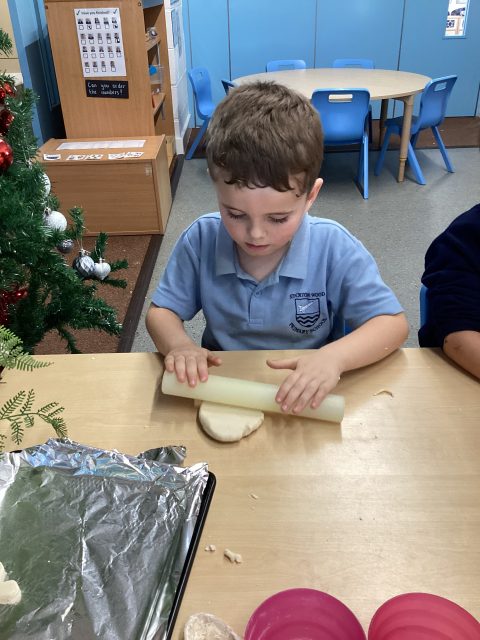
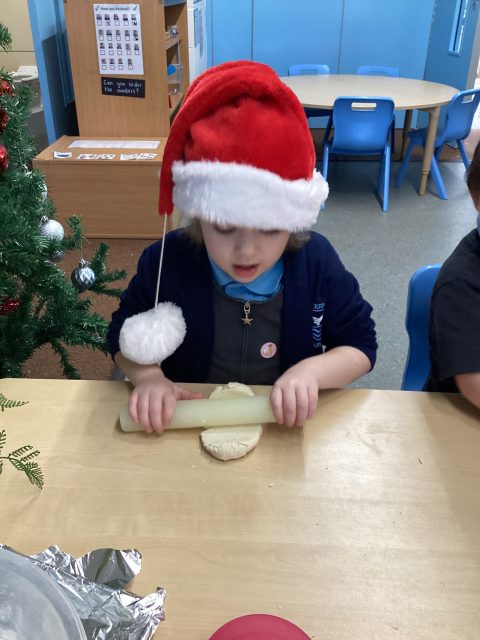
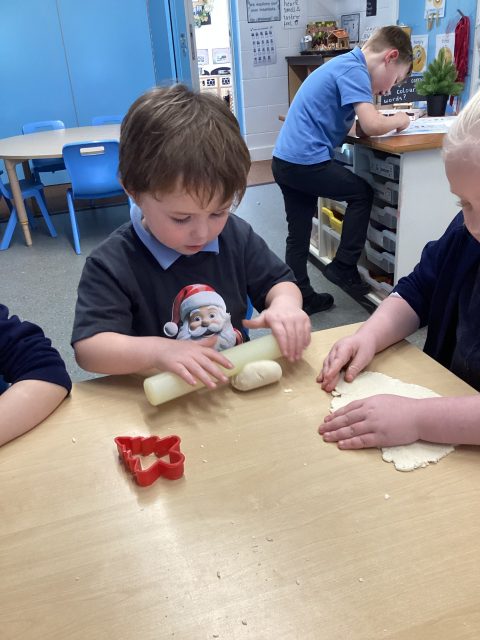
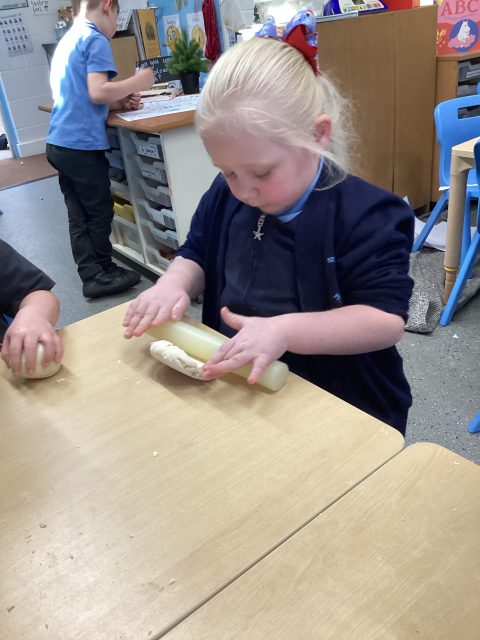
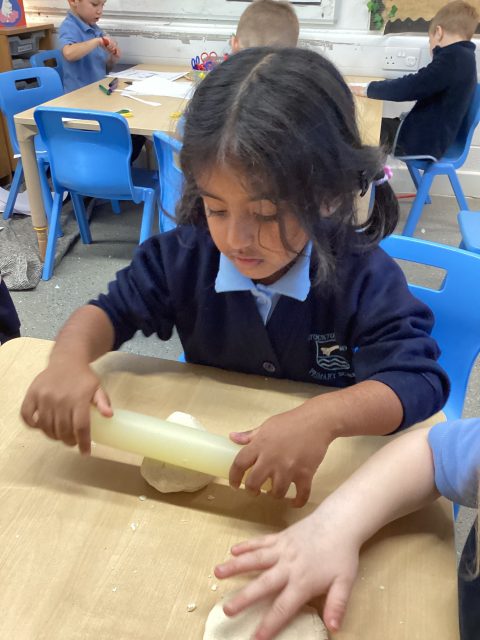
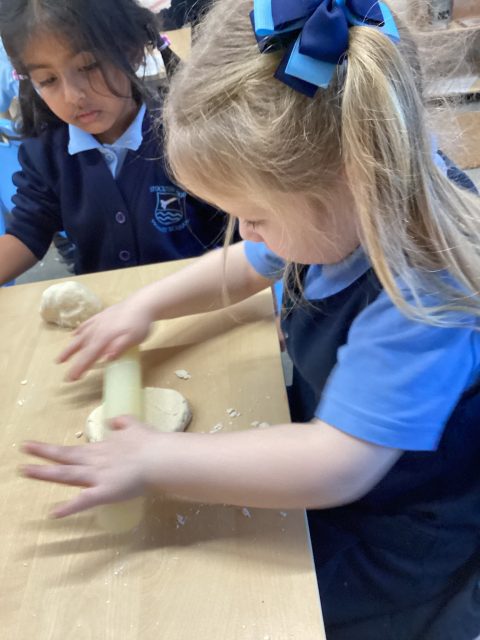

The Holy Trinity
This week, we had a visit from Reverend Fiona during our RE lesson. She explained why the Holy Trinity is important to Christians and what the symbols represent.
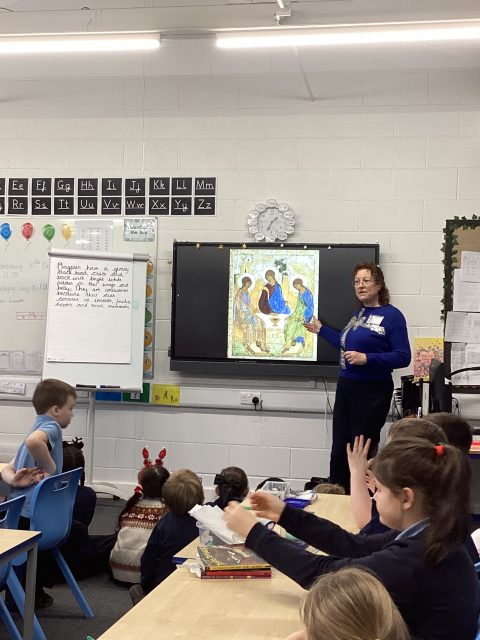
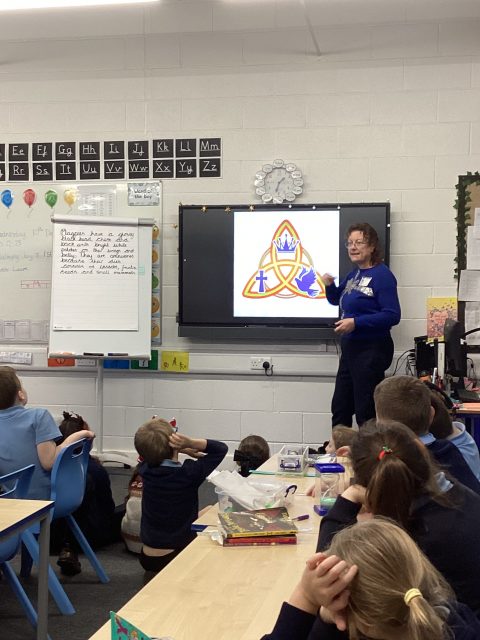
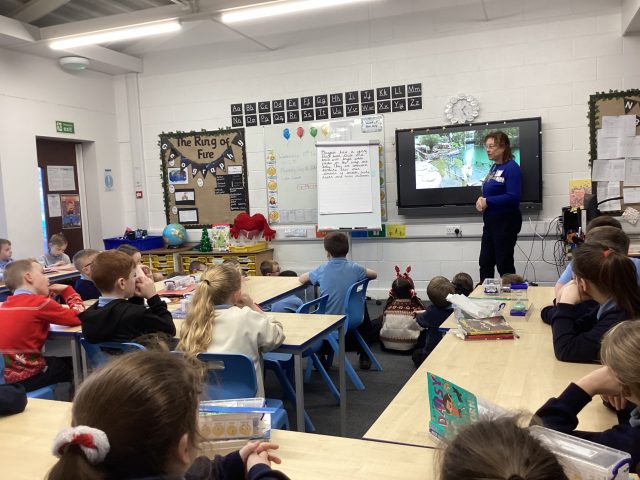
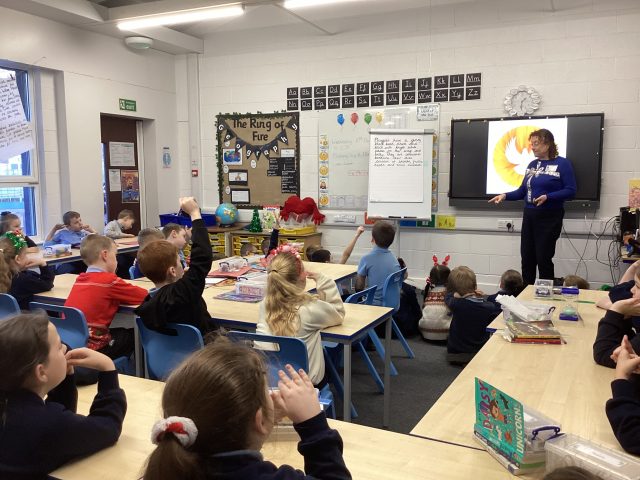


Reception Nativity
Well done Reception you did amazing in your nativity. You learnt all your lines and lots of songs. A big thank you to all the adults at home who helped the children learn their lines and pick their costumes. Thank you for coming and watching the show. A big round of applause for the children’s amazing performance!
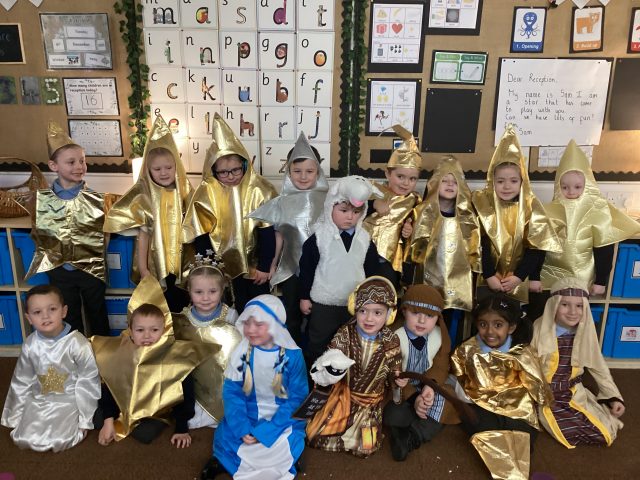


The Nativity Story
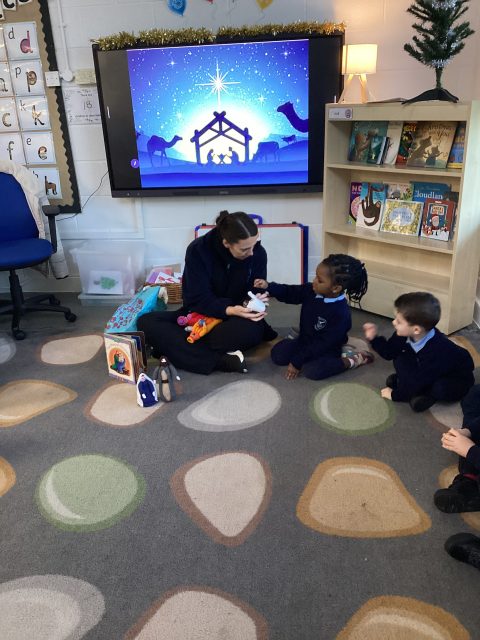
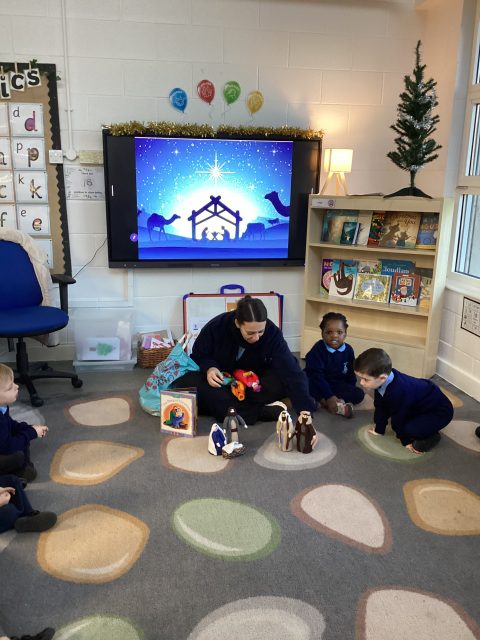
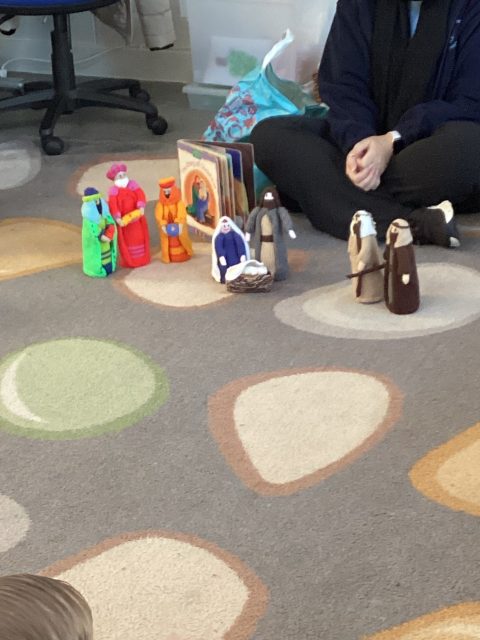
We consolidated our learning about the meaning of Christmas from visiting the church by rereading the Nativity story. We used our story props to help our story come to life. Children were amazing at remembering some of the key names like Mary, Joseph and Jesus. We talked about how much of a special time this is for Christian families.
517
Christmas has arrived!

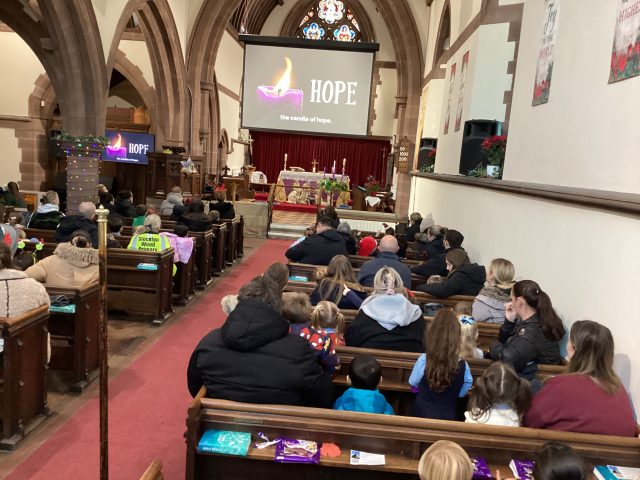
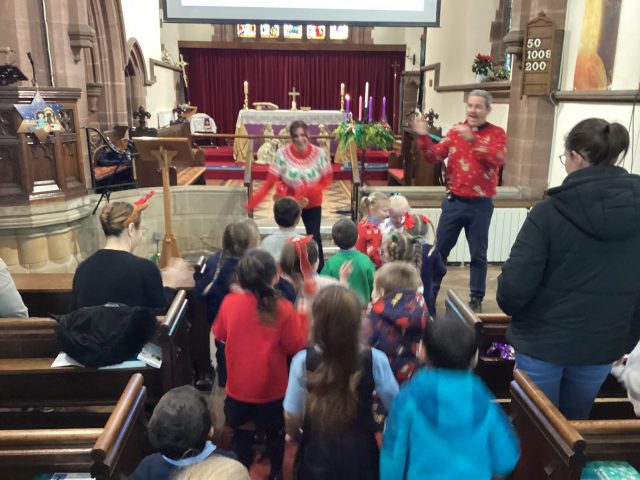
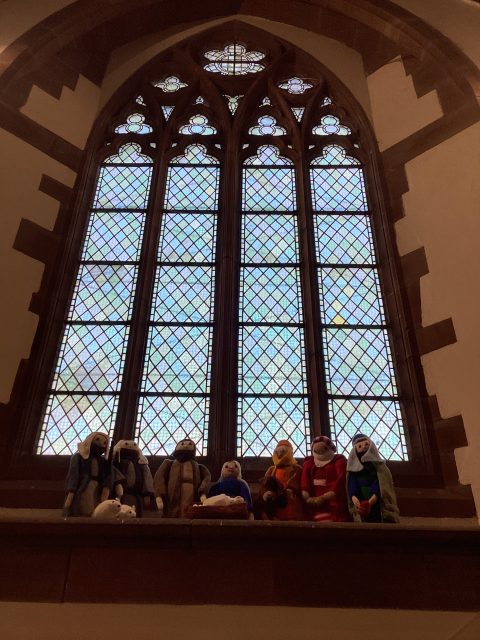
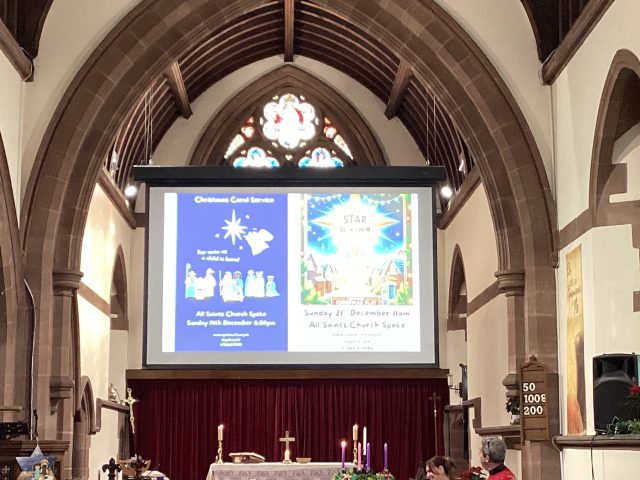
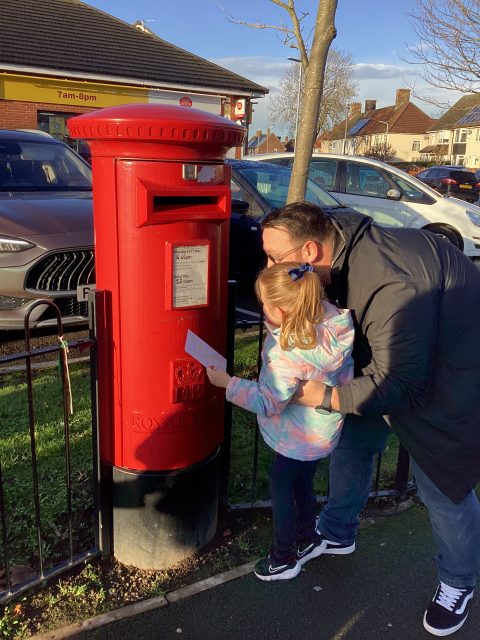
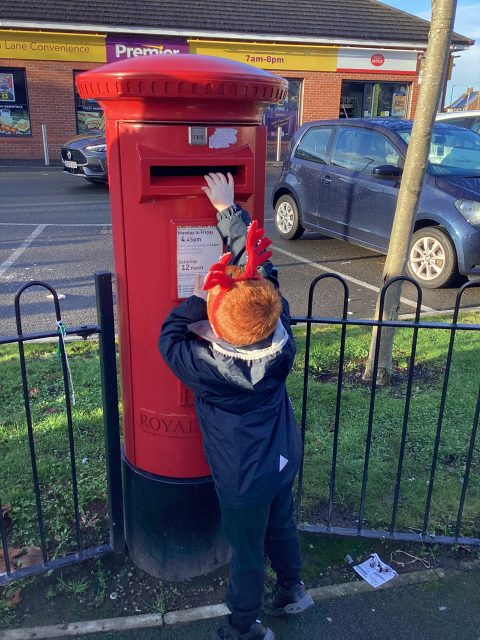
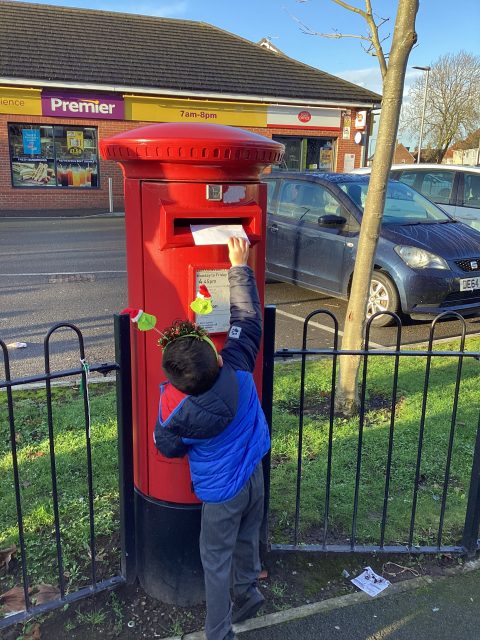

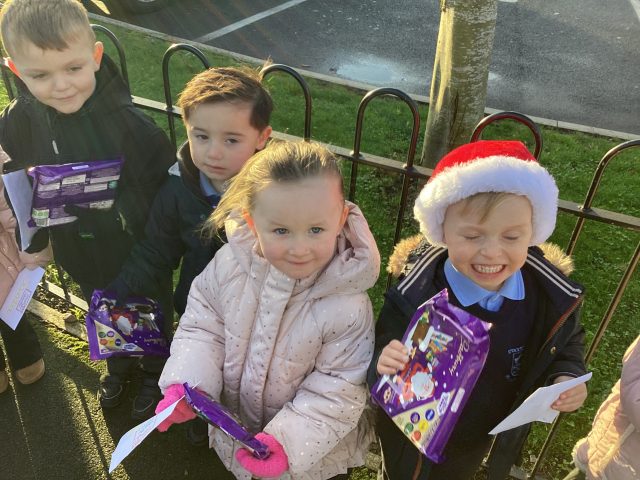
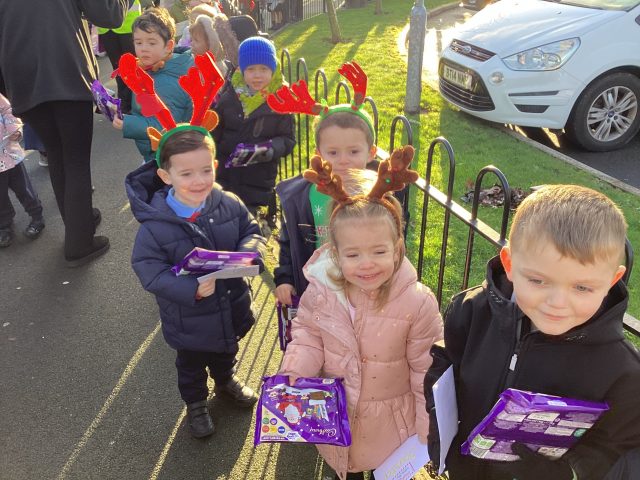
Wow what a magical day we had on Tuesday. We walked to the post box and posted our letter to Santa. We were so grateful to our friend at Premier for our selection boxes – it was a lovely surprise. Then on to All Saints Church to meet Rev. Phil to learn all about the meaning of Christmas 🎄
506
Advent assembly with Rev Fiona
Key stage one enjoyed their assembly with Rev Fiona from All Saints Church. They learnt about advent and the meaning of Christmas.
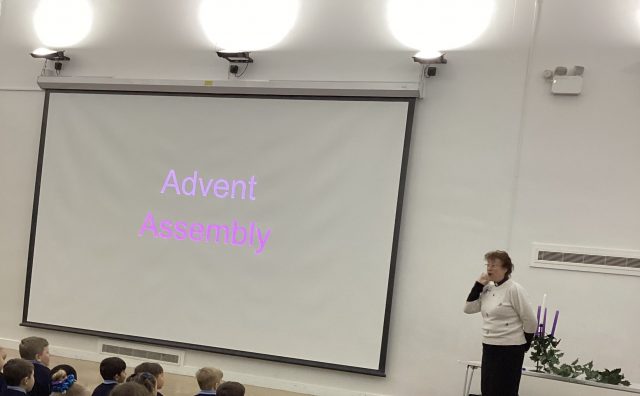
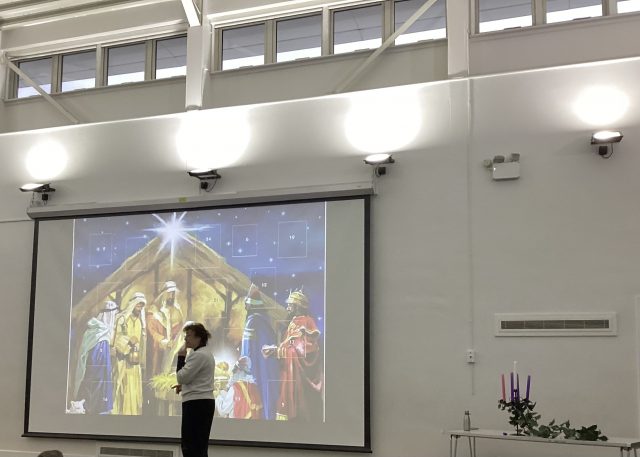
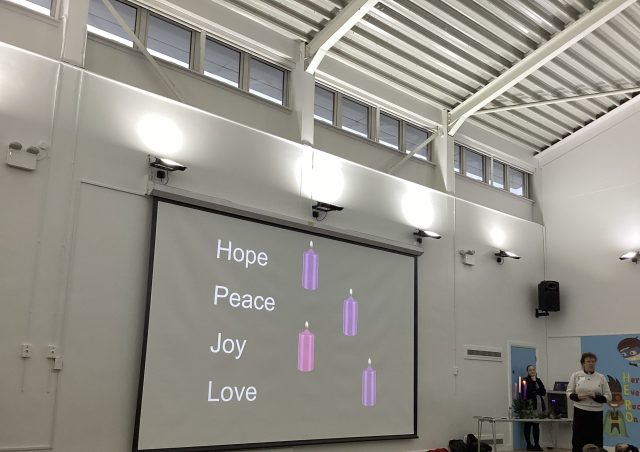

Hanukkah
This week Reception have been learning all about the Jewish celebration Hanukkah. We made our own menorahs and potato latkes. To make the menorahs we cut a paper plate in half and painted it gold with a big paintbrush.
To make our potato latkes we mashed the potatoes and grated the onions. Then we mixed the flour and salt into the mixture.
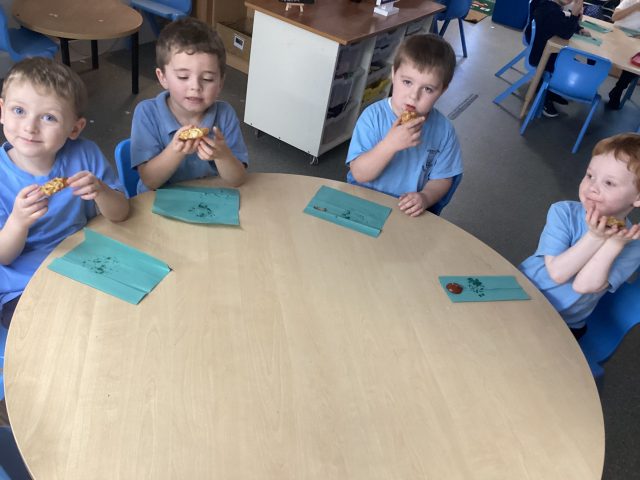
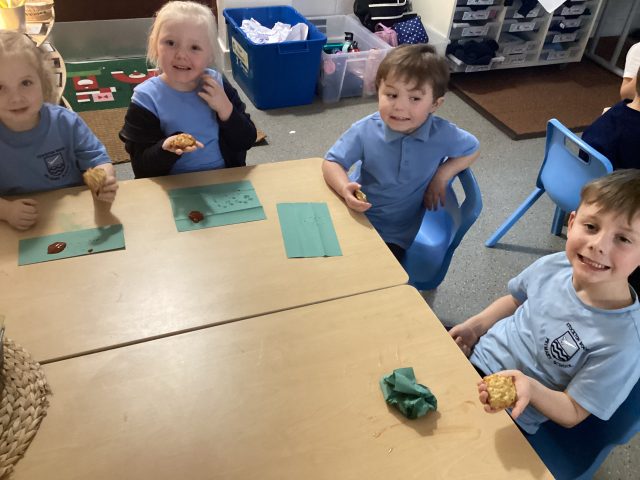
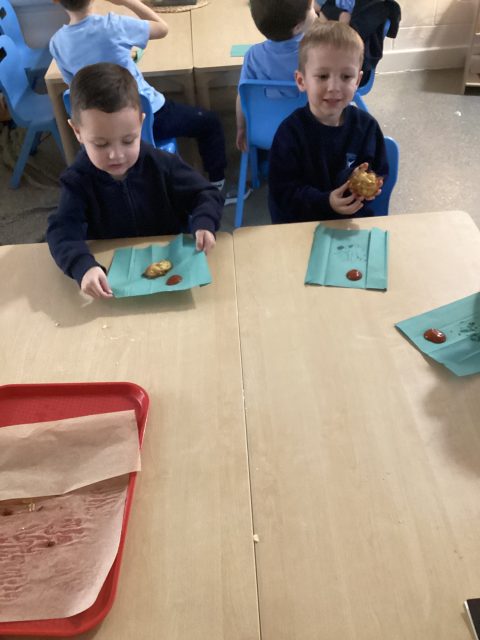
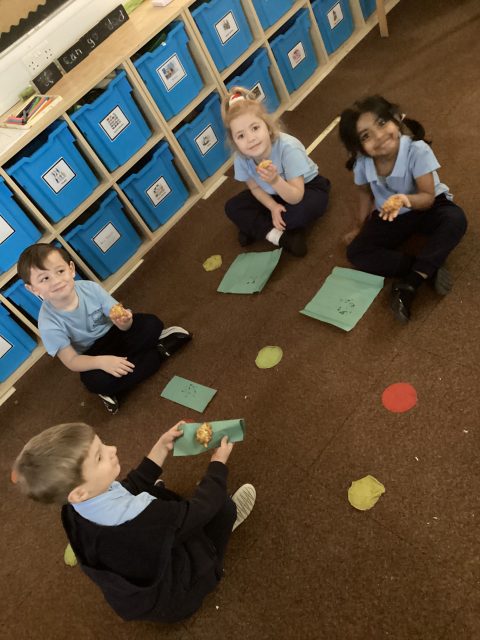
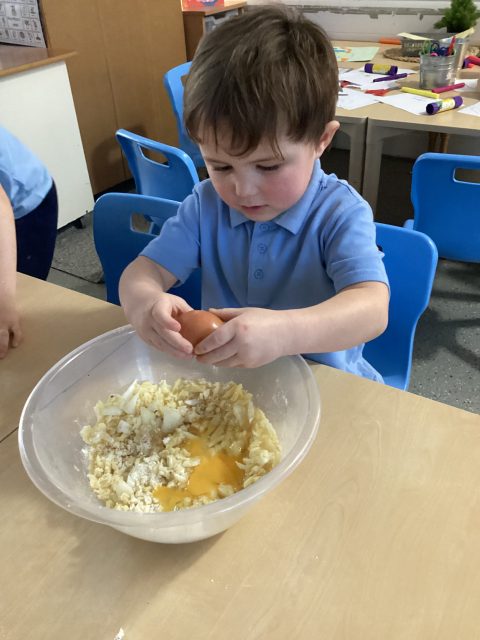
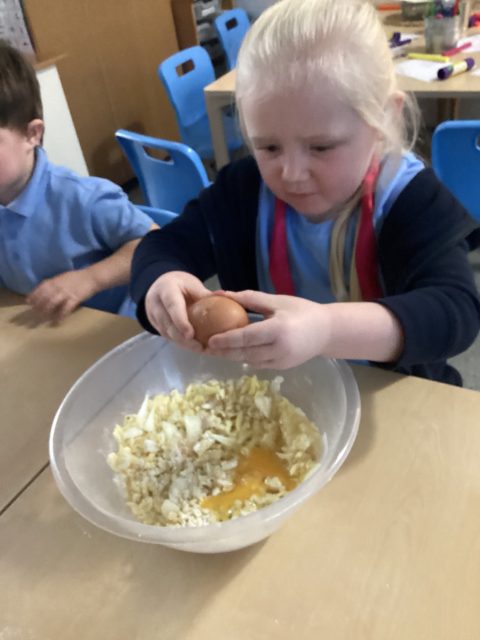
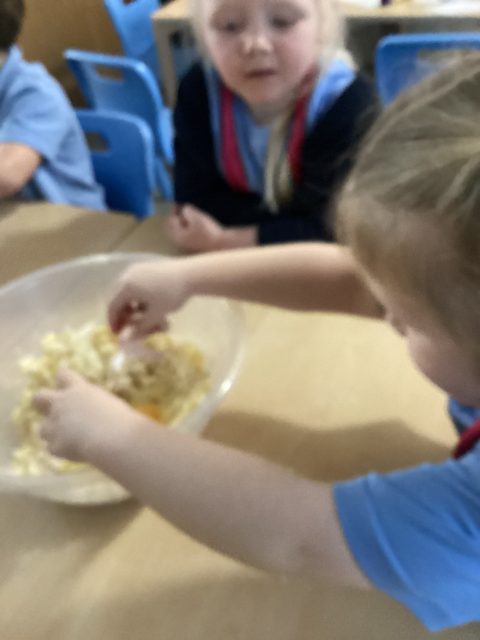
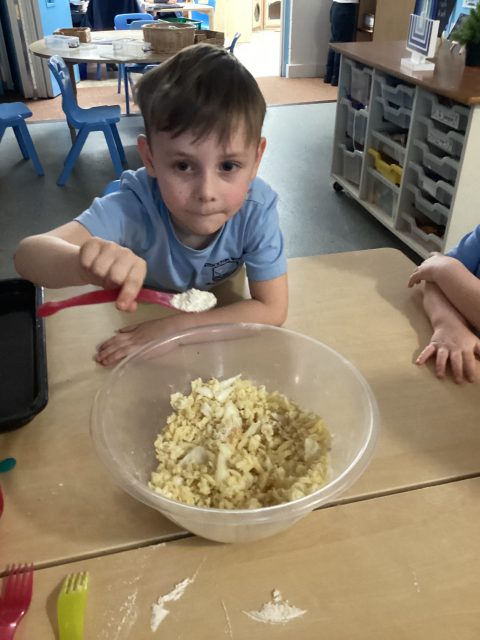
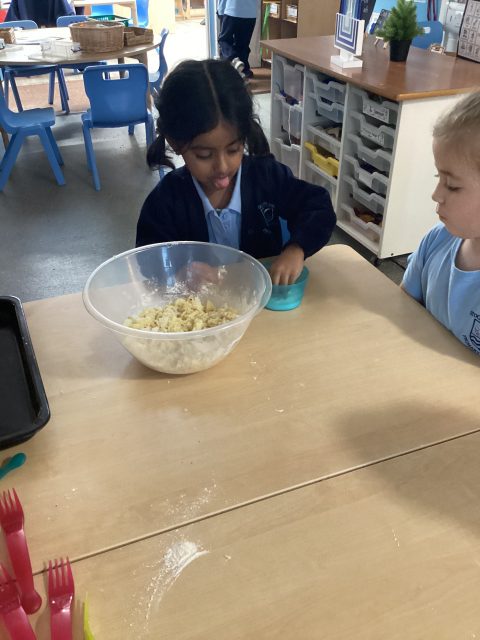
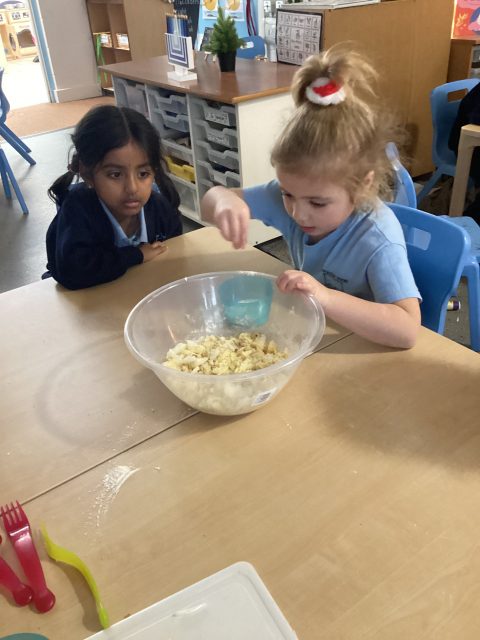
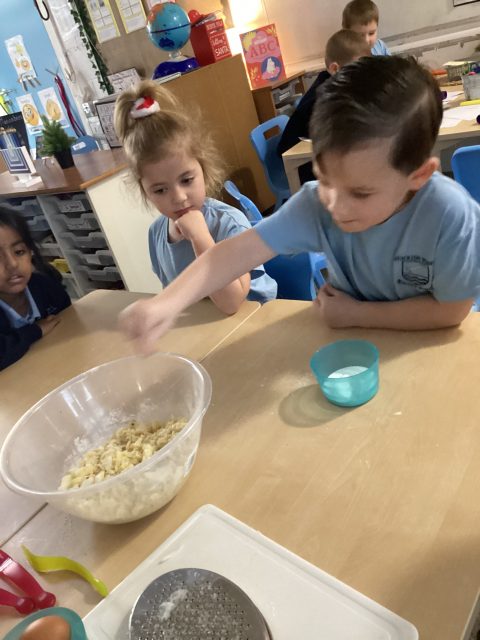
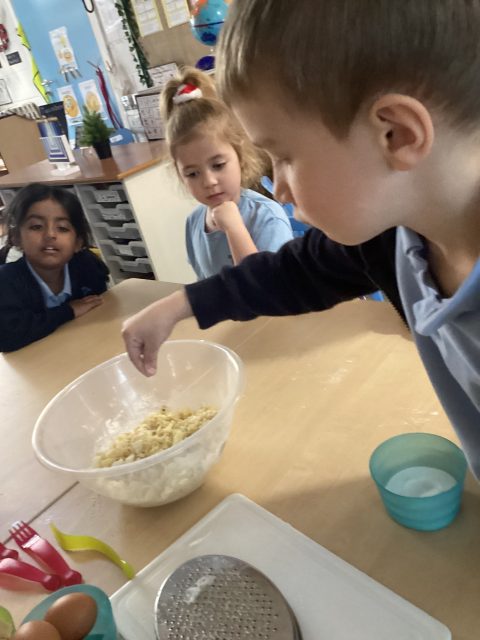
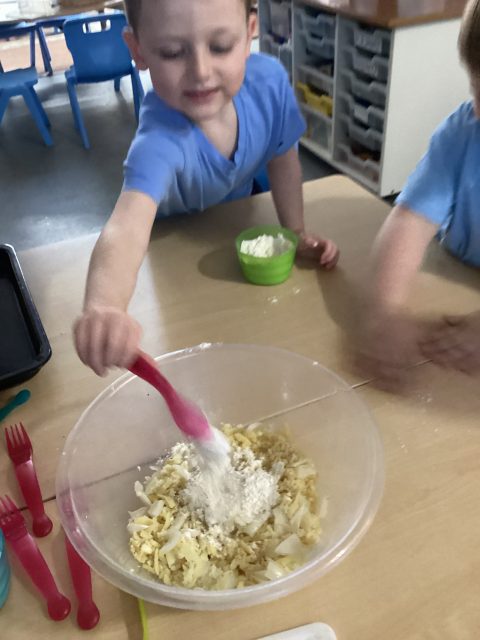
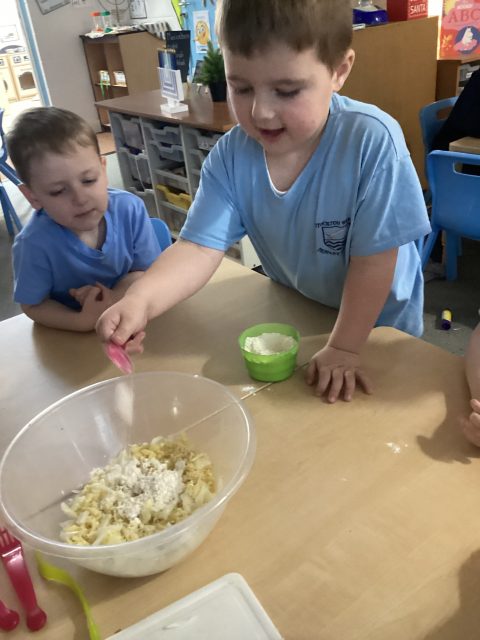
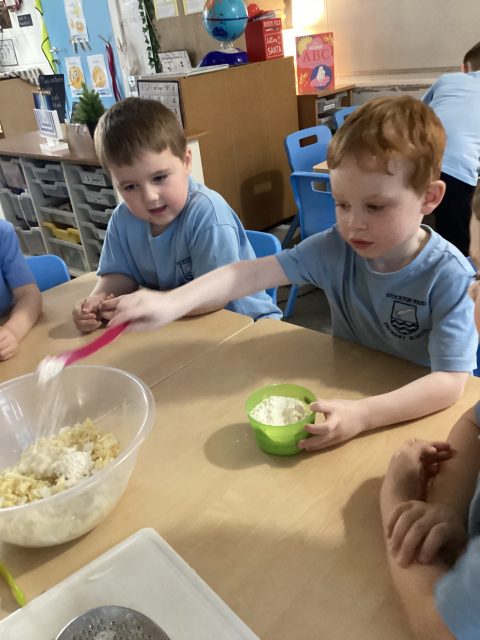
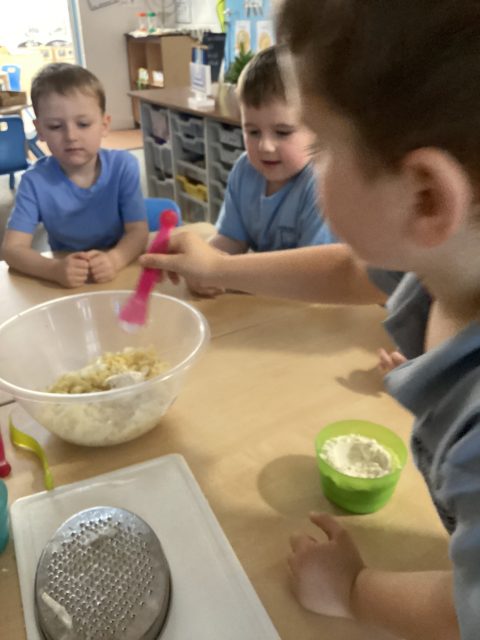
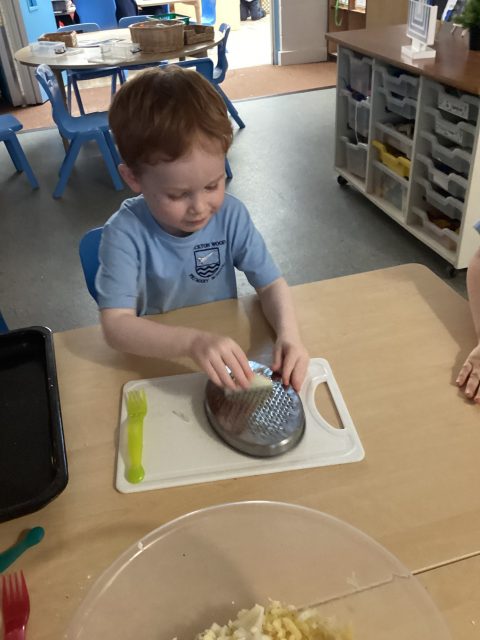
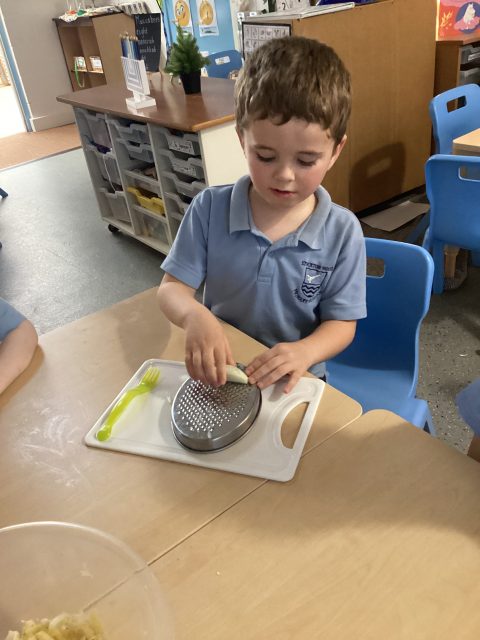
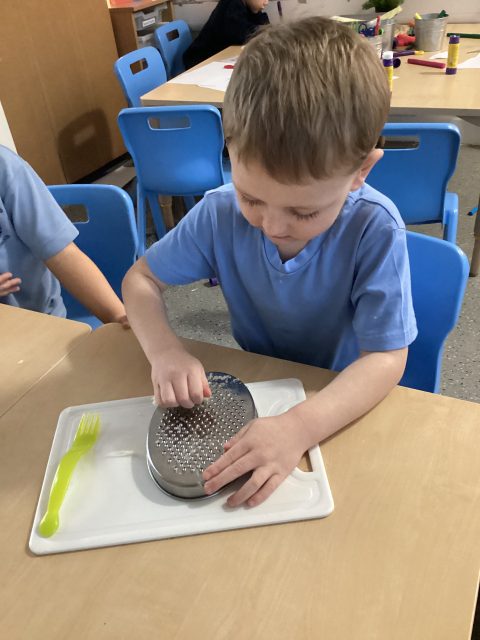
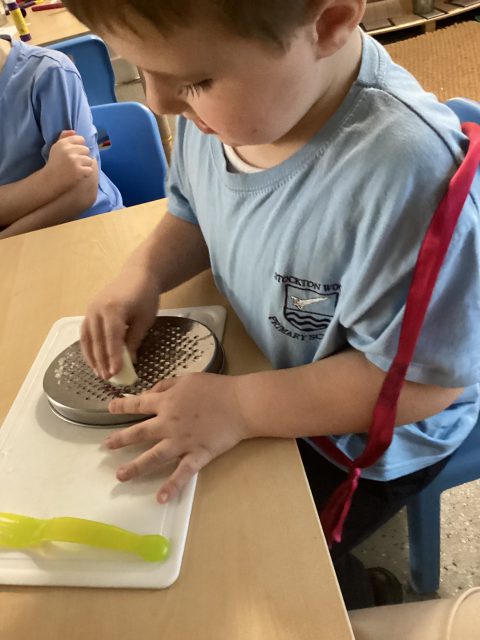
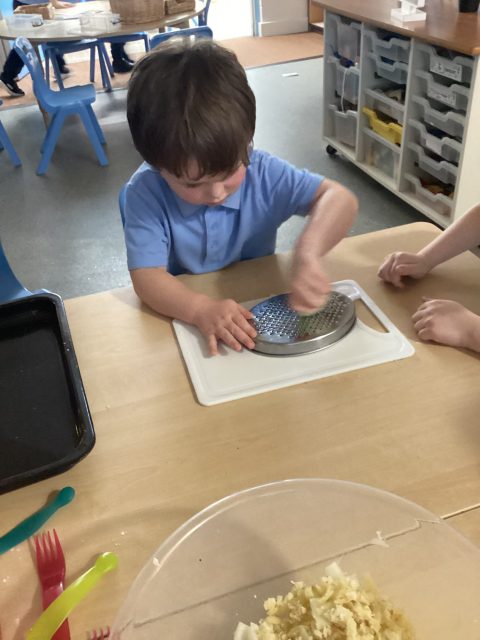
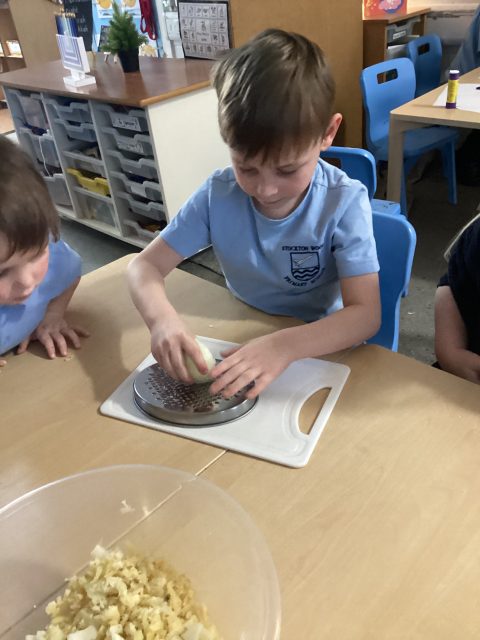
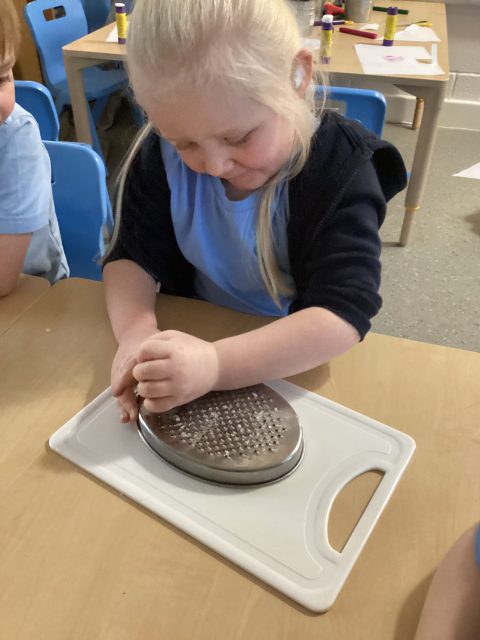
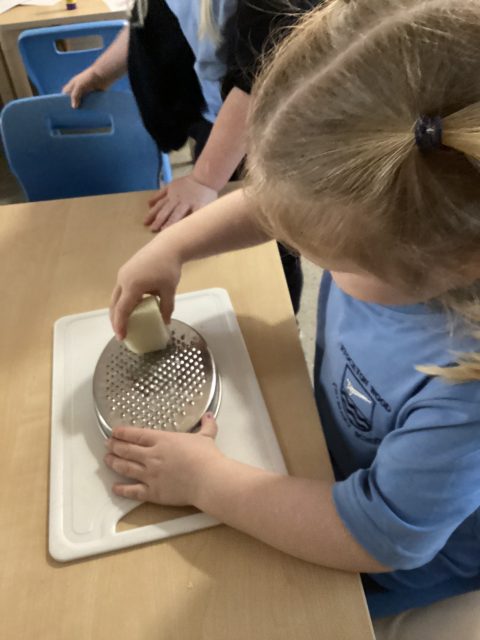
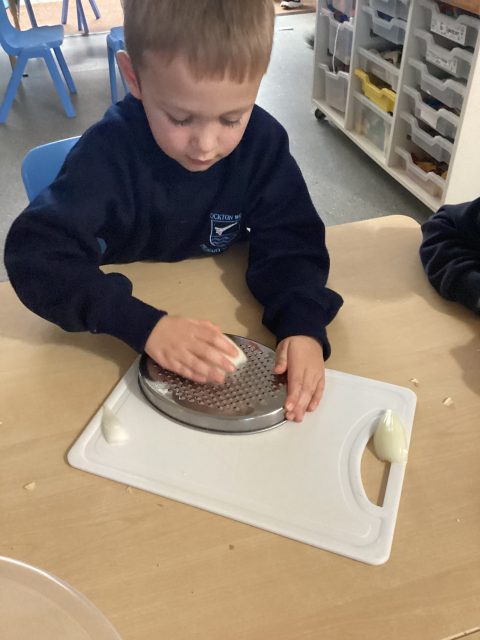
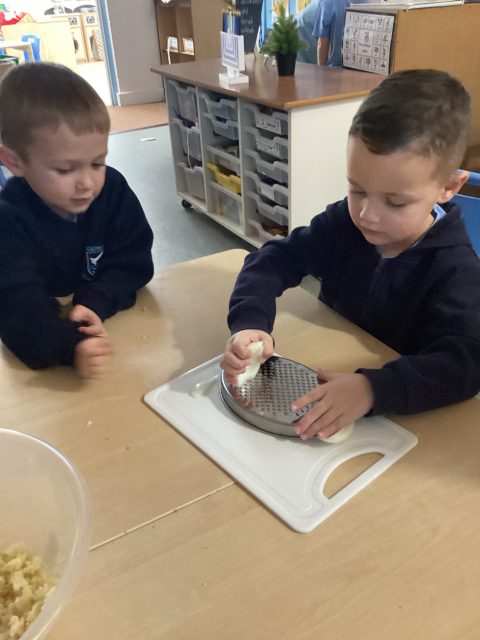
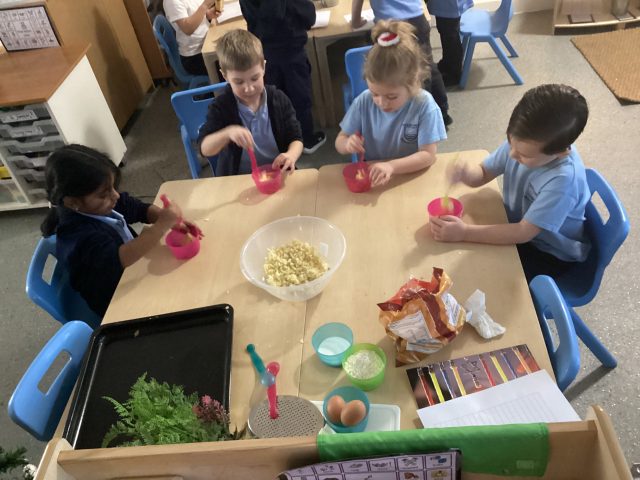
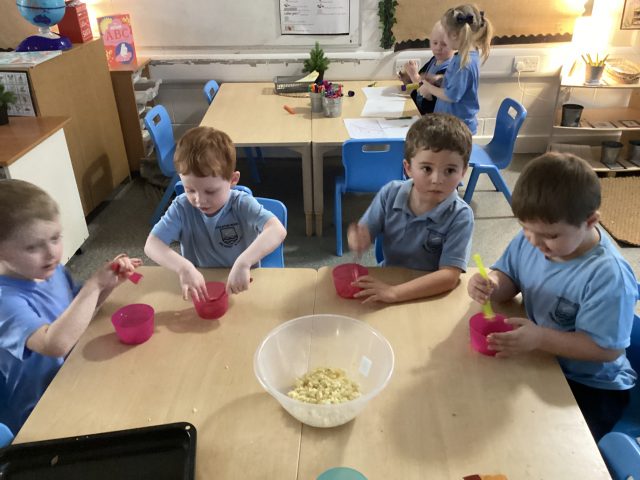
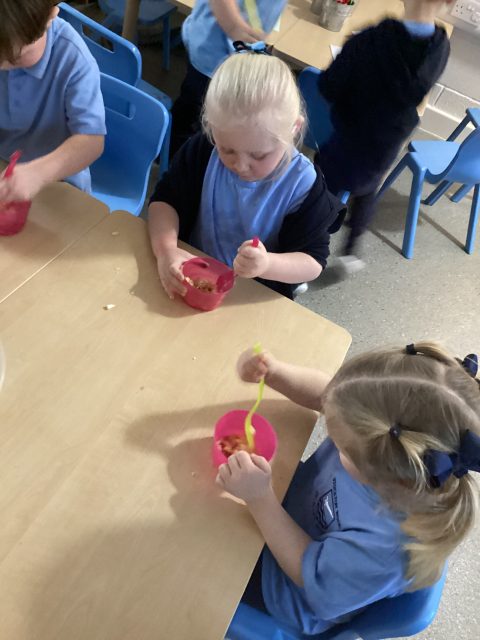
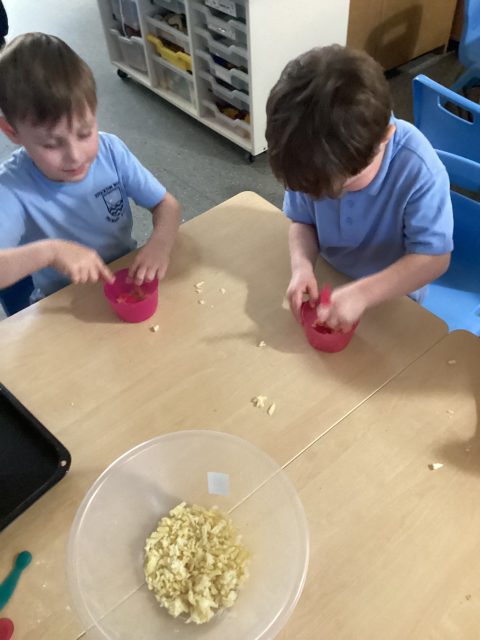
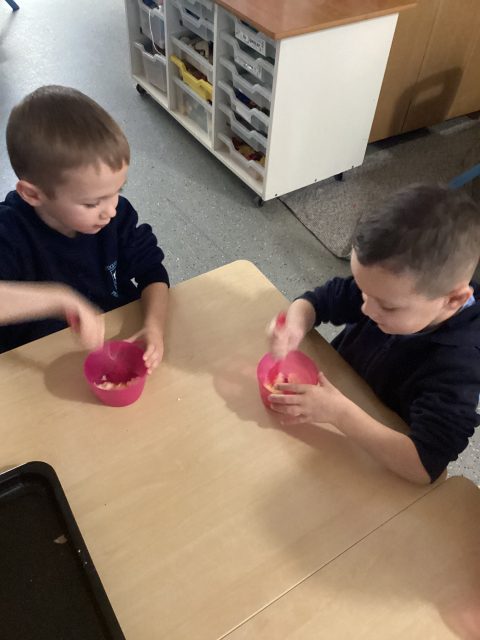
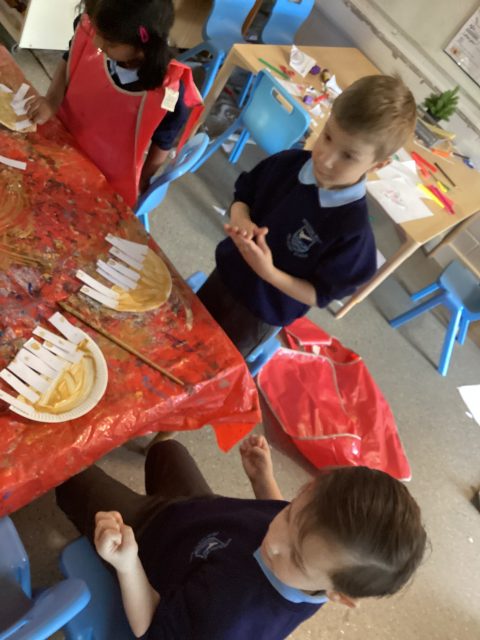
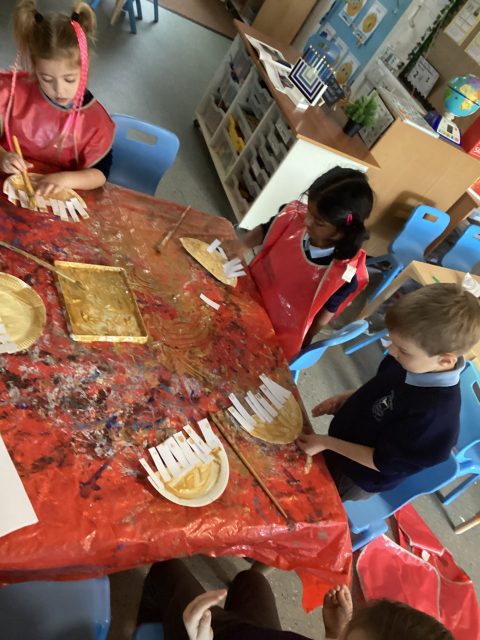
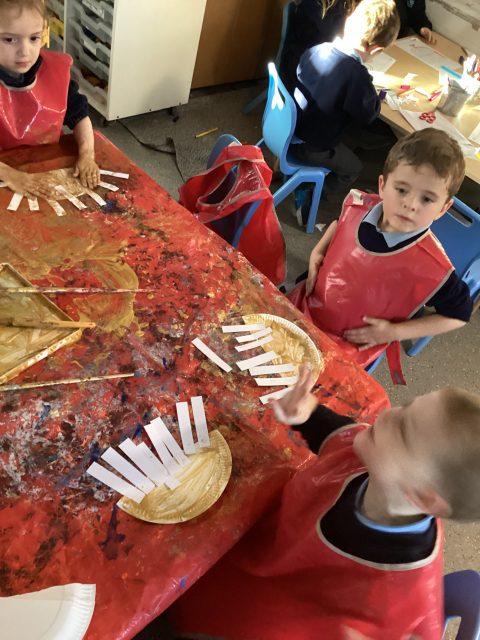
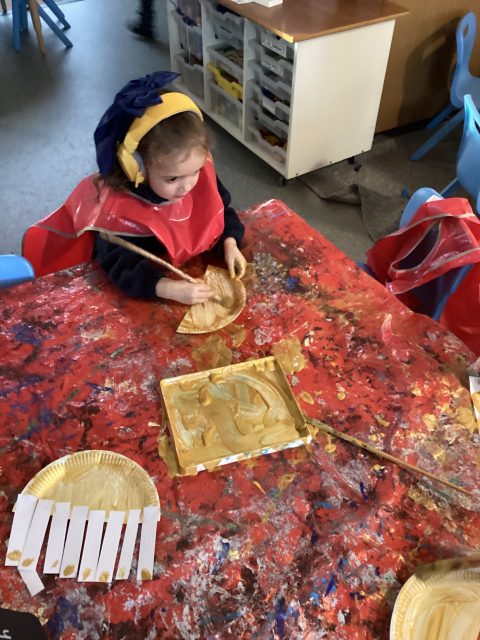
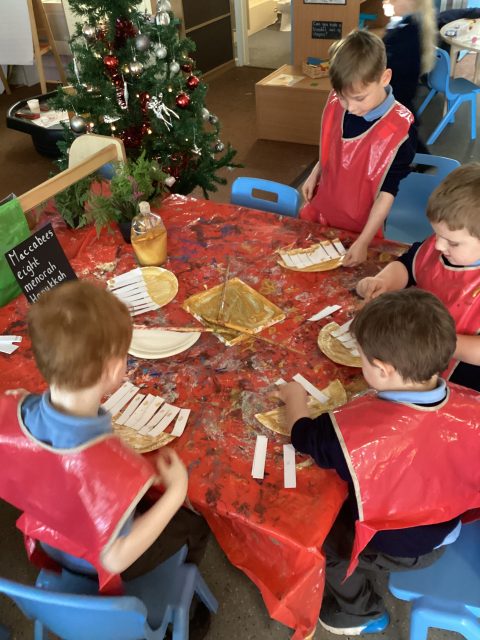
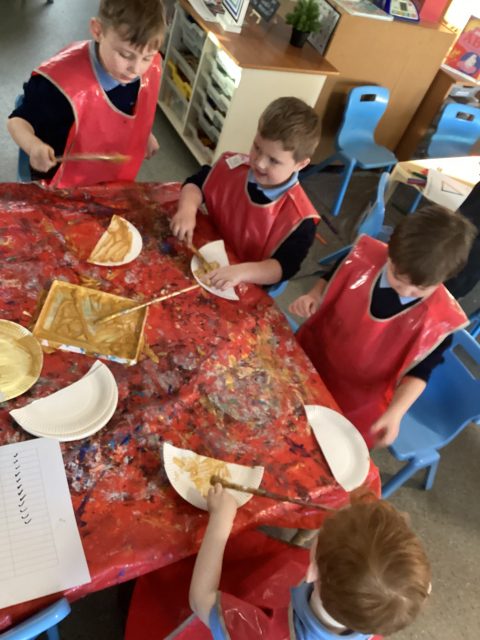
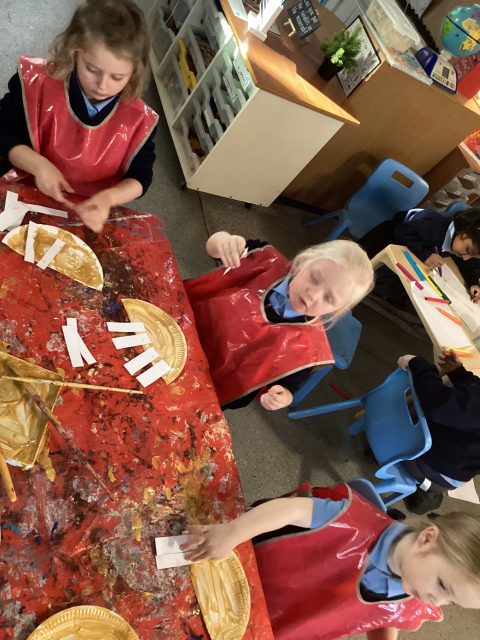
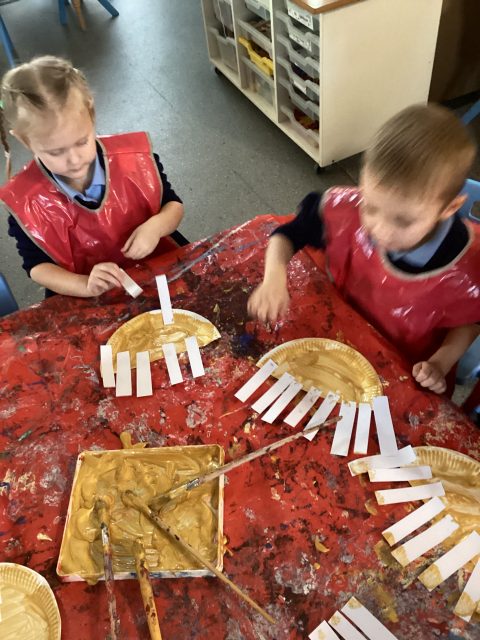
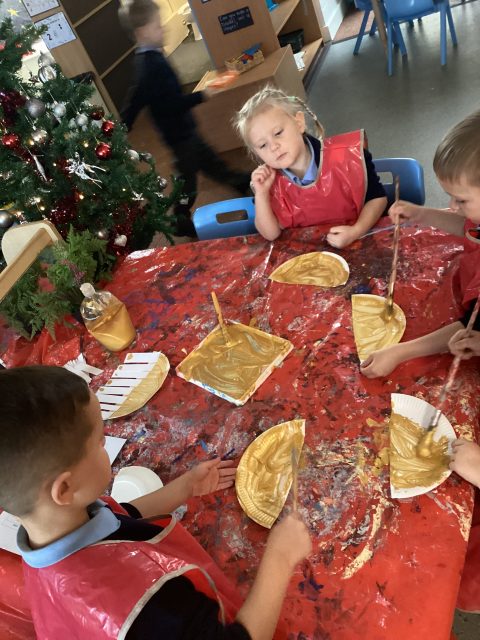
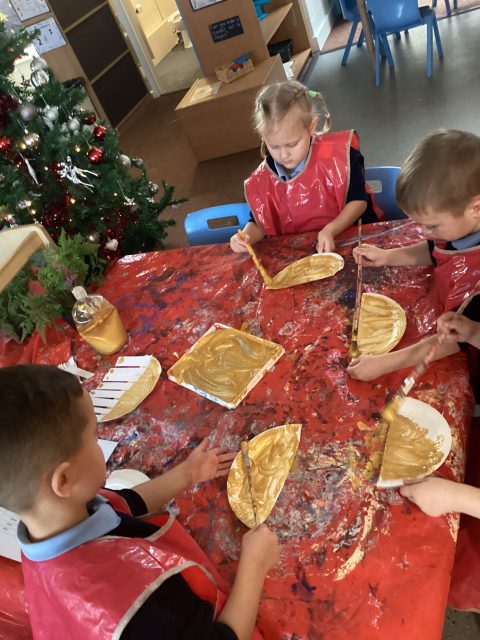
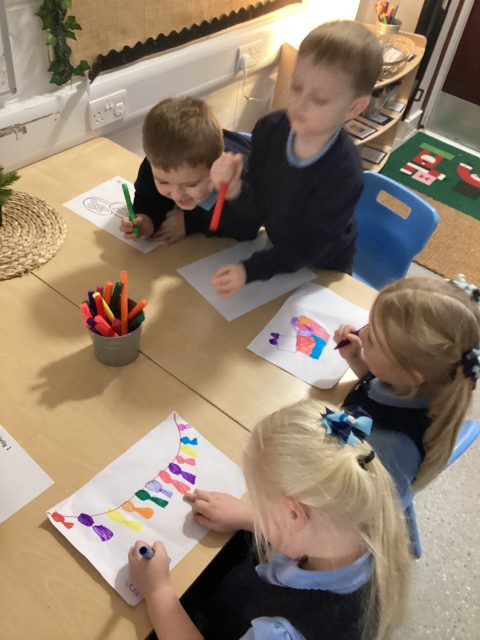
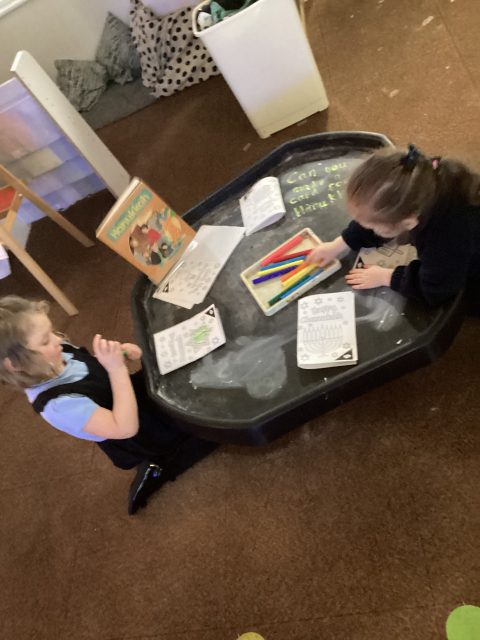
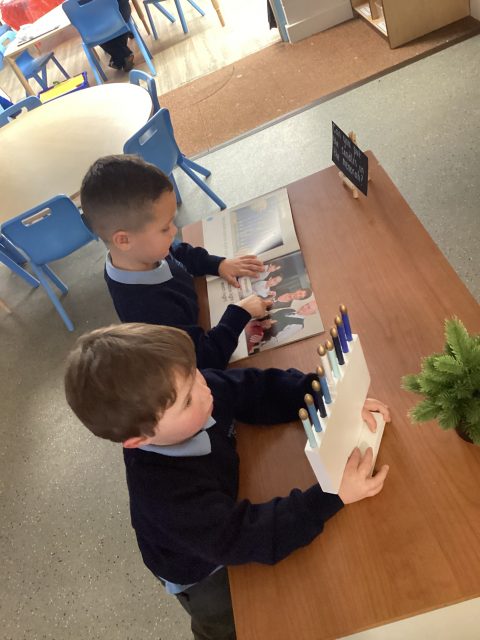

Our trip to The Church⛪️
Today Reception posted their letters to Santa. We wrote down what we would like for Christmas and then put a stamp on the letter to send it to the North Pole. We even got a surprise gift- we think it might have been from the elves?
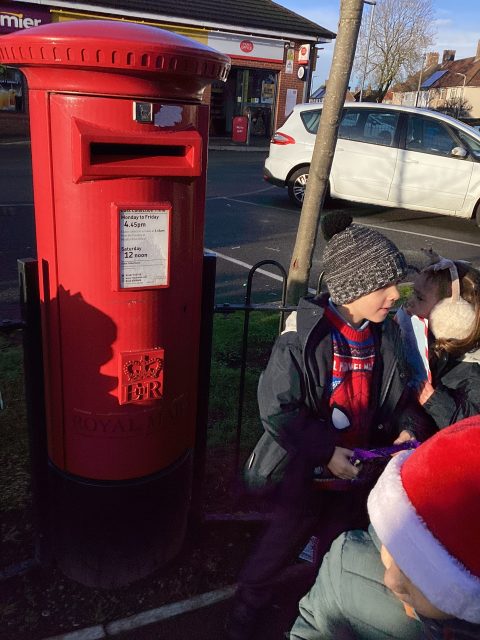
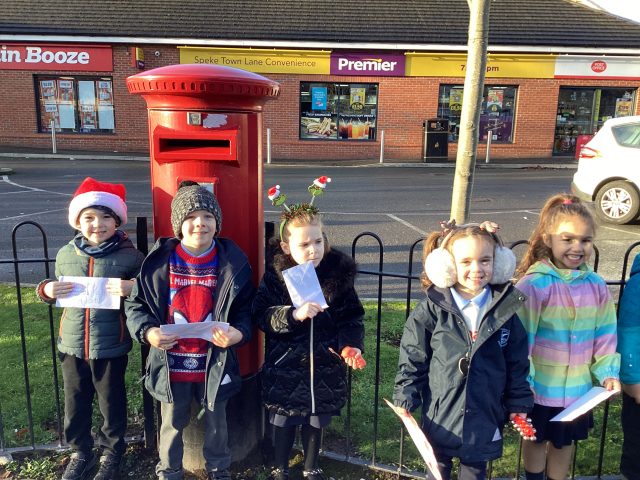
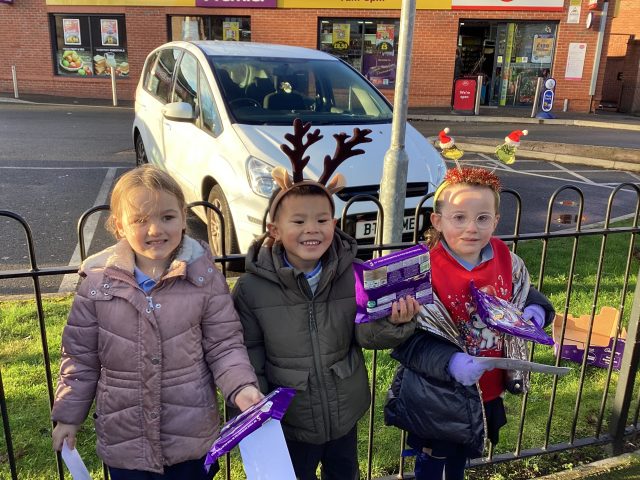
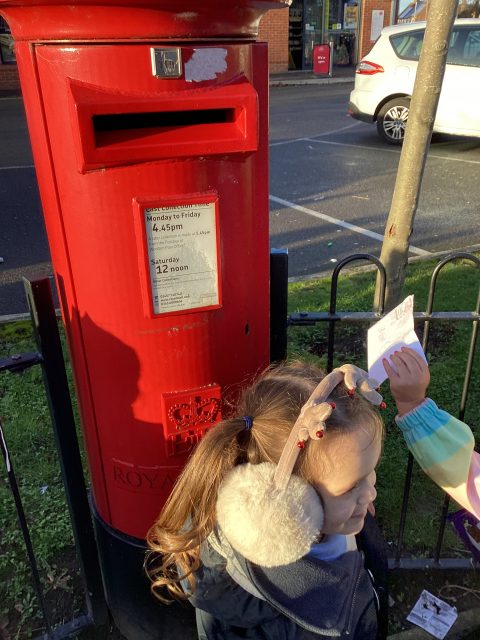
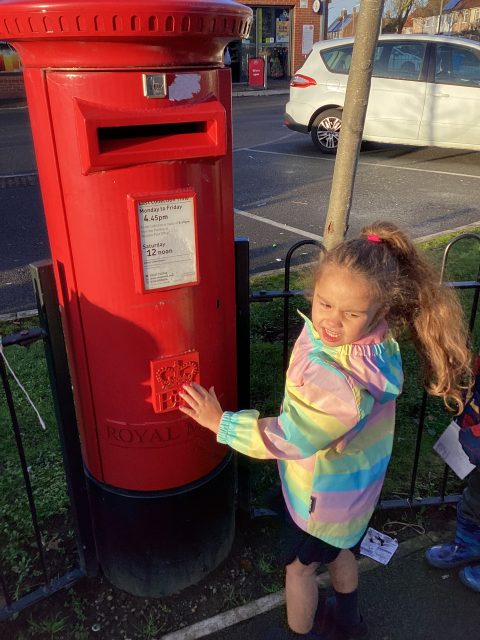
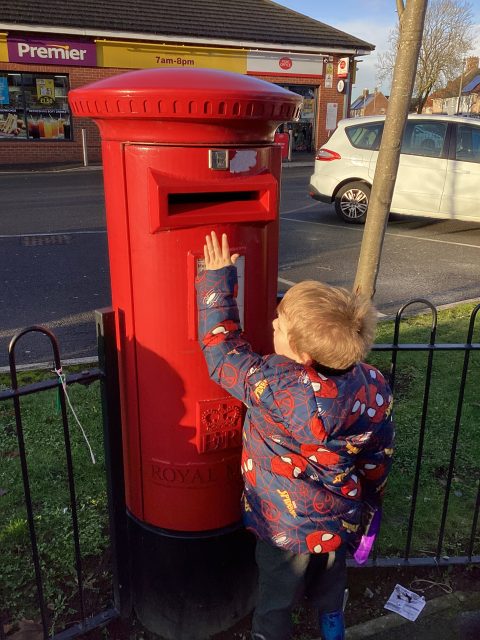
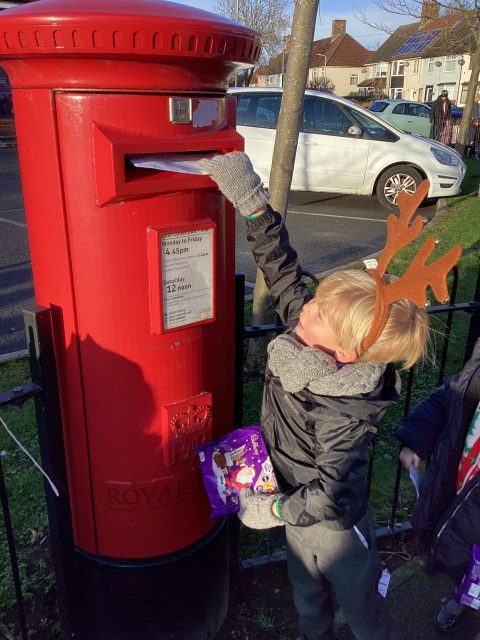
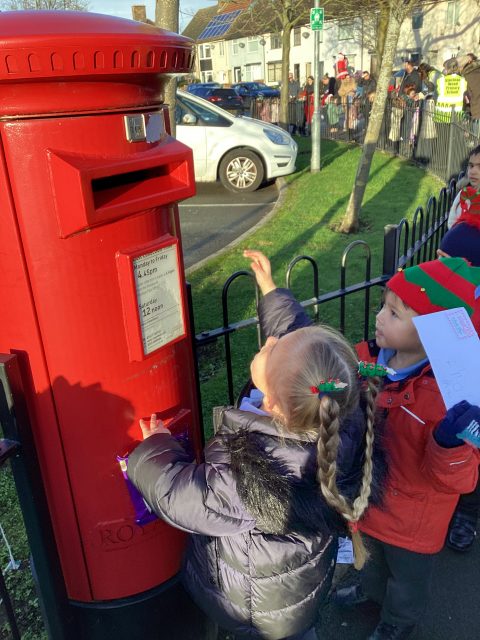
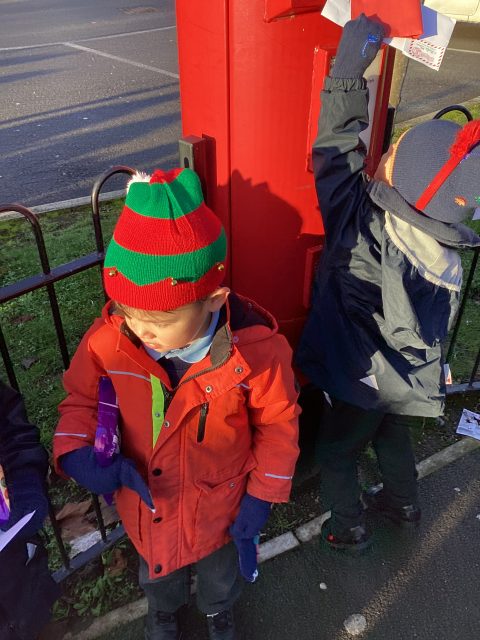
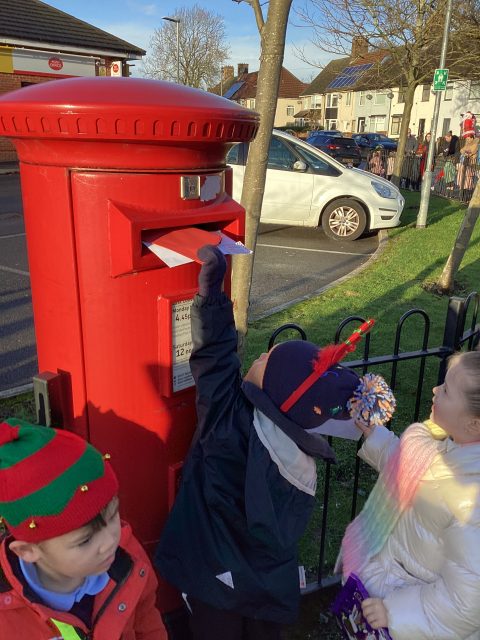
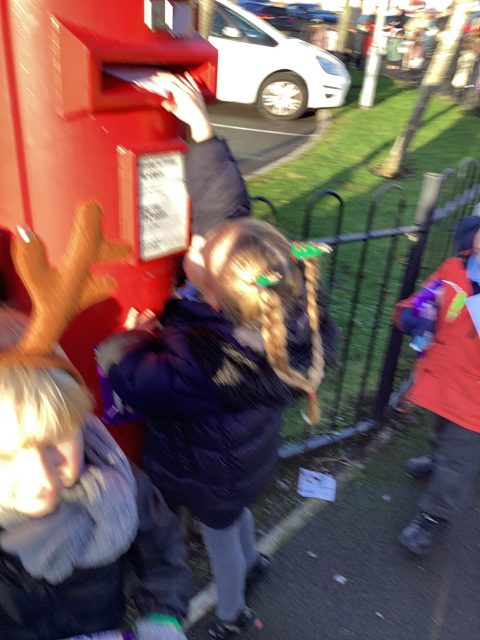
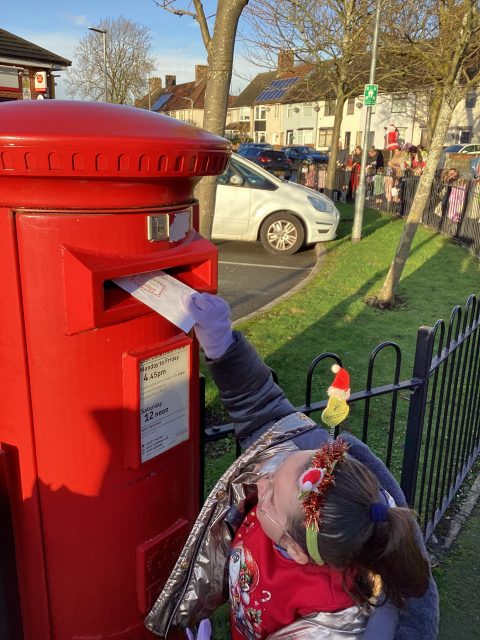
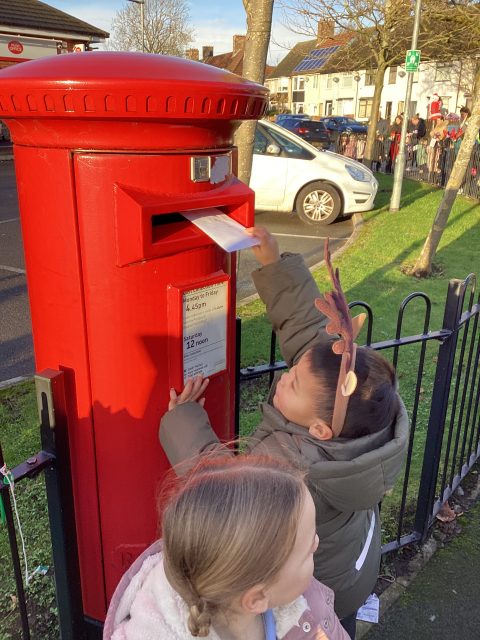
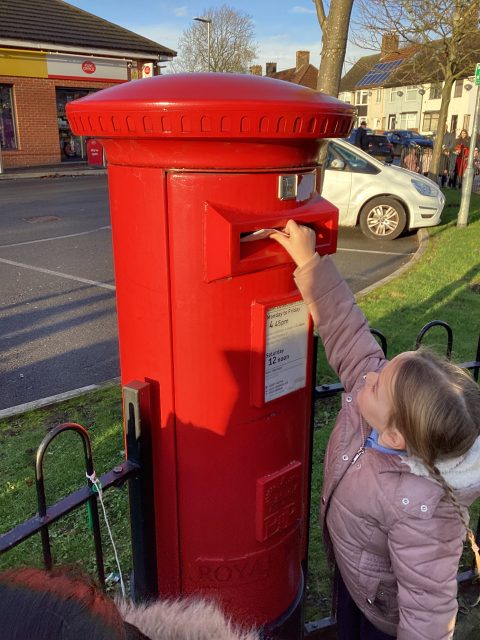
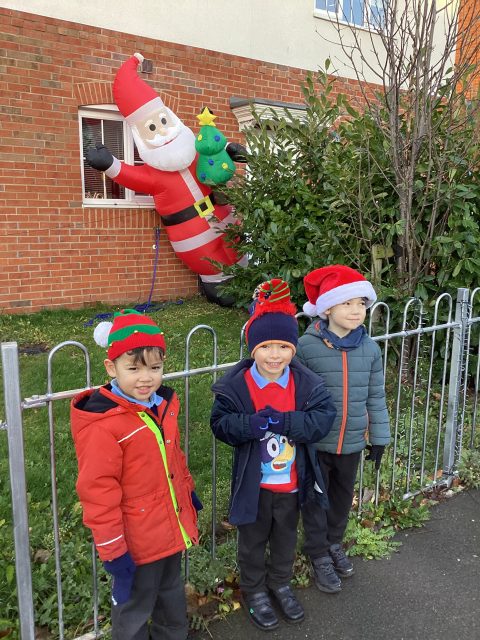
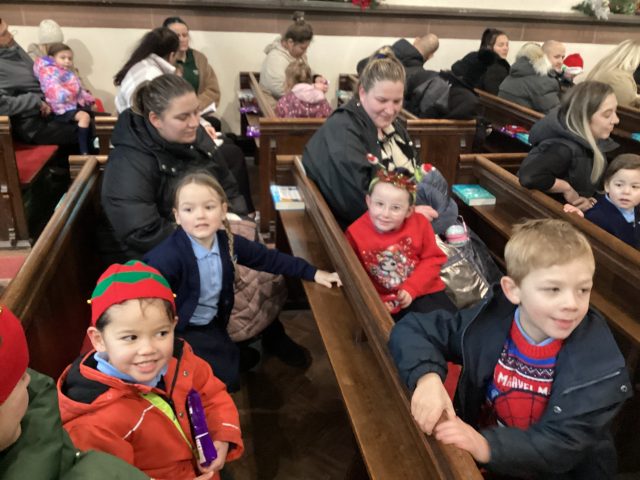
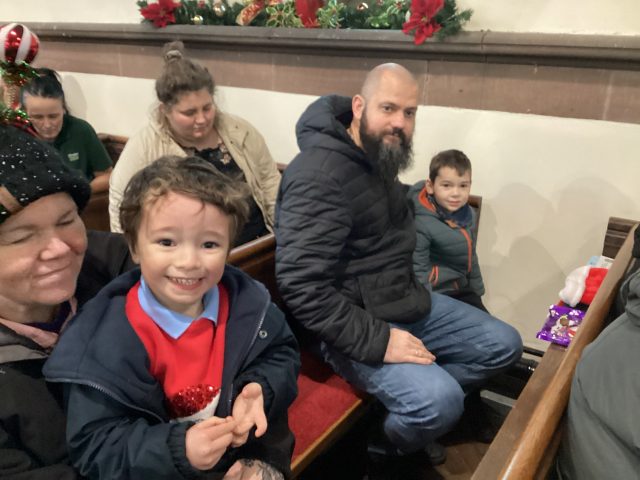
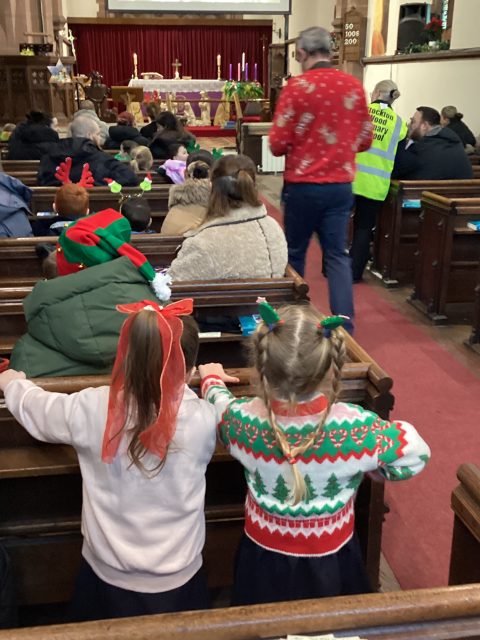
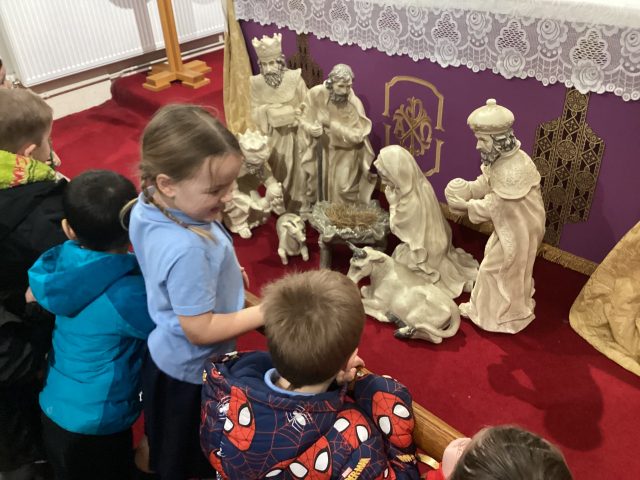

Sketching in Church
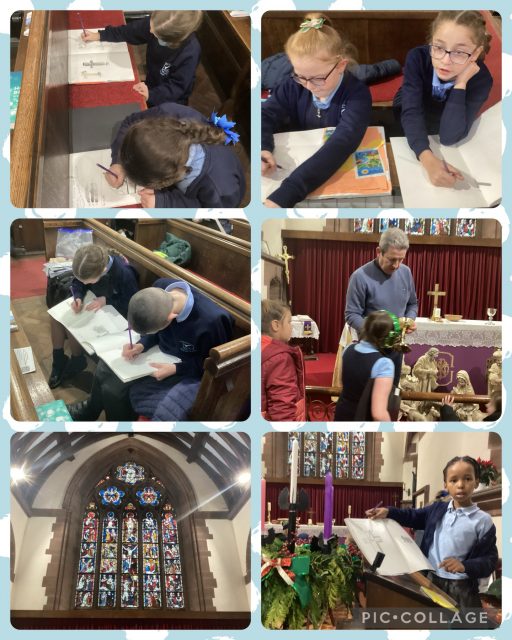
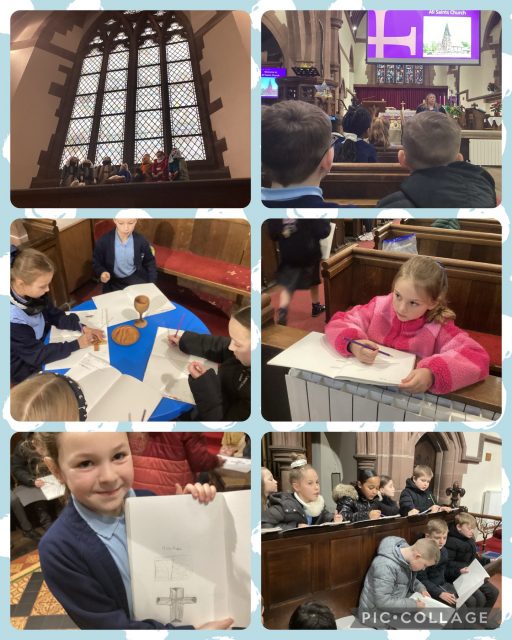
This morning, all of Year 4 went to visit All Saints church. We learnt all about the symbols used in a a church. We then had some time sketching: the stain glass window, the cross, nativity, cup and bowl and nativity candle.
247
Letters to Santa
Today Reception posted their letters to Santa. We wrote down what we would like for Christmas and then put a stamp on the letter to send it to the North Pole. We even got a surprise gift- we think it might have been from the elves?
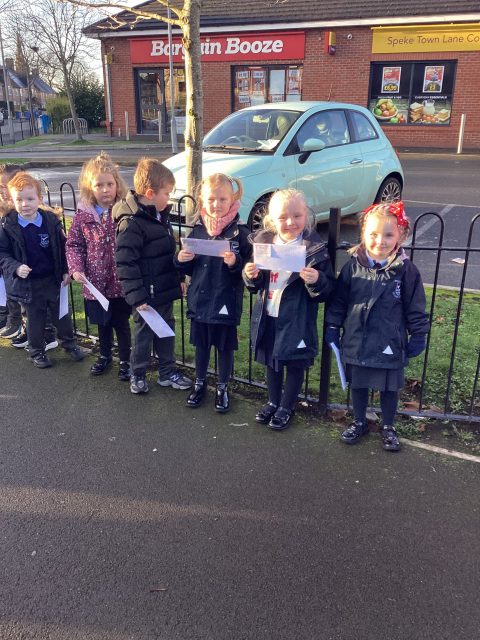
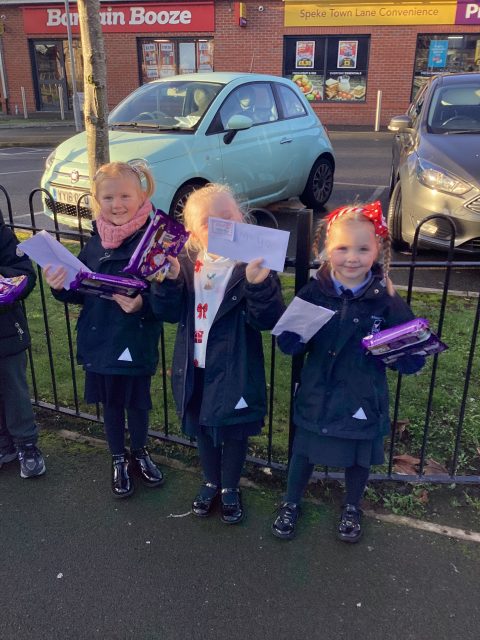
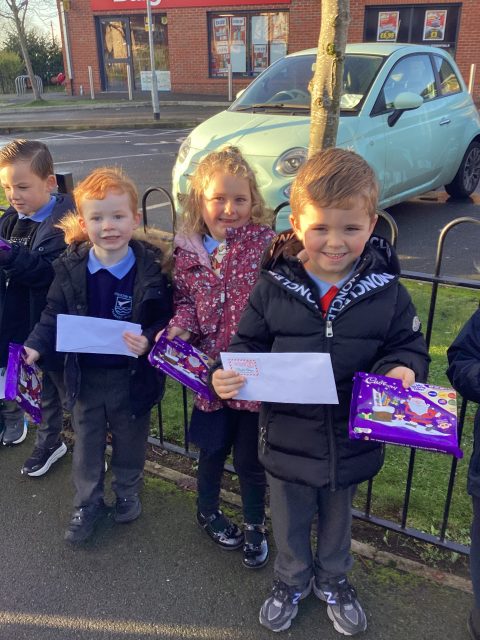
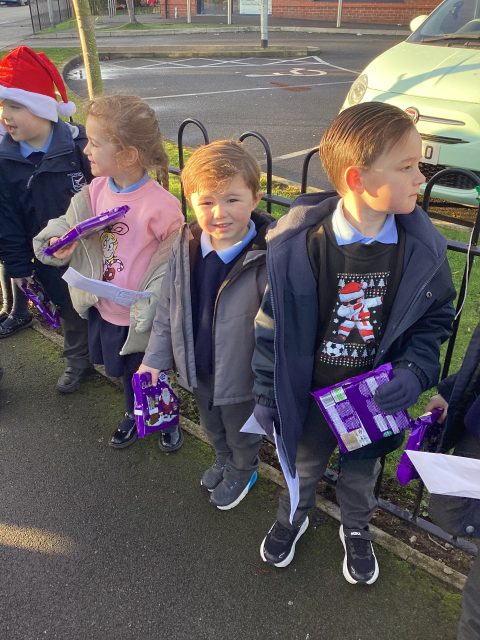

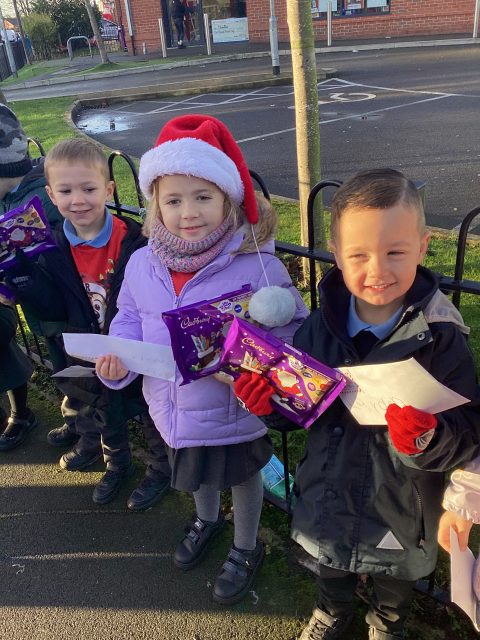
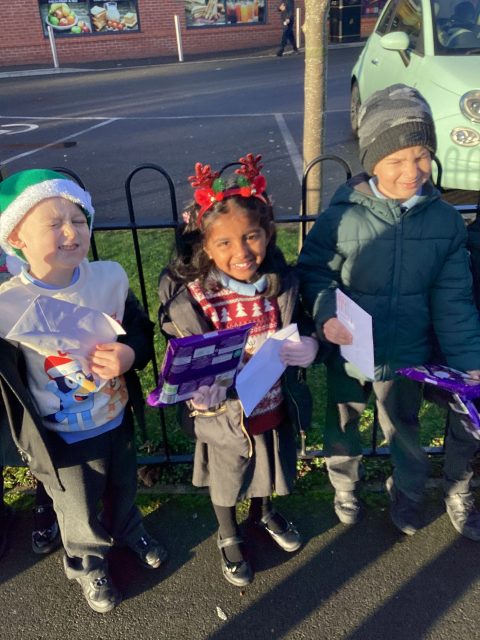
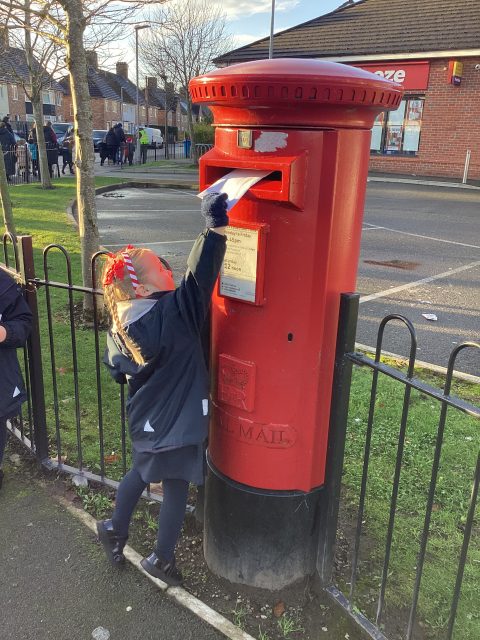
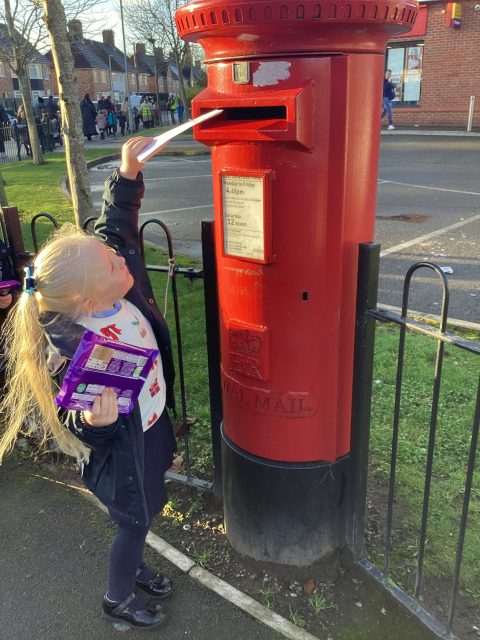
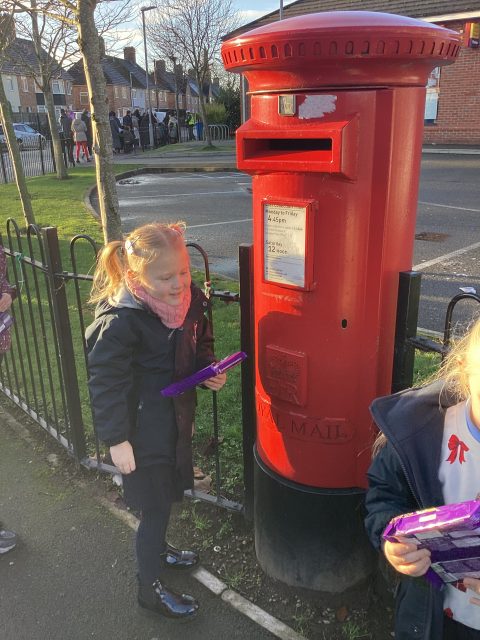
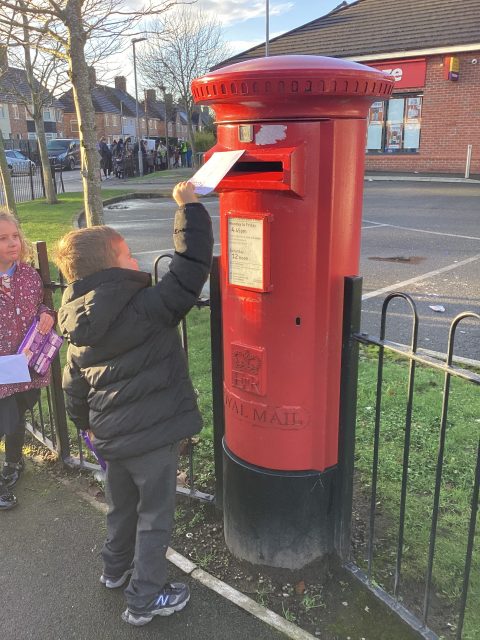
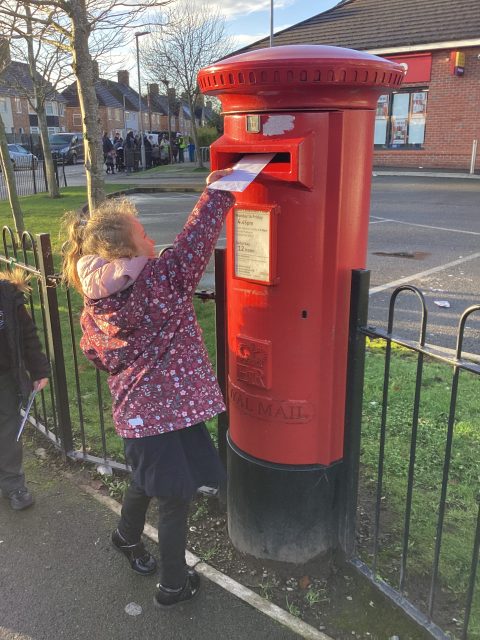
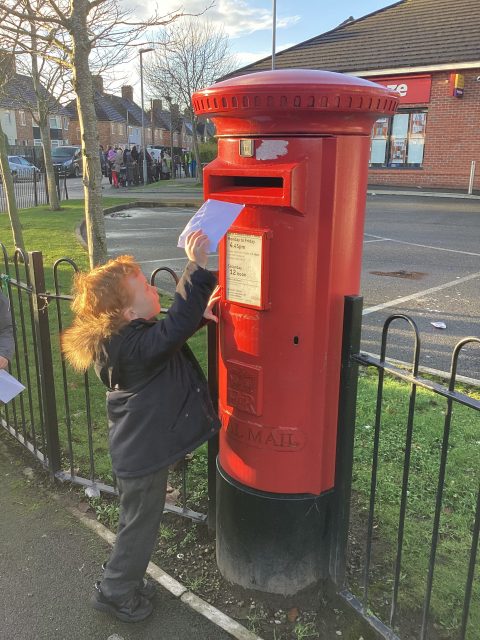
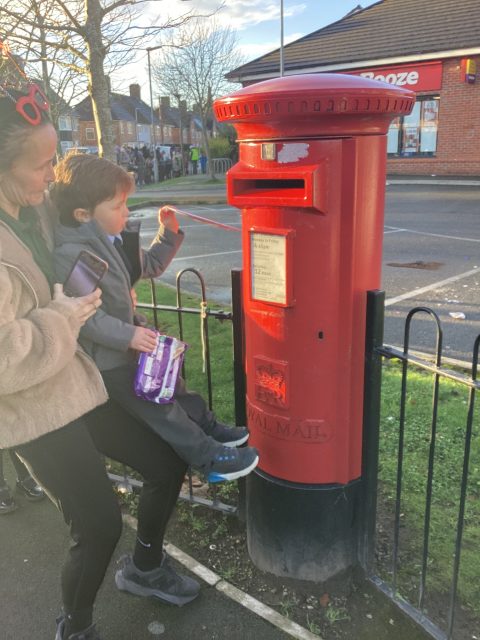
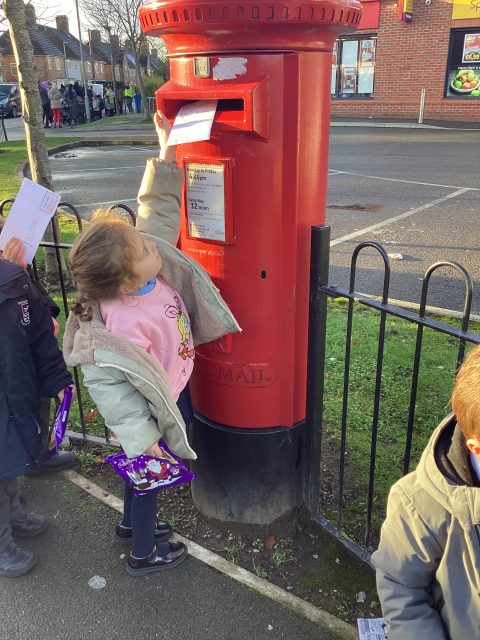
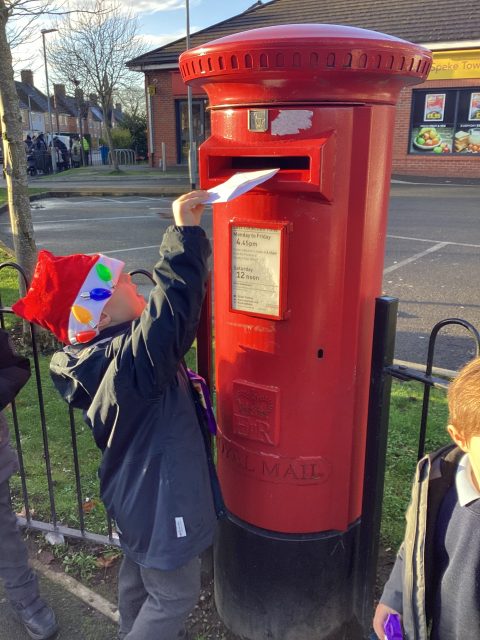
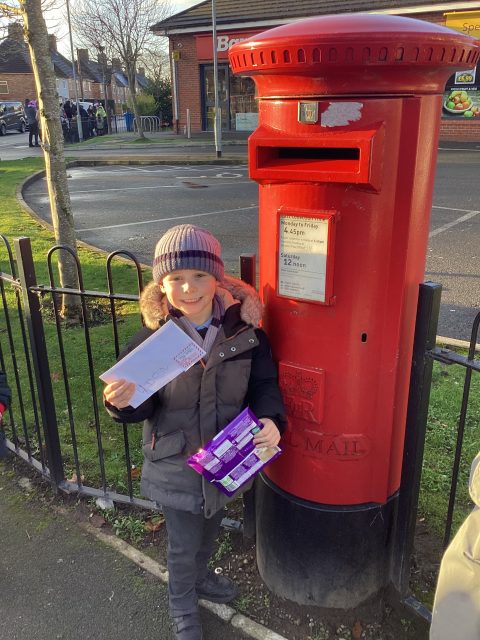
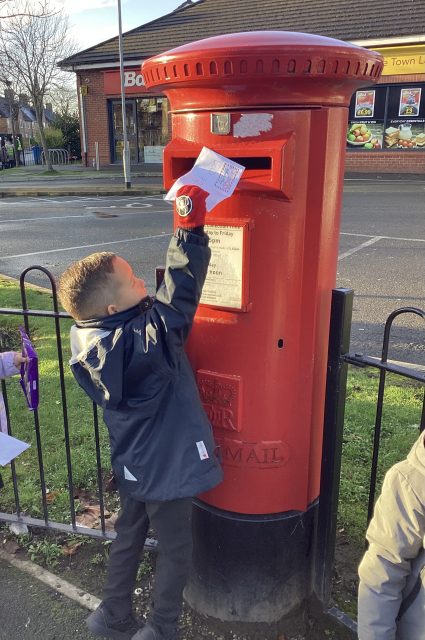
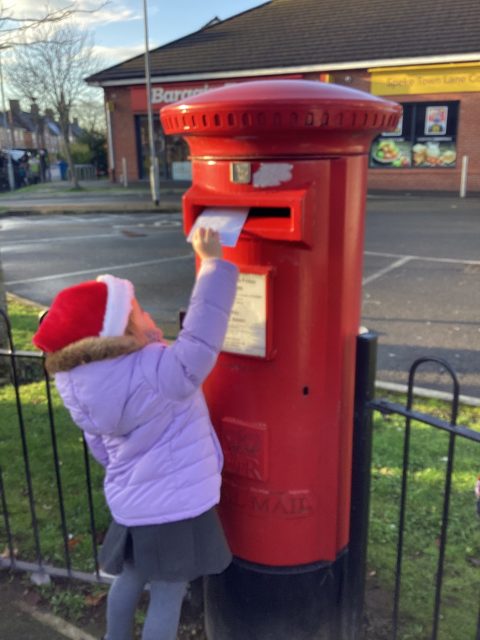
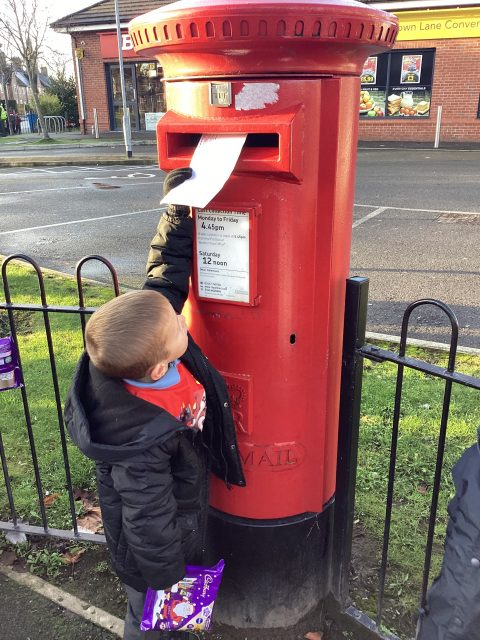
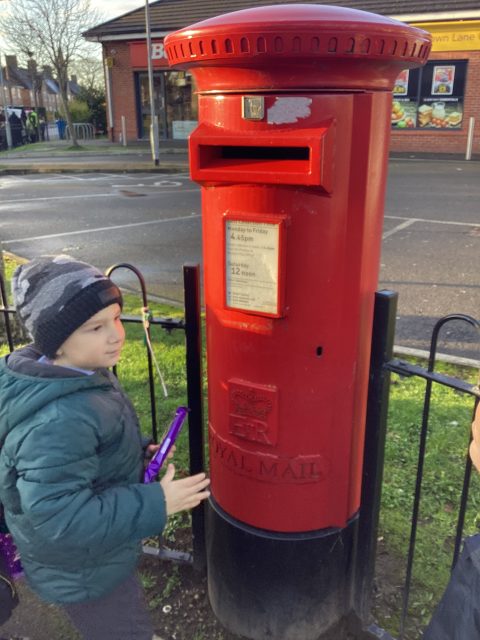
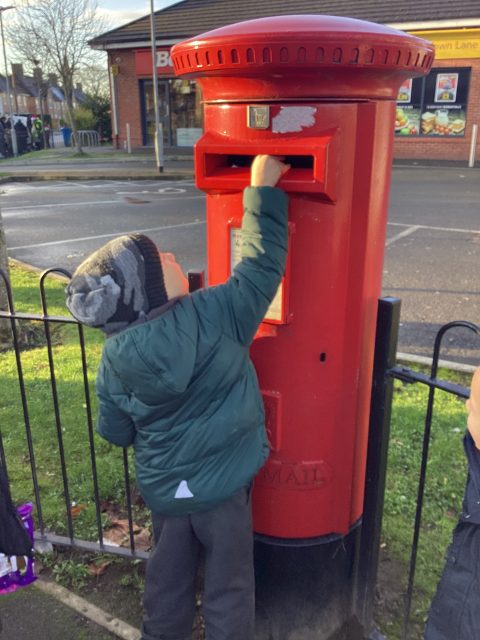
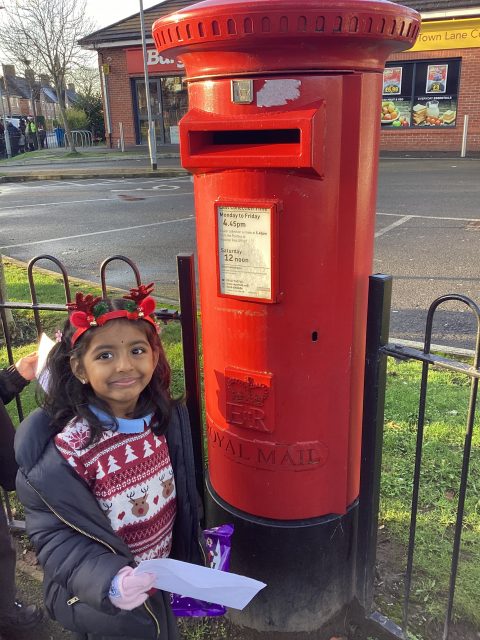
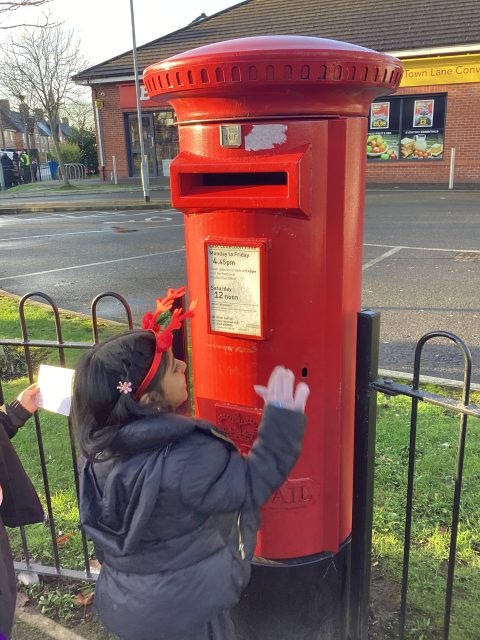
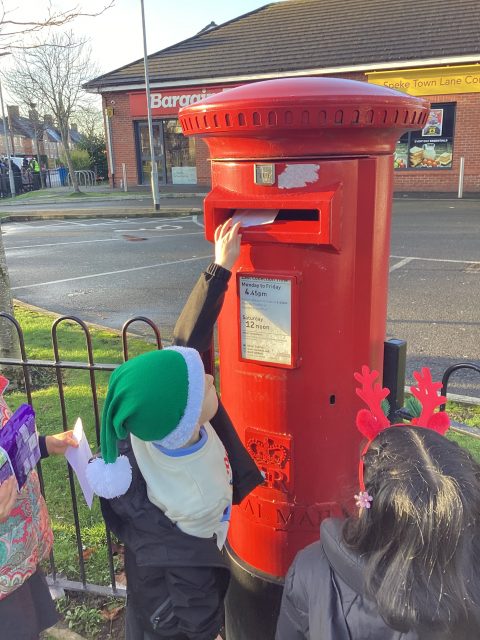
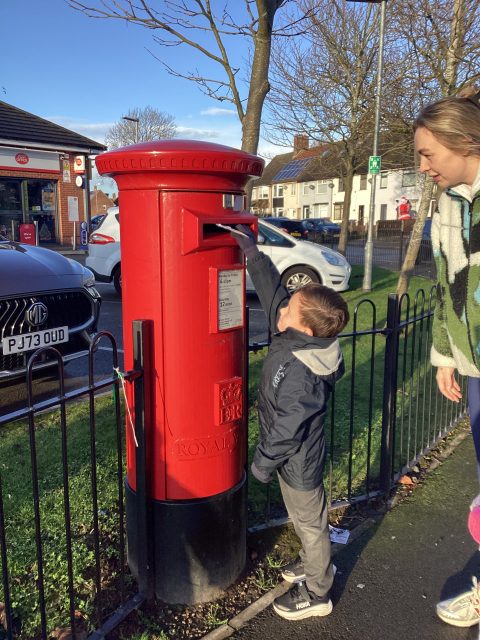
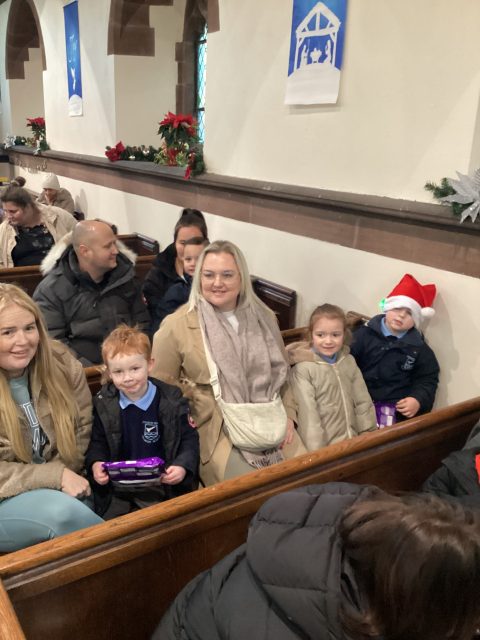
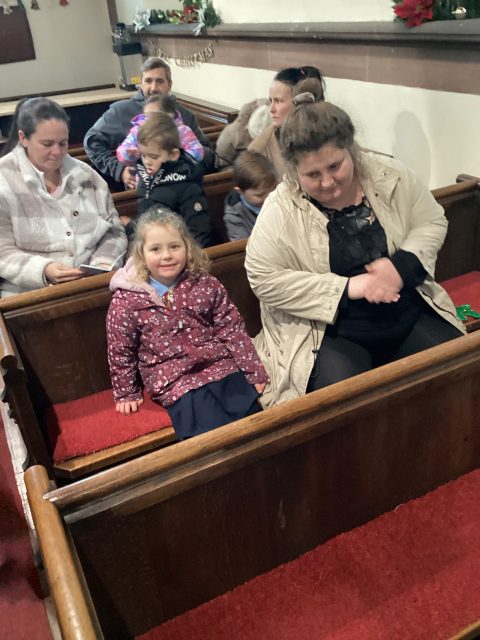
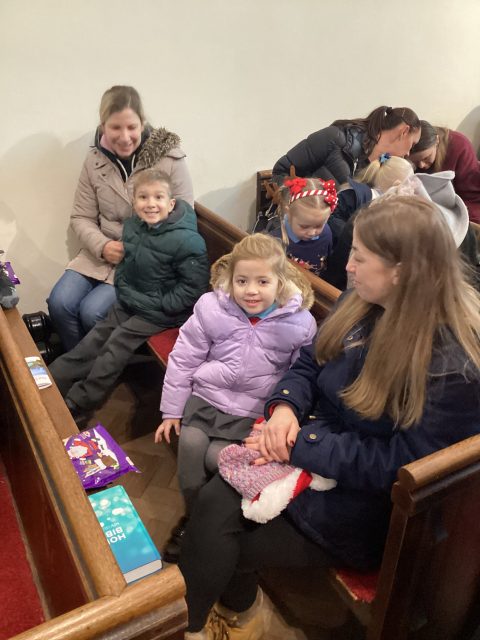

RE
This week in RE reception have explored the Nativity Story. They have created Christmas cards which show the Nativity scene. Reception used pencils, coloured pencils and card.
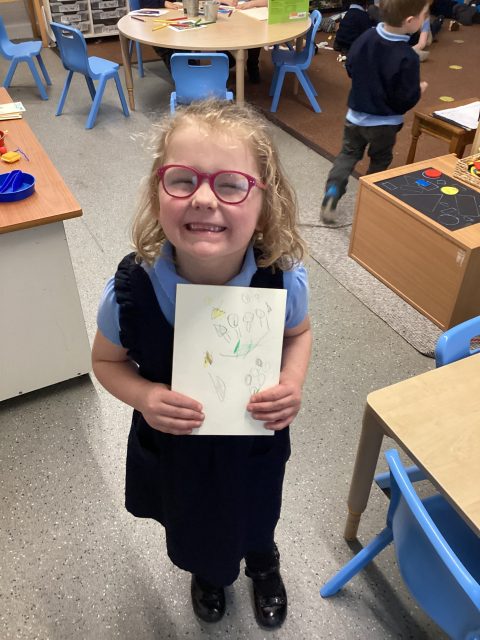
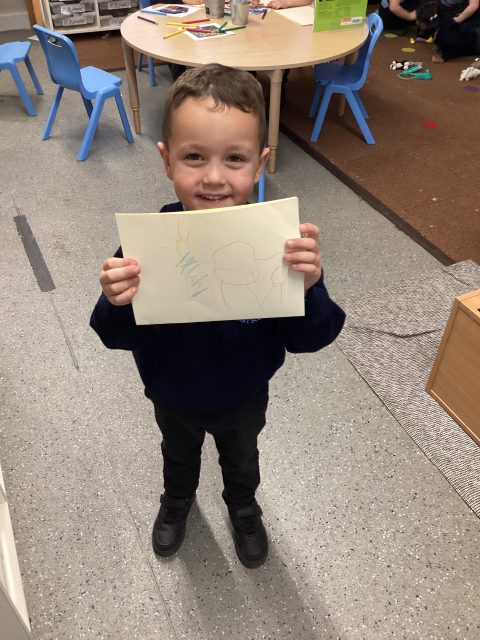
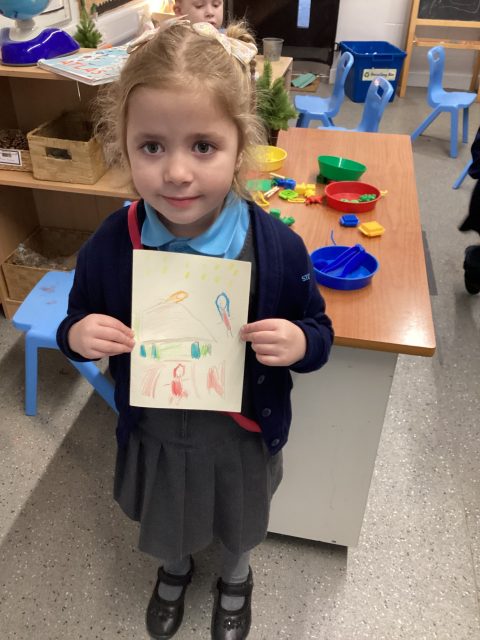
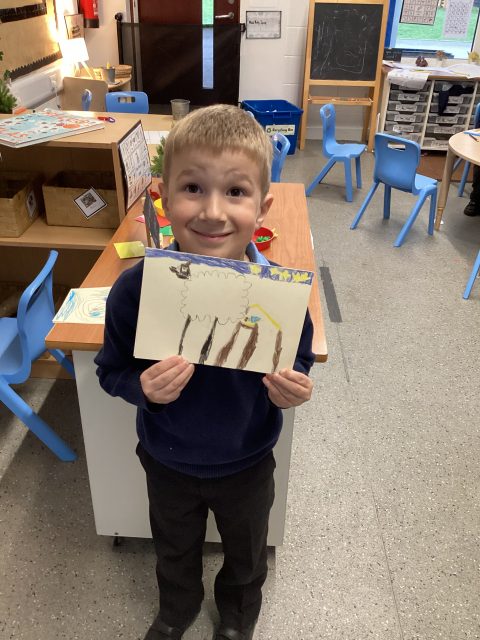
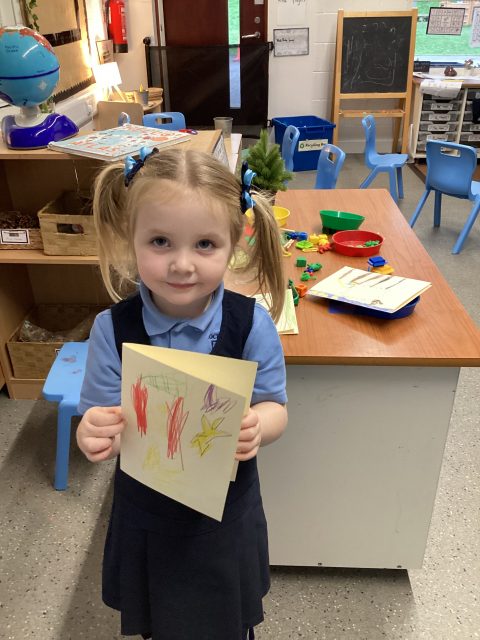
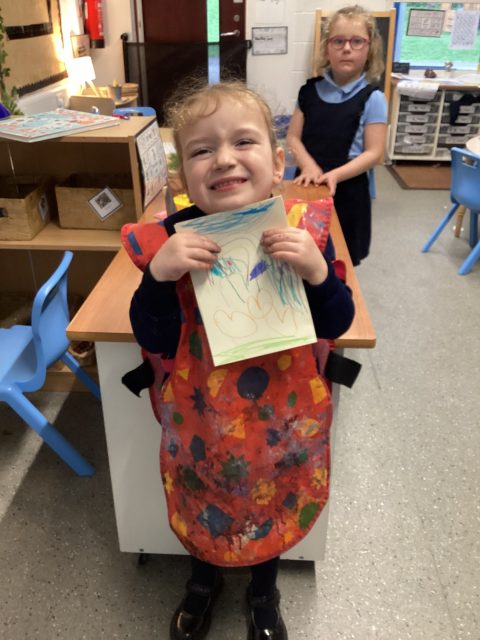
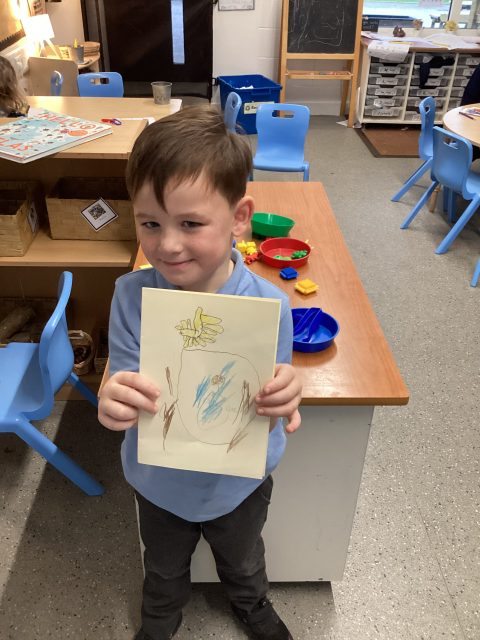
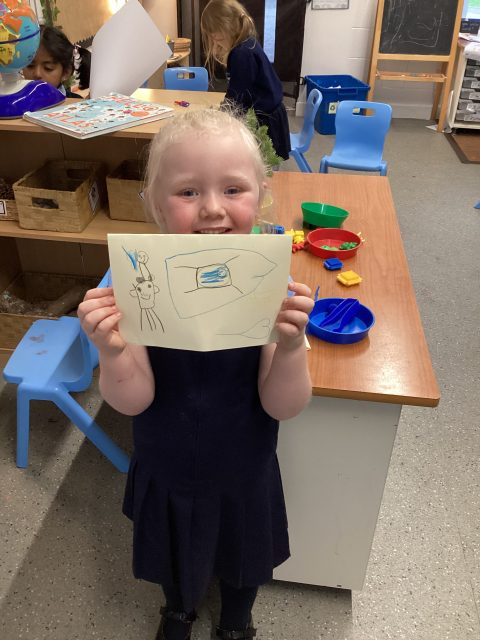
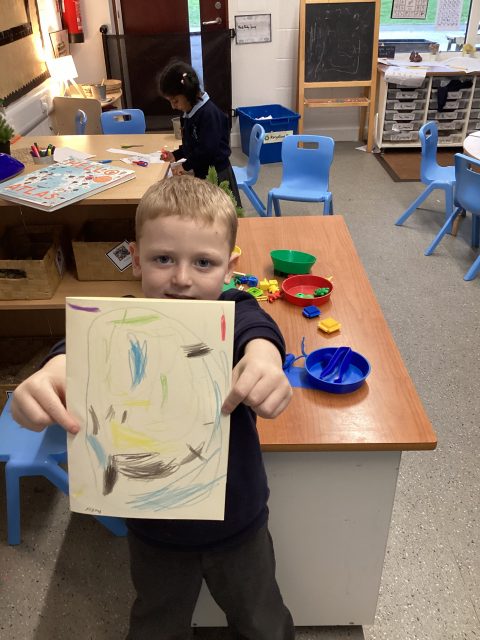
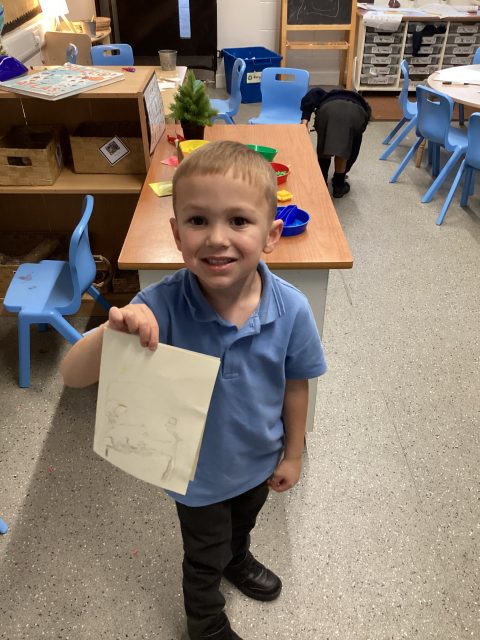
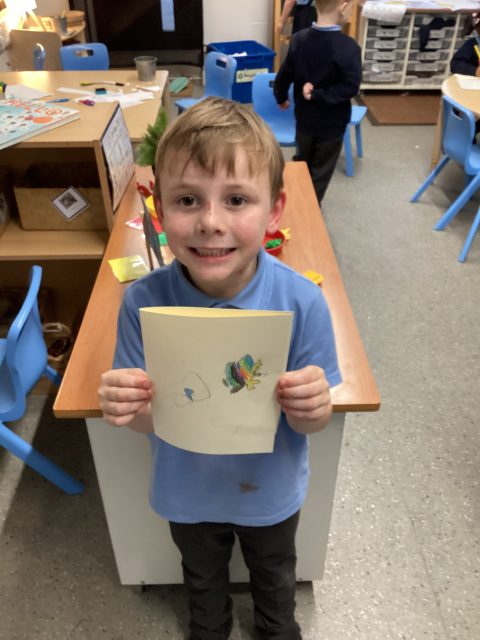
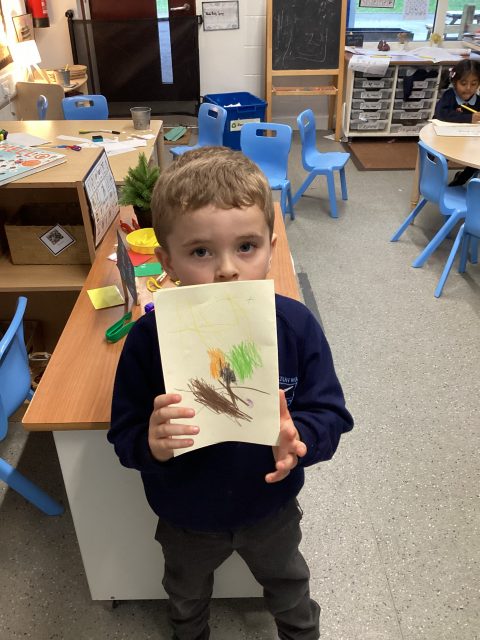
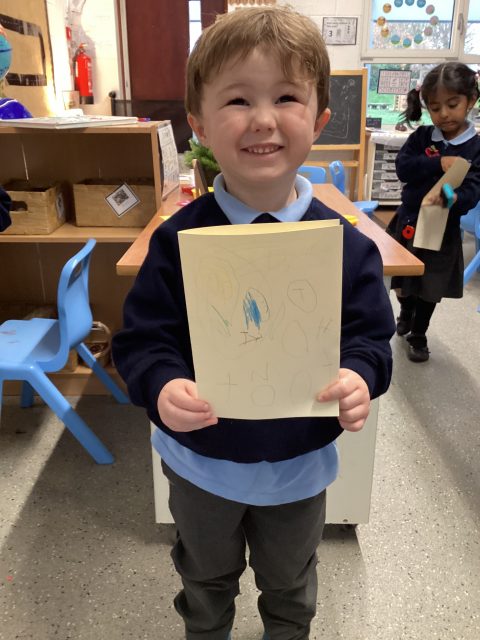
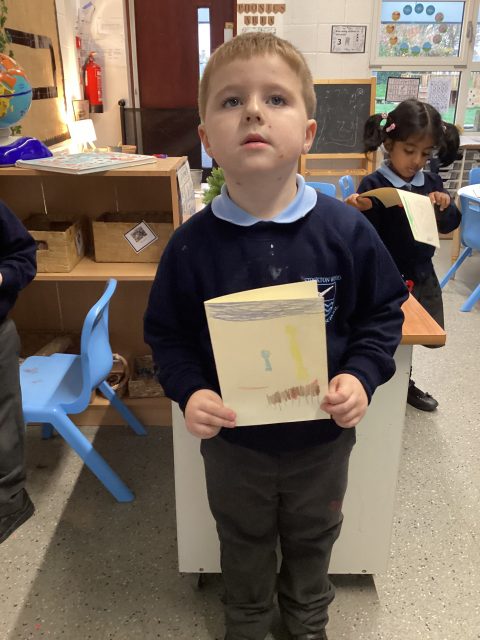
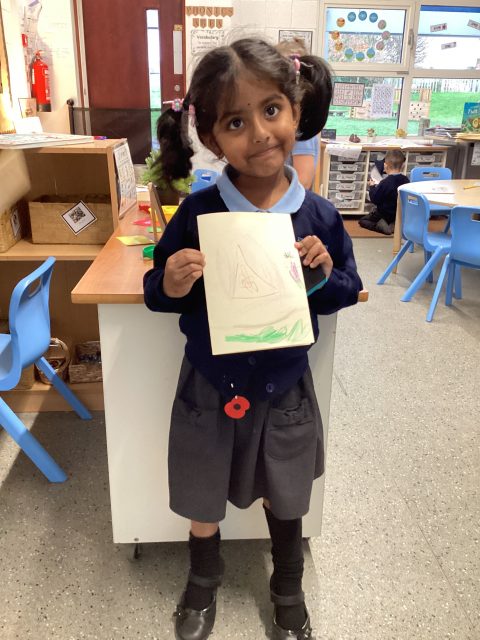
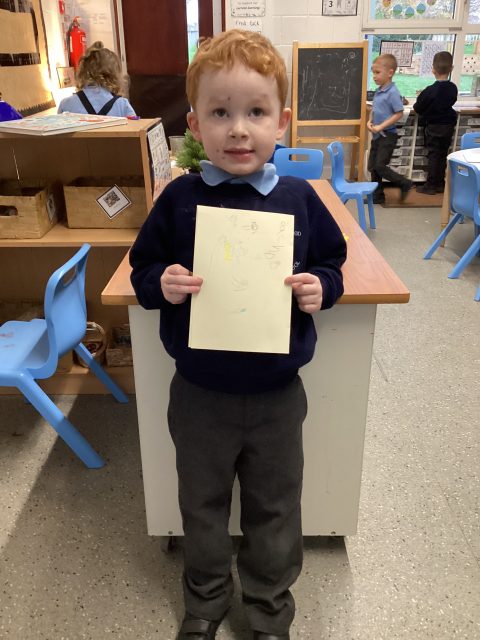

RE
This half term in RE, 3M have been exploring the importance of the Holy Trinity to Christians. We have explored different pieces of artwork showing the story of Jesus’ baptism and then created our own piece of artwork.
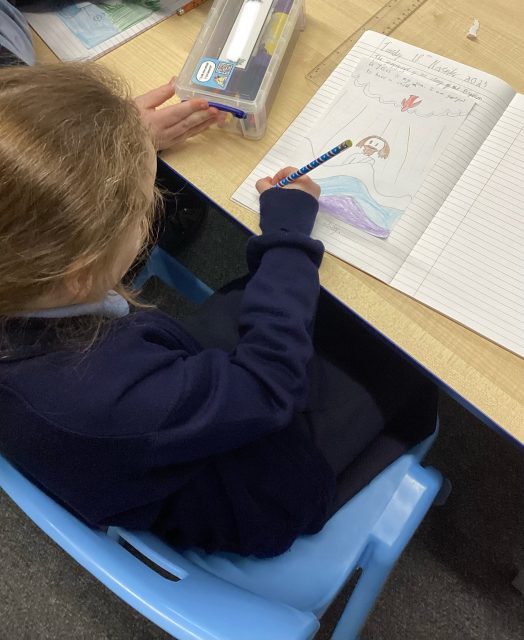
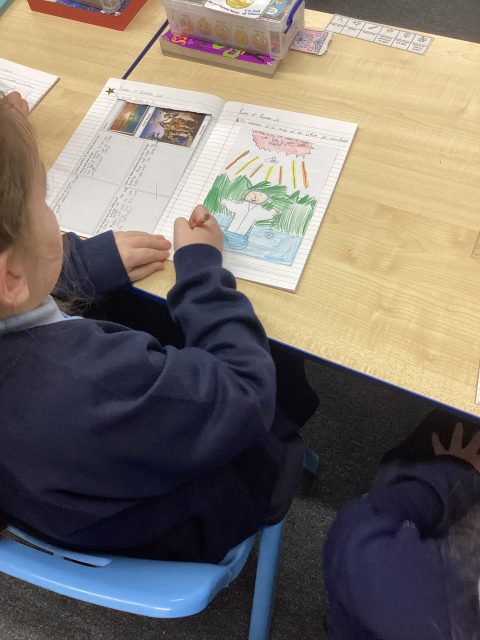
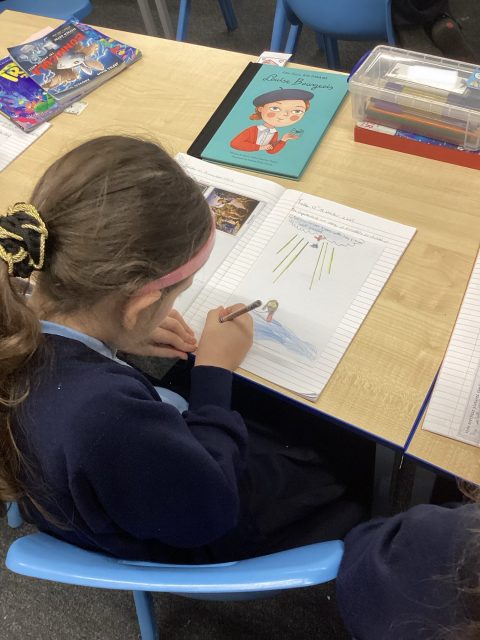
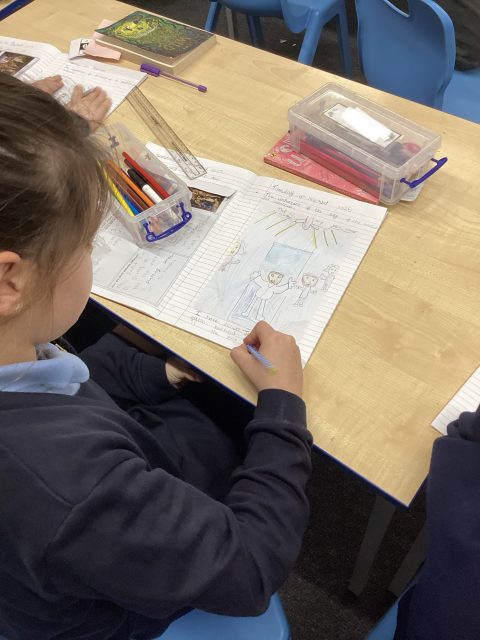
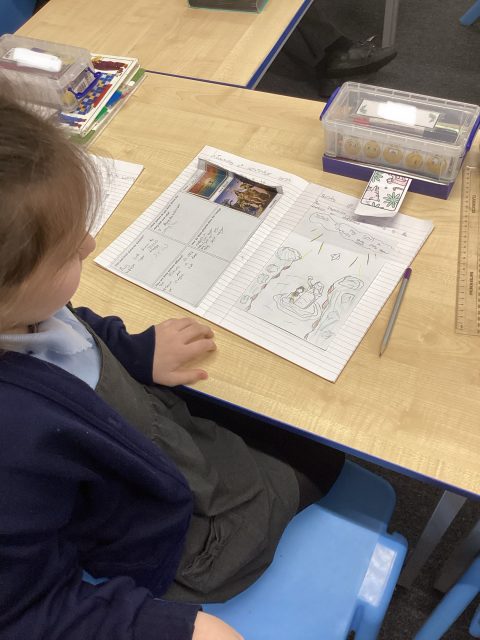
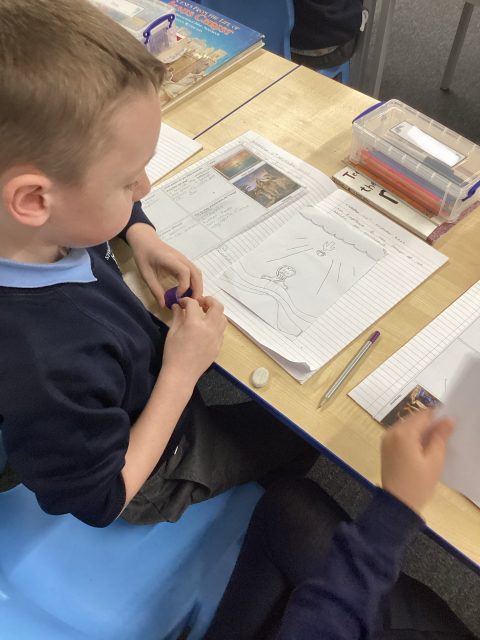

RE – The Nativity Story.
Today we started to talk about why we do a Nativity play. We read about the birth of Jesus and learned what happened on that special night. We spoke about the different characters in the story, such as Mary, Joseph, the shepherds, and the wise men, and discussed why each one is important. Then we drew our own pictures of the characters we thought were most important and shared our ideas about why they were important.
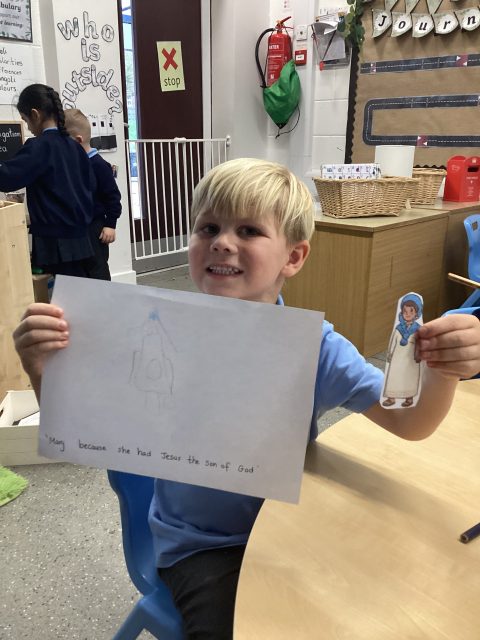
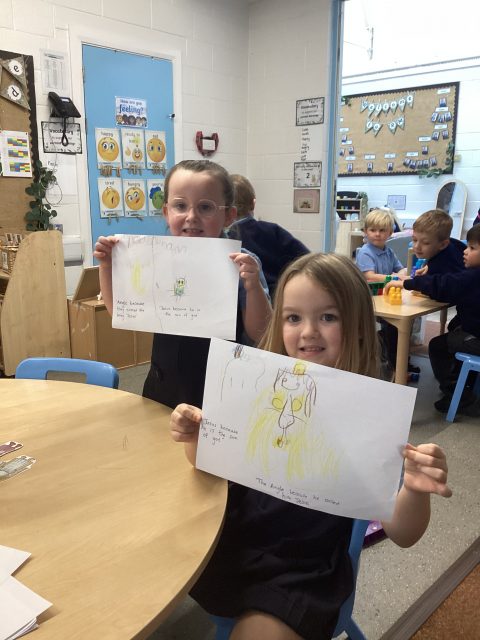
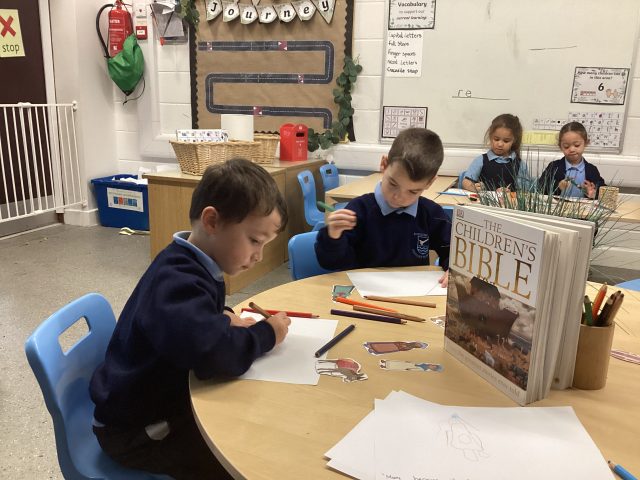
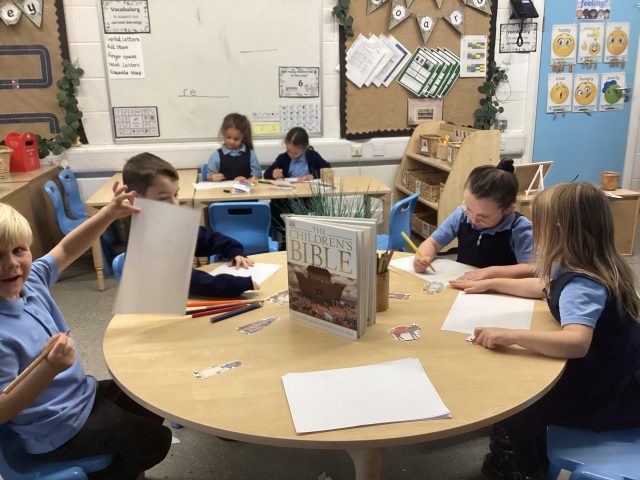
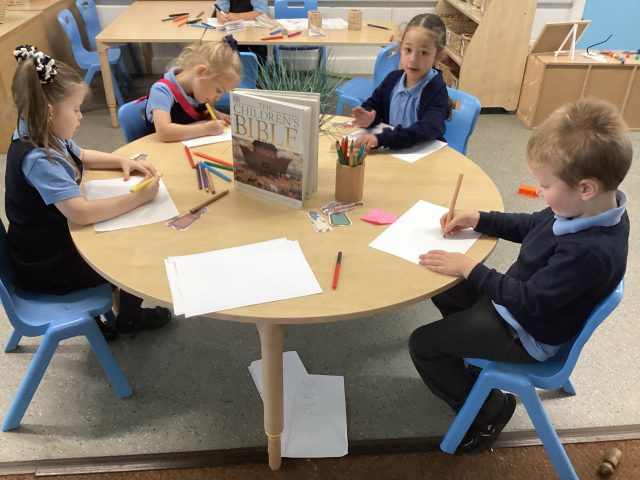
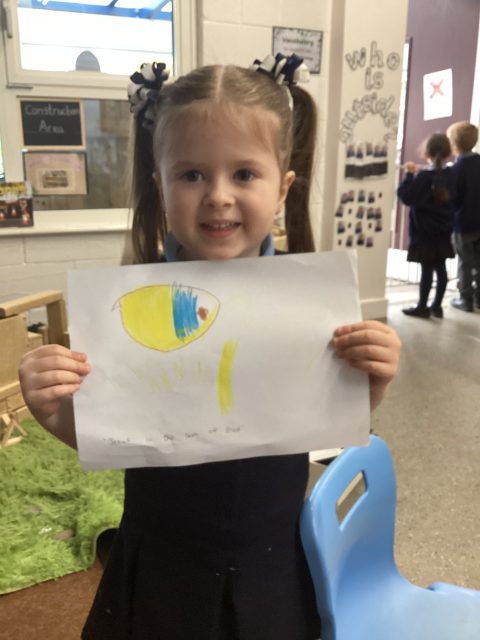
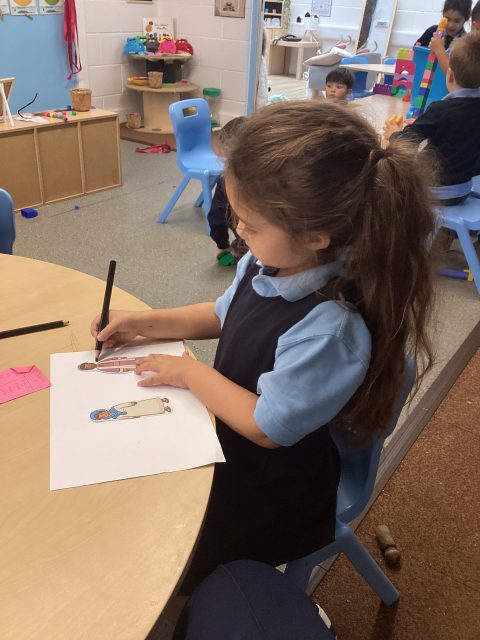
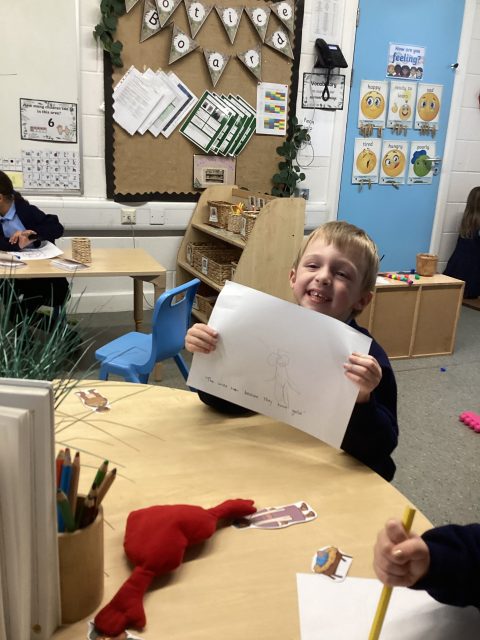
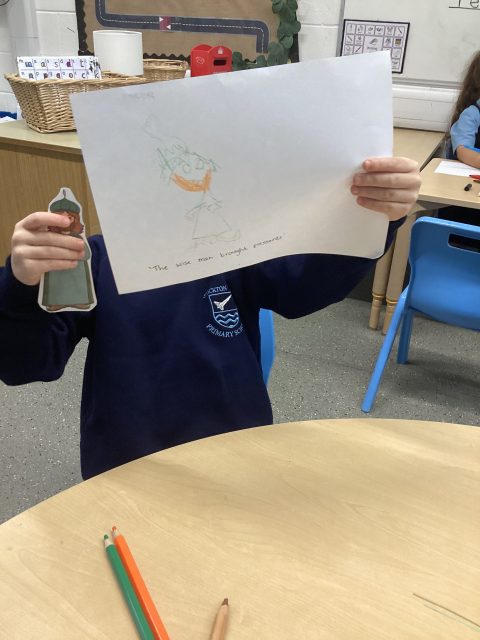

Dt week
What a busy week it’s been! To celebrate Diwali, year 5 made samosas for DT. We combined vegetables and a range of spices into a mixture and then folded them into filo pastry.
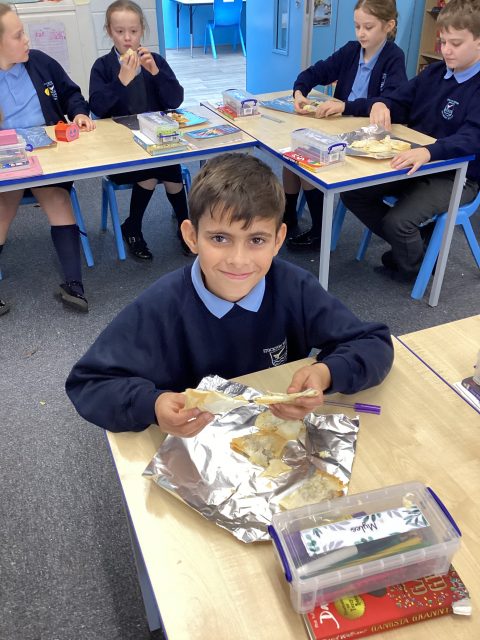
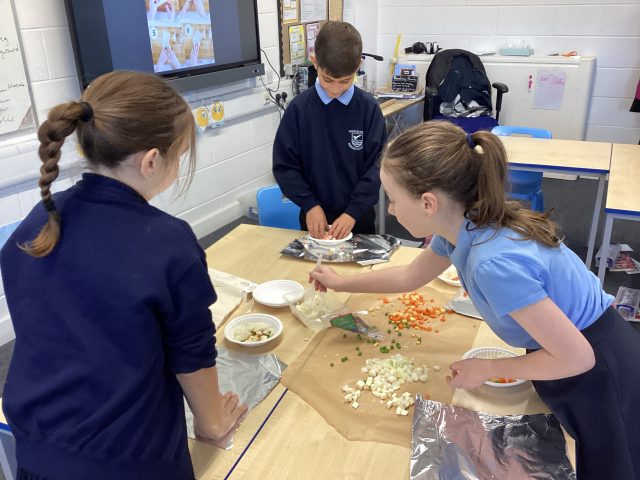
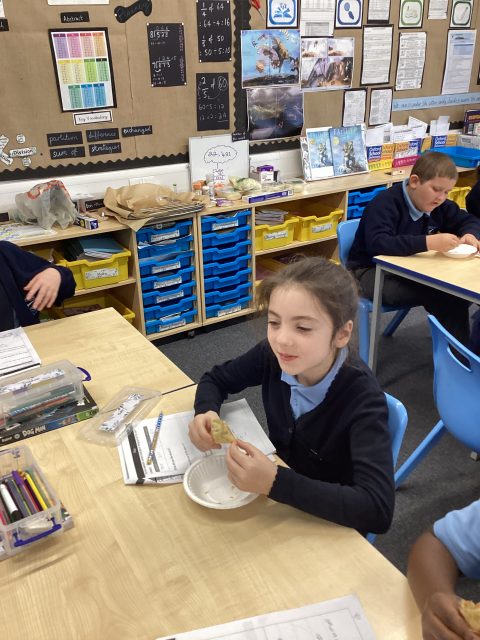
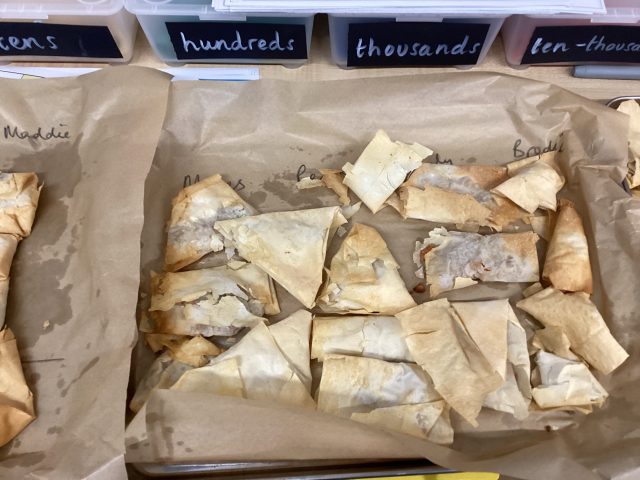
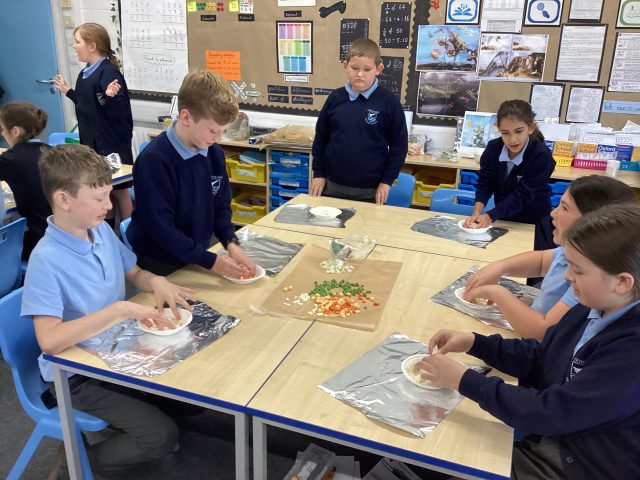

Diwali
Reception have learnt all about Diwali- The Festival of Light! We have had lots of fun exploring different Diwali activities; we made our own diya lamps, paper chains, festival food and Rangoli patterns.
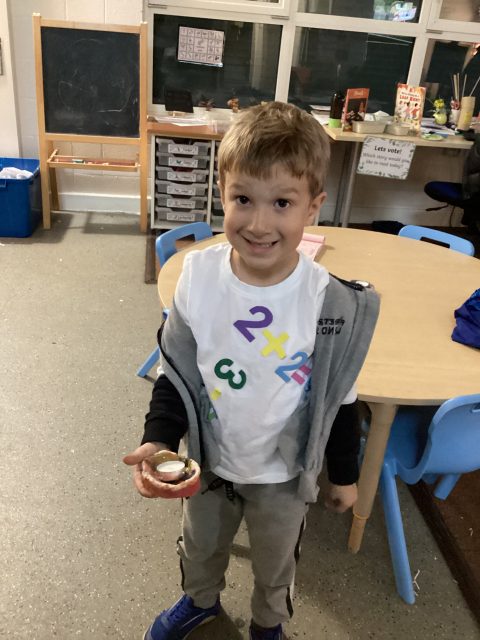
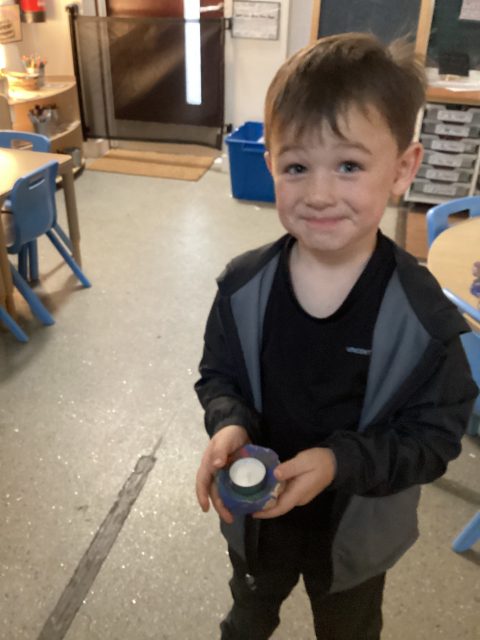
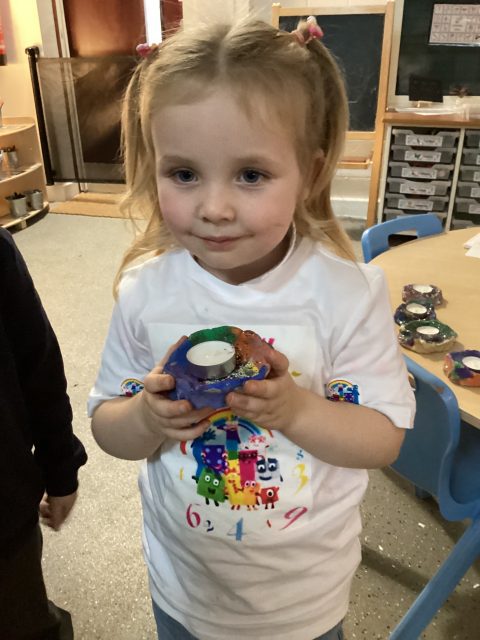
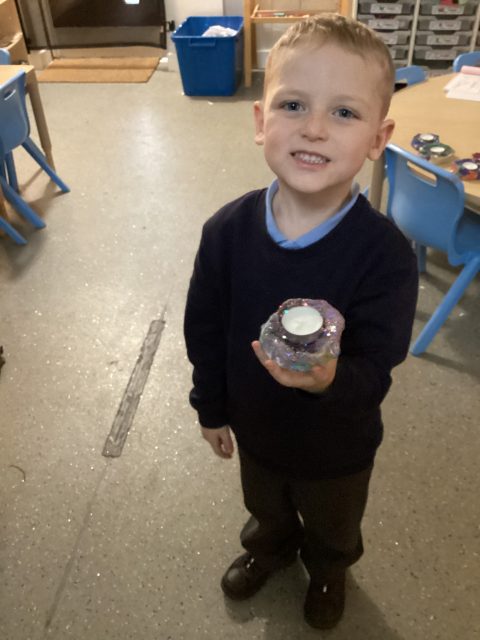
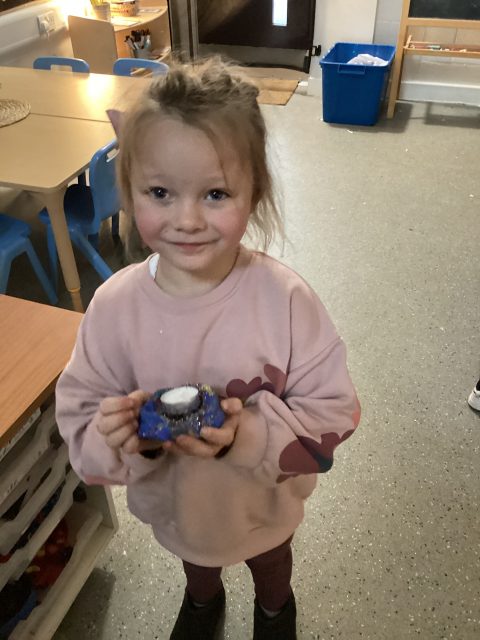
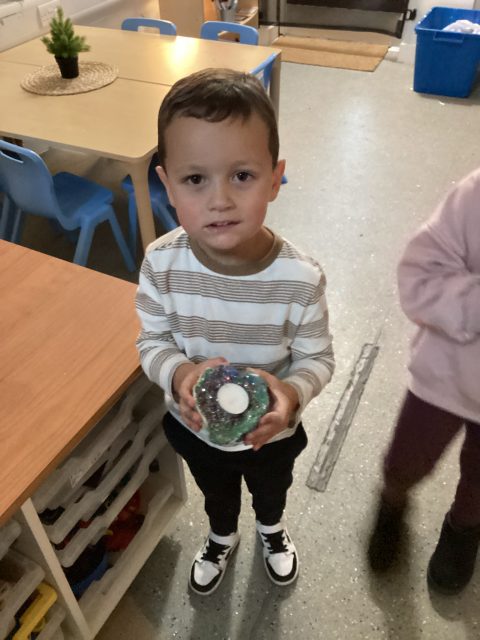
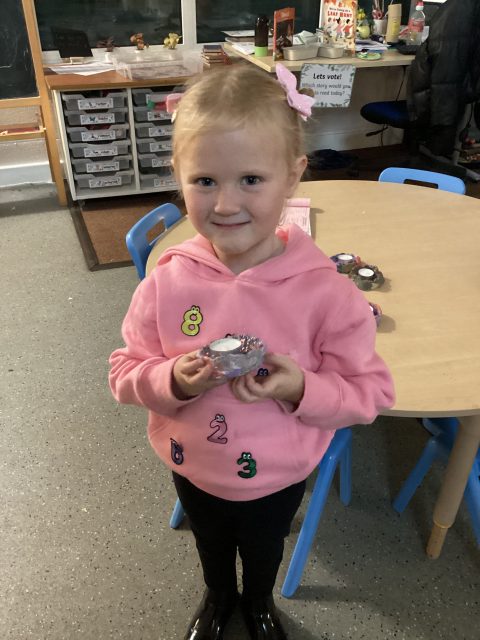
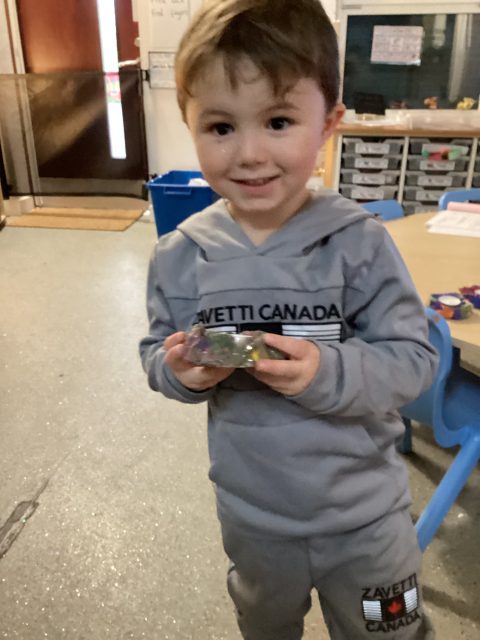
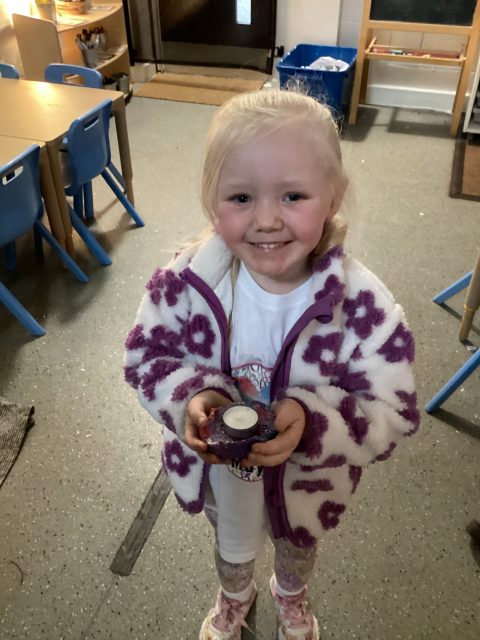
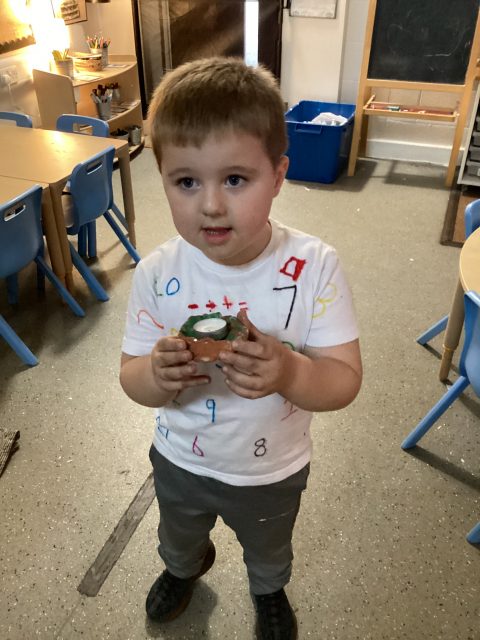
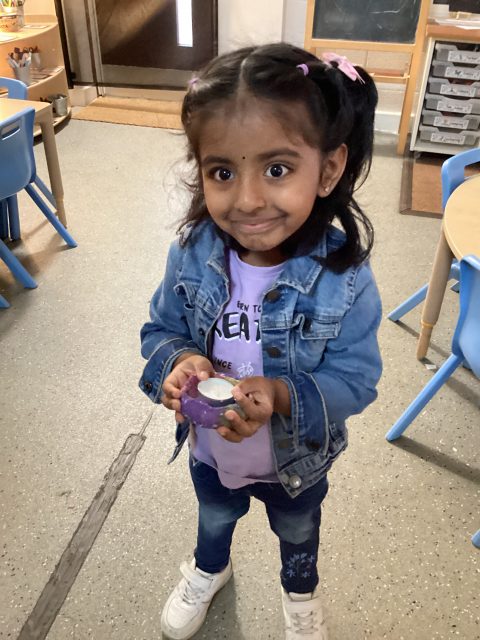
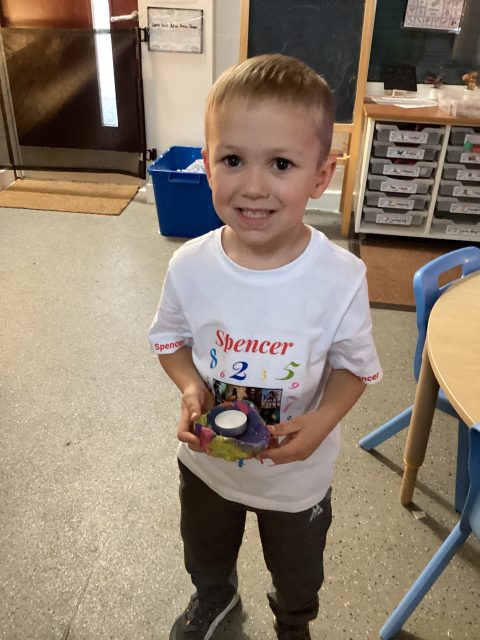
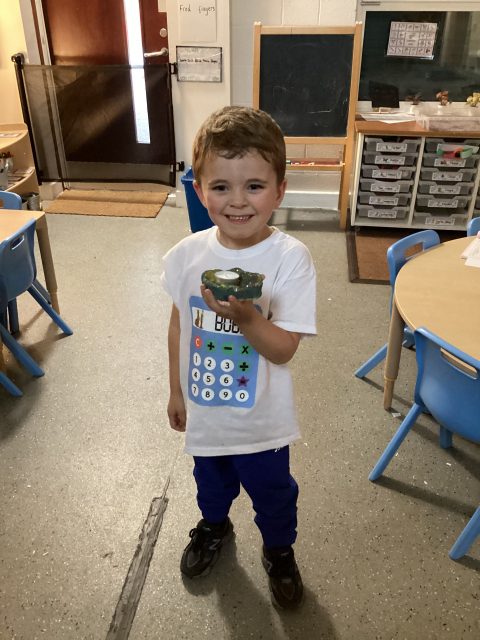
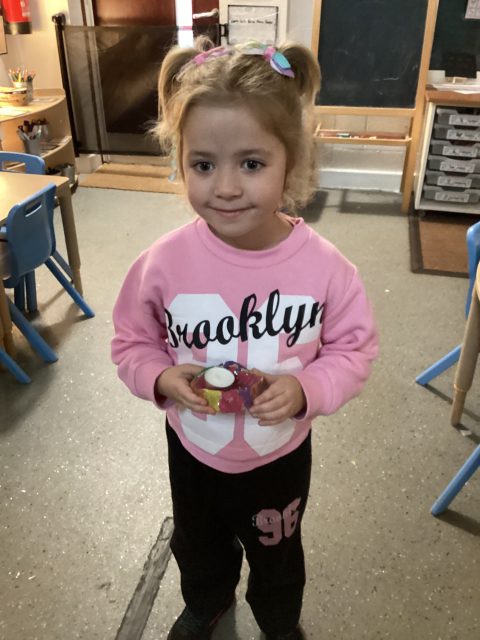
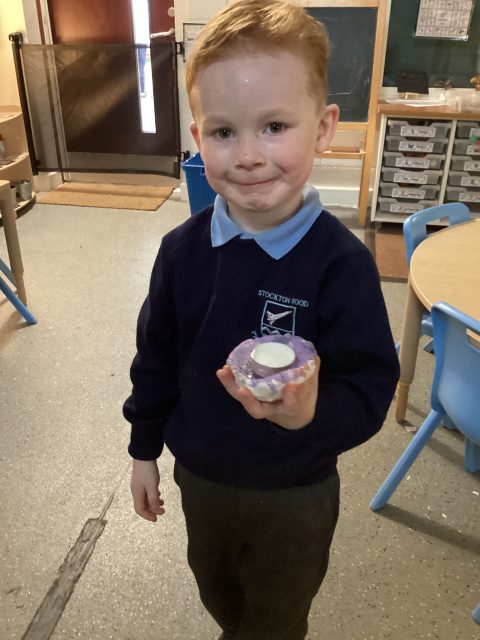
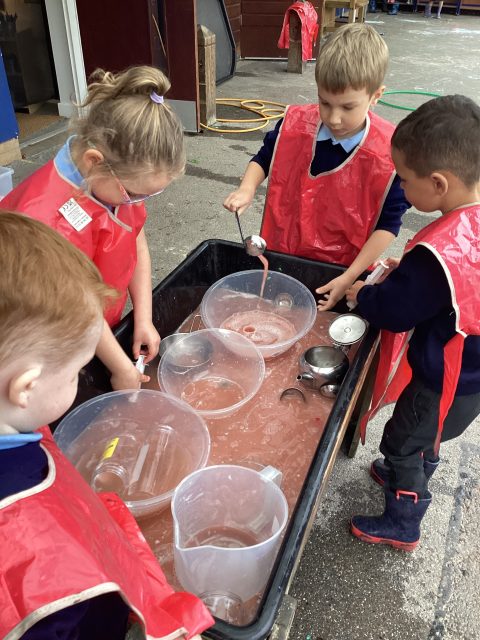
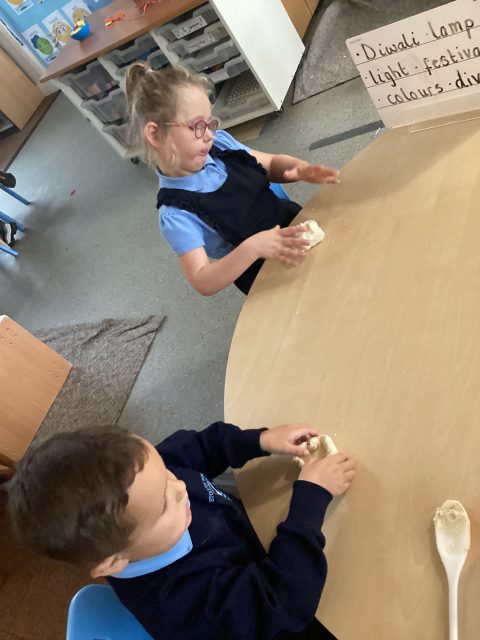
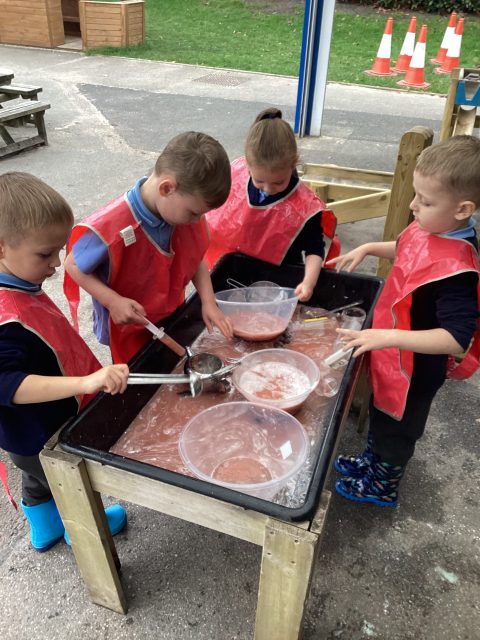
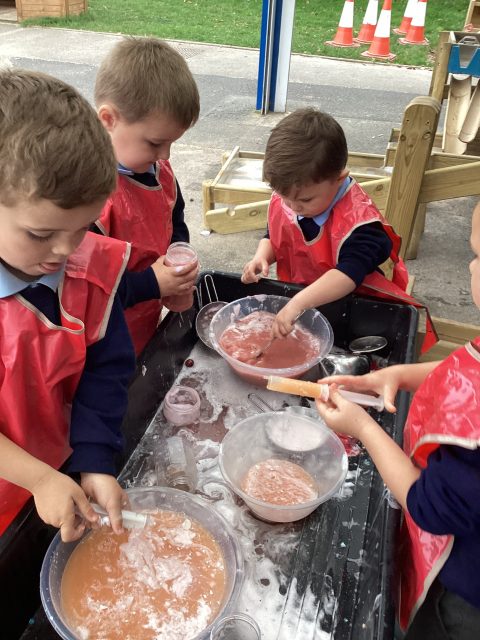
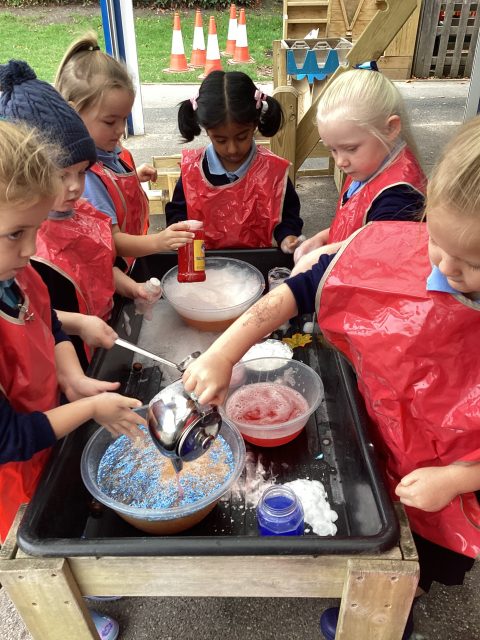

Diwali 🪔🎇
This week, we have been learning all about Divali, the festival of light. We have done lots of fun activities, such as creating Rangoli patterns, decorating henna hands, and making our own colourful diya lamps. We have also been practicing our cutting skills to help with our art and craft work. In the construction area, we built a bright and colourful festival scene to celebrate Divali, filled with light, decorations, and joy. It has been an exciting and creative week!
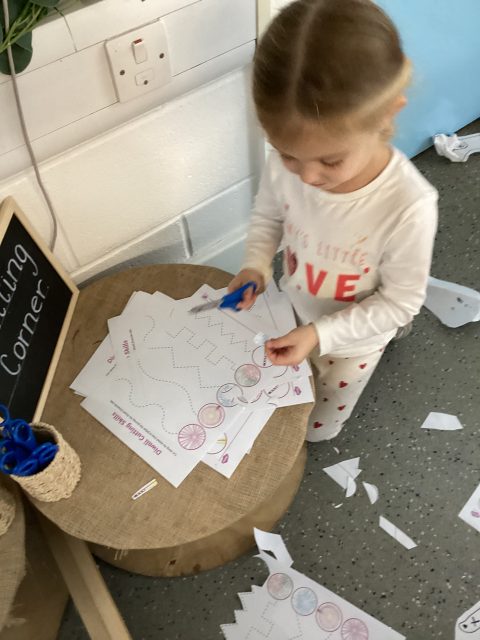
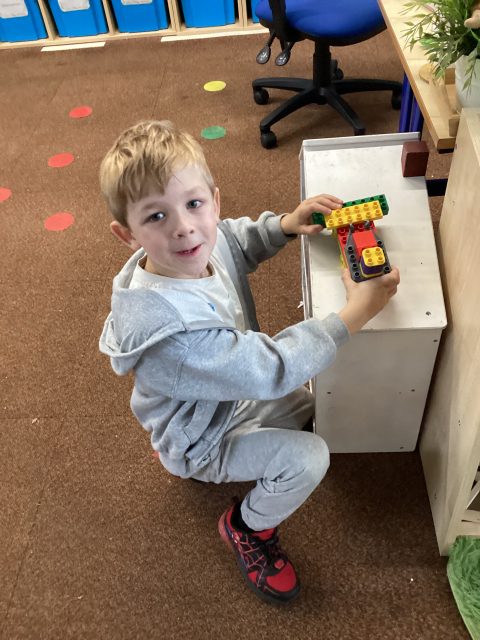
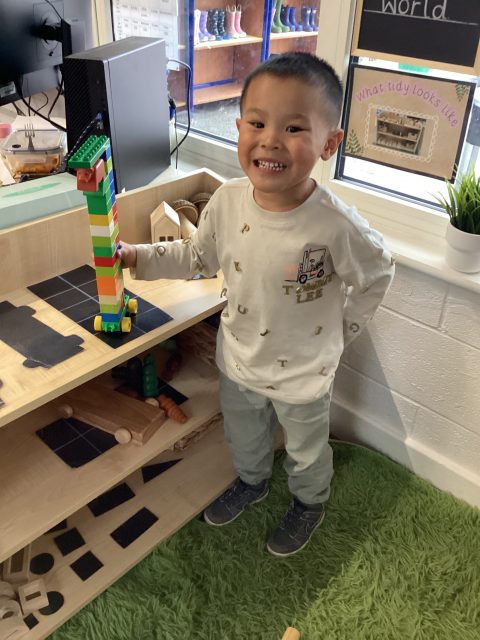
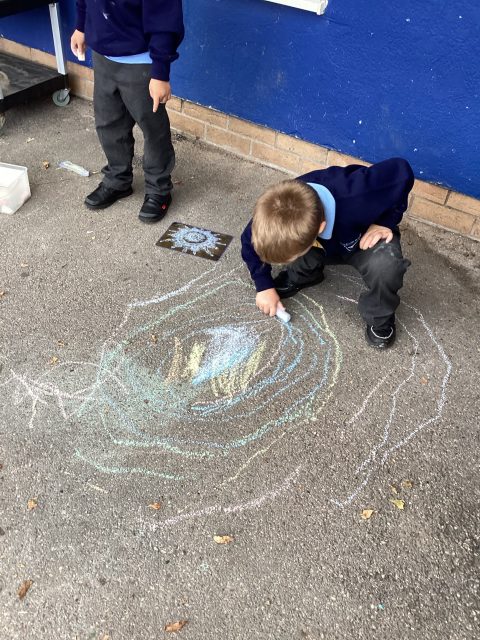
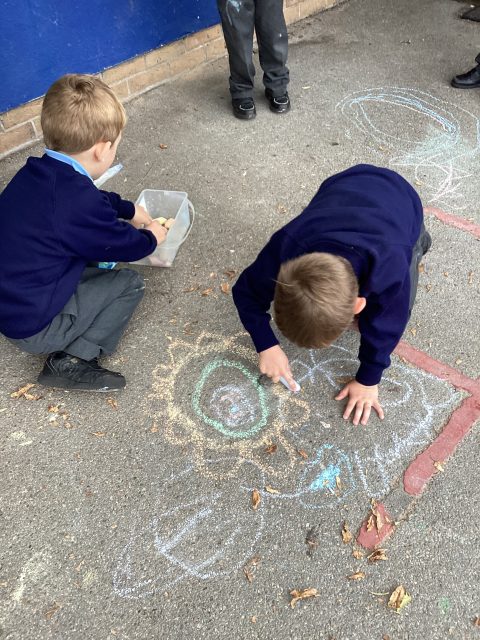
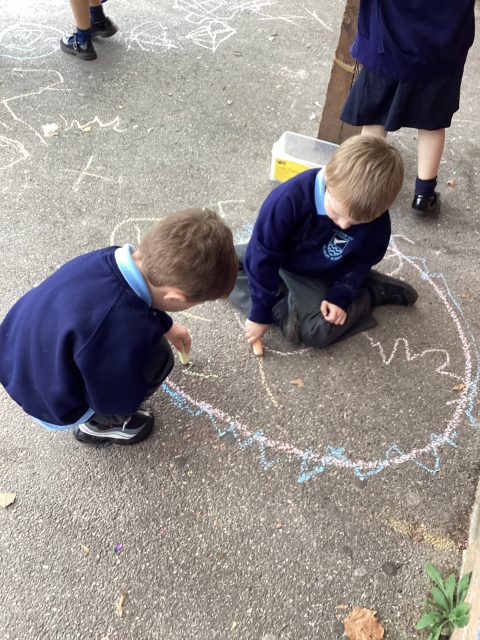
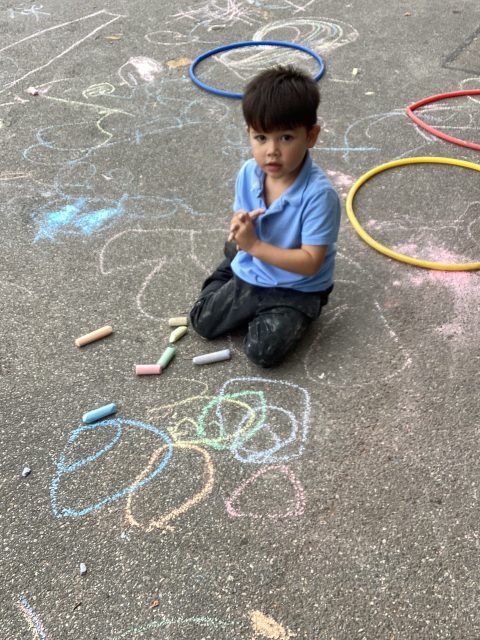
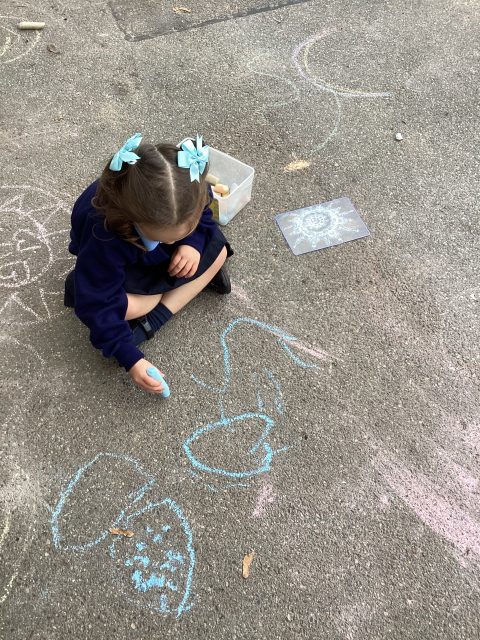
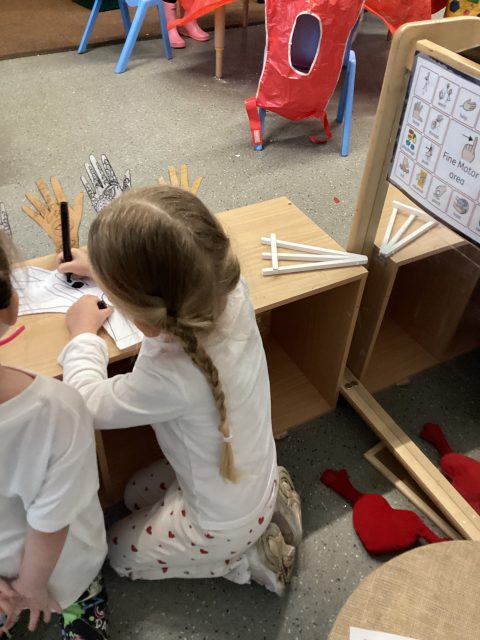
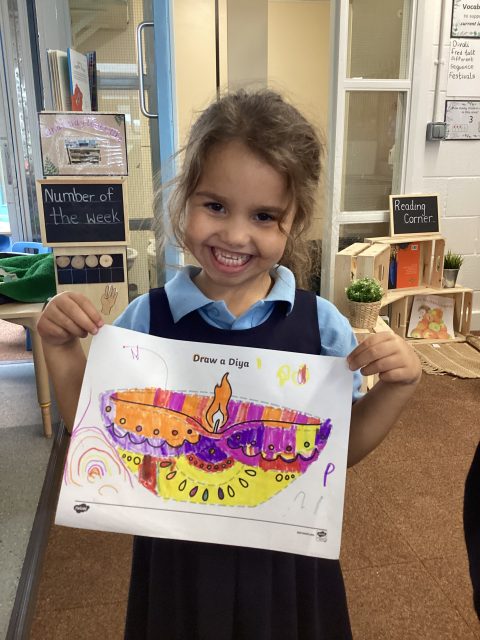
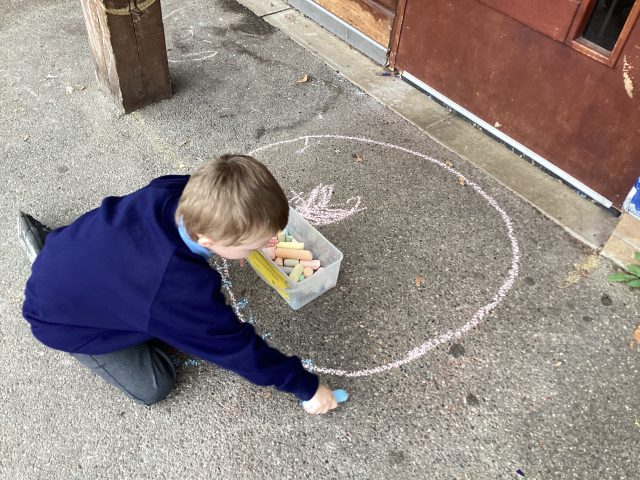
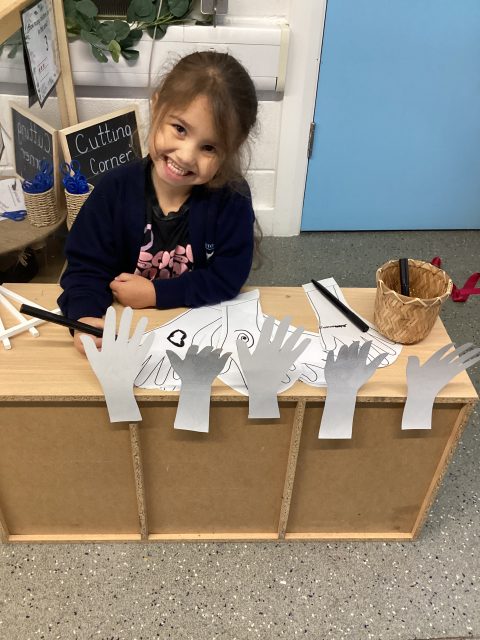

Diya Lamps 🪔
For Divali, the festival of light, we made our own diya lamps! We had lots of fun decorating them with bright colours like red, gold, blue, and green. We used paint, glitter, and stickers to make them look beautiful. Our lamps looked so shiny and colourful when they were finished. We learned that diya lamps are used to bring light and happiness during Divali. It was a fun and special activity in Reception!
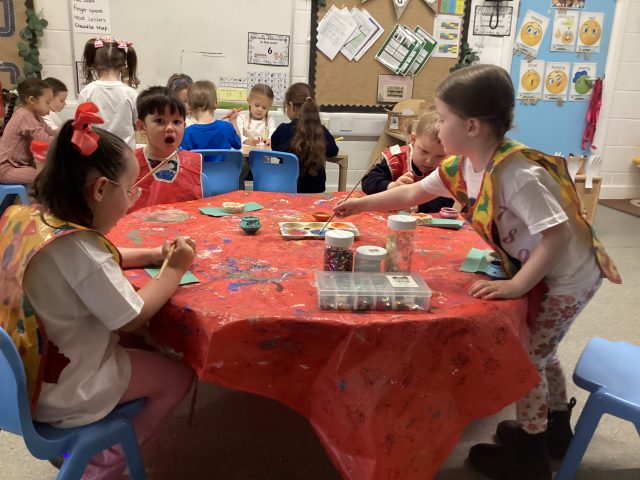
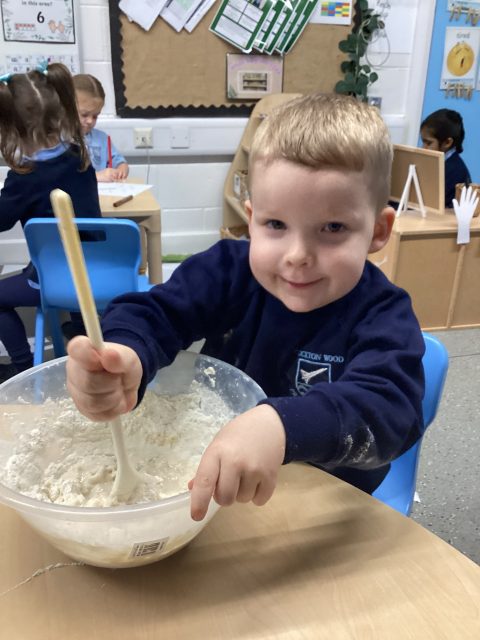
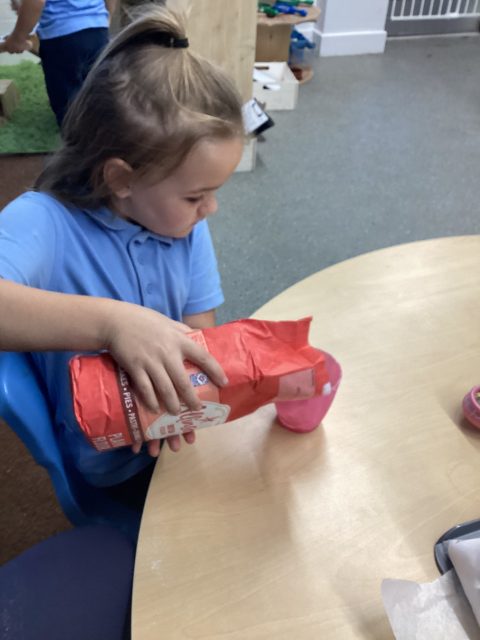
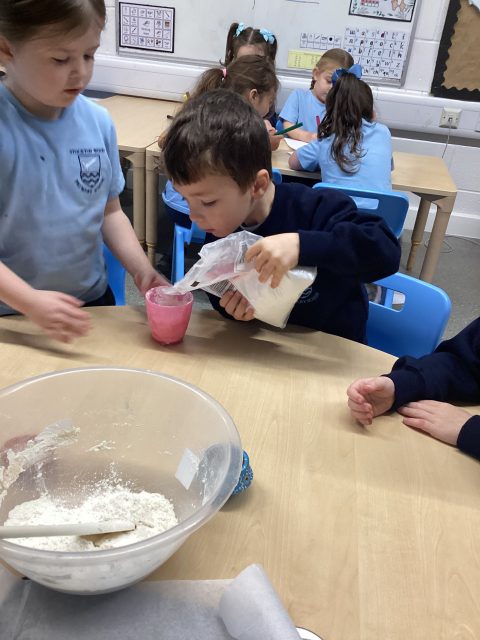
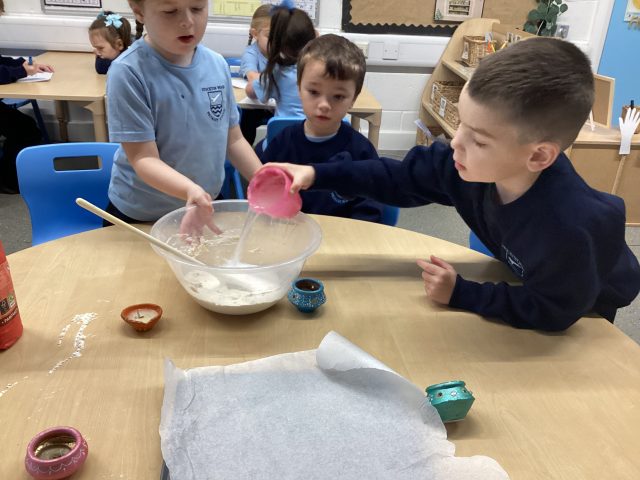
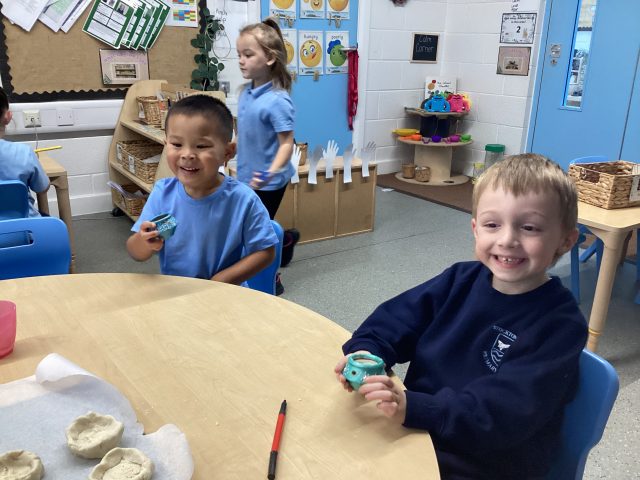
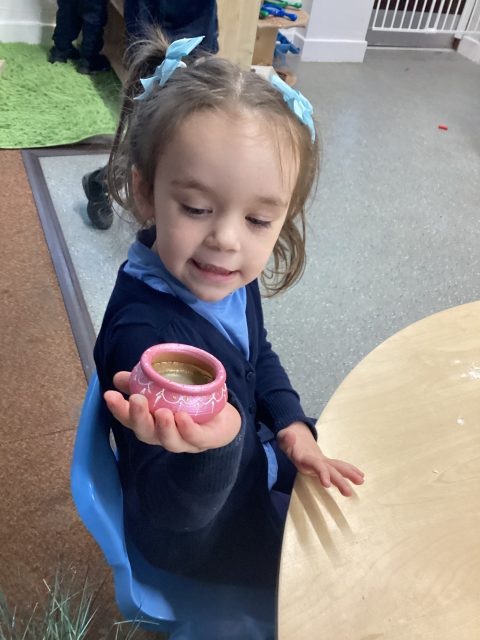
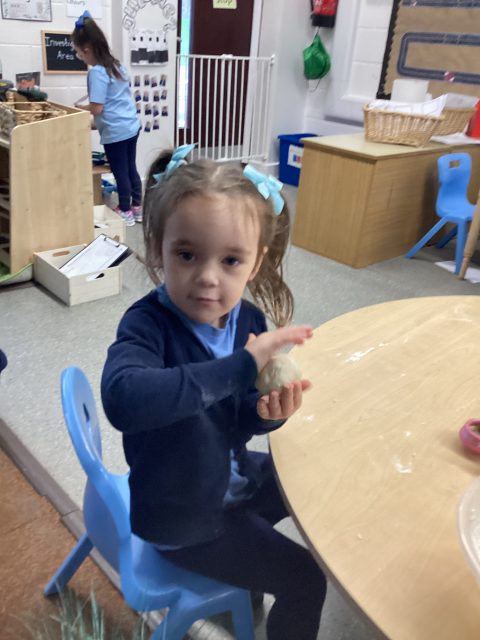
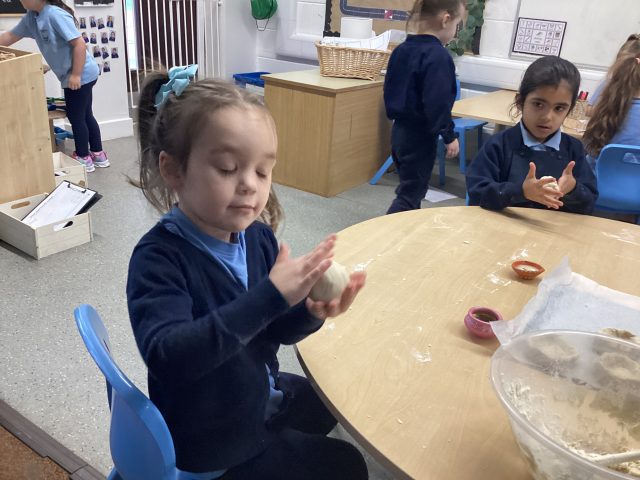
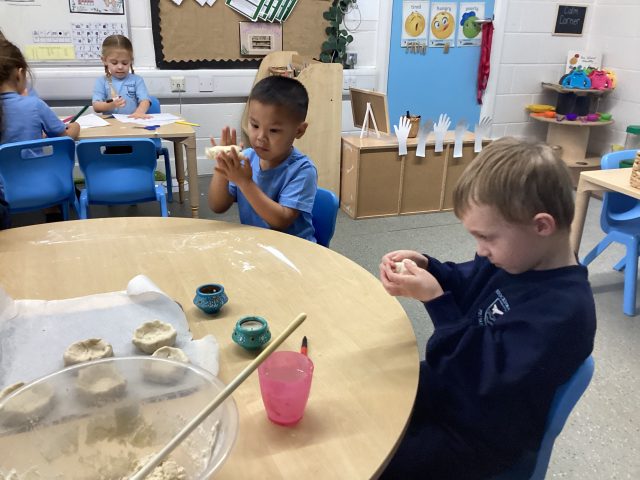
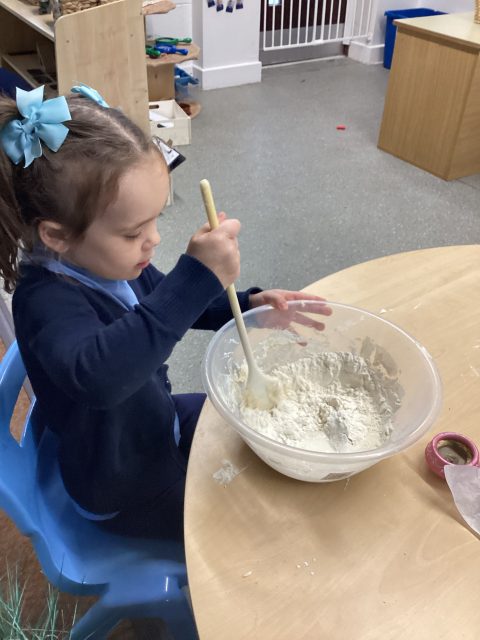
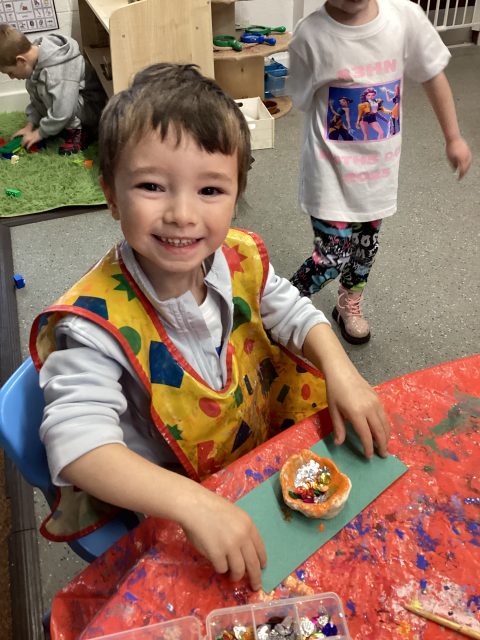
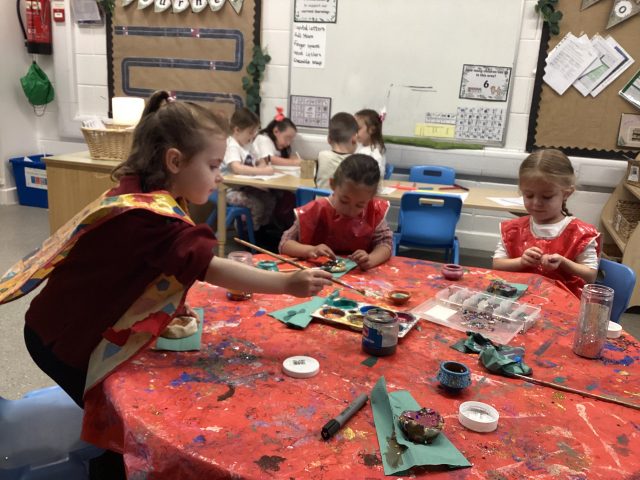
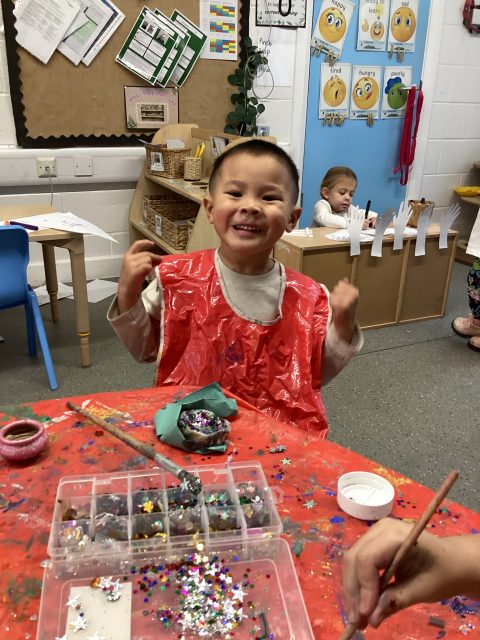
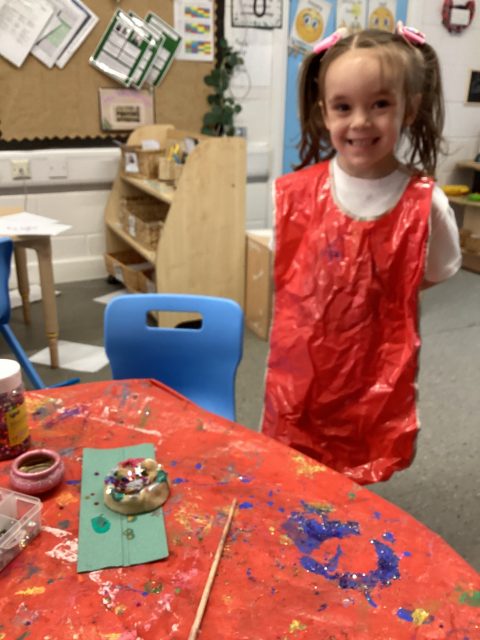
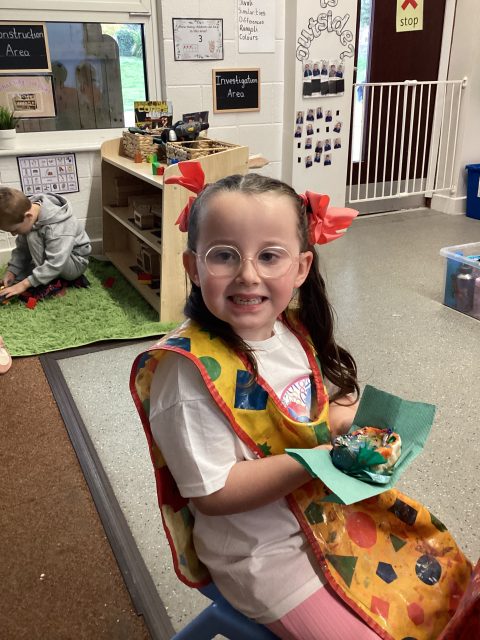
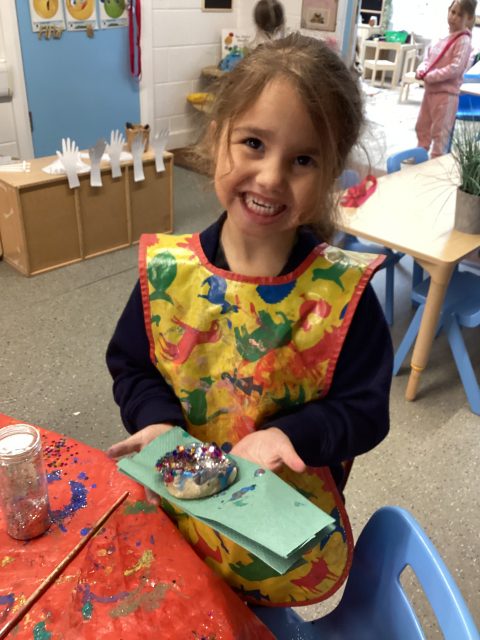

RE
In RE this week Reception have read the story of the Precious Pearl from the Bible. We discussed what Christians believe this story symbolises and why it is an important parable to Christians. We created a box to put our own precious things inside to keep safe. We used; card, scissors, glue and felt tip pens to create our boxes.
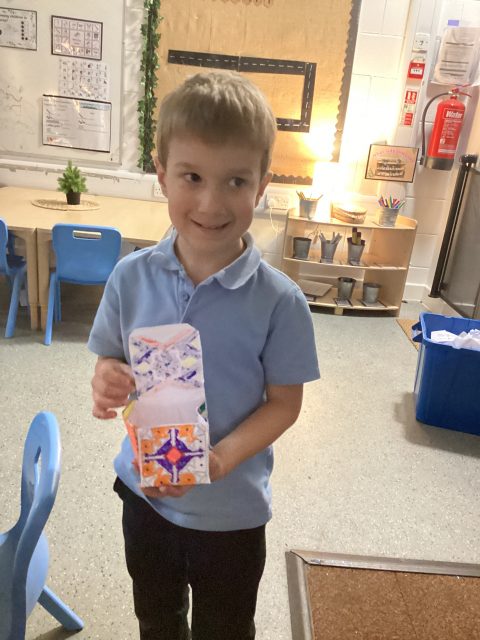
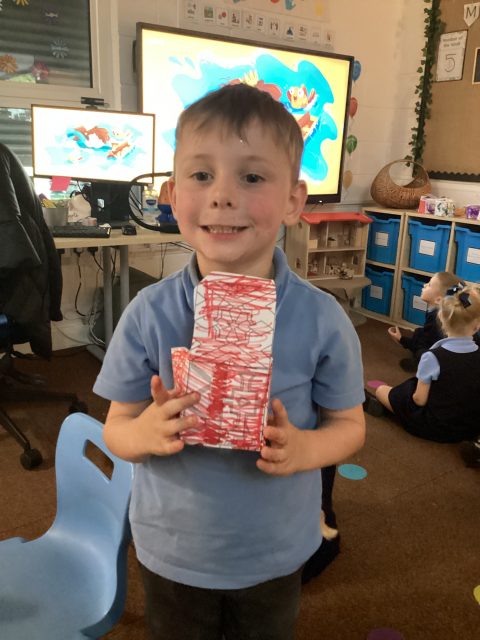
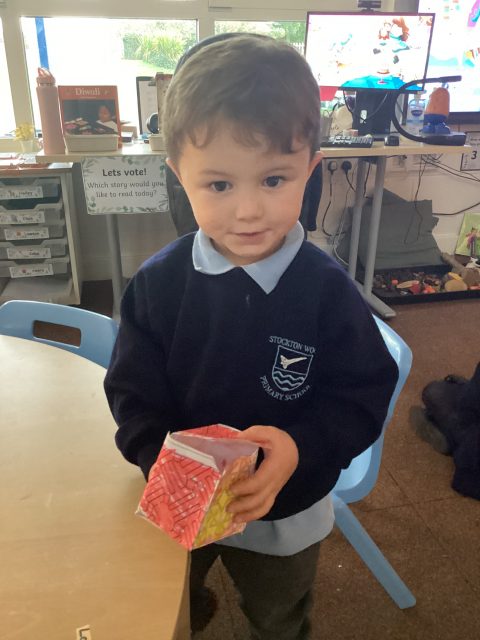
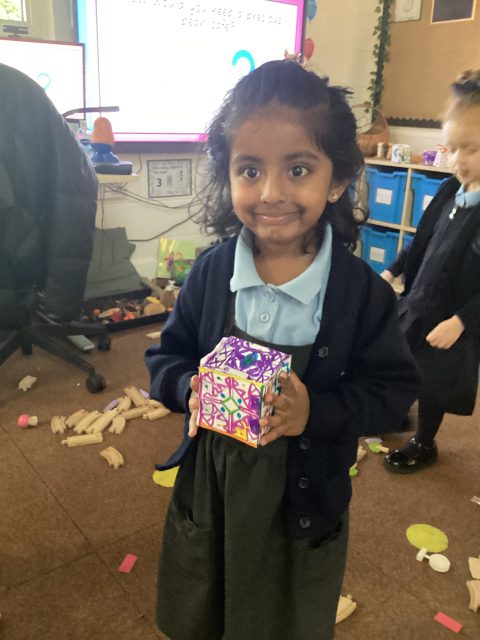
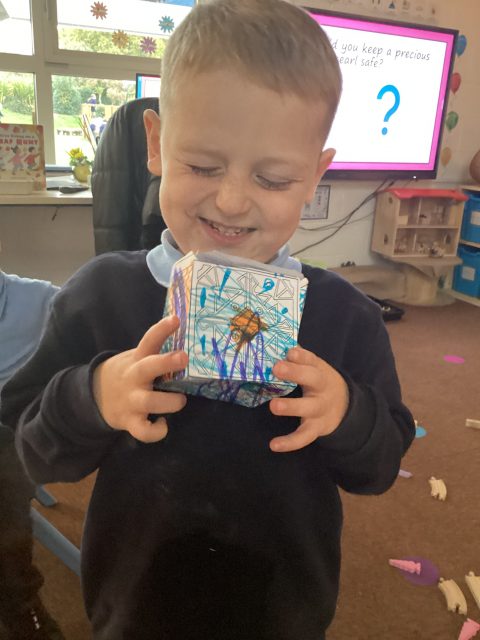
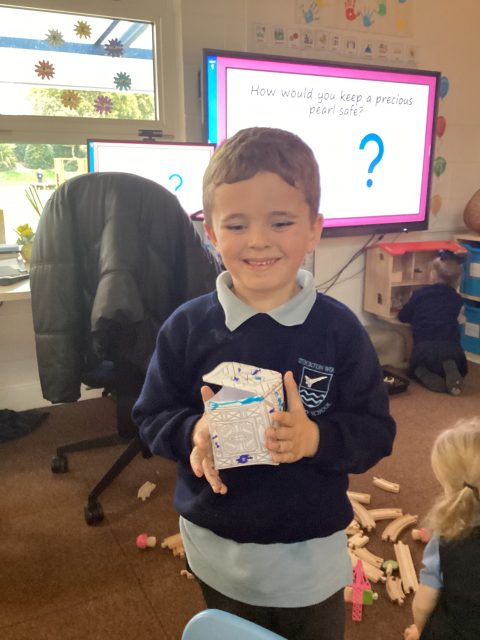
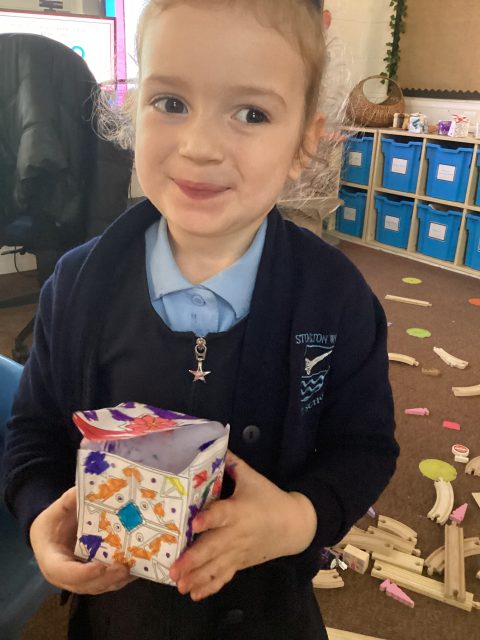
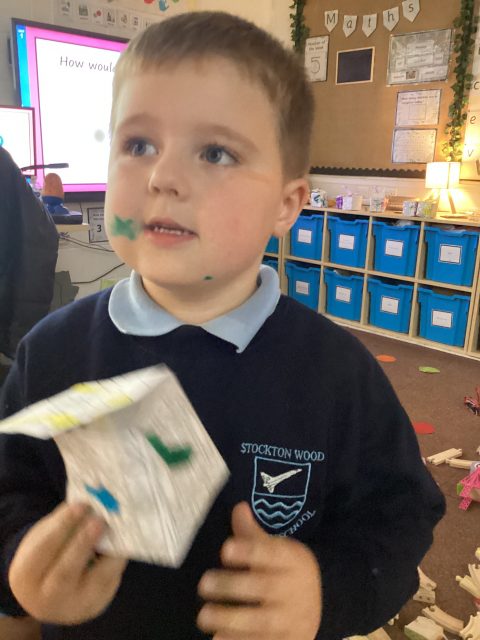
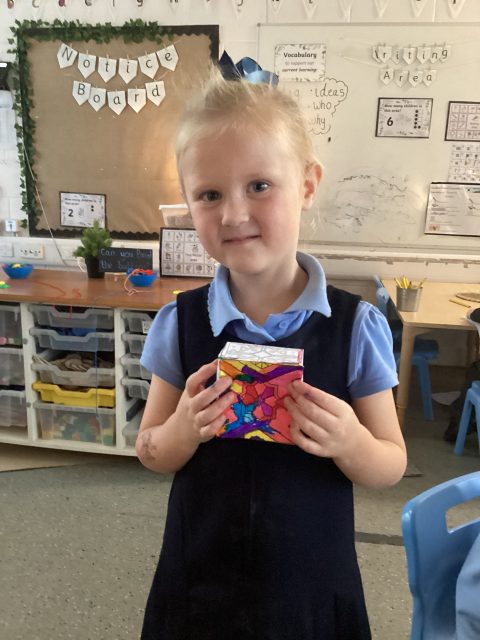
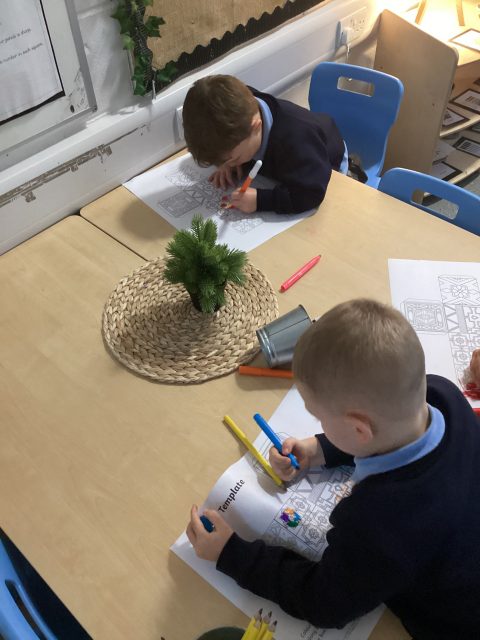
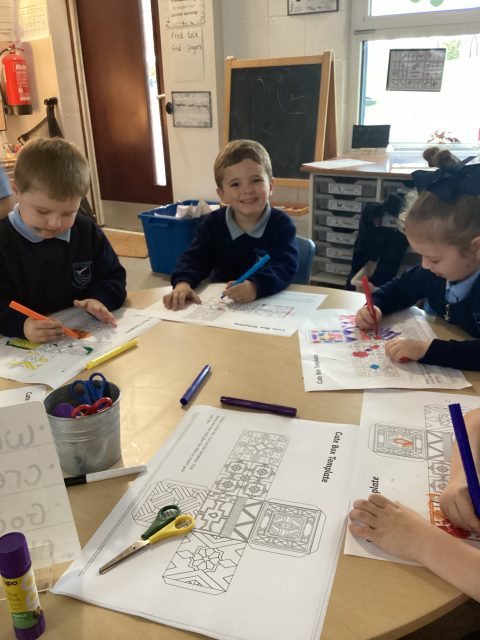
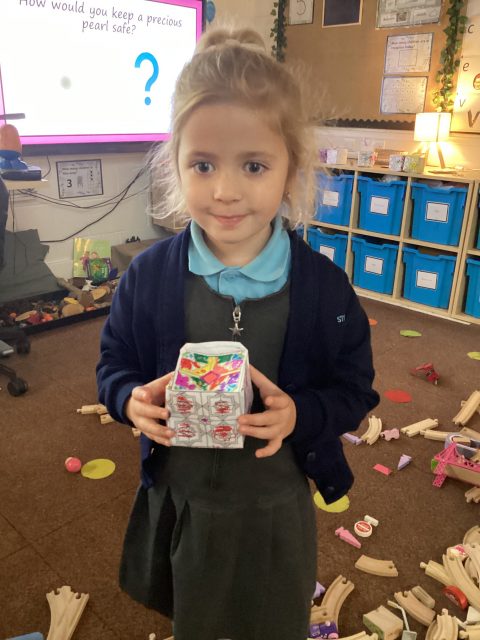
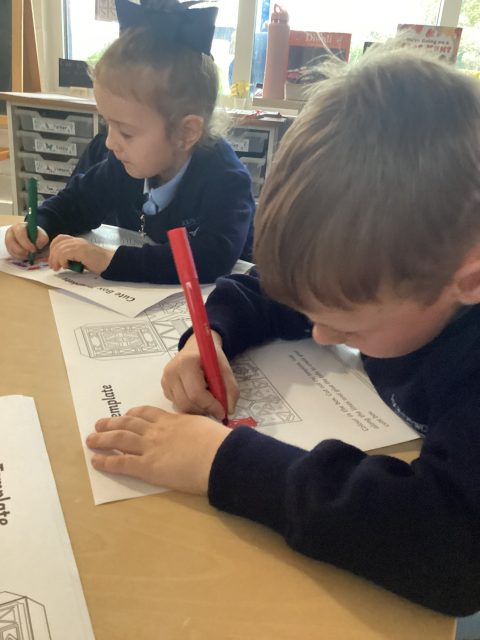
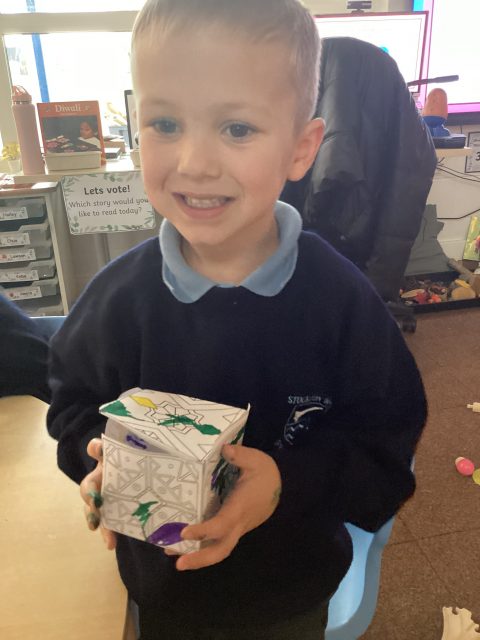
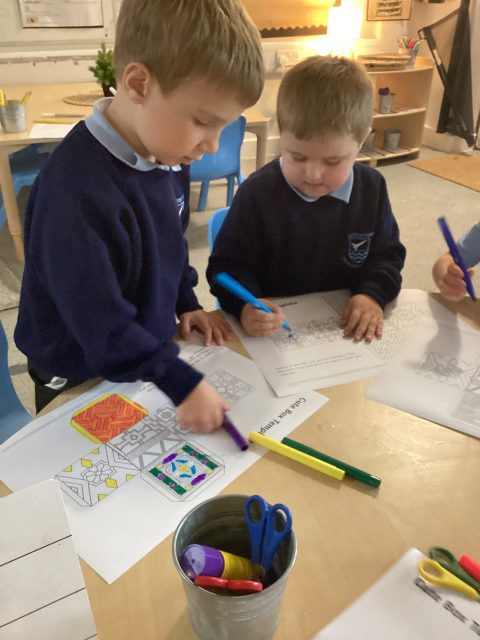
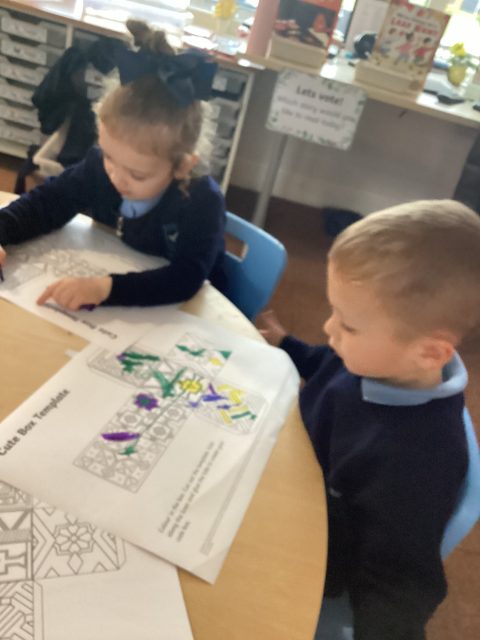
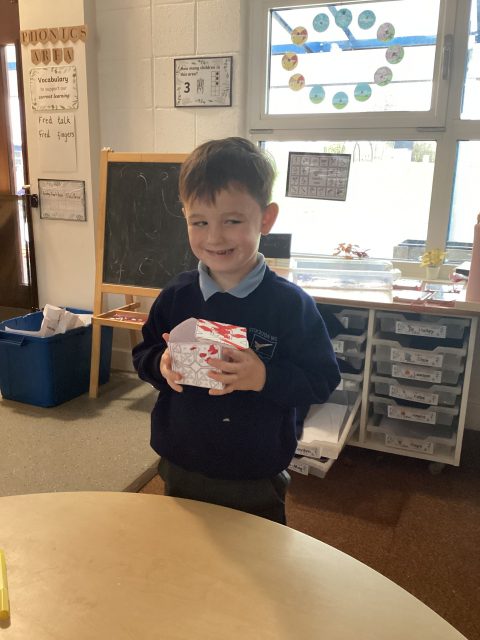
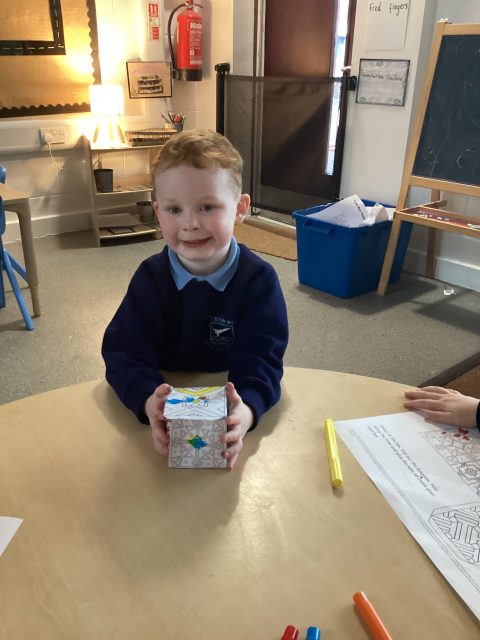
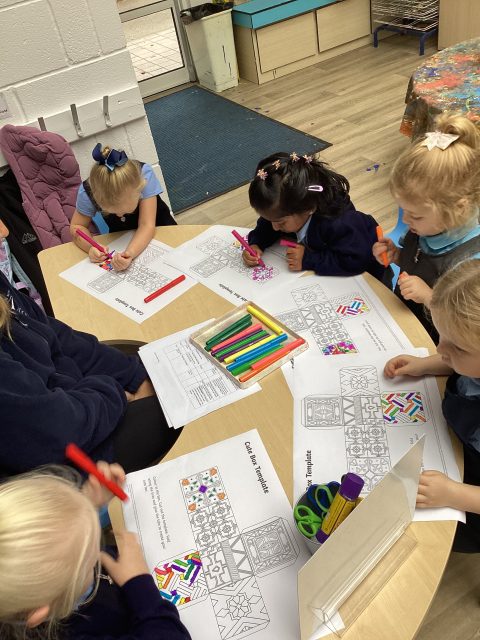
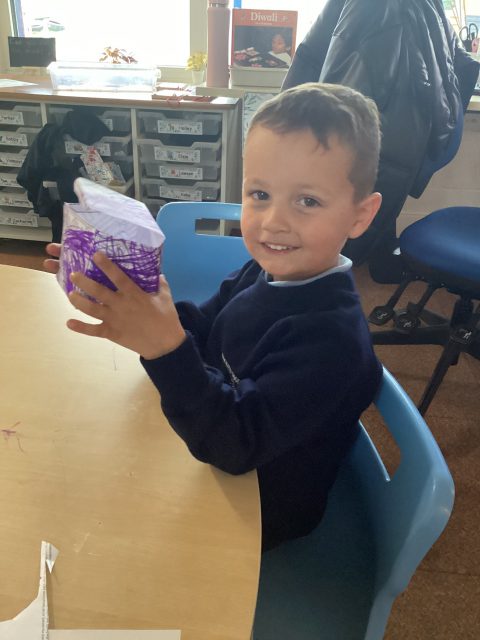
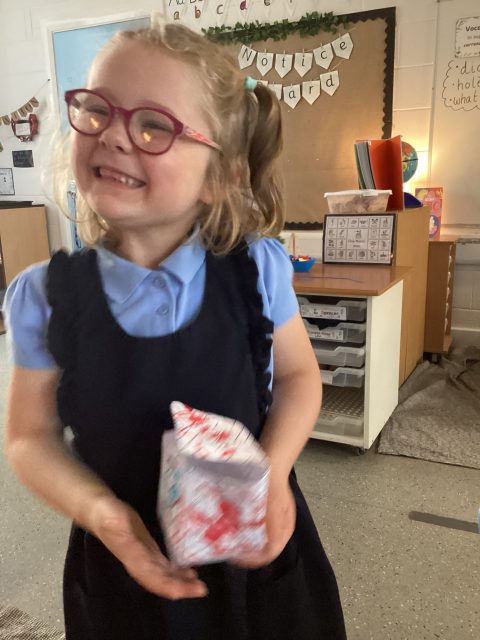
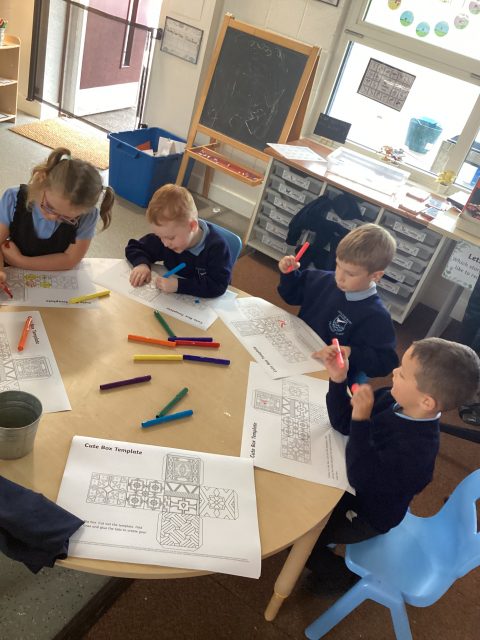

Diwali – Rangoli Patterns
We have been learning about the festival of Diwali! The children independently made some of their own Rangoli patterns on the carpet using our magnetic shapes 🥰
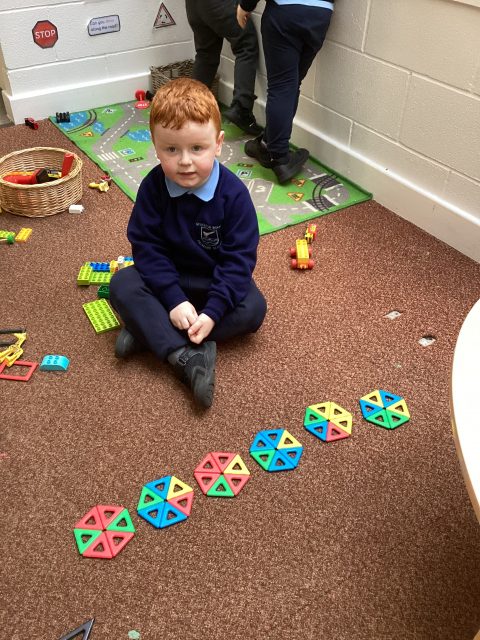
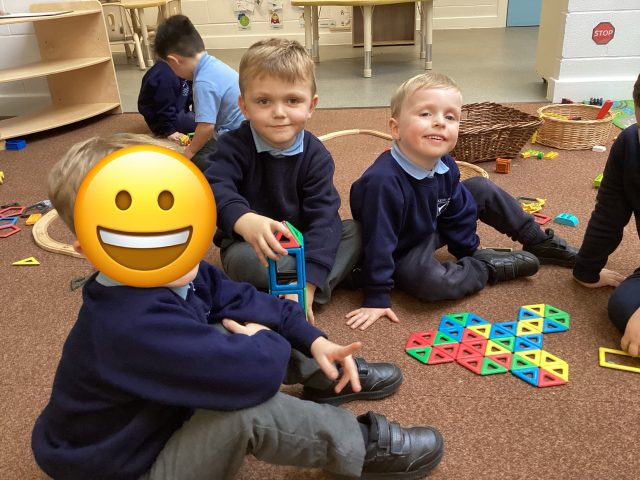

Harvest Festival 🌾
In Reception, we’ve been learning all about Harvest and where our food comes from. We discovered that scarecrows are used to help protect the crops while they’re growing. We had lots of fun exploring this theme and even made our very own scarecrows! It was a great hands-on activity that helped us understand how important Harvest time is for farmers and the food we eat.
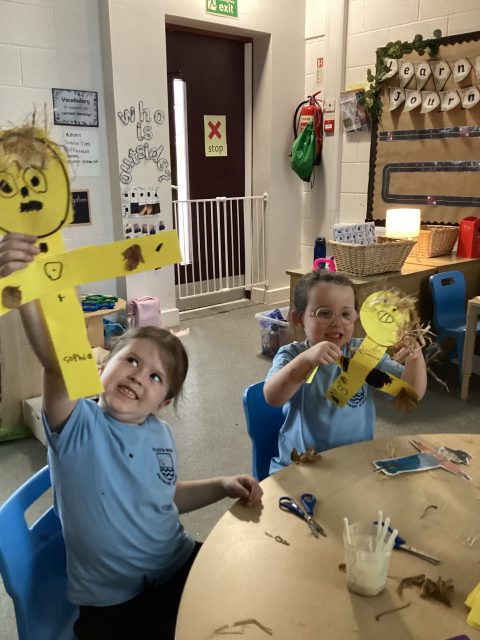
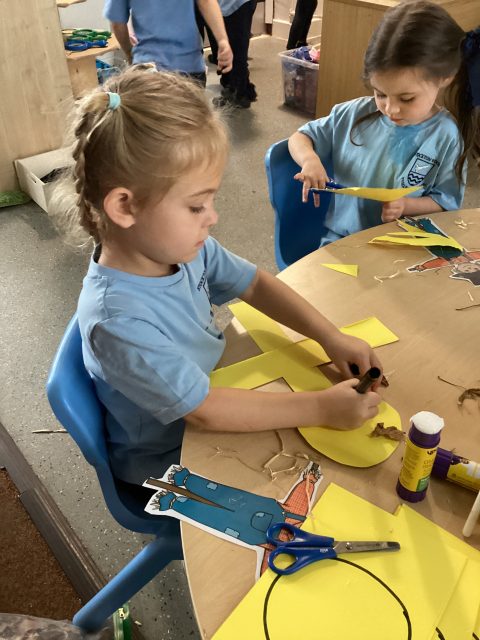
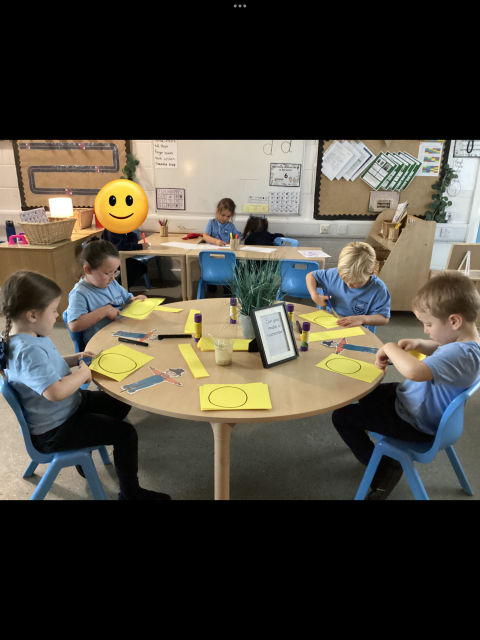
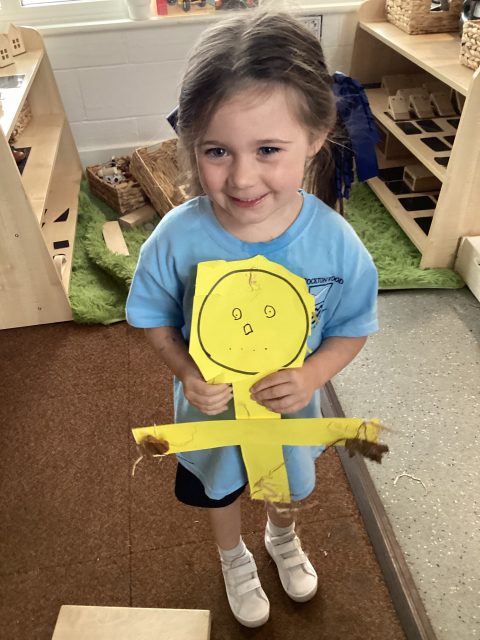
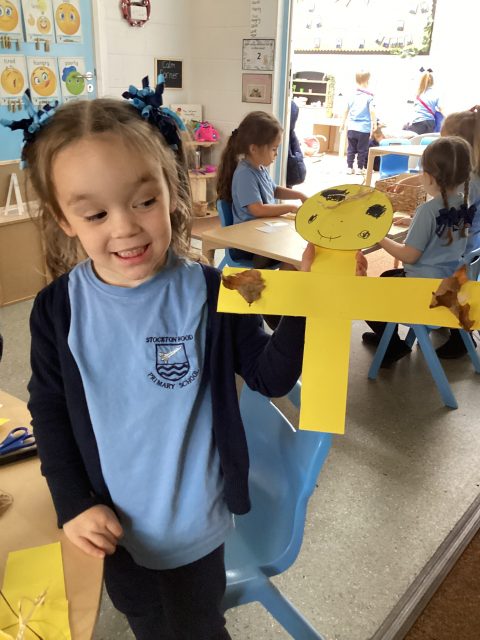
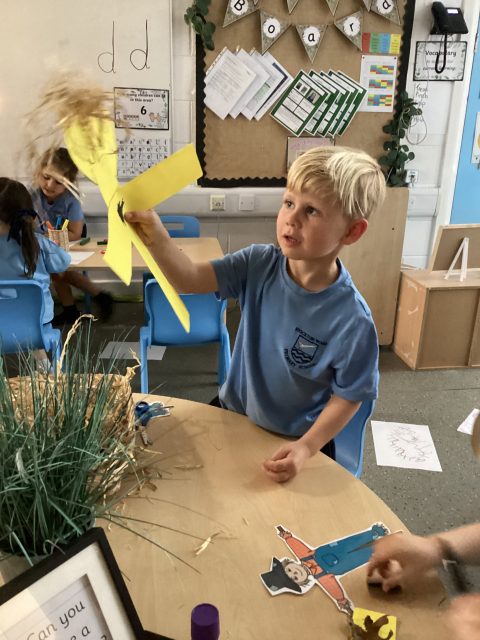
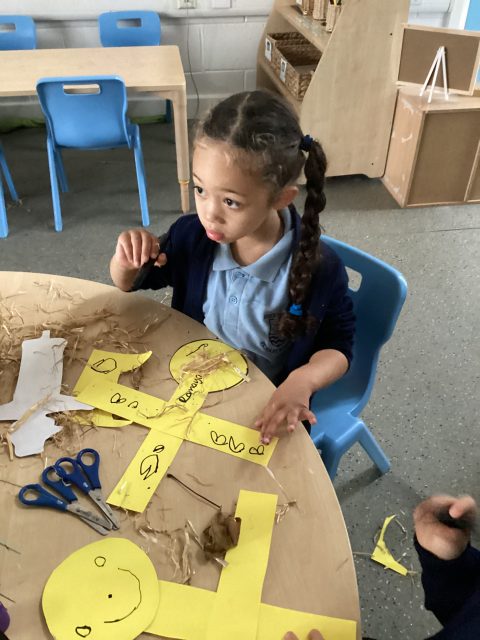
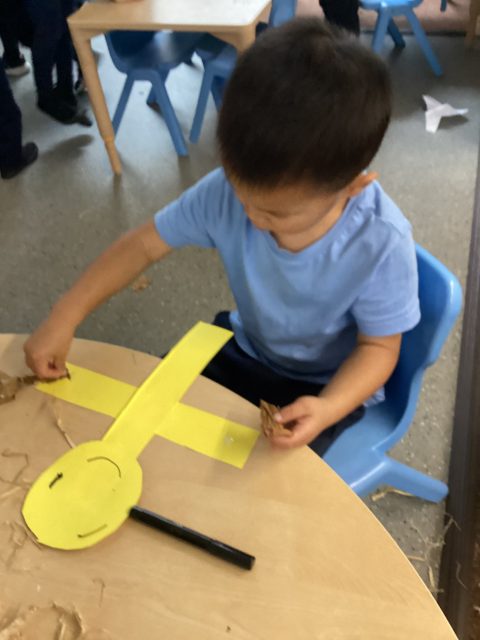
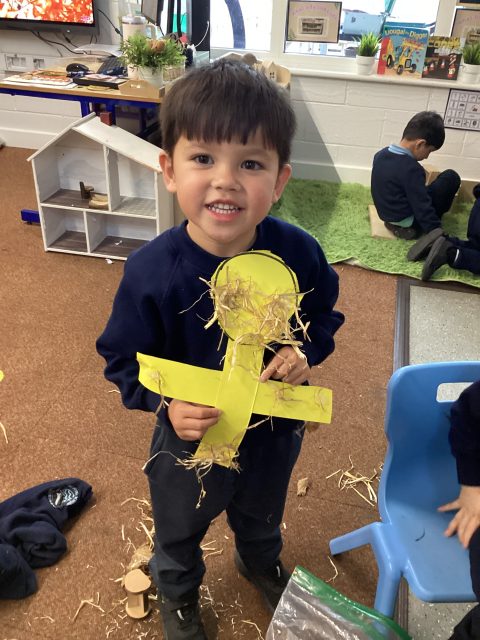
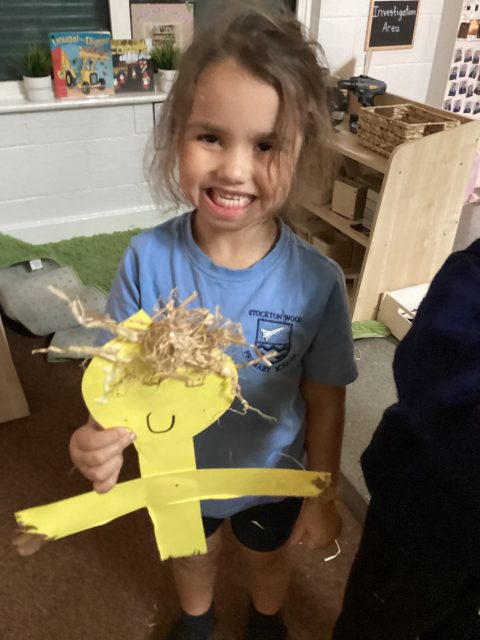
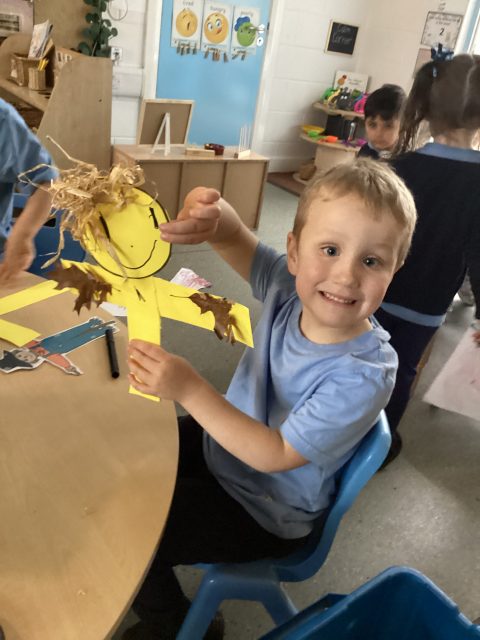
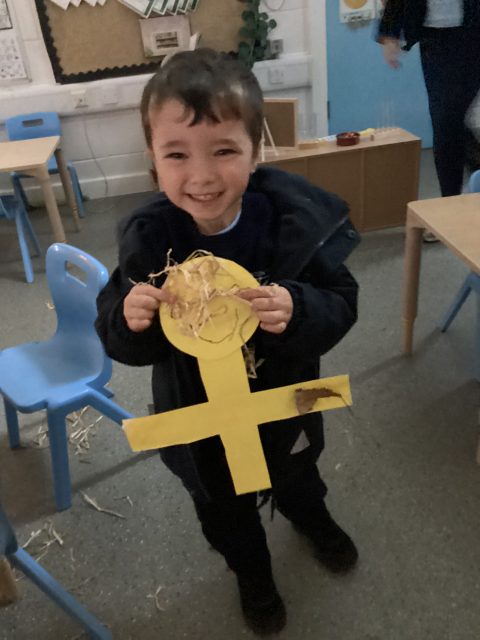

Year 2 R.E
This week we learned the story of Matthew being forgiven by Jesus. To show the importance of forgiveness we acted out forgiving our friends.
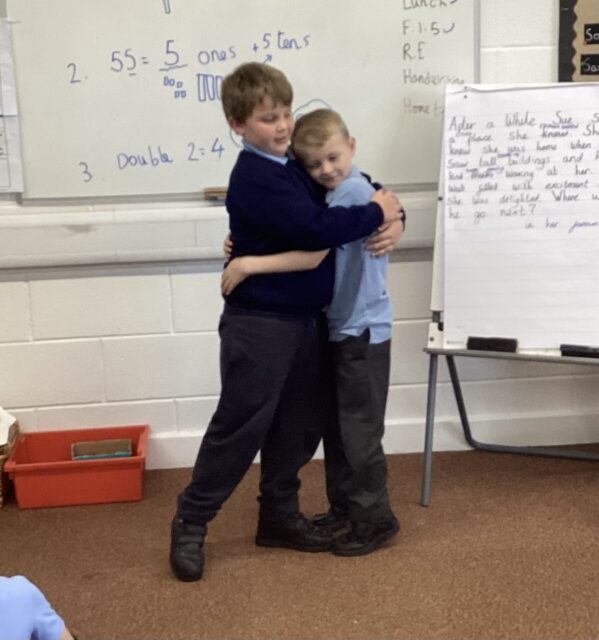
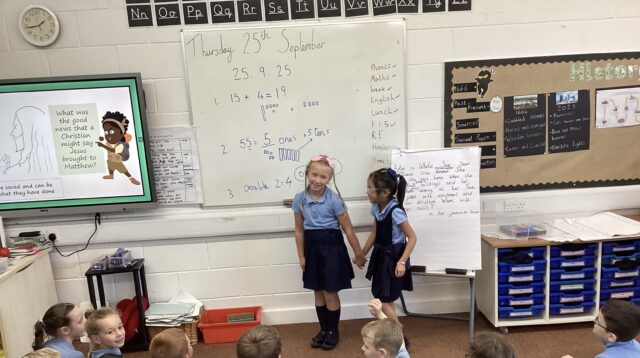

Harvest Festival
In RE, reception explored the Christian Harvest Festival. We explored the foods that are included in the festival. We discussed the season Autumn and the crops and foods that grow during this time.
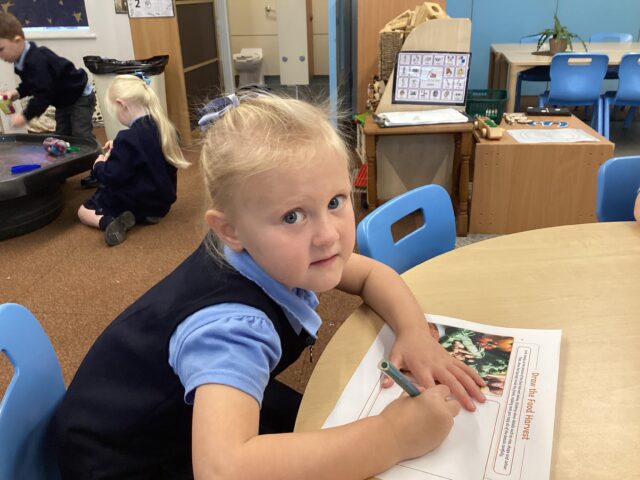
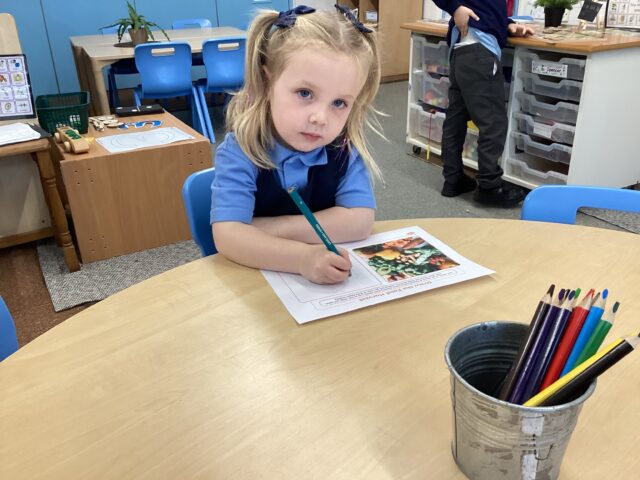
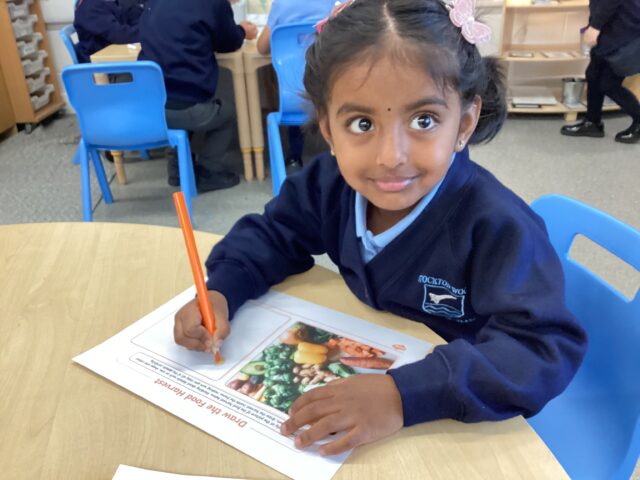
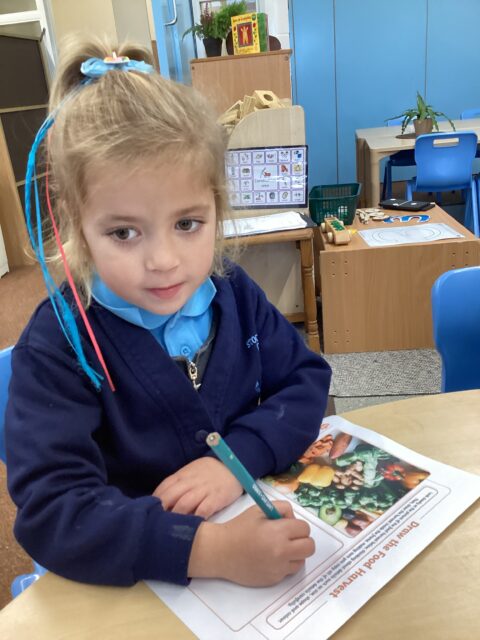
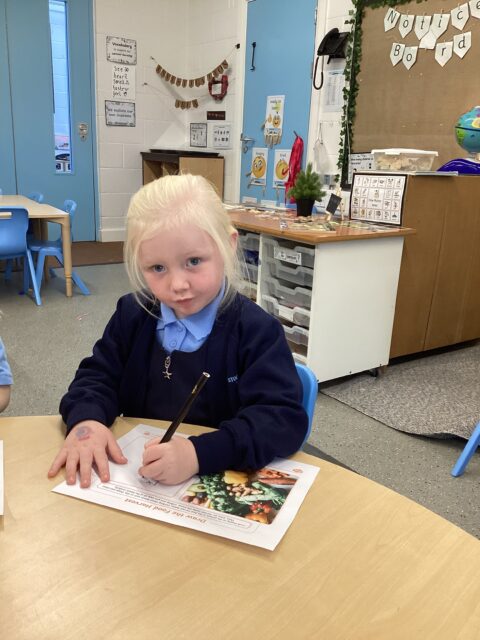
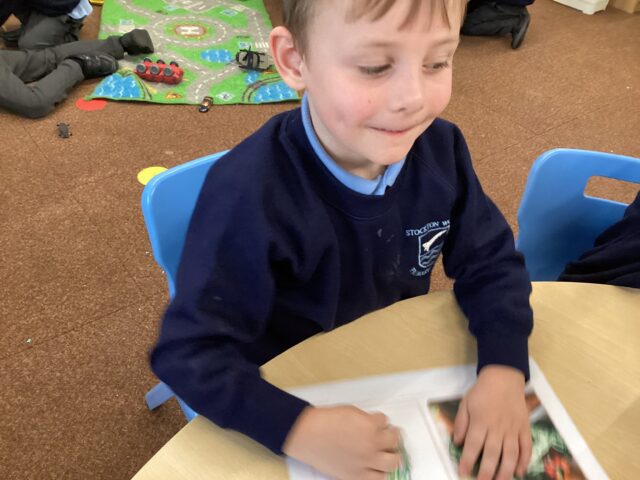
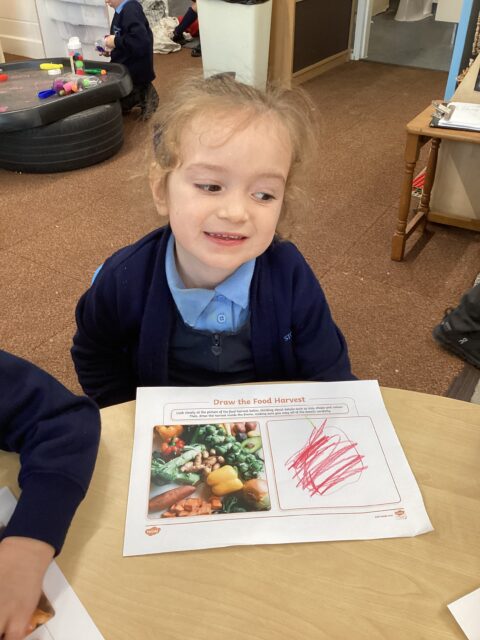
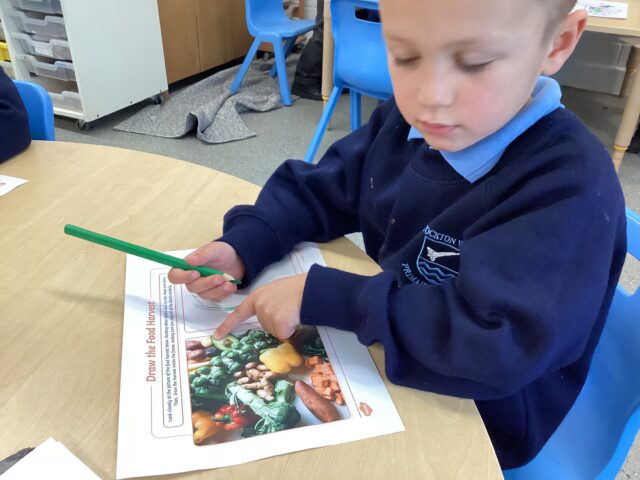
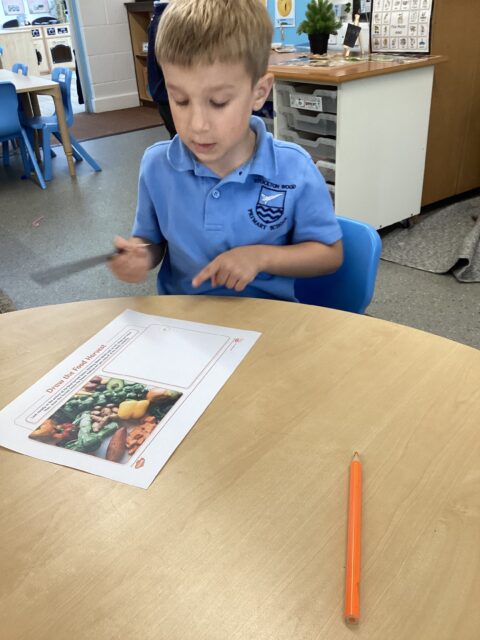
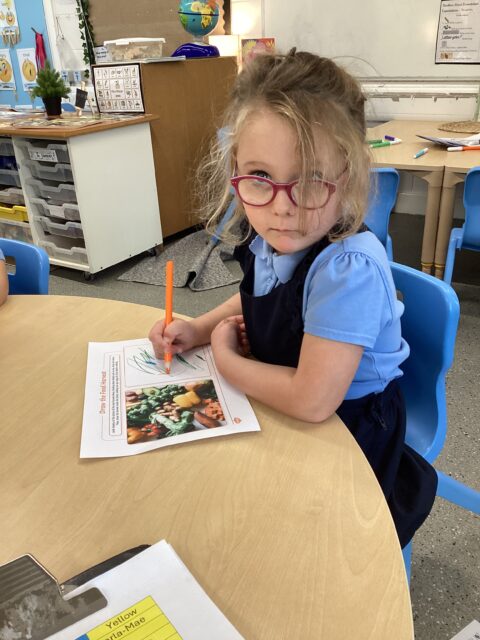
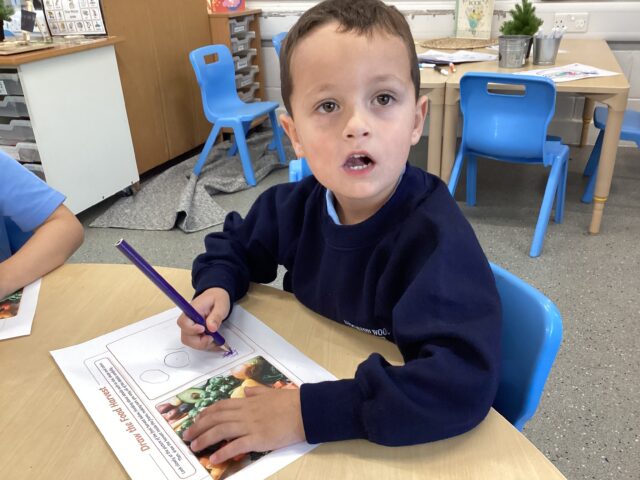
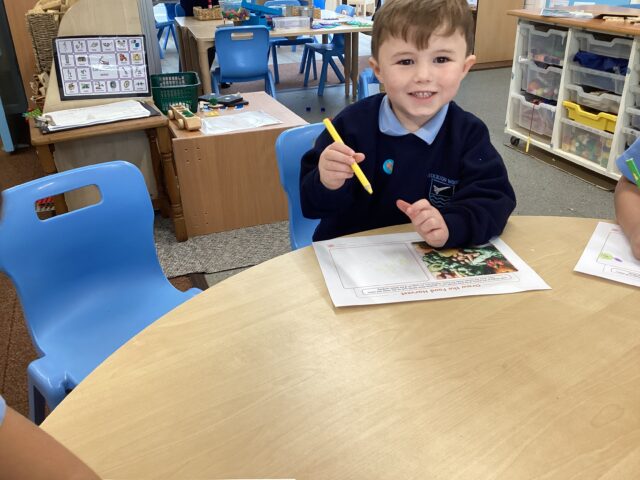
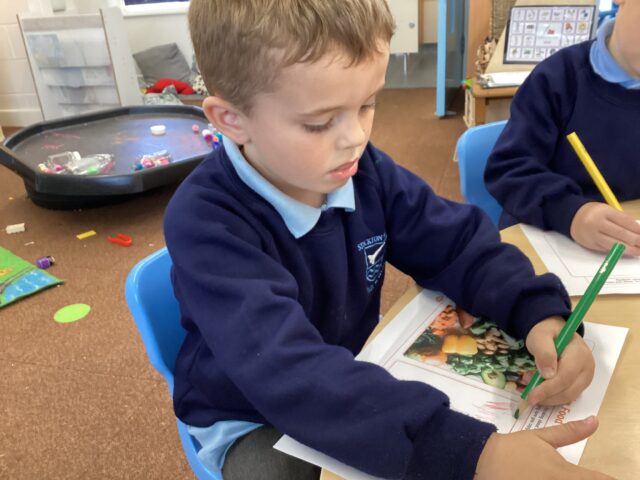
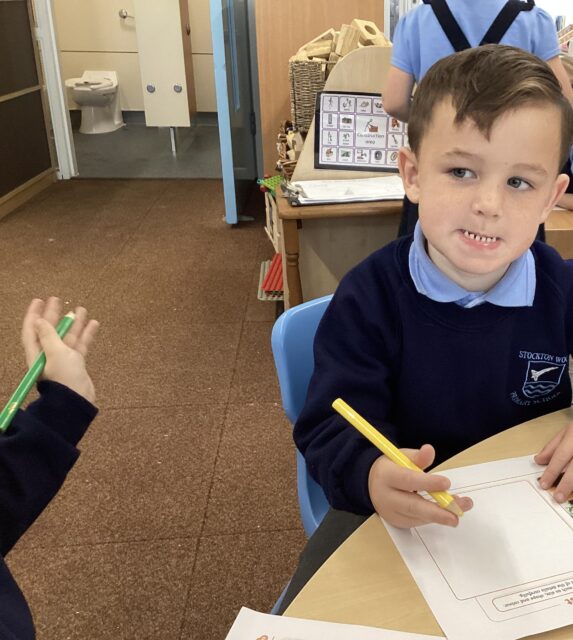
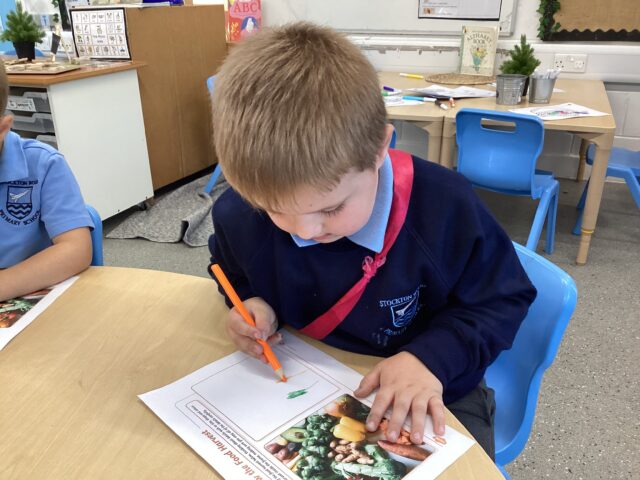

RE- The Creation Story
The children have explored the Christian creation story. They created their very own jellyfish 🪼 and discussed why the creation story is important to Christians. We used scissors to cut out our jellyfish and glue to stick the tentacles on!
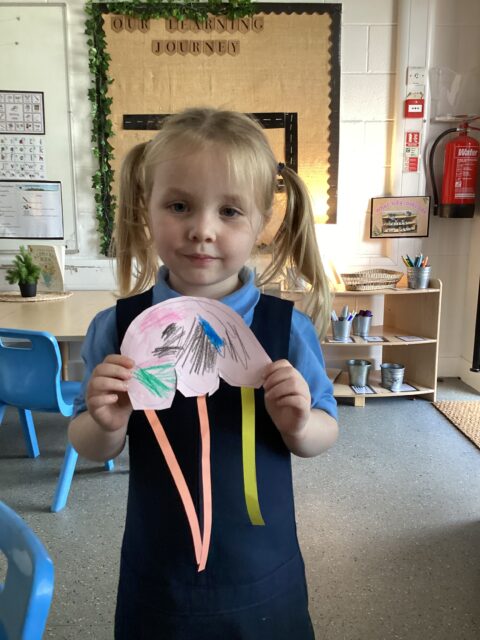
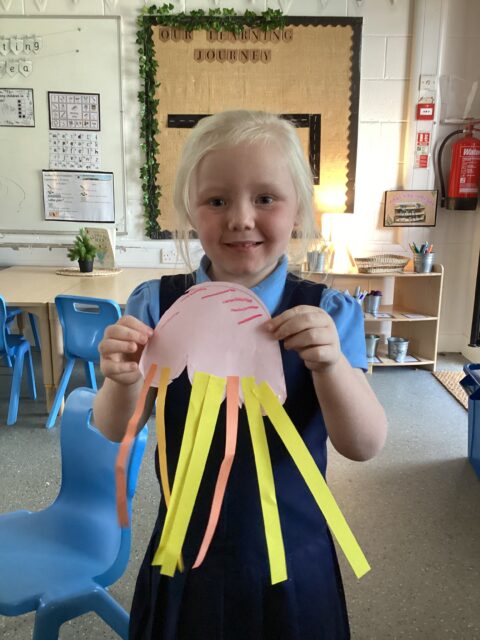
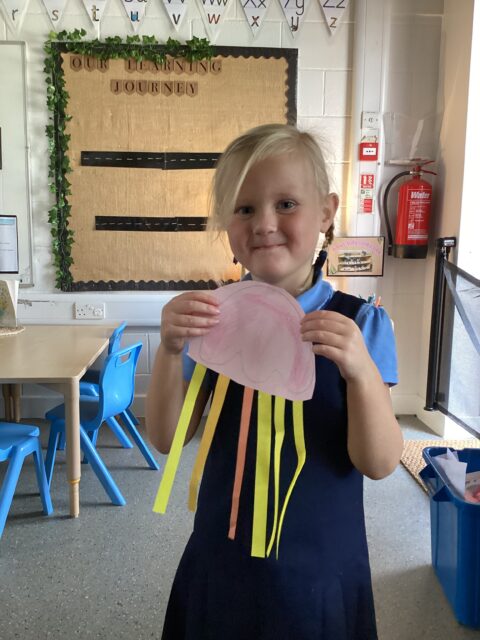
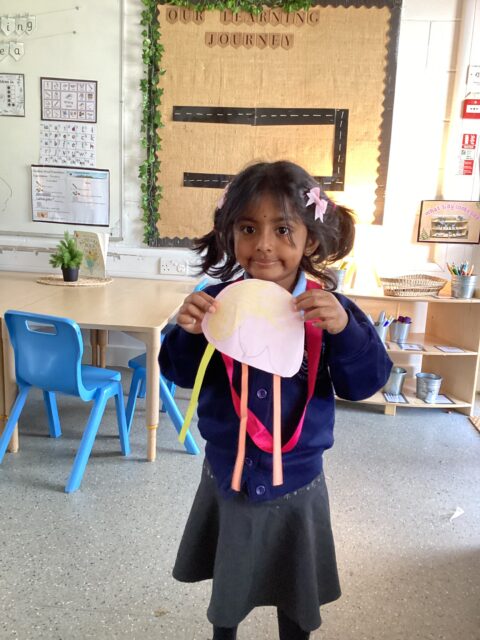
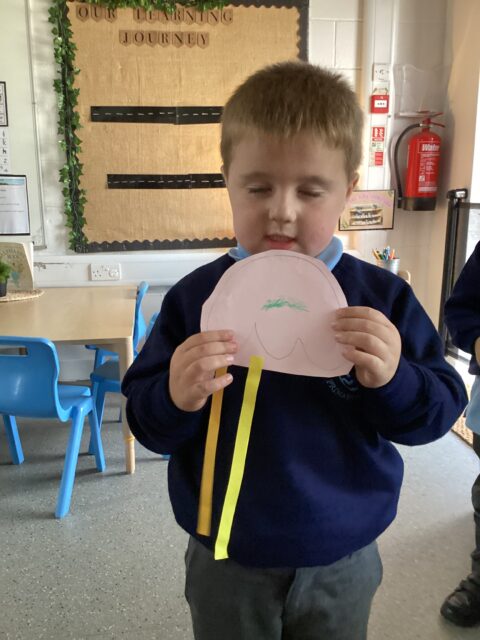
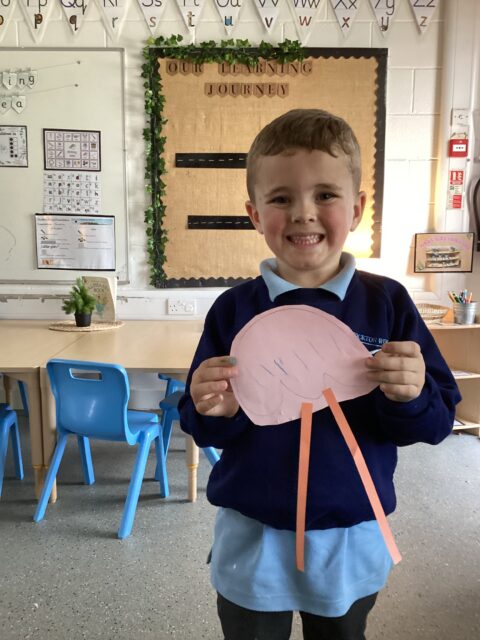
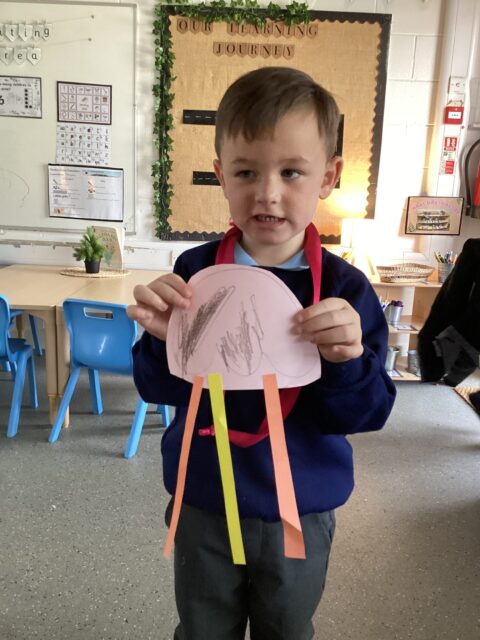
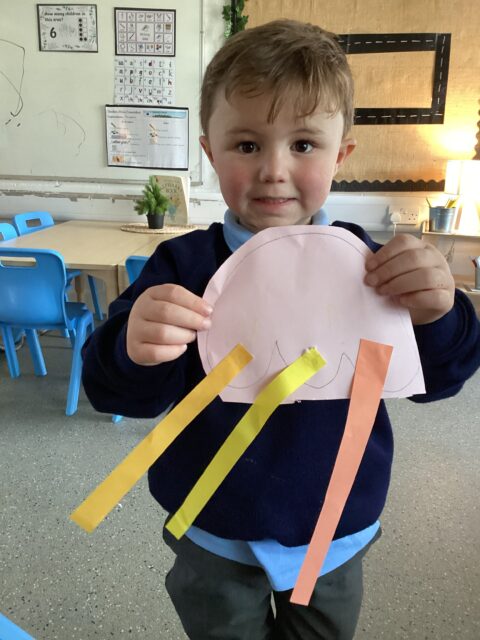
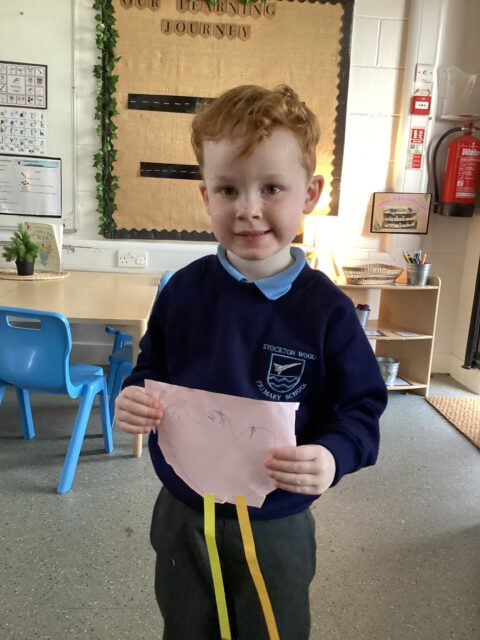
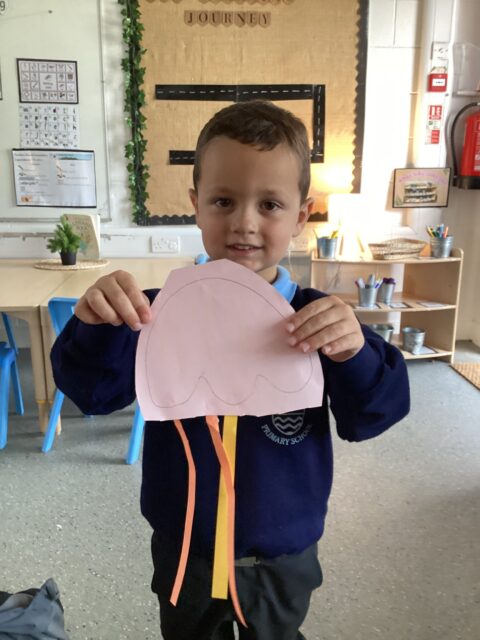
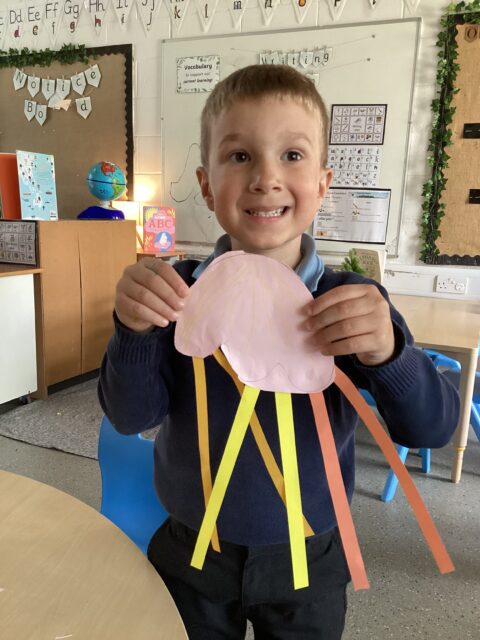
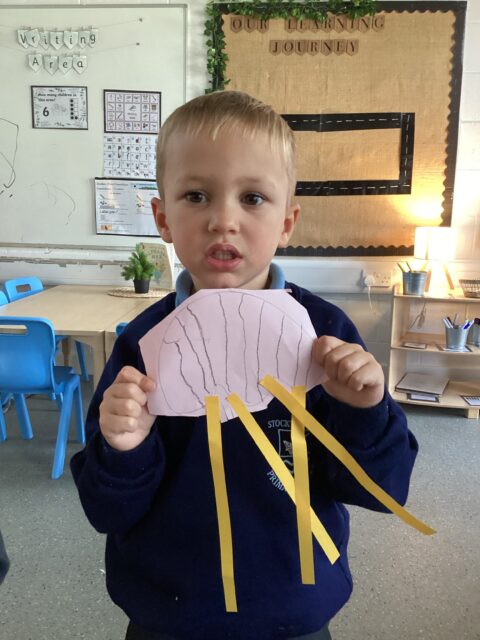
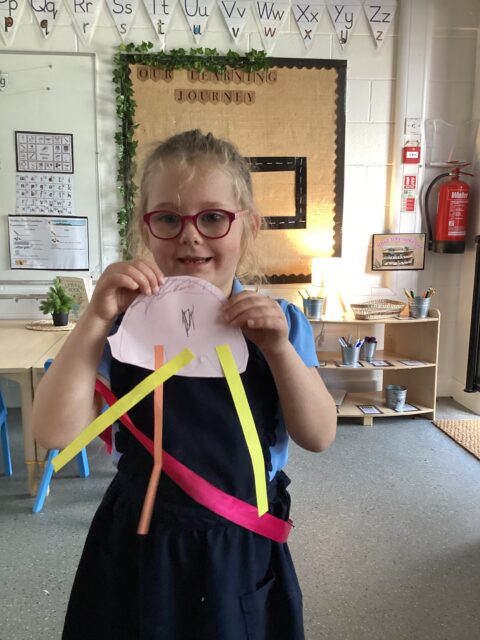
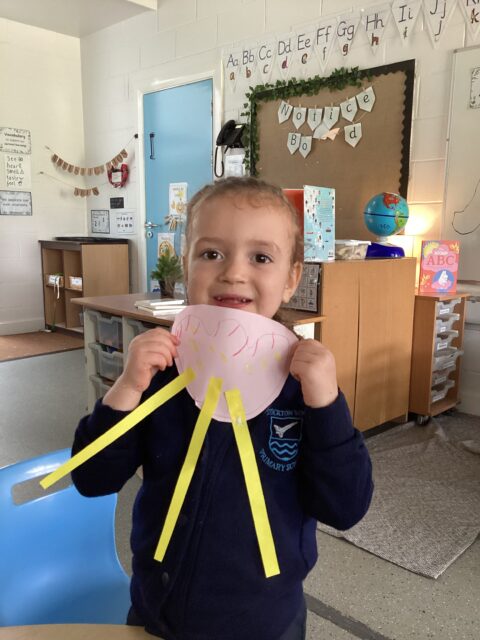
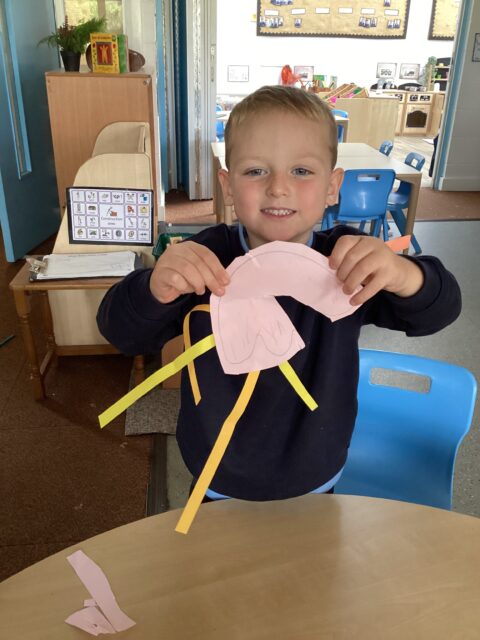
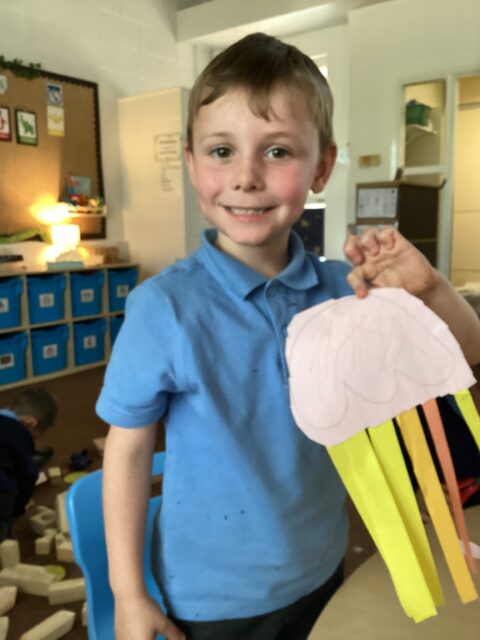
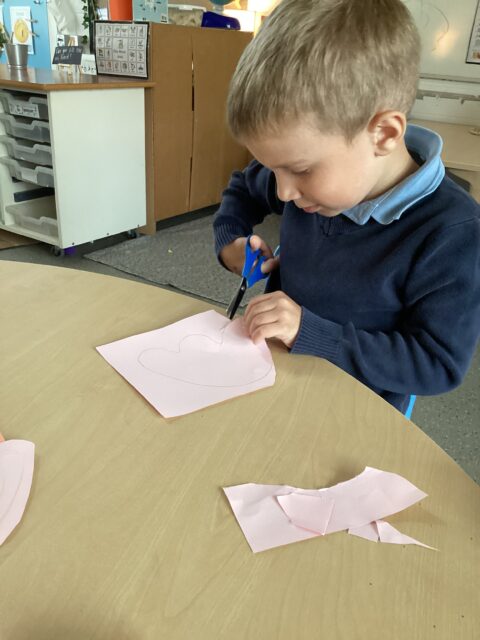



Y2 RE
This week we have been learning about kindness and gratitude in RE. We wanted to say a special thank you to people who help us in school every day! We made cards and hand delivered them.
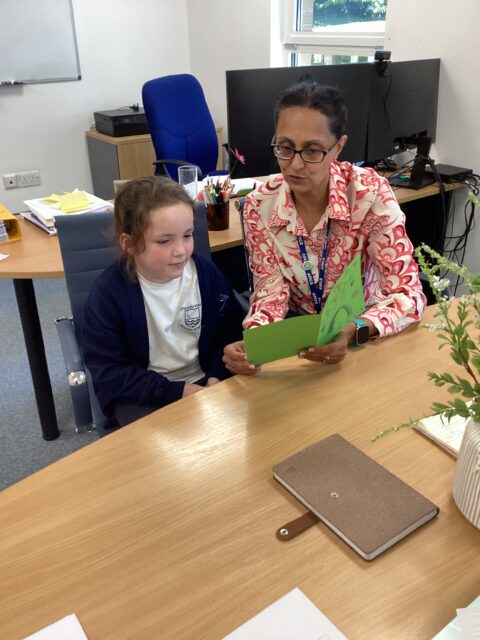
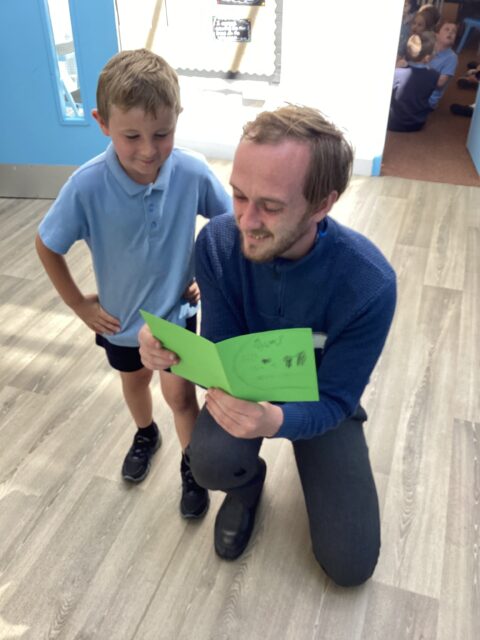
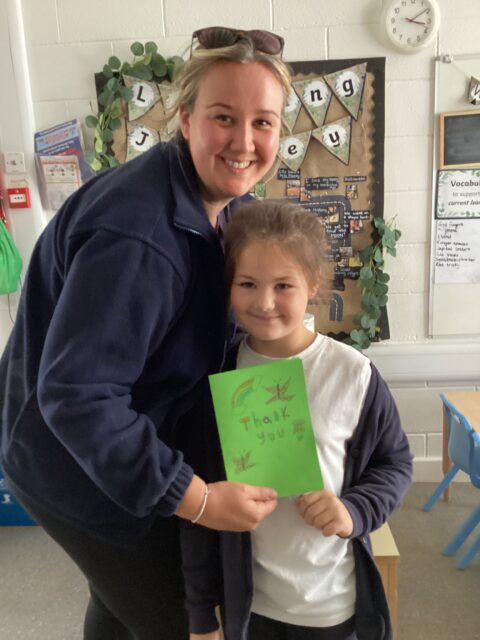
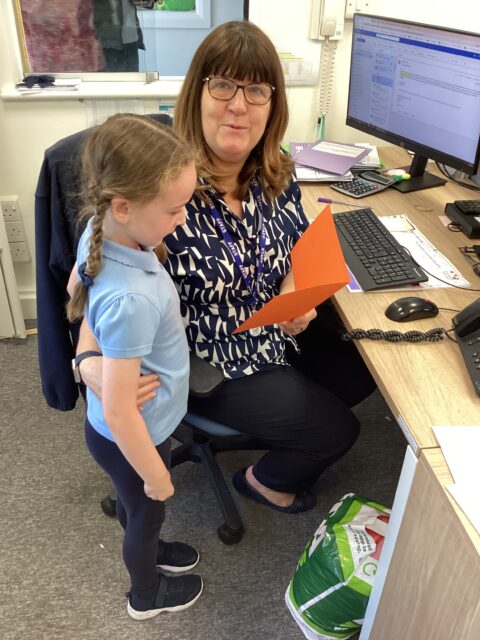
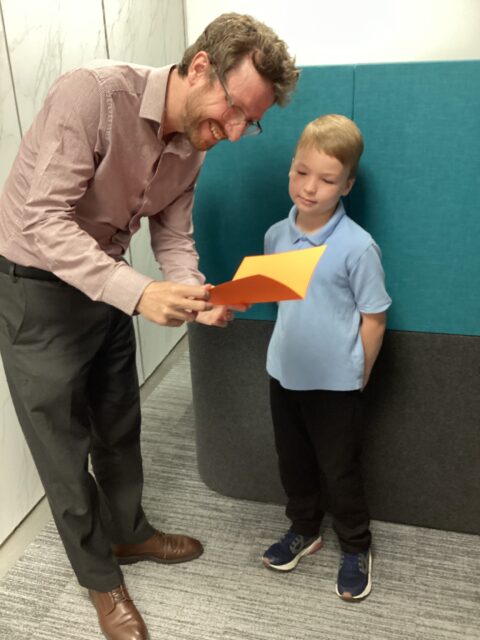
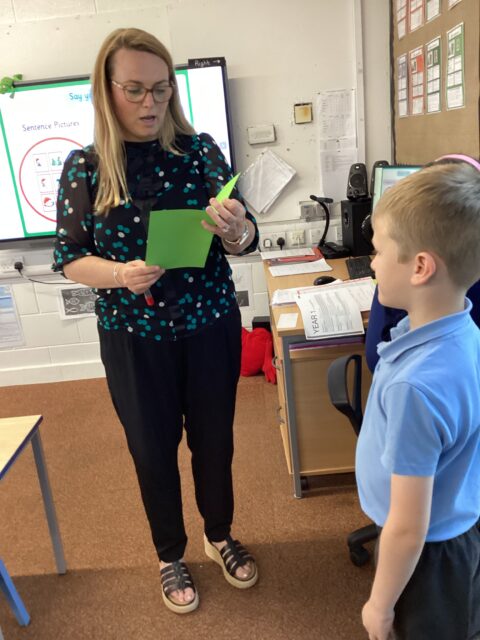
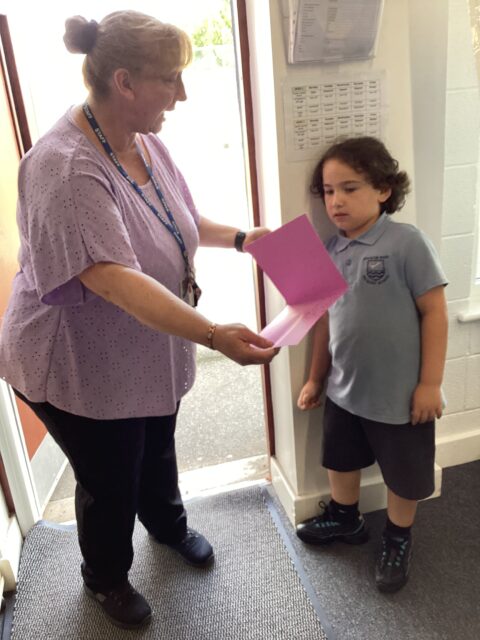
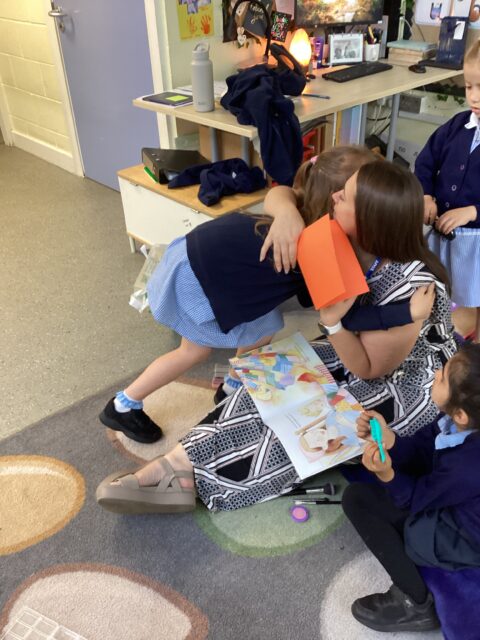

Year One – Big Friday Quiz
Wonderful retrieval of prior learning in our Big Friday Quiz today. Well done everyone! Our winning team scored full marks!


Eid 🌙
This week we have learnt all about. We have lots of new knowledge and we even made our own moon and star for Eid. ⭐️🌙






HINDU VISITOR
Year 4 had a lovely afternoon with a visit from a local Hindu. We learnt what life is like as a British Hindu and even got to practise some yoga.





Have a fun Easter Break!
5M had a lovely afternoon after working so hard all morning 🥳🤩


Church Visit
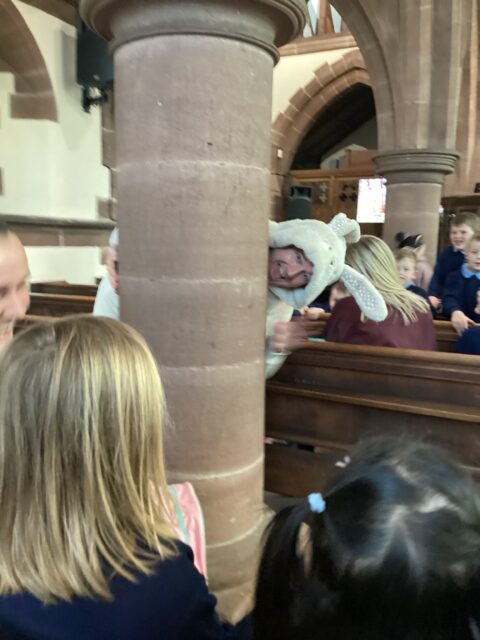
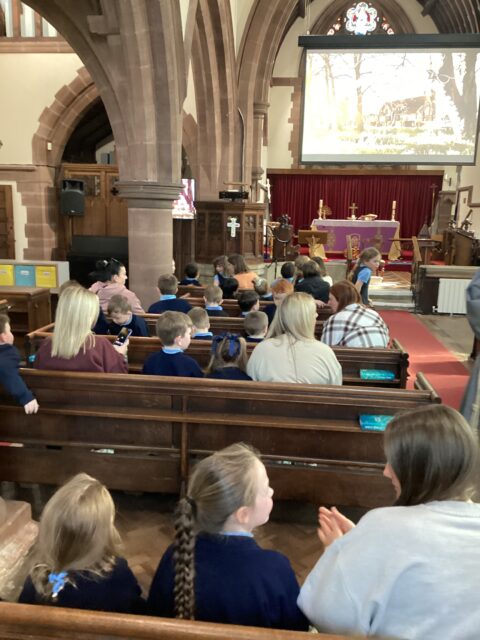
What a fabulous afternoon in All Saints Church learning all about Easter
2.16K
Eid Al Fitr
Year 3 enjoyed celebrating Eid by designing their own plates using geometric patterns. The plate symbolised the lovely food that would be shared and the design represented Islamic art patterns.




Eid Al Fitr
Today, we looked at the Islamic festival of Eid. We had lots of discussion about the celebration and the type of Islamic art we might see at this time. We, then, had a go at creating our own Islamic patterns.
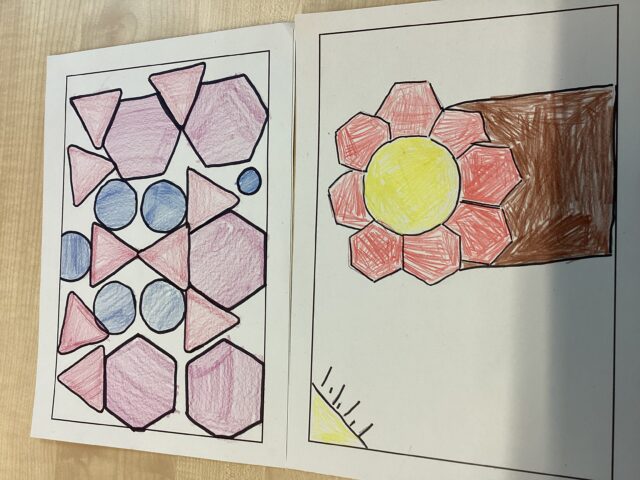
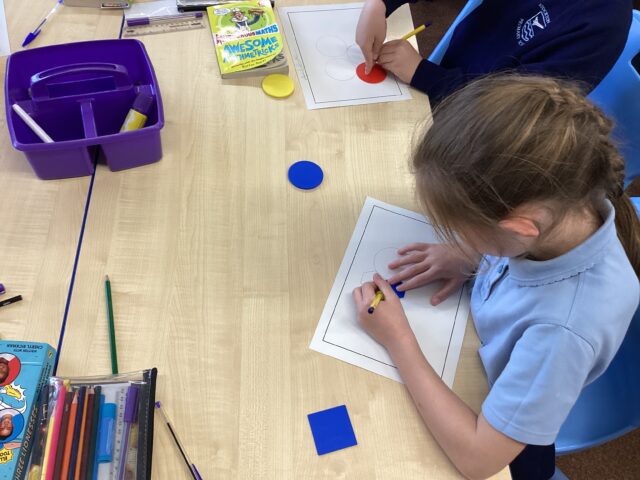

Year One – Religious Education
We have thoroughly enjoyed learning all about the festival of ‘Eid Mubarak’ and have made special cards.


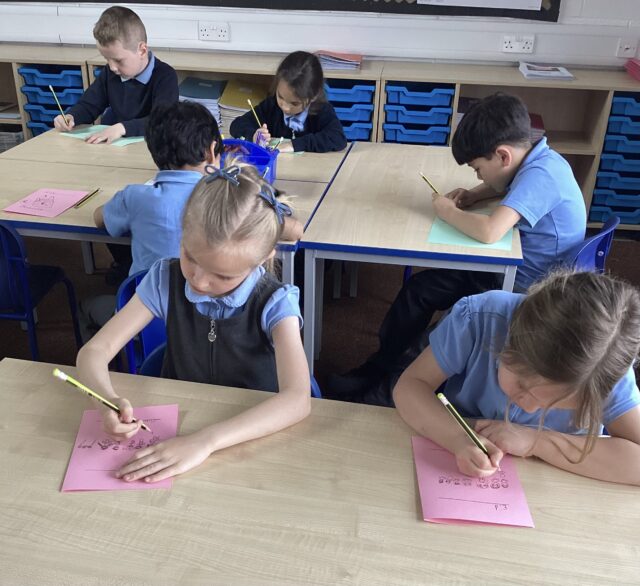

Eid Al Fitr
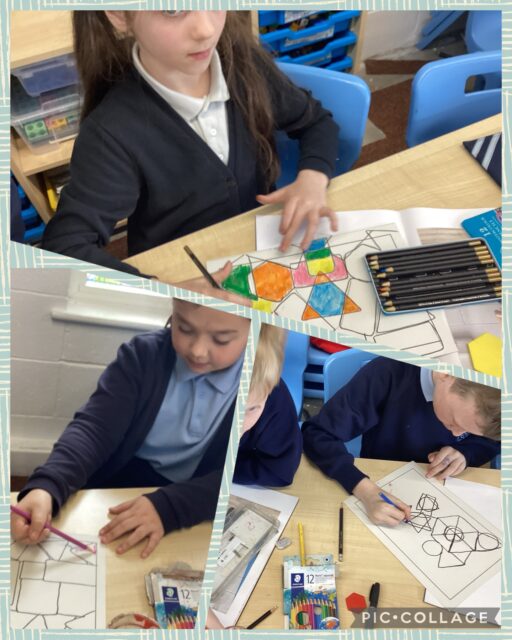
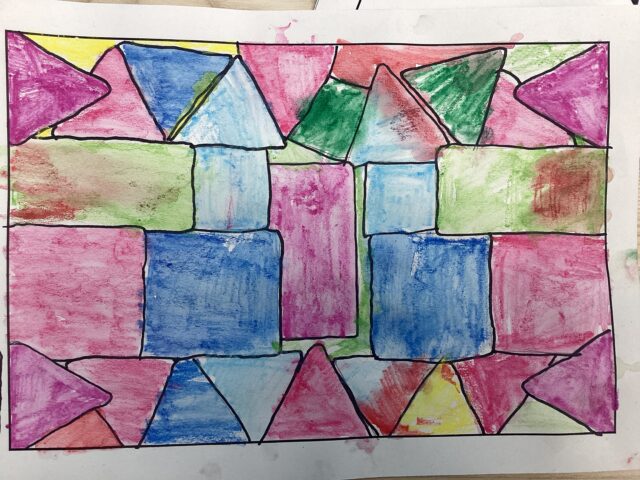
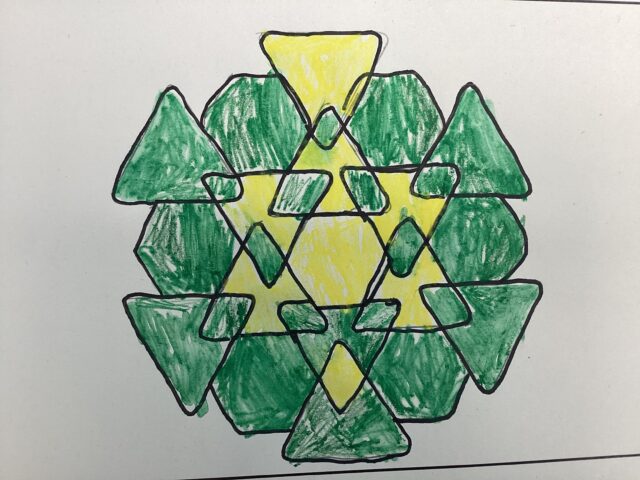
Today we discussed the Islamic celebration of Eid Al Fitr. Then, we looked aT and discussed Islamic art. Finally we created our own work inspired by Islamic Art.
1.05K
Year One – Religious Education
Good role-play and retelling of The Last Supper. We now know that this is a special meal for Christians to remember Jesus.
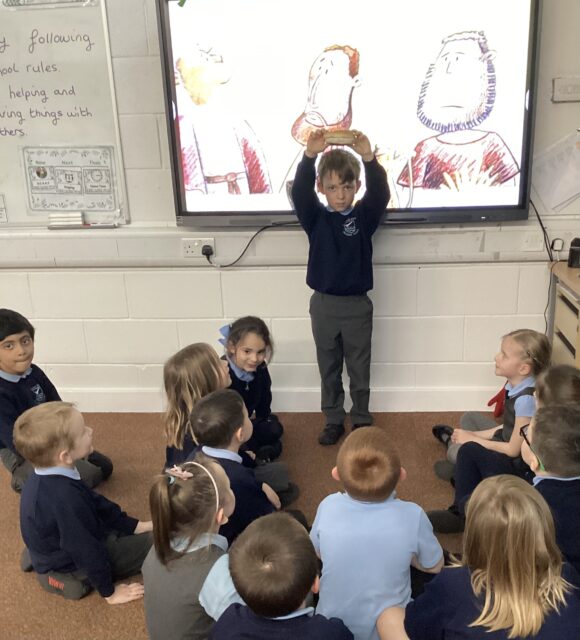
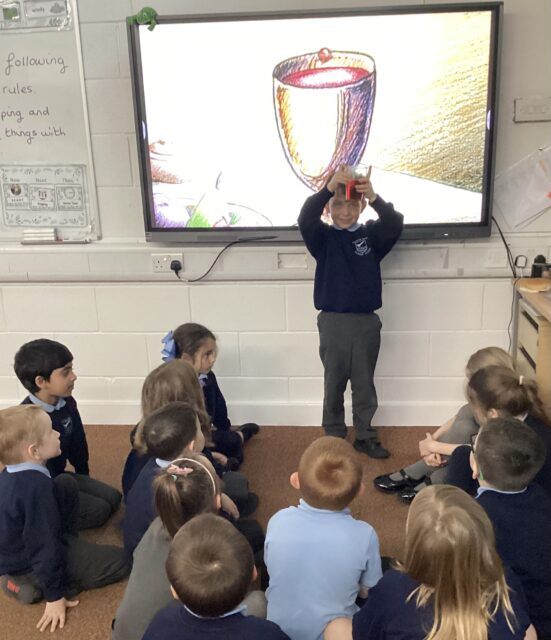

Assembly
Year 3 loved learning about Ramadan and Eid in todays assembly. We learnt about how Muslims fast during daylight hours, meaning they are not allowed to eat or drink anything. They do this for 30 days and it reminds them of people who are less fortunate than themselves. Once the 30 days are over, they celebrate the end of Ramadan with Eid Al Fitr.
We are looking forward to our Eid themed lunch in school on Monday!


Year One – RE
We have been retelling the story of Palm Sunday and talking about why it is important to Christians. Look at our lovely Palm leaves.




Y2 RE
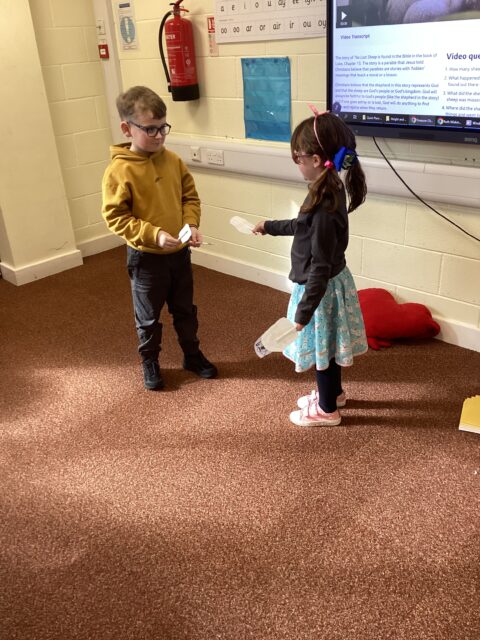

2D made puppets to tell the story of “The Lost Sheep”. Christian people believe that Jesus told this parable to give a message that people should care for others.
1.07K
R.E.
This half term Year 3 are learning about Religious Festivals. We started our topic by looking at different festivals and celebrations, some were religious and some were non-religious.
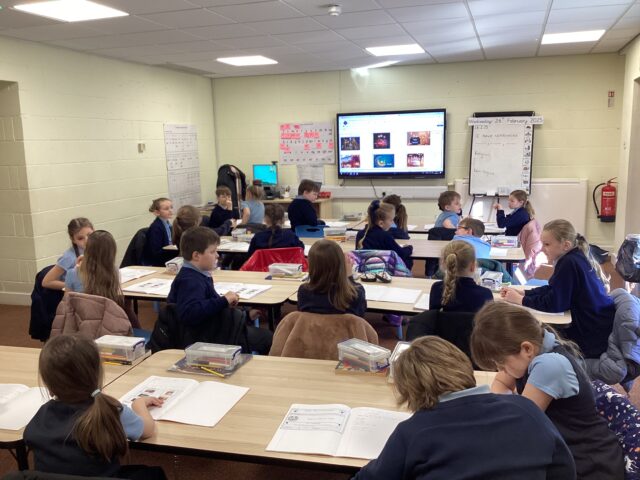

Sharing knowledge in RE!
One of our pupils gave a fantastic first-hand insight into the Muslim faith during a Q & A session today.
Such a valuable way for children to learn from each other and celebrate diversity!
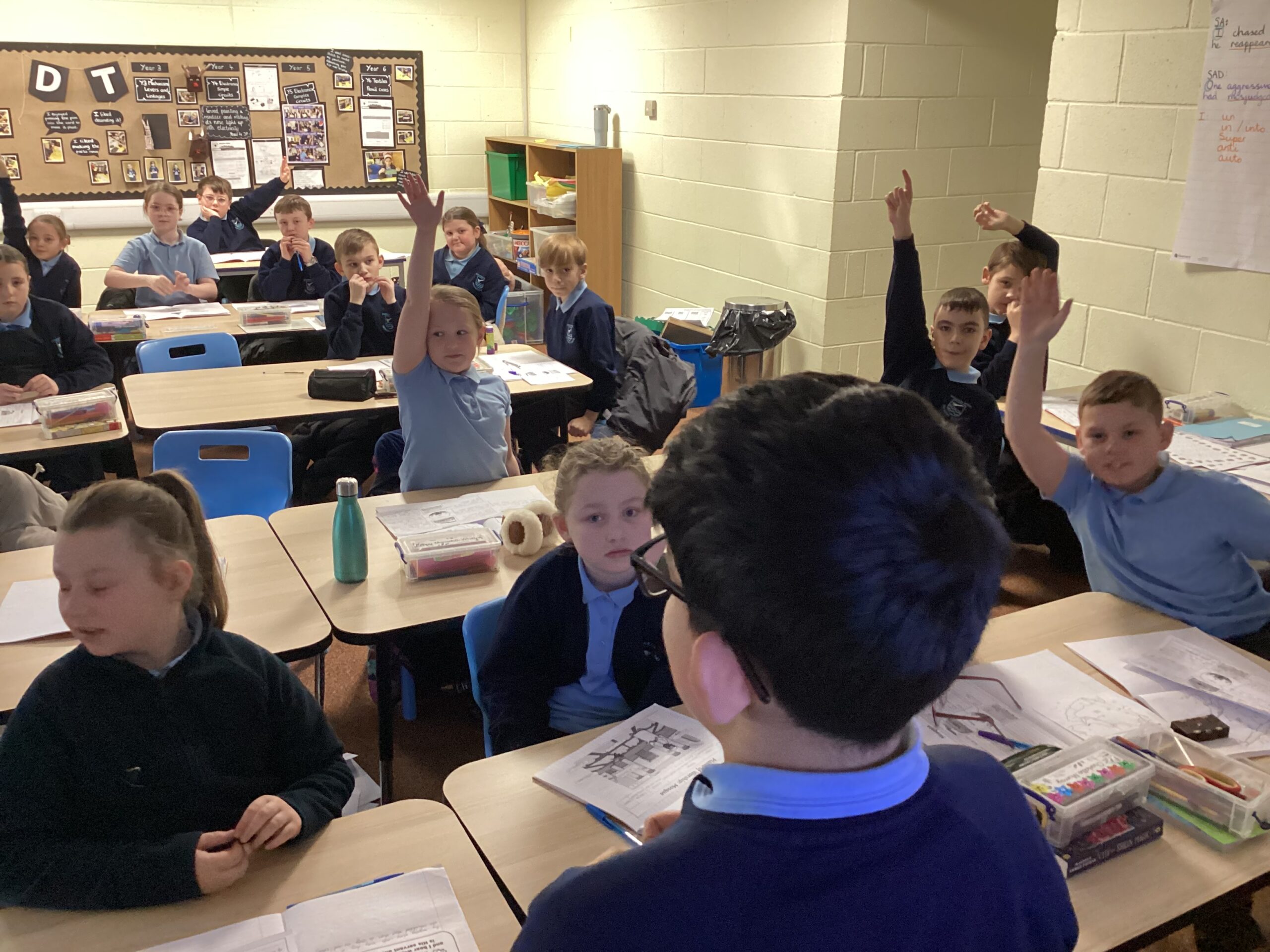

Cross-curricular learning!
Today, 5M used an atlas to locate the place that the Muslim faith was founded.

